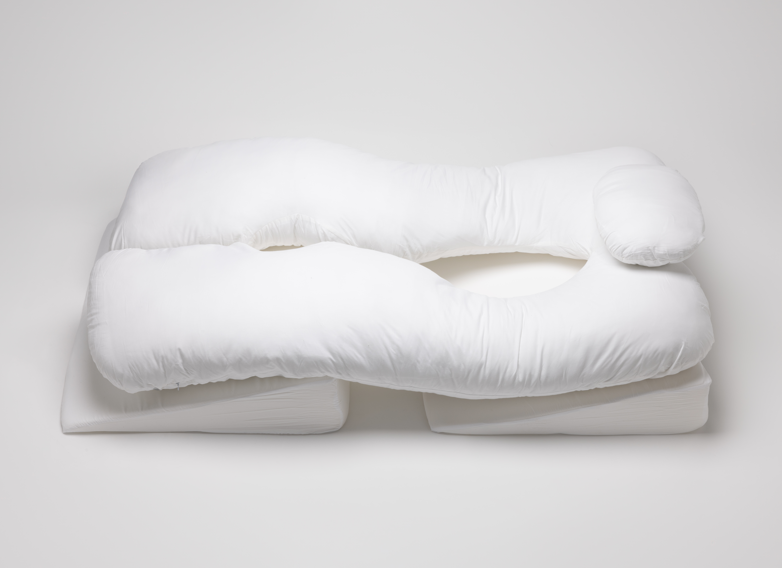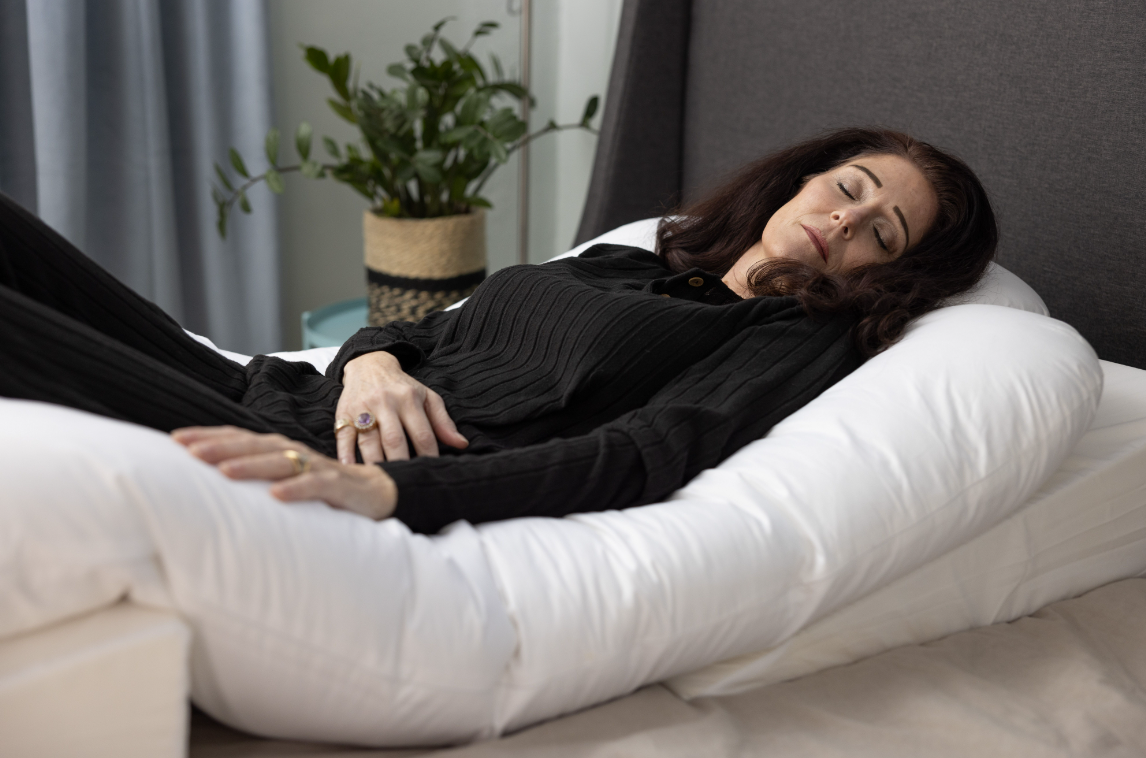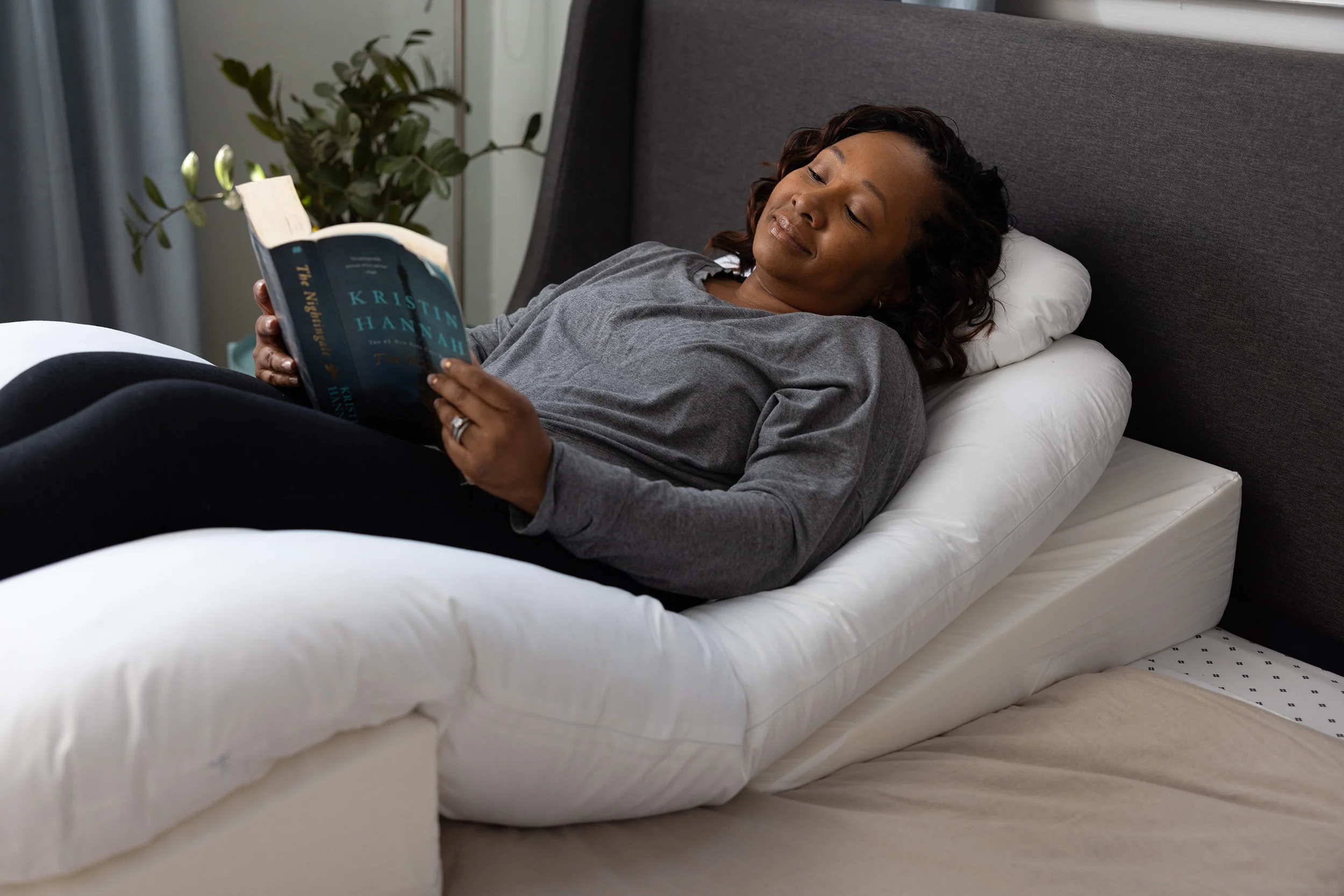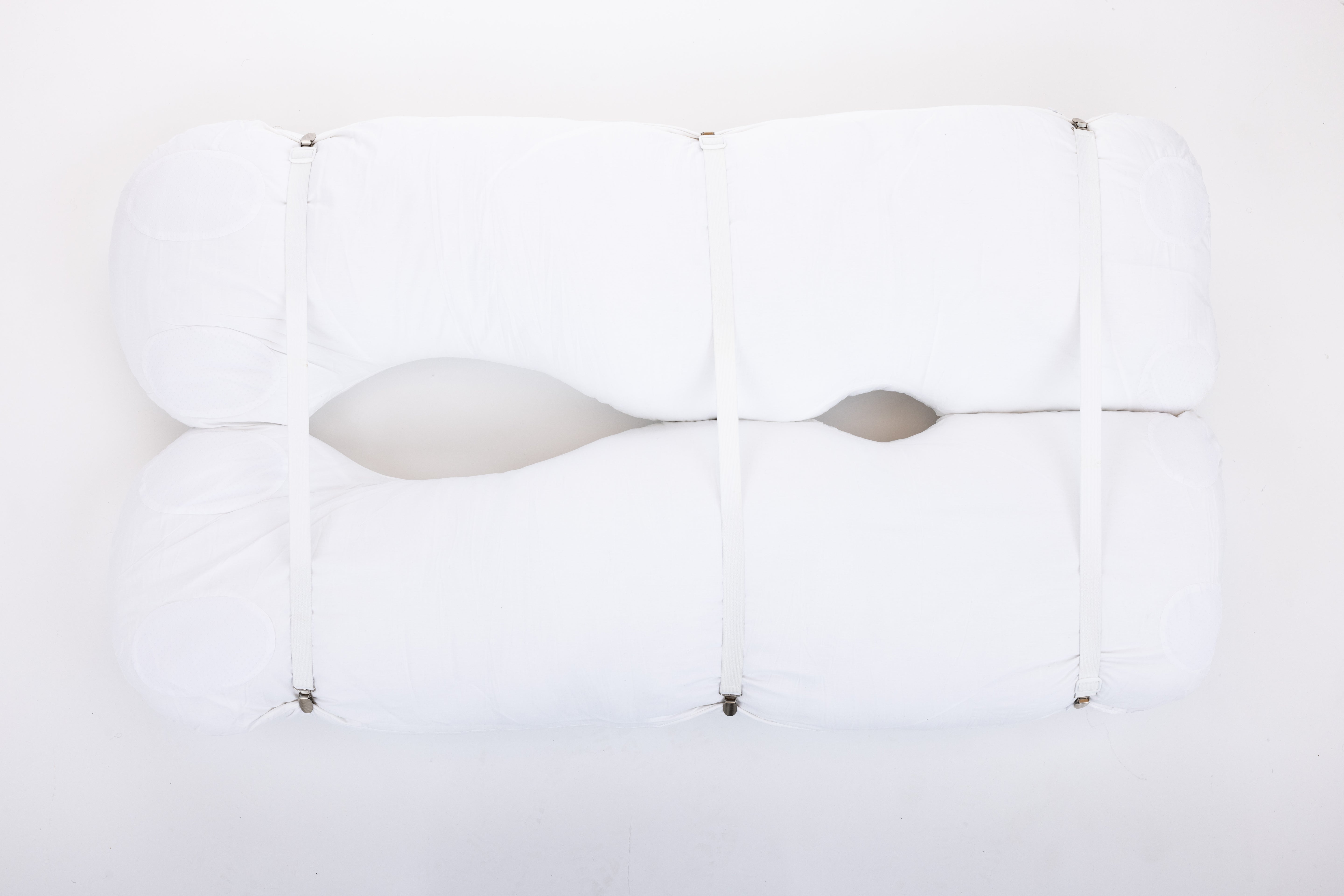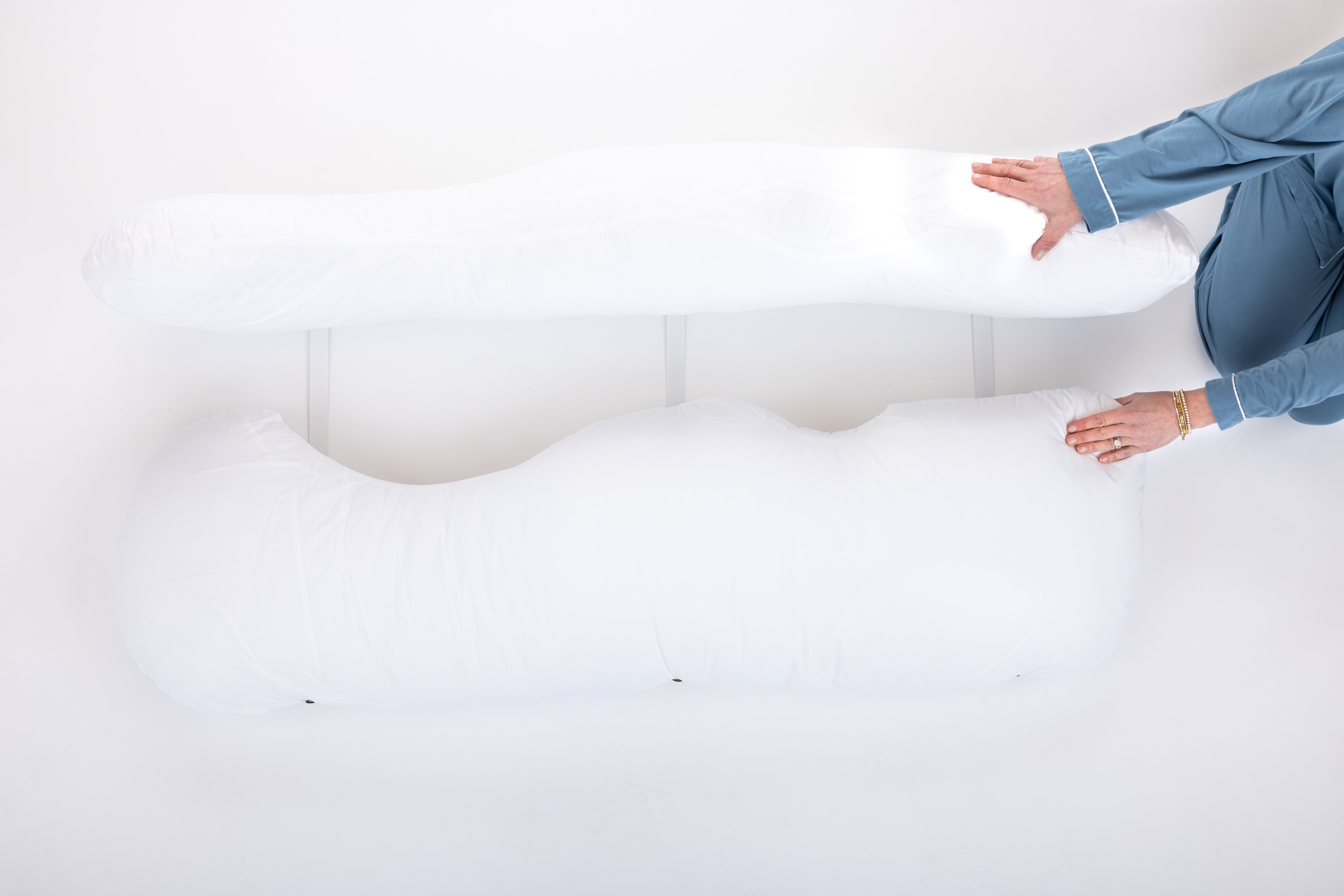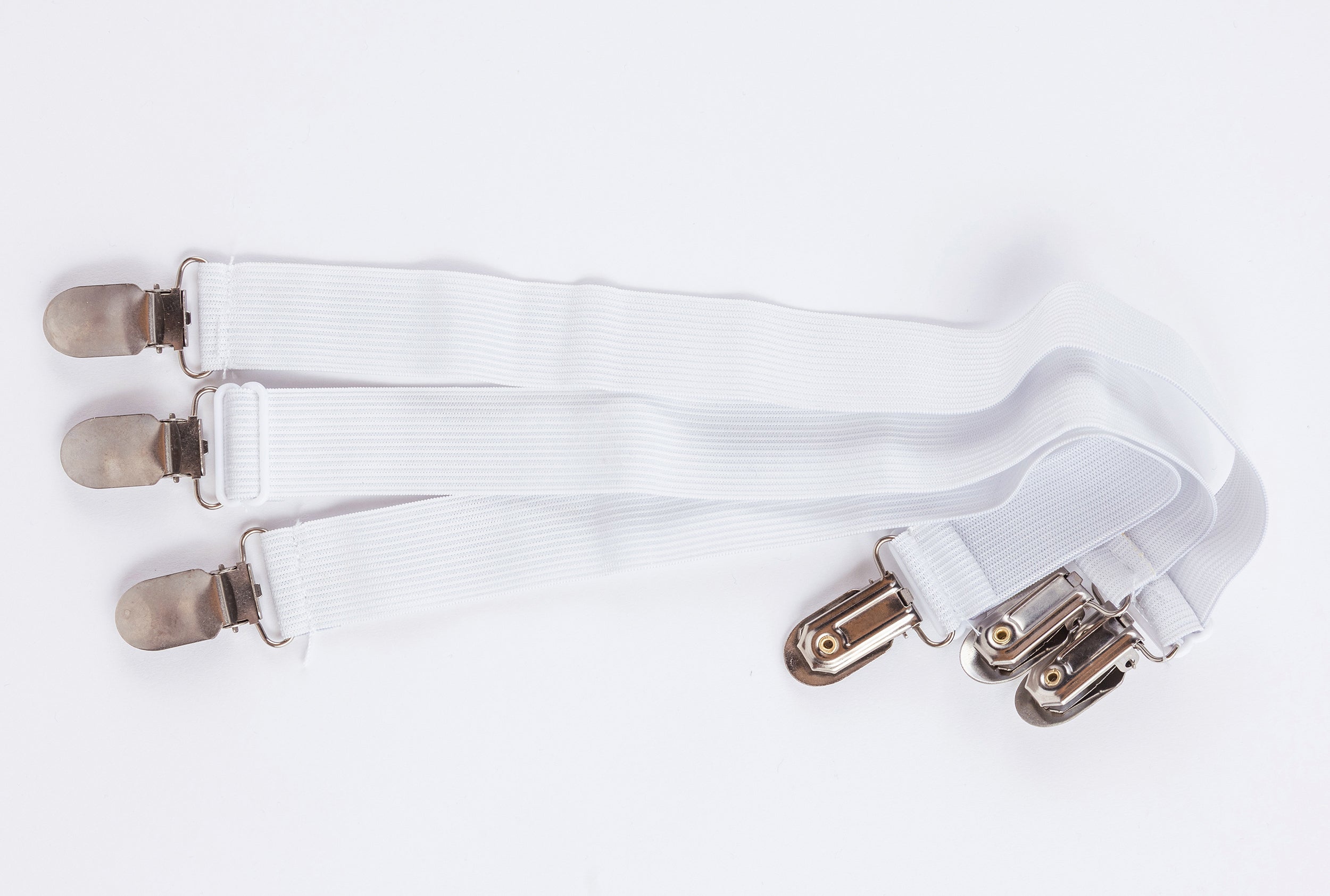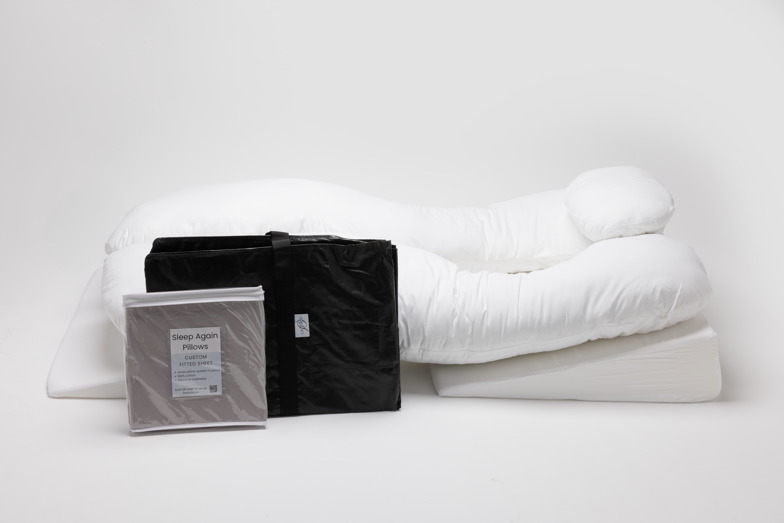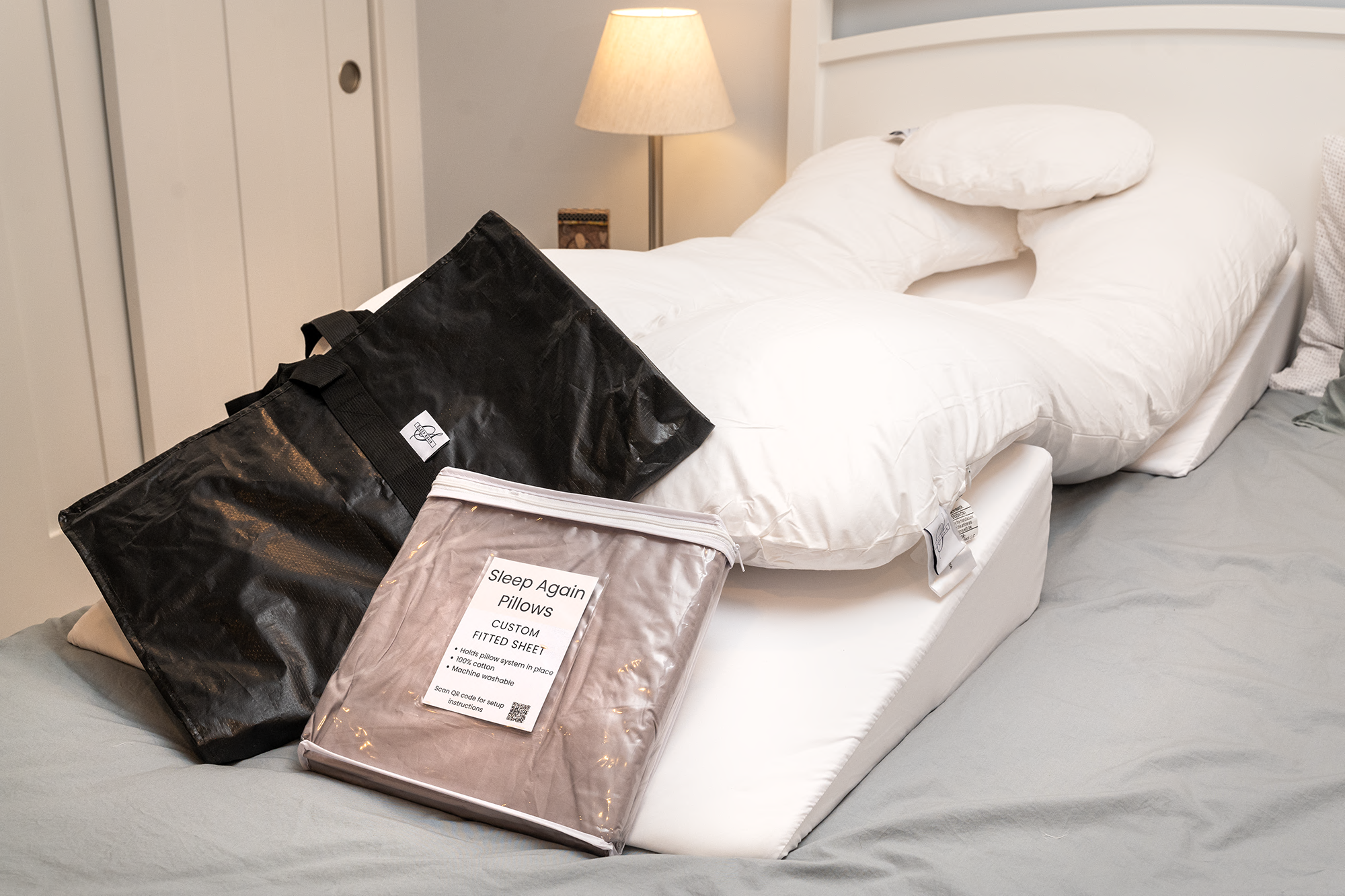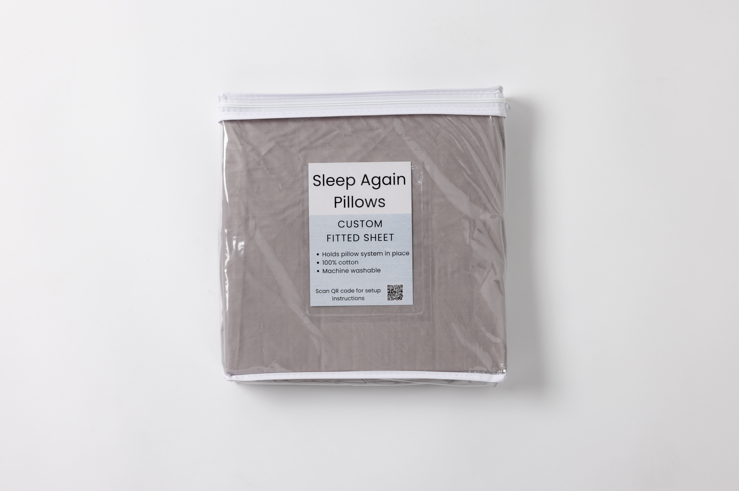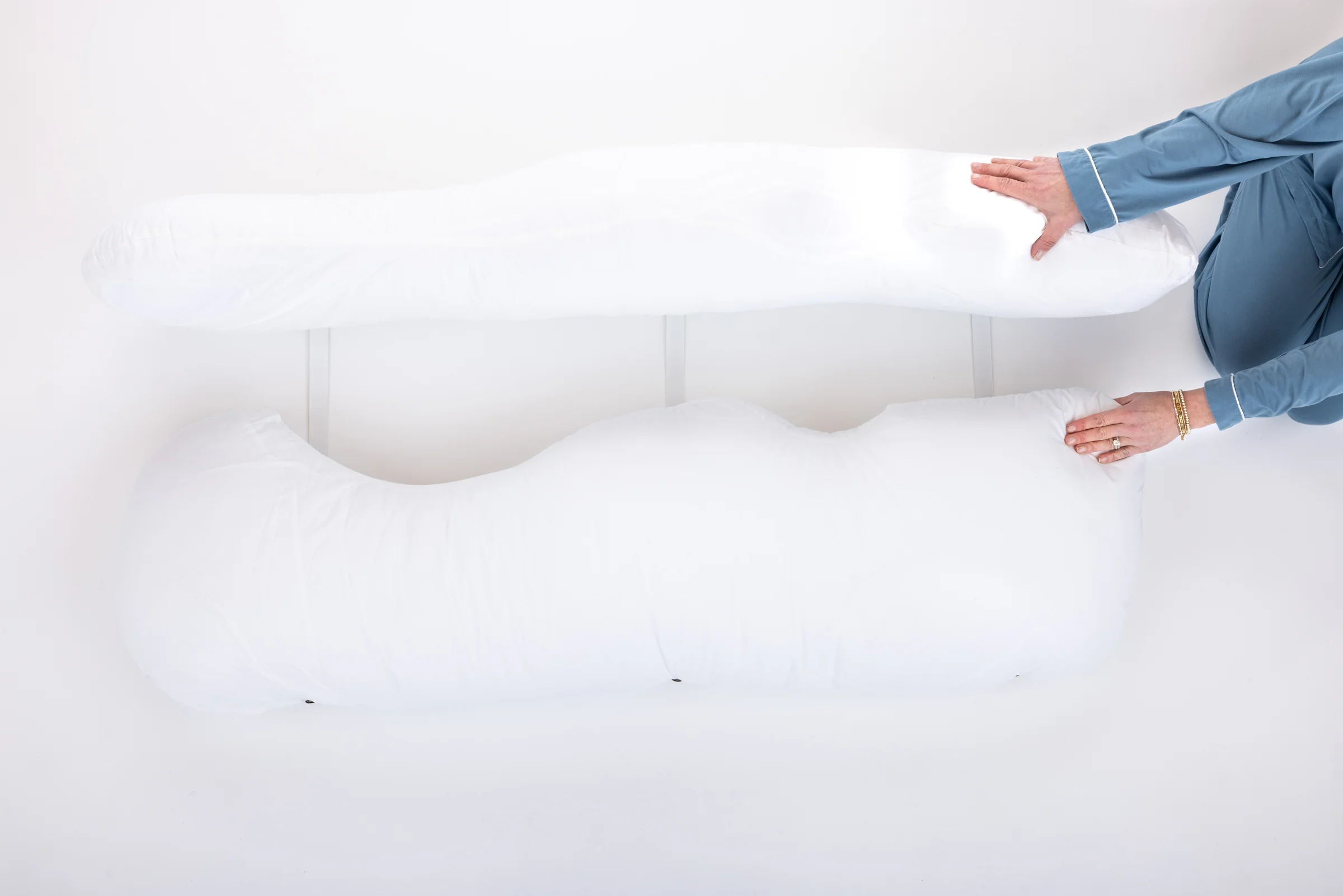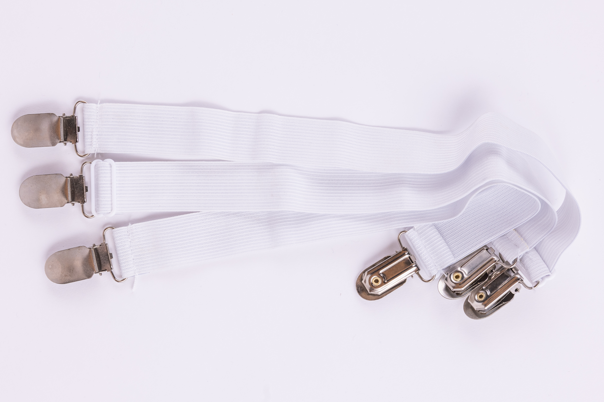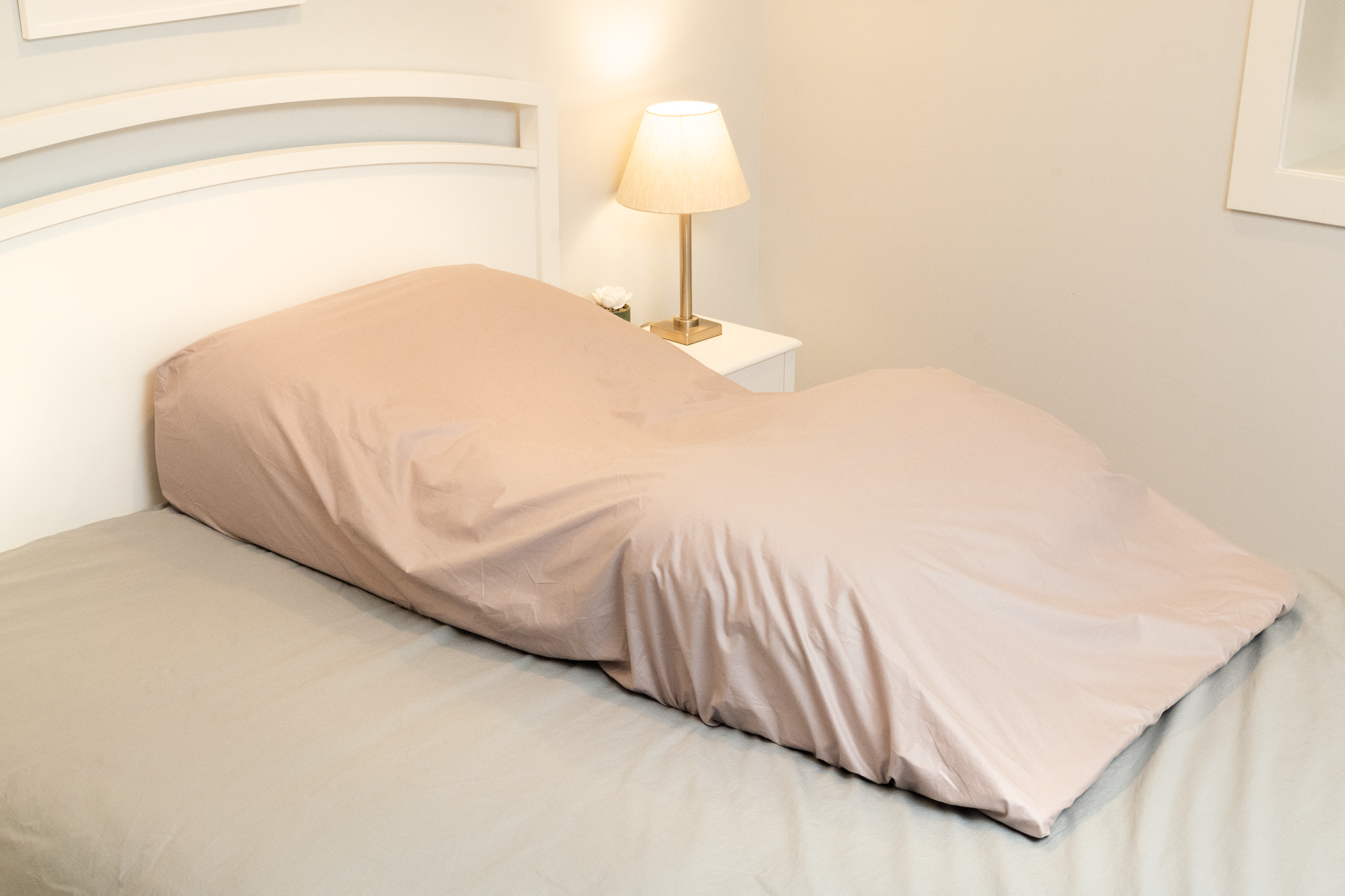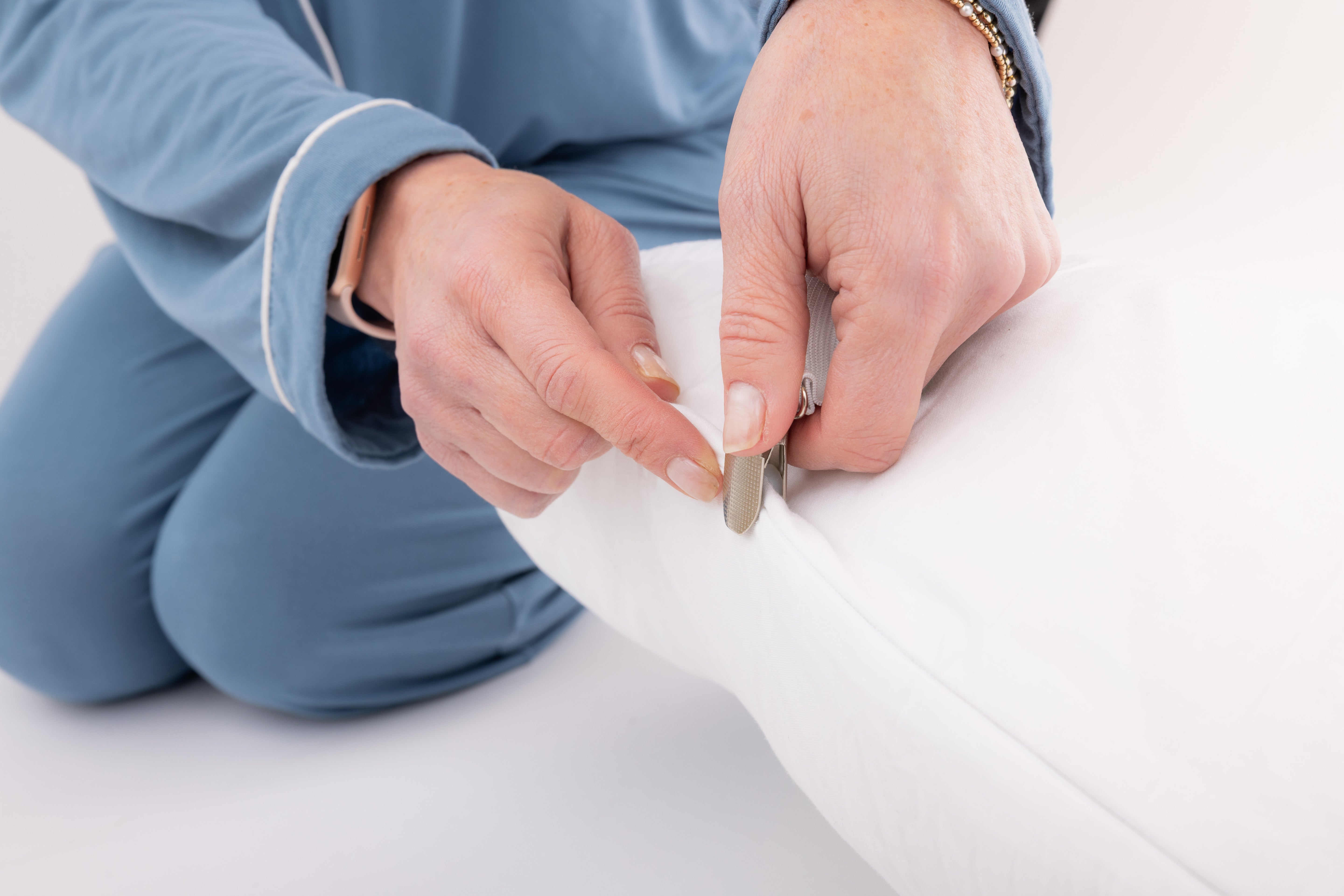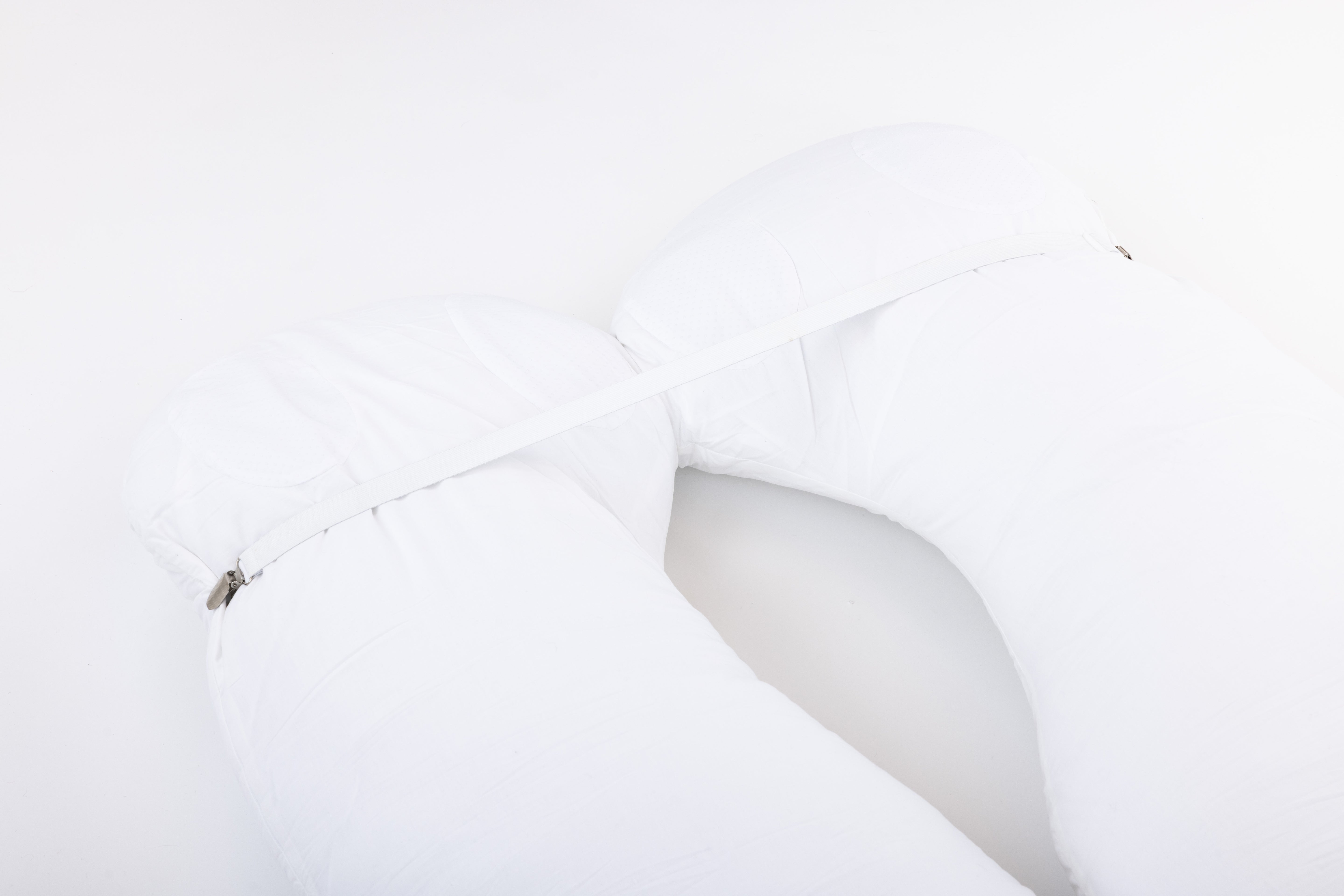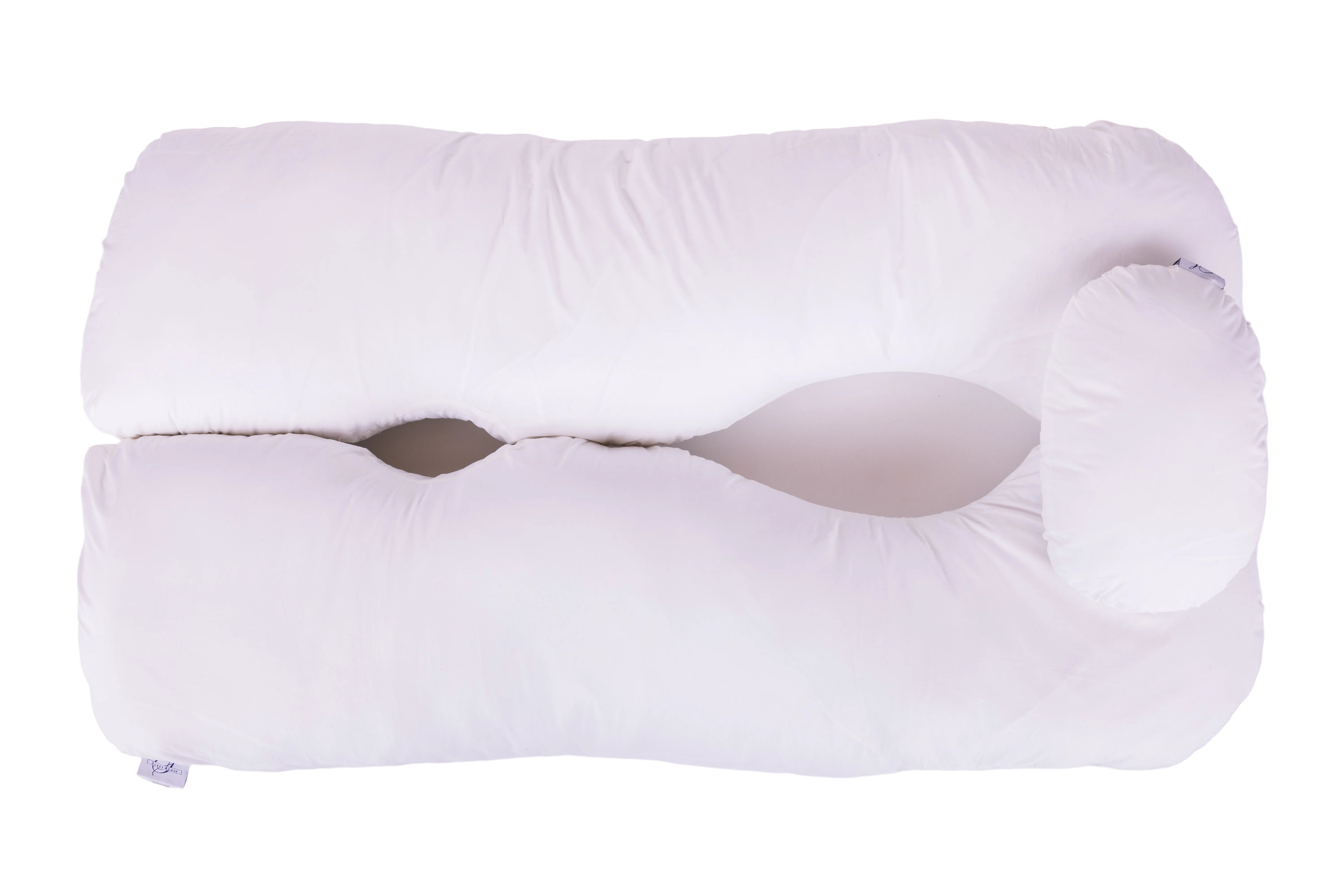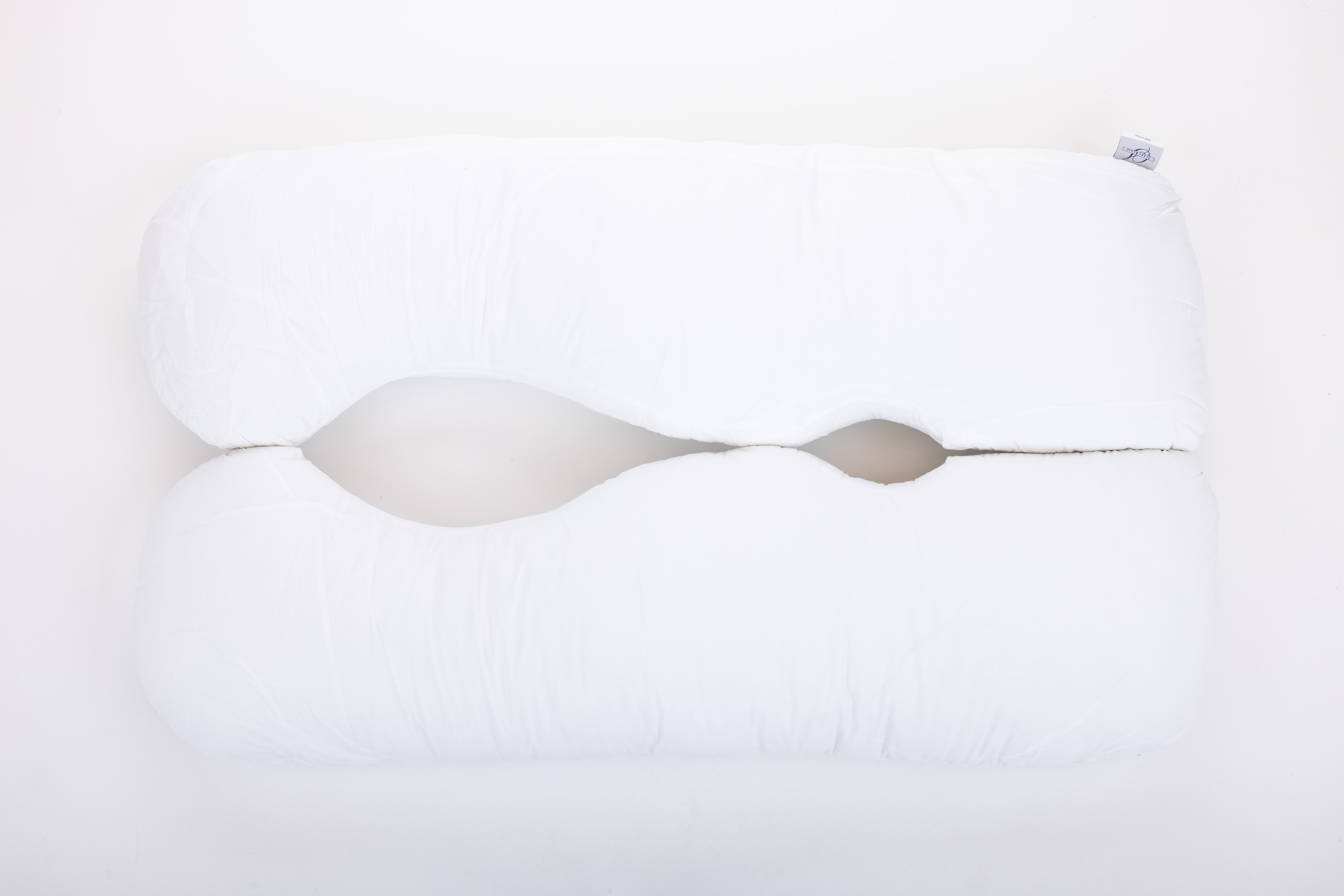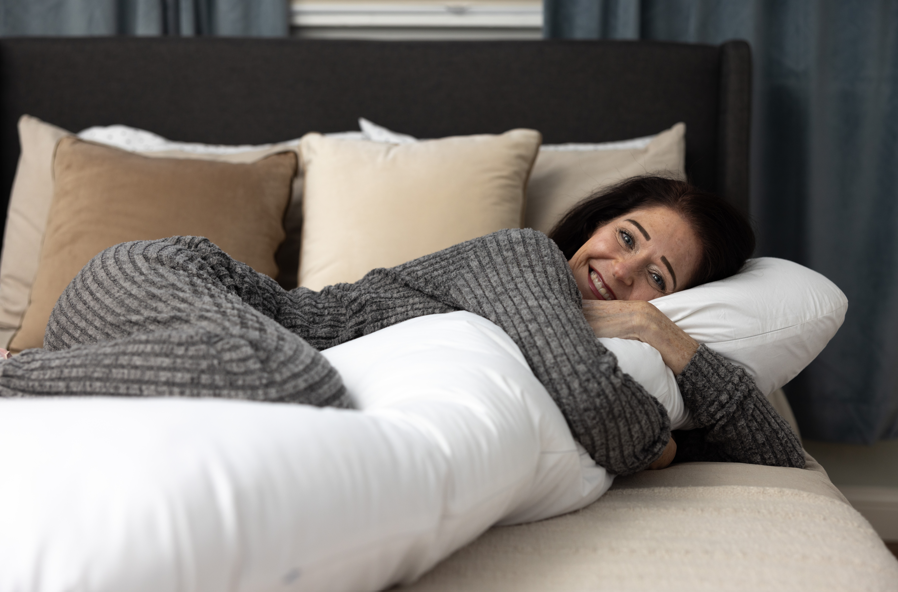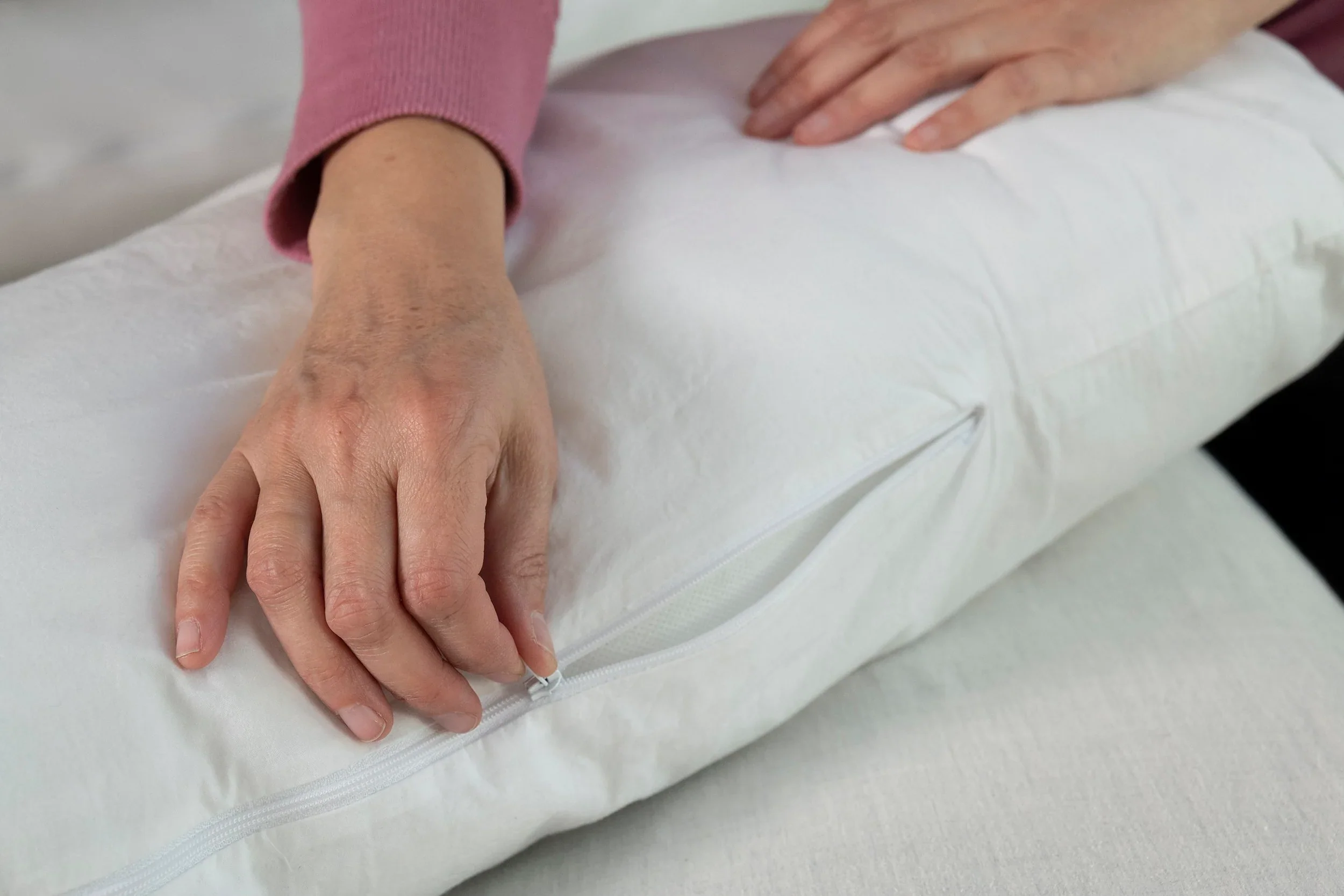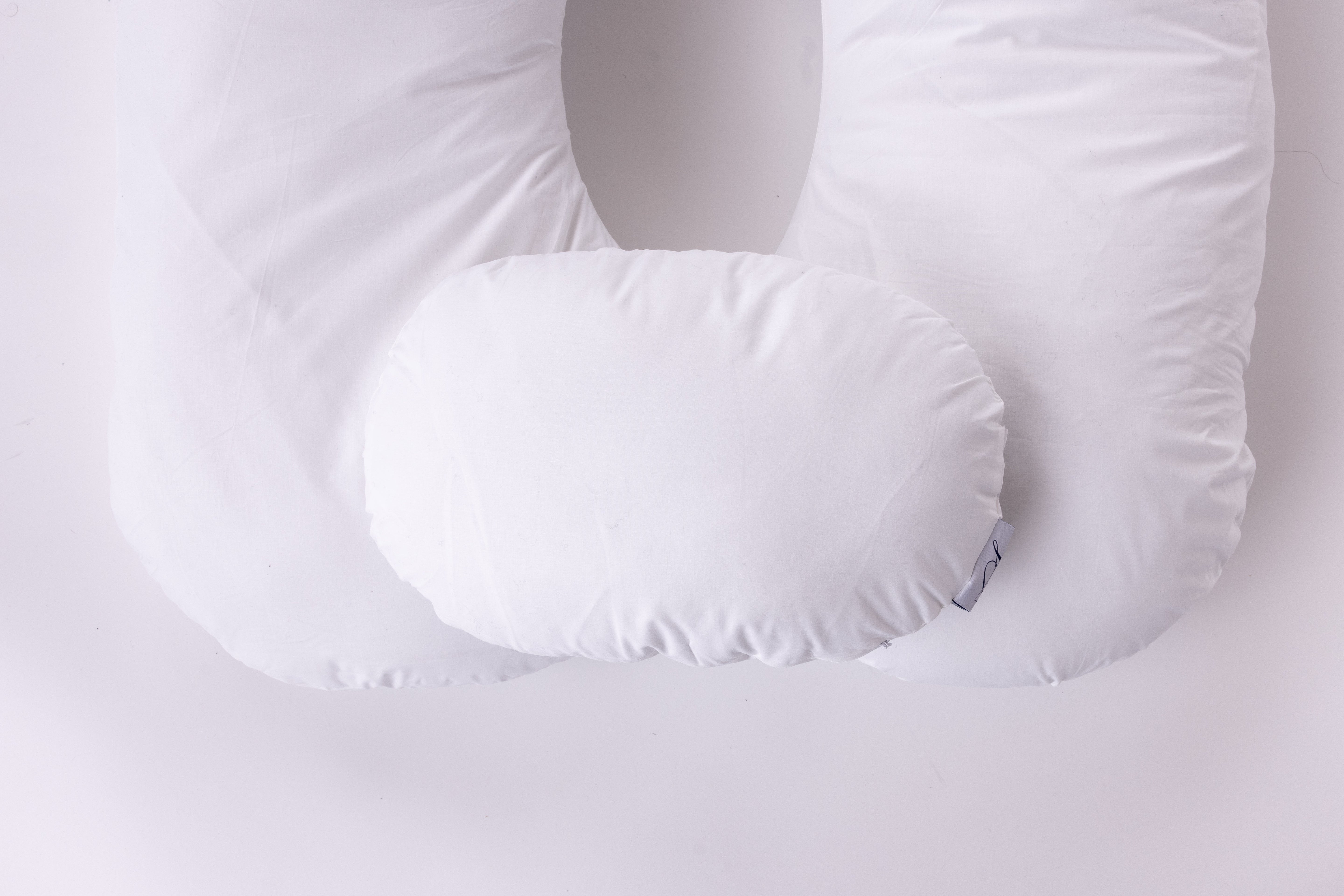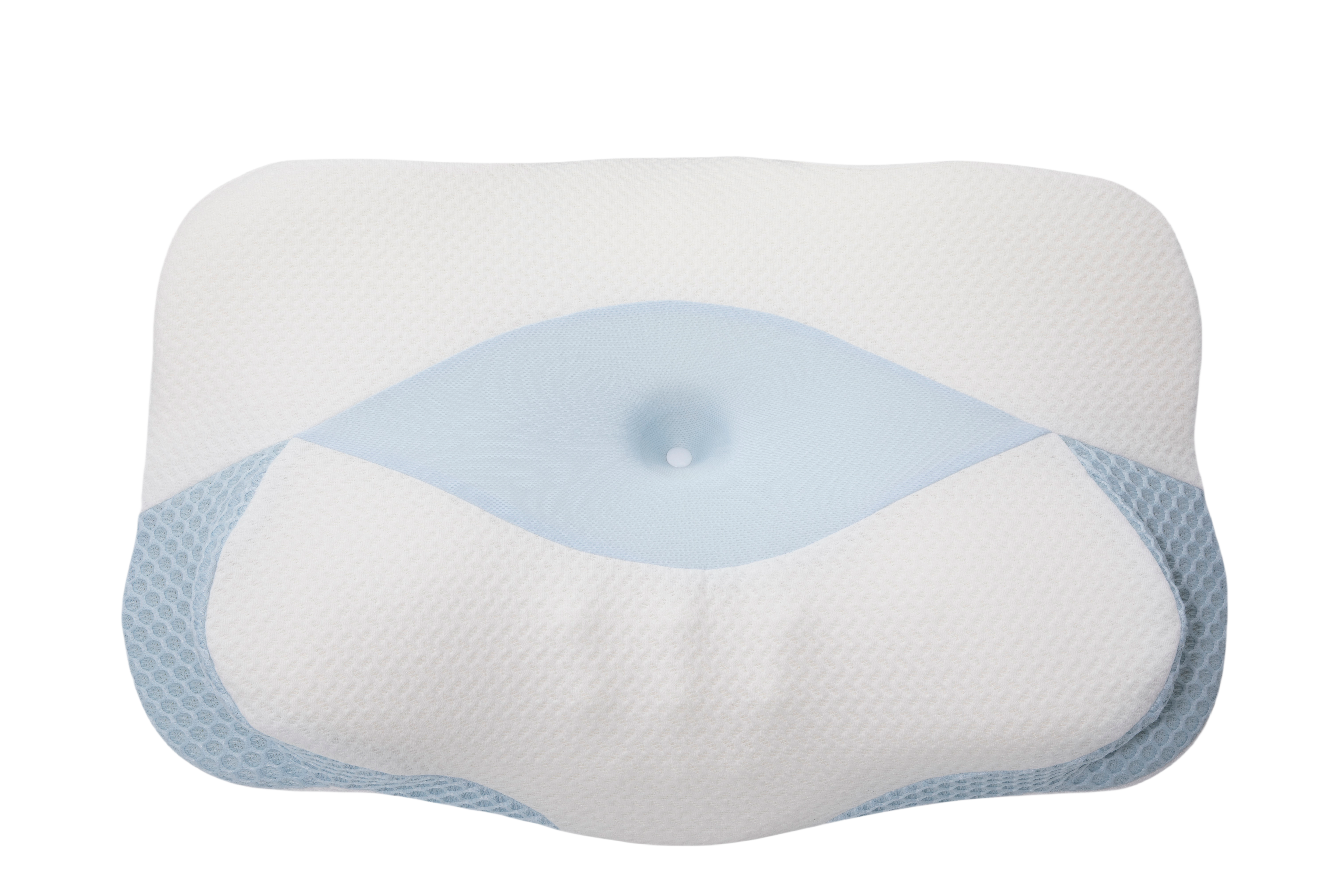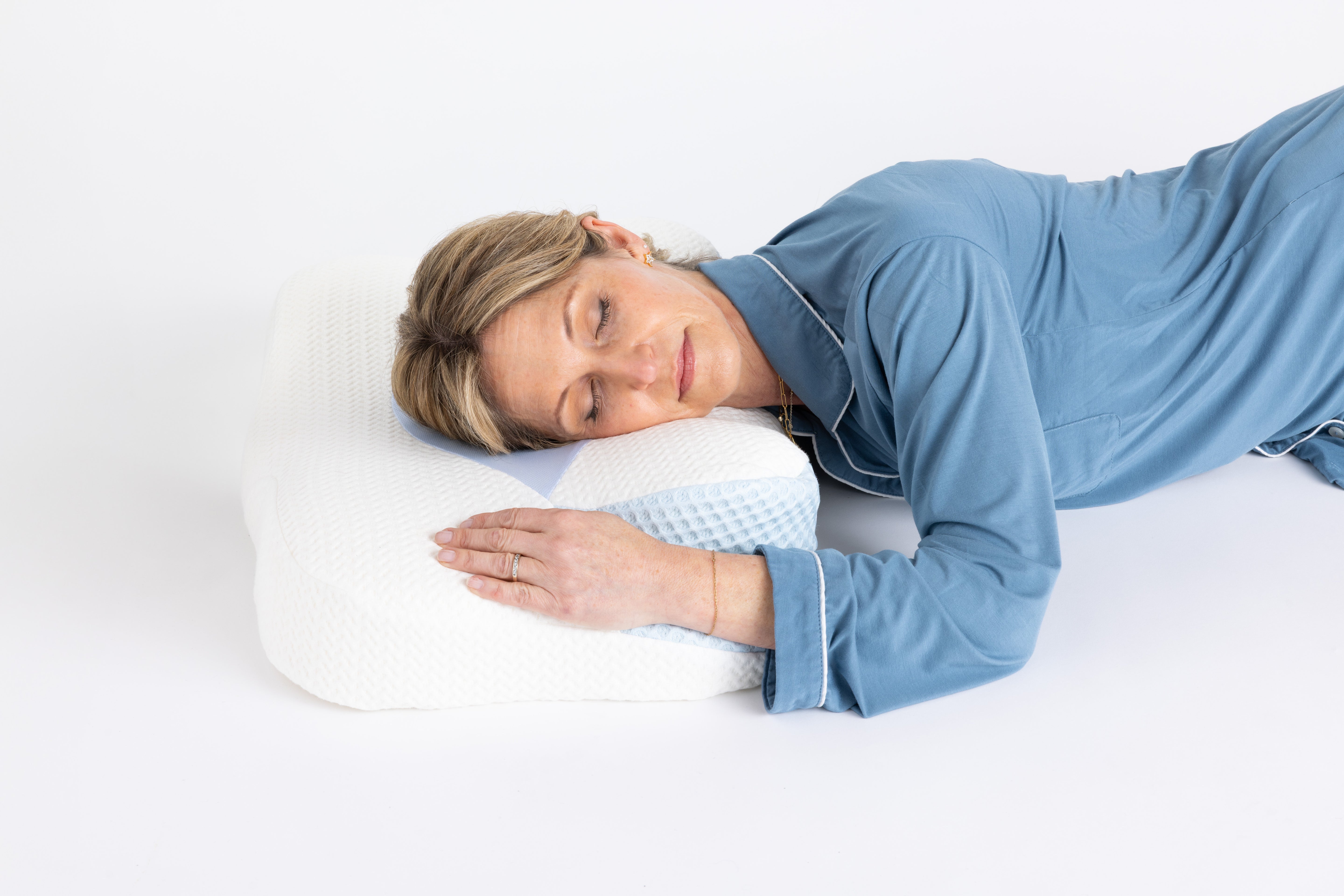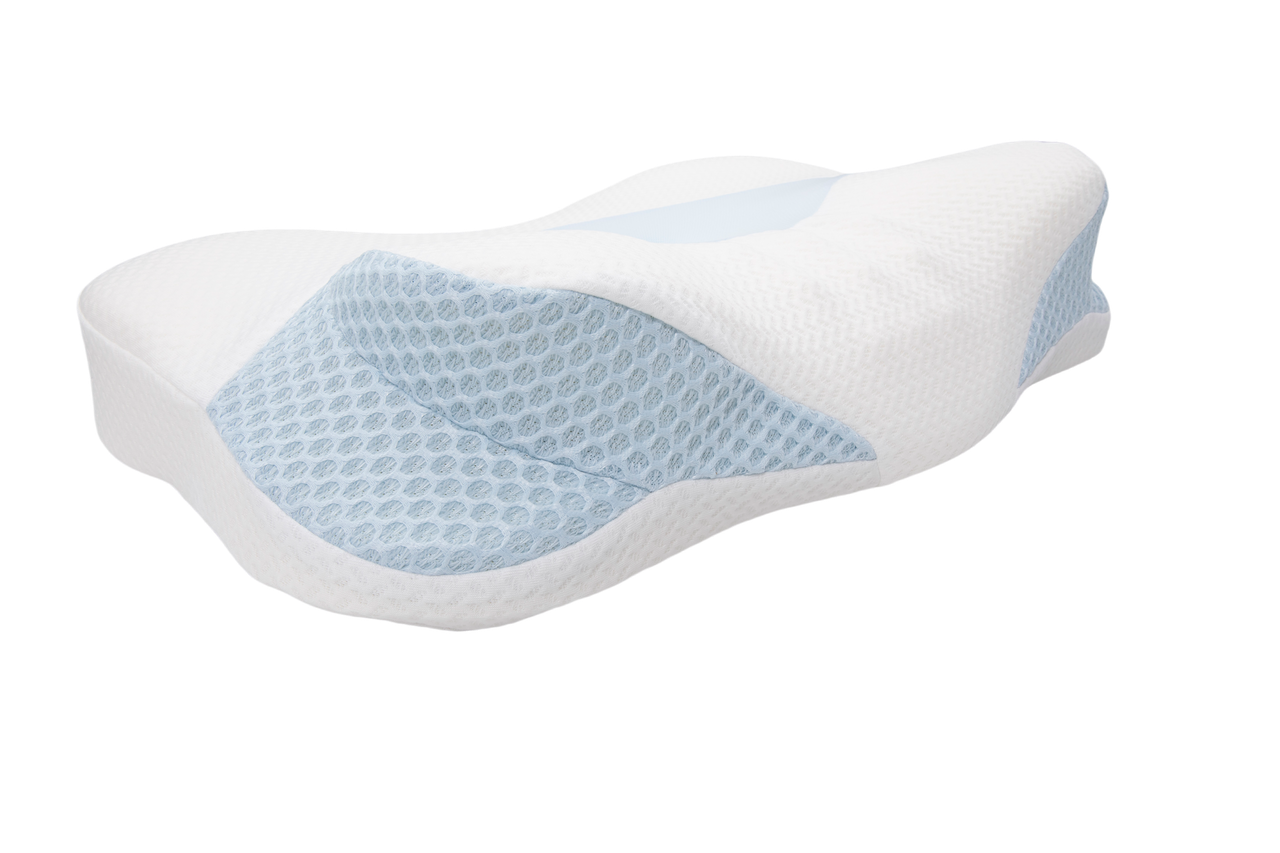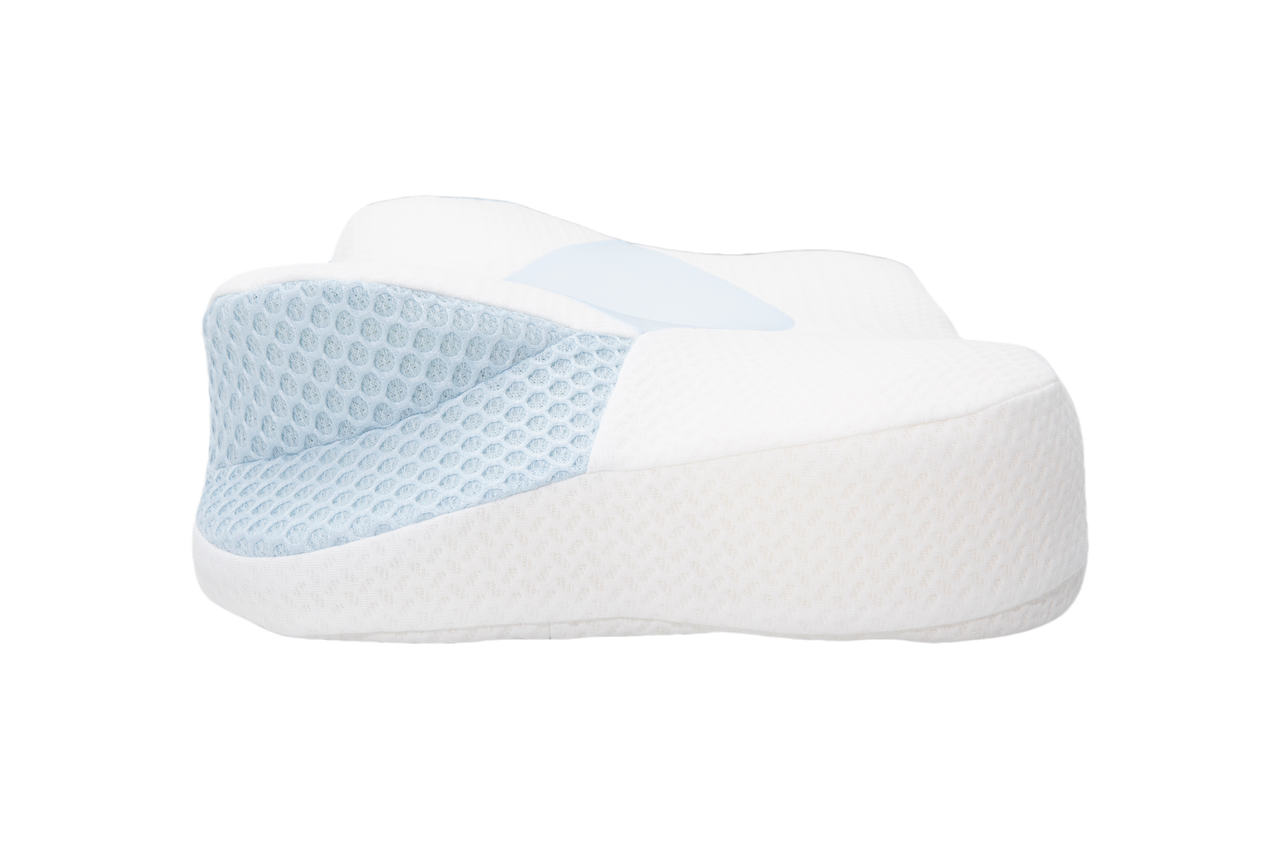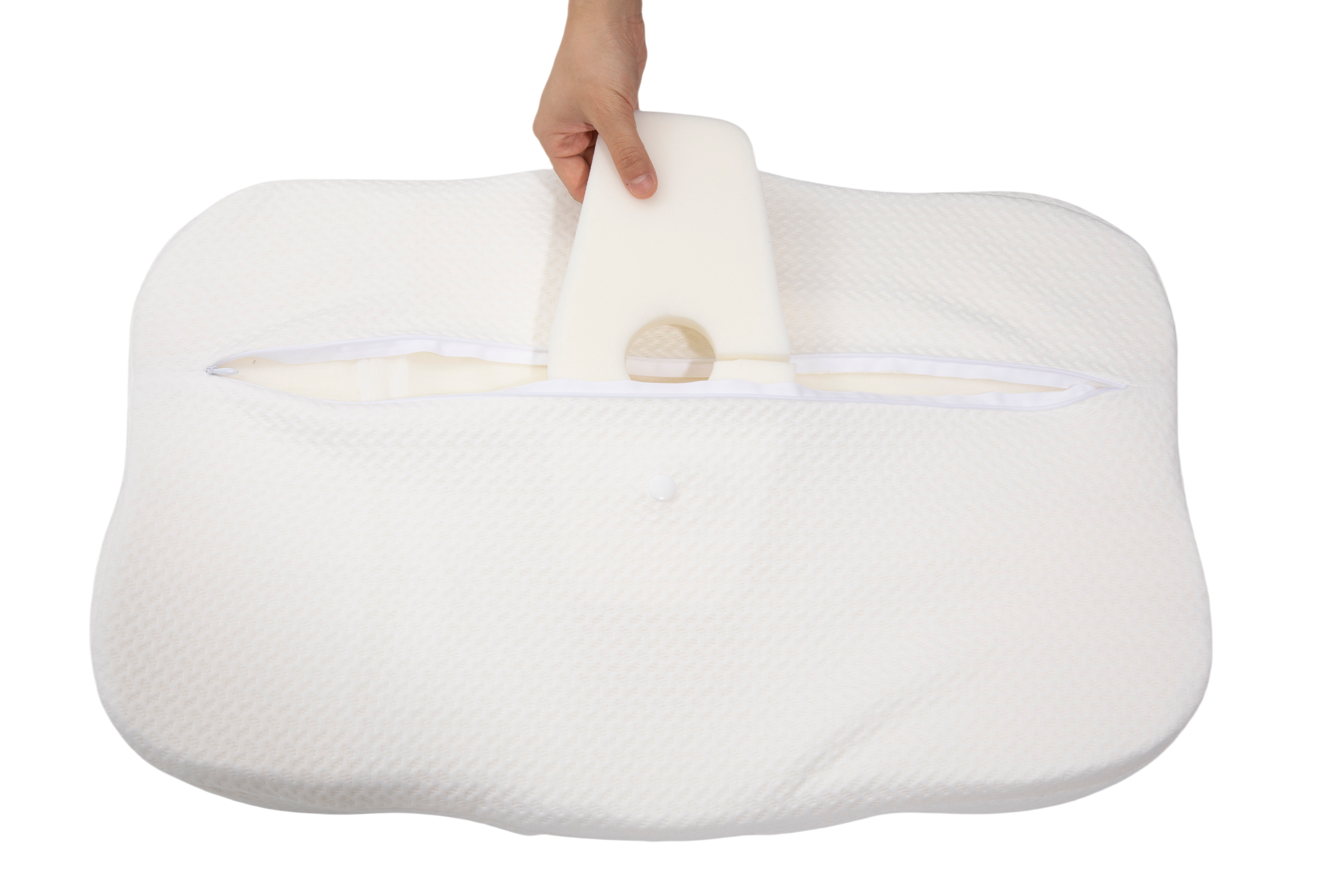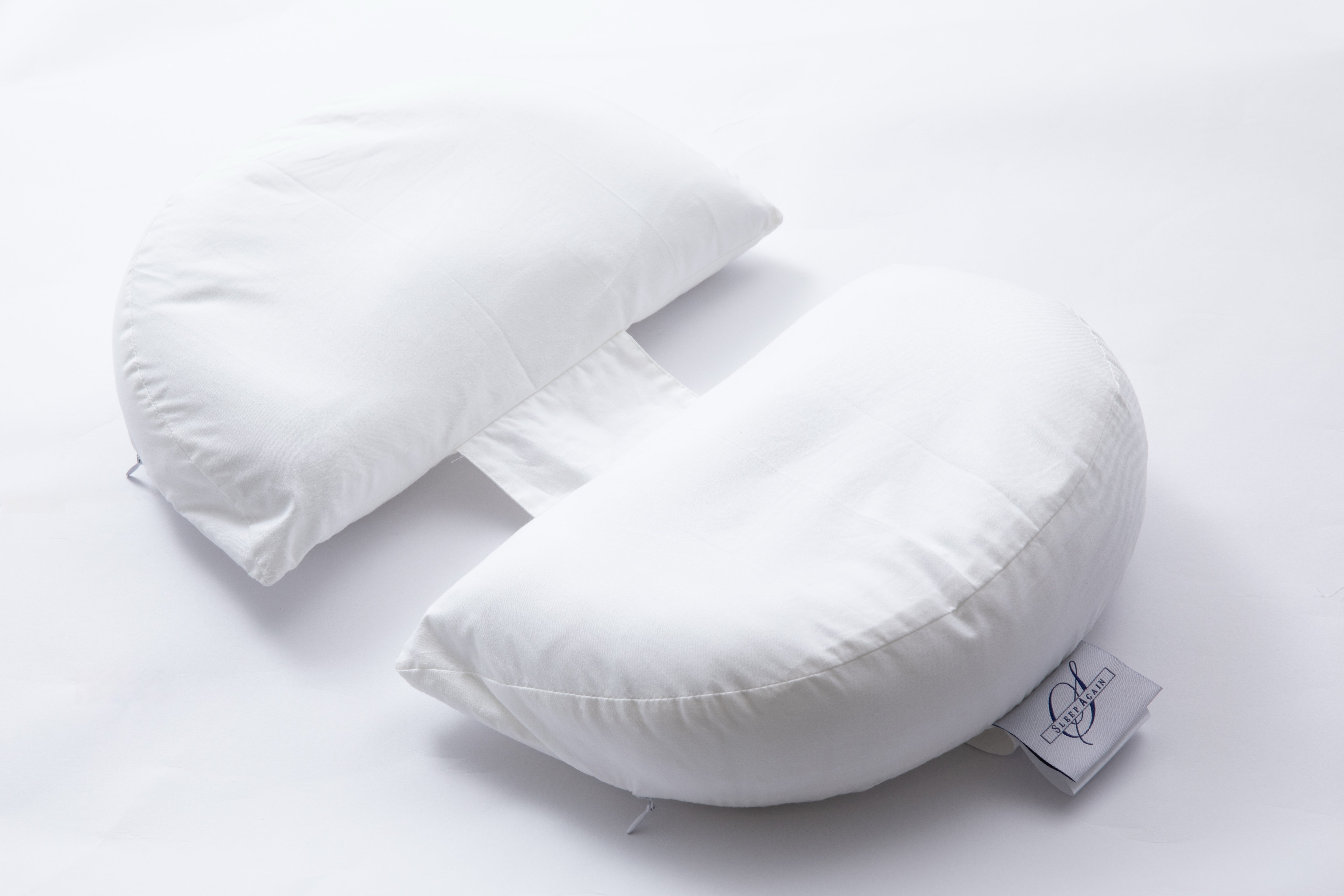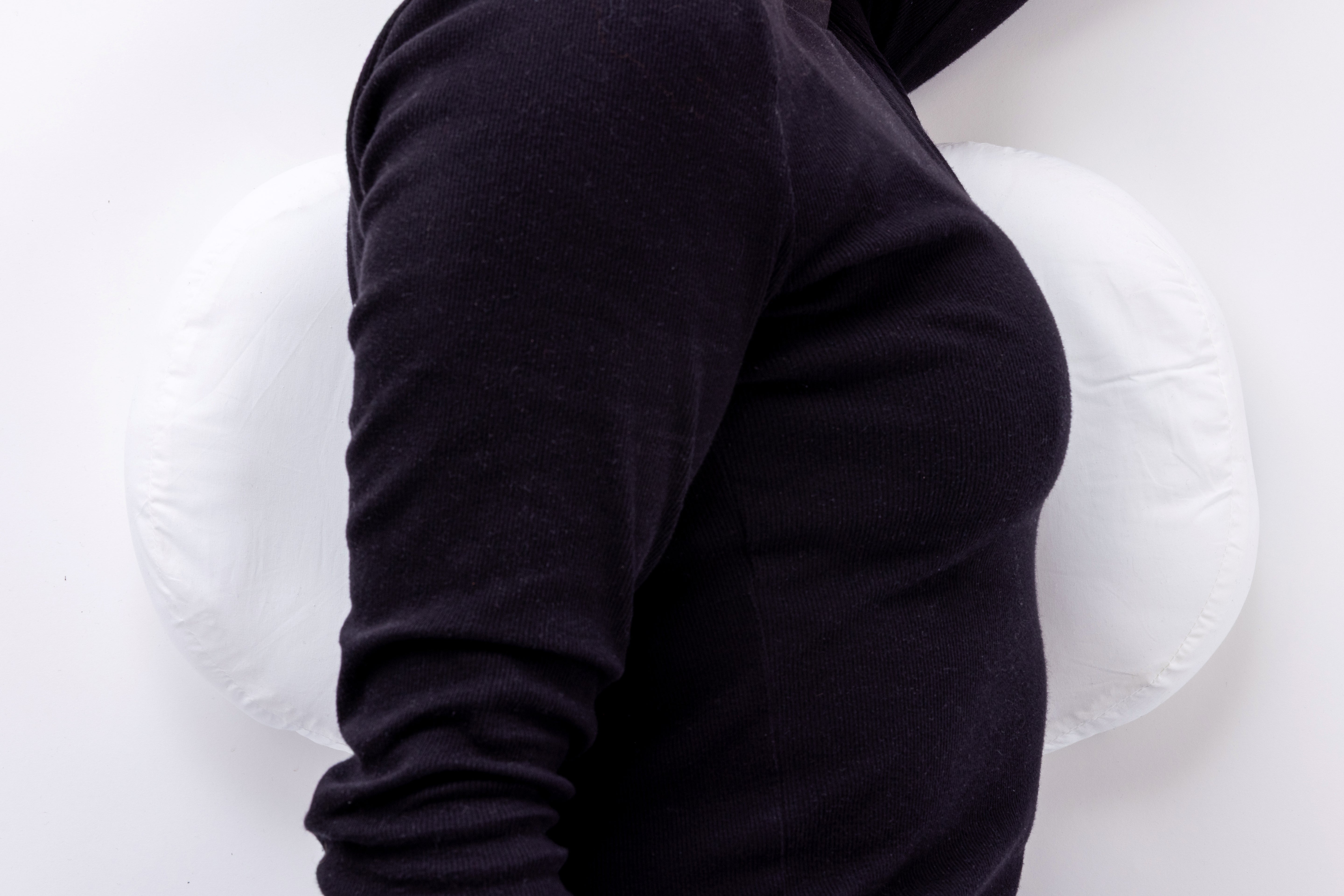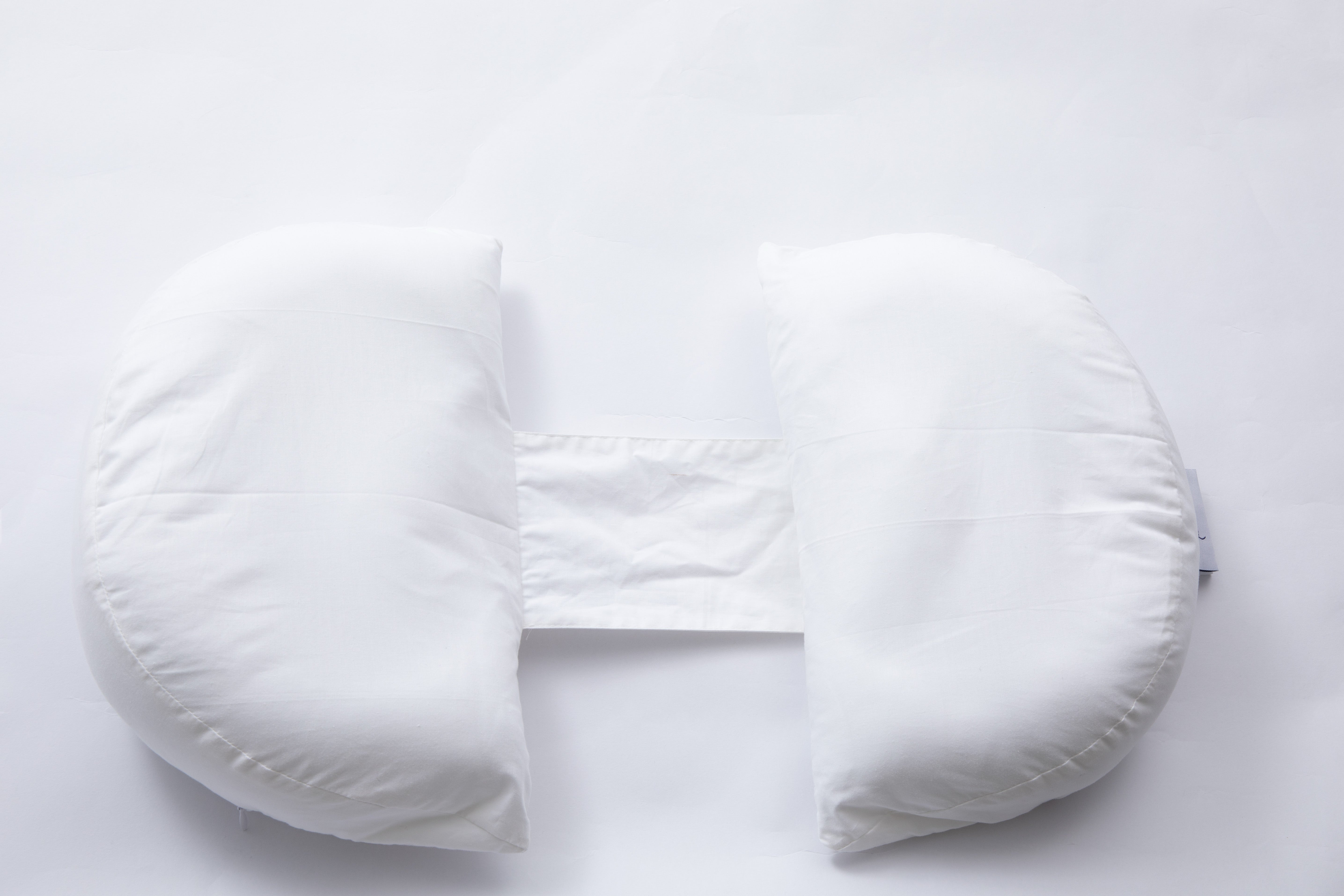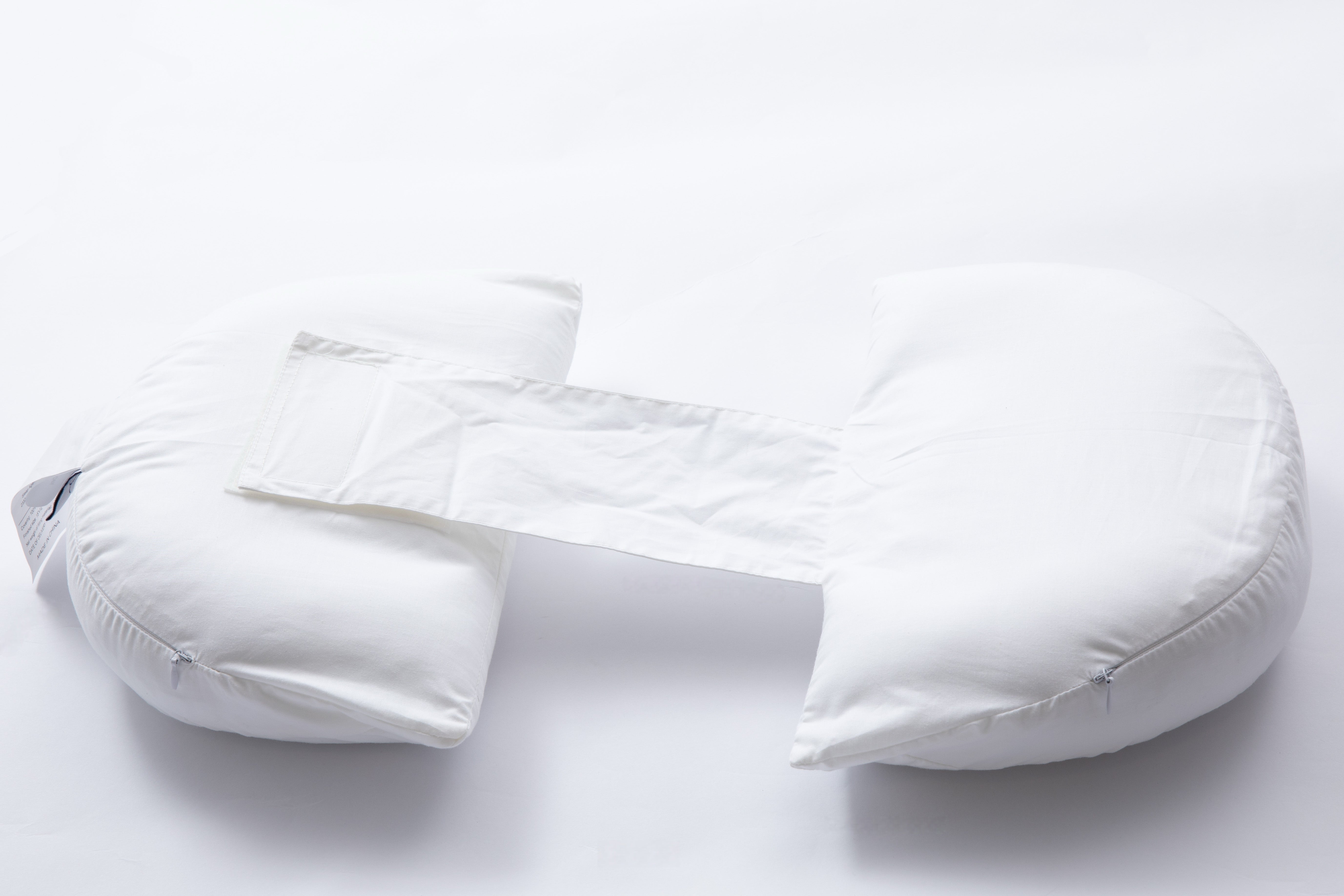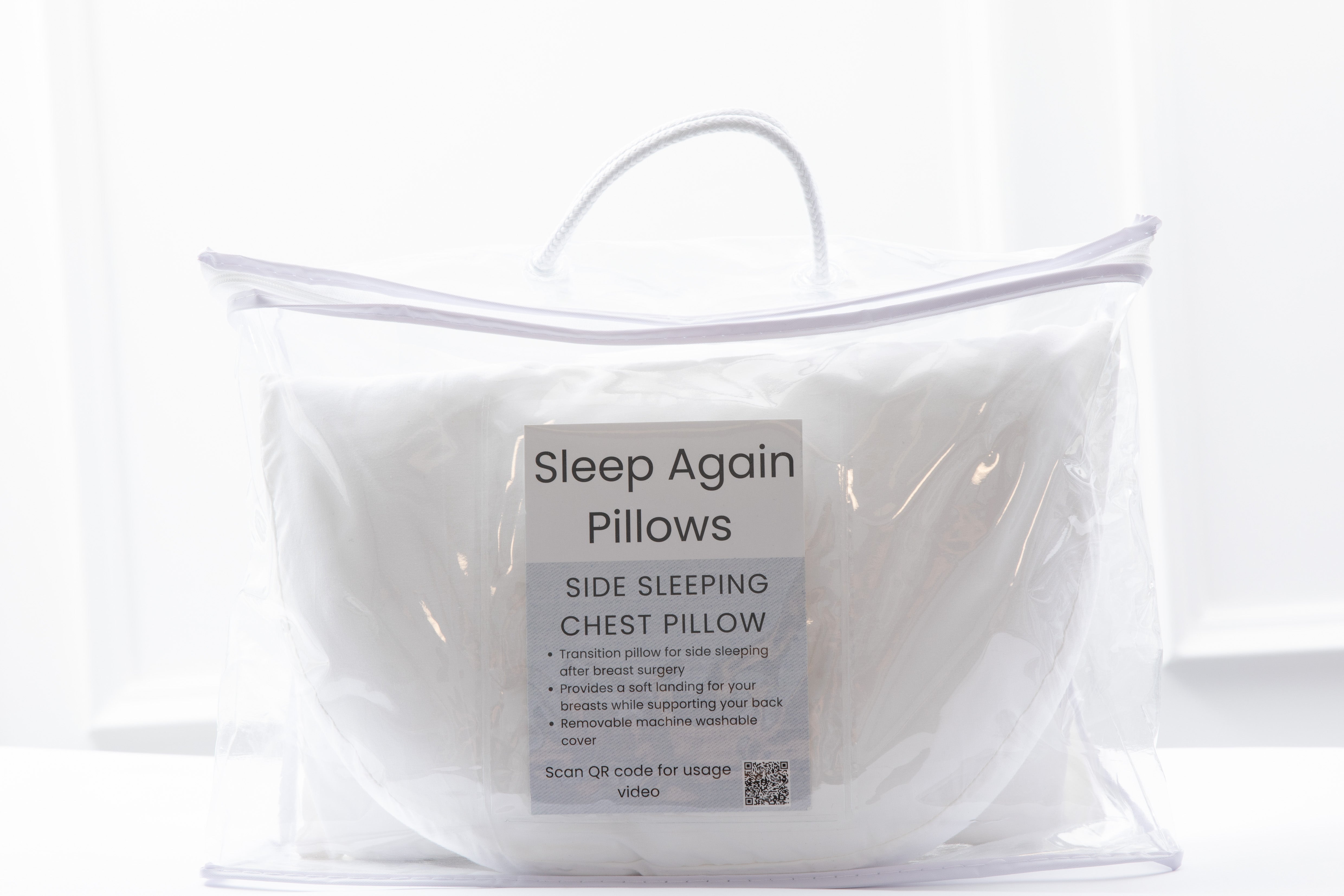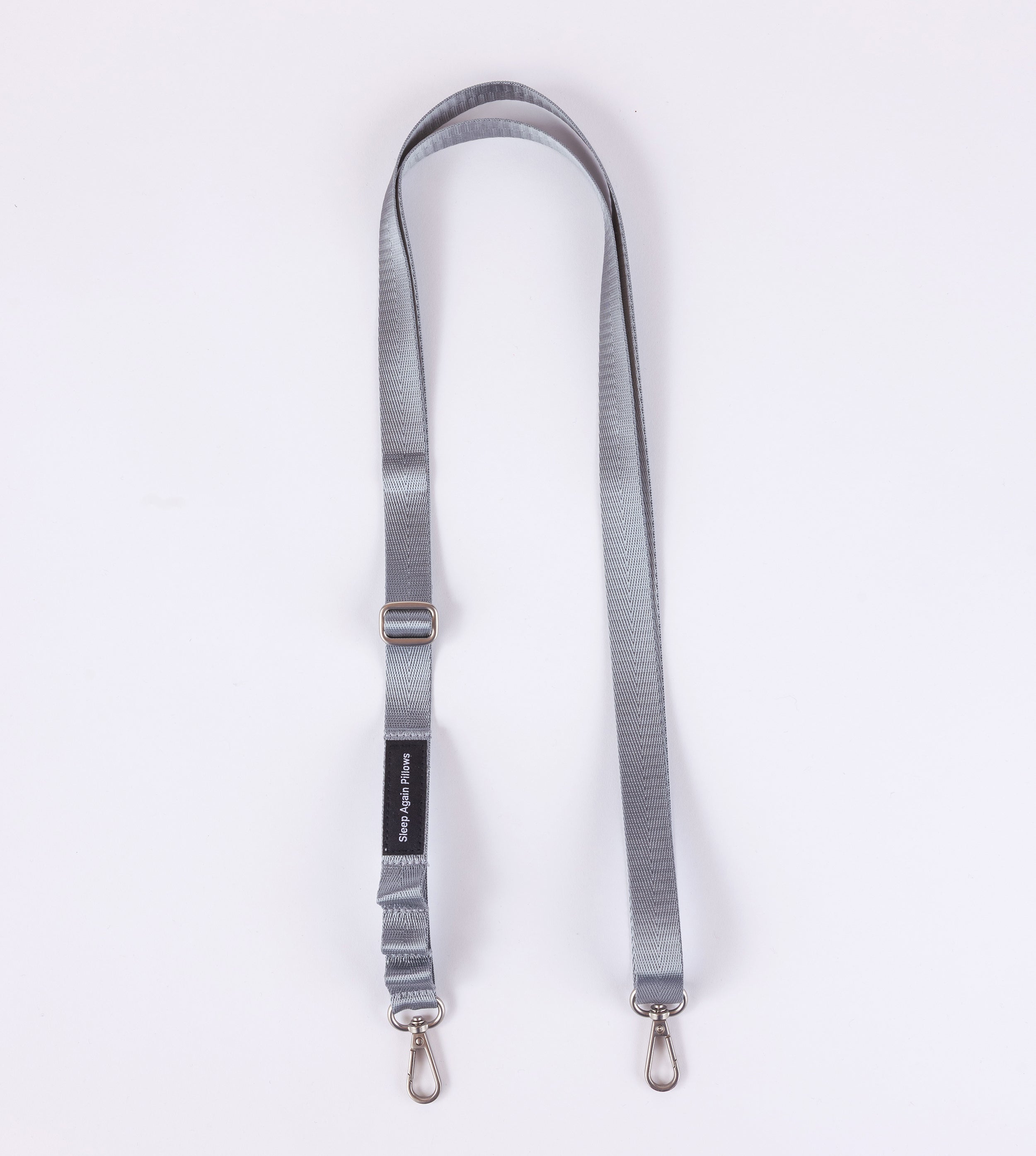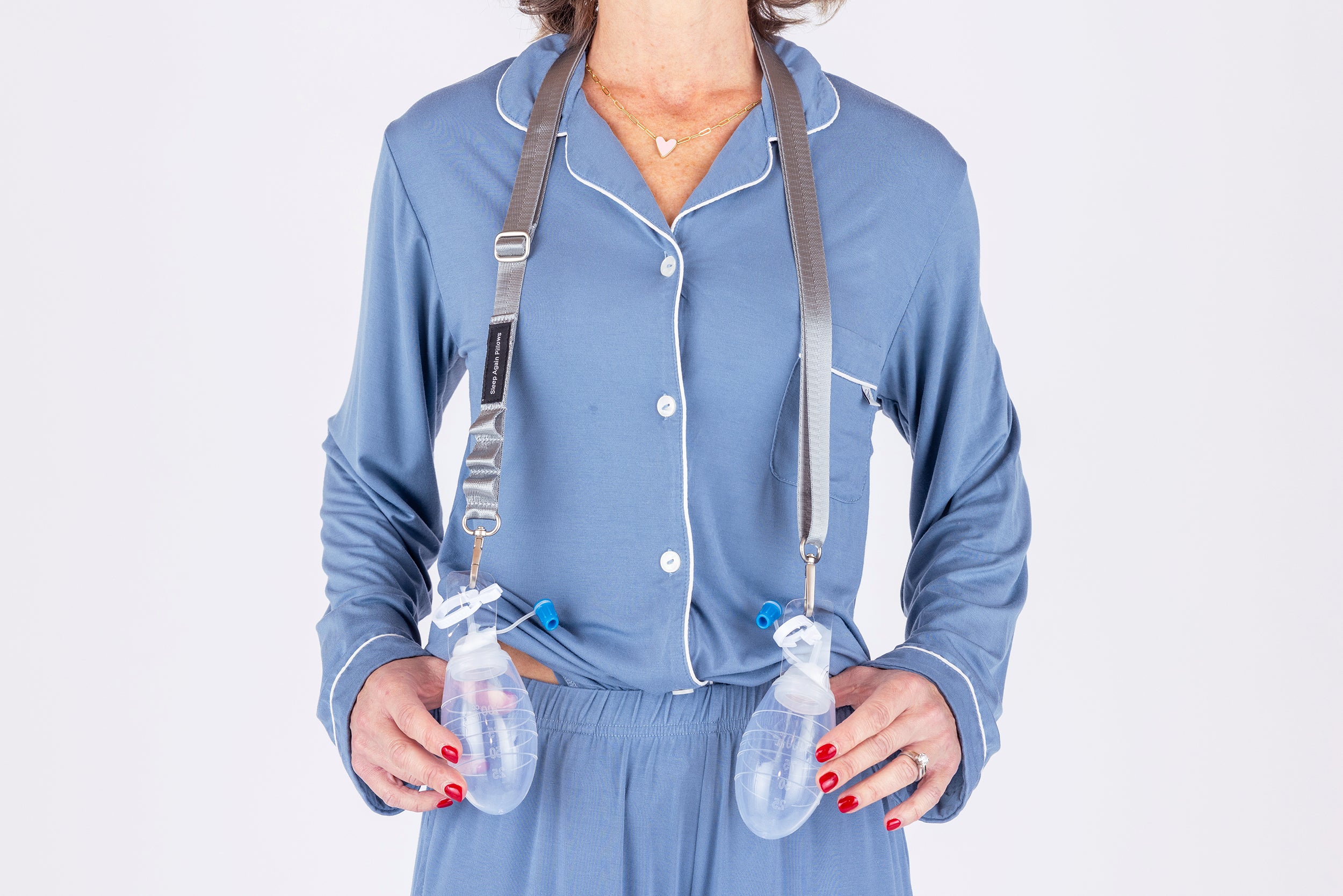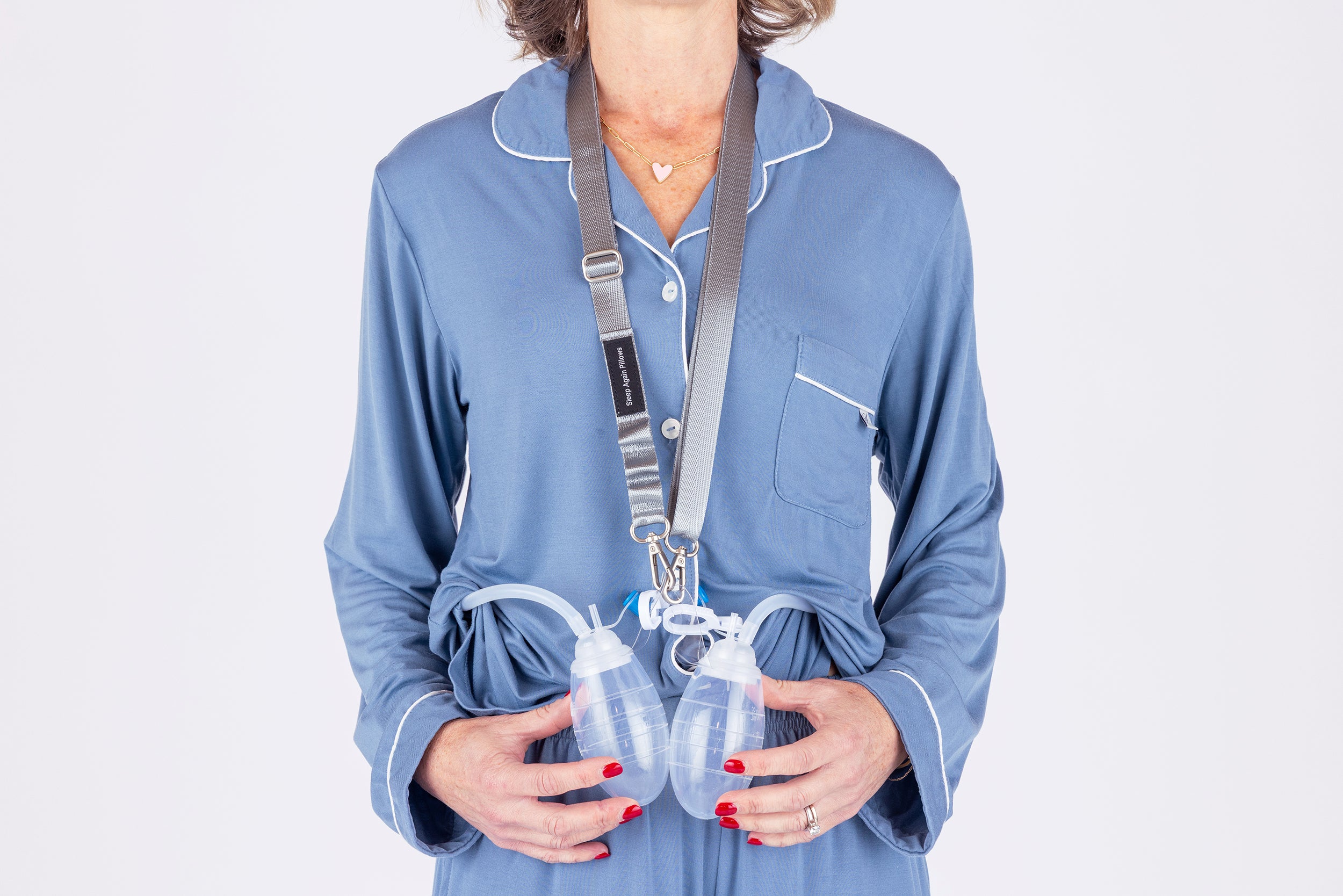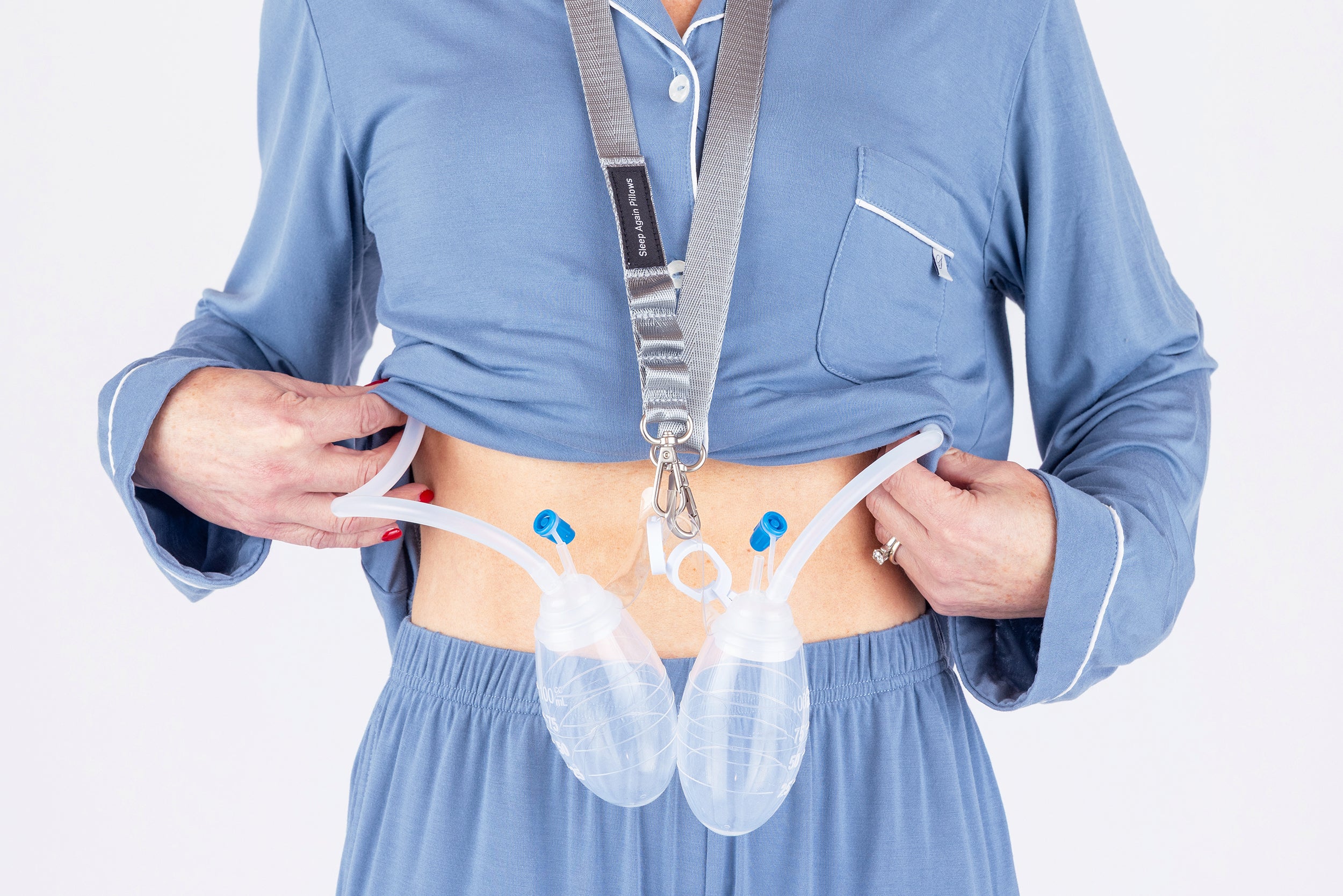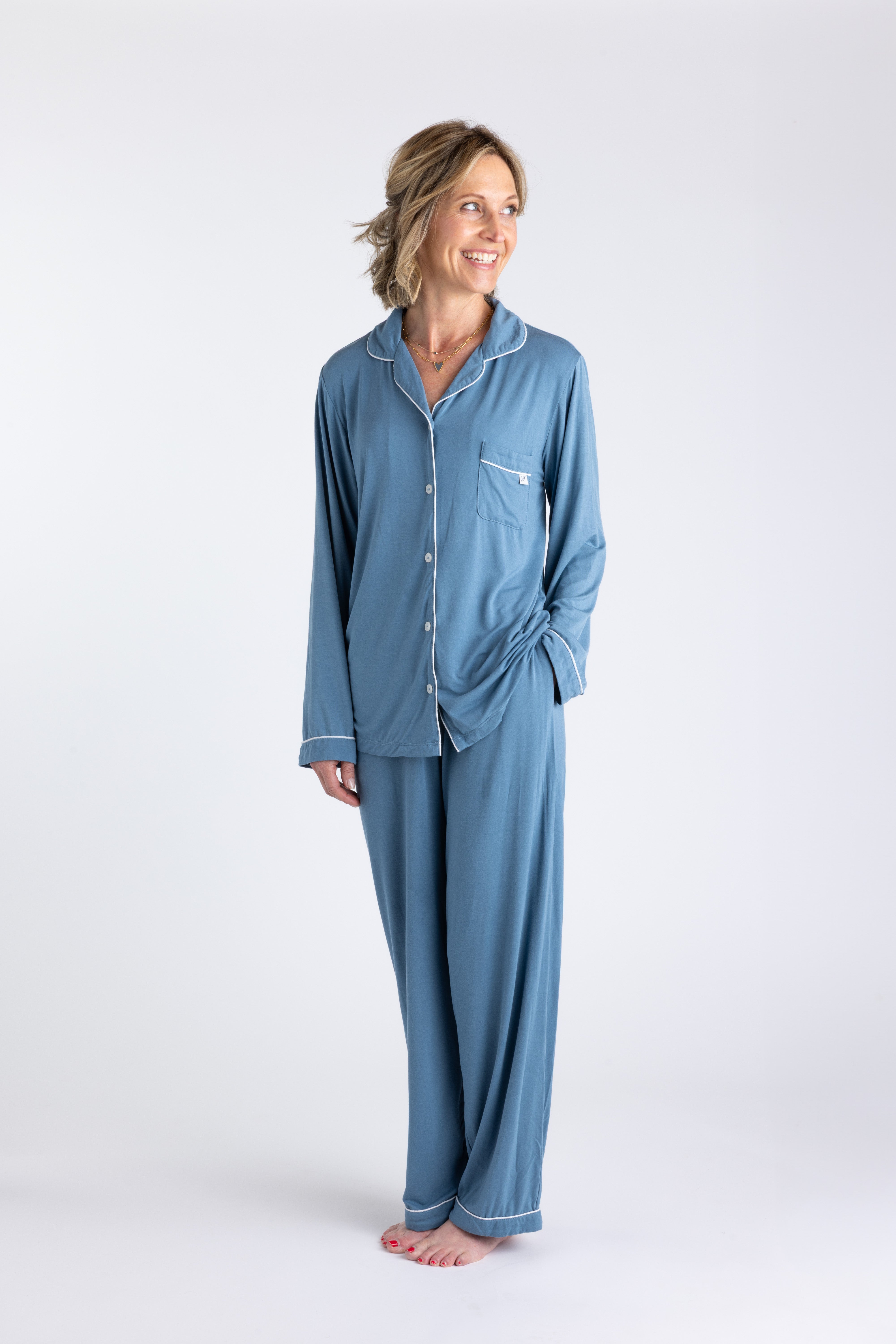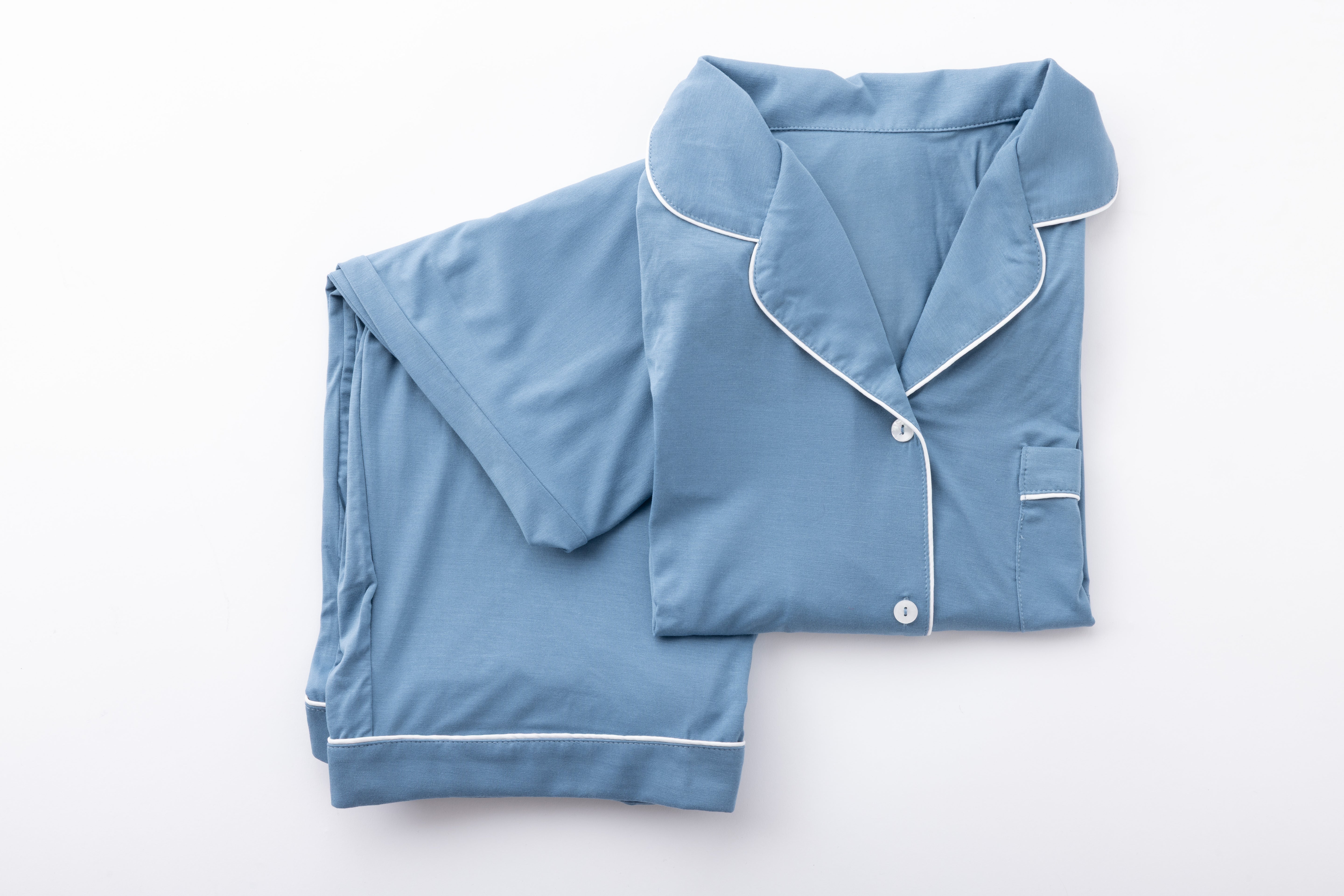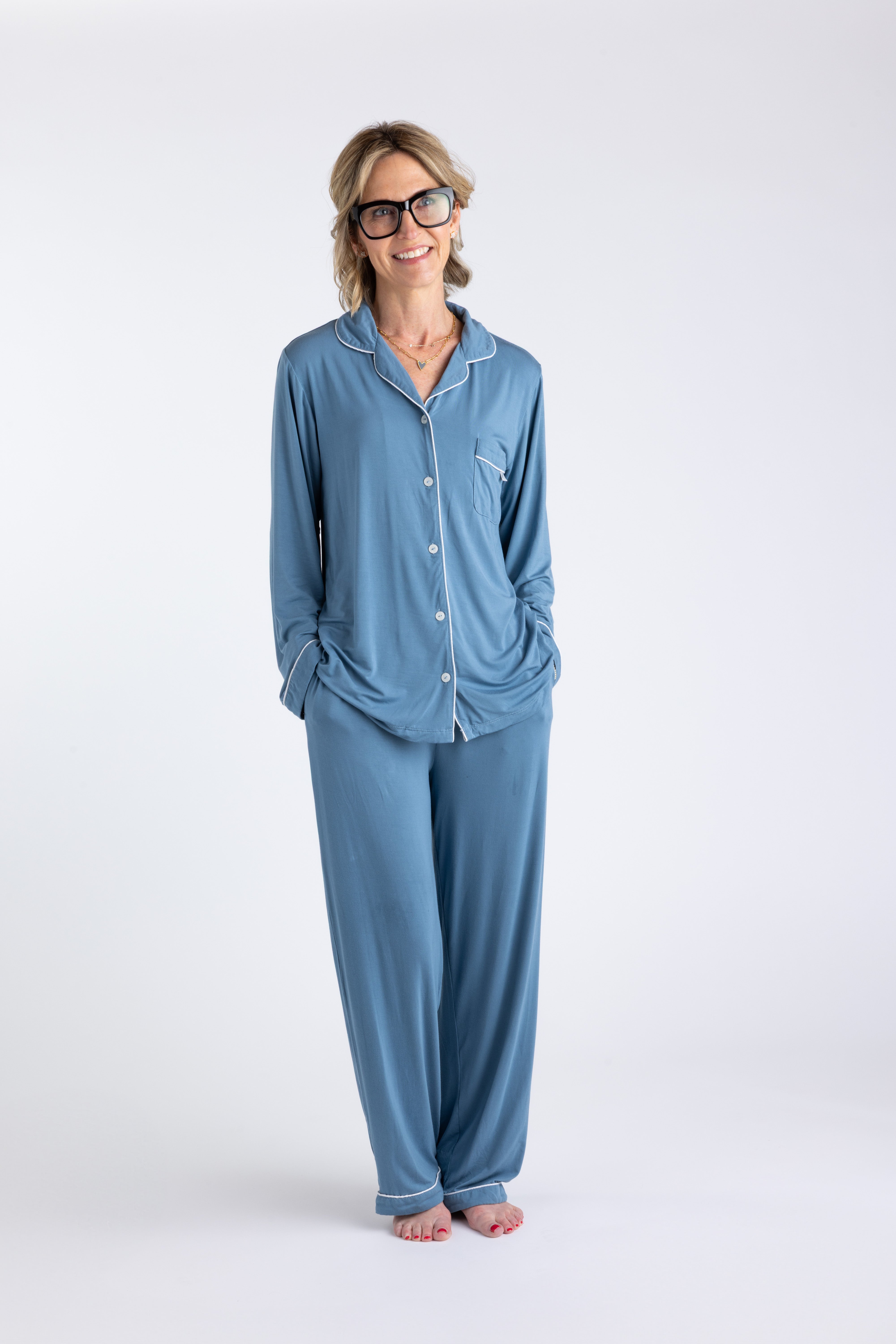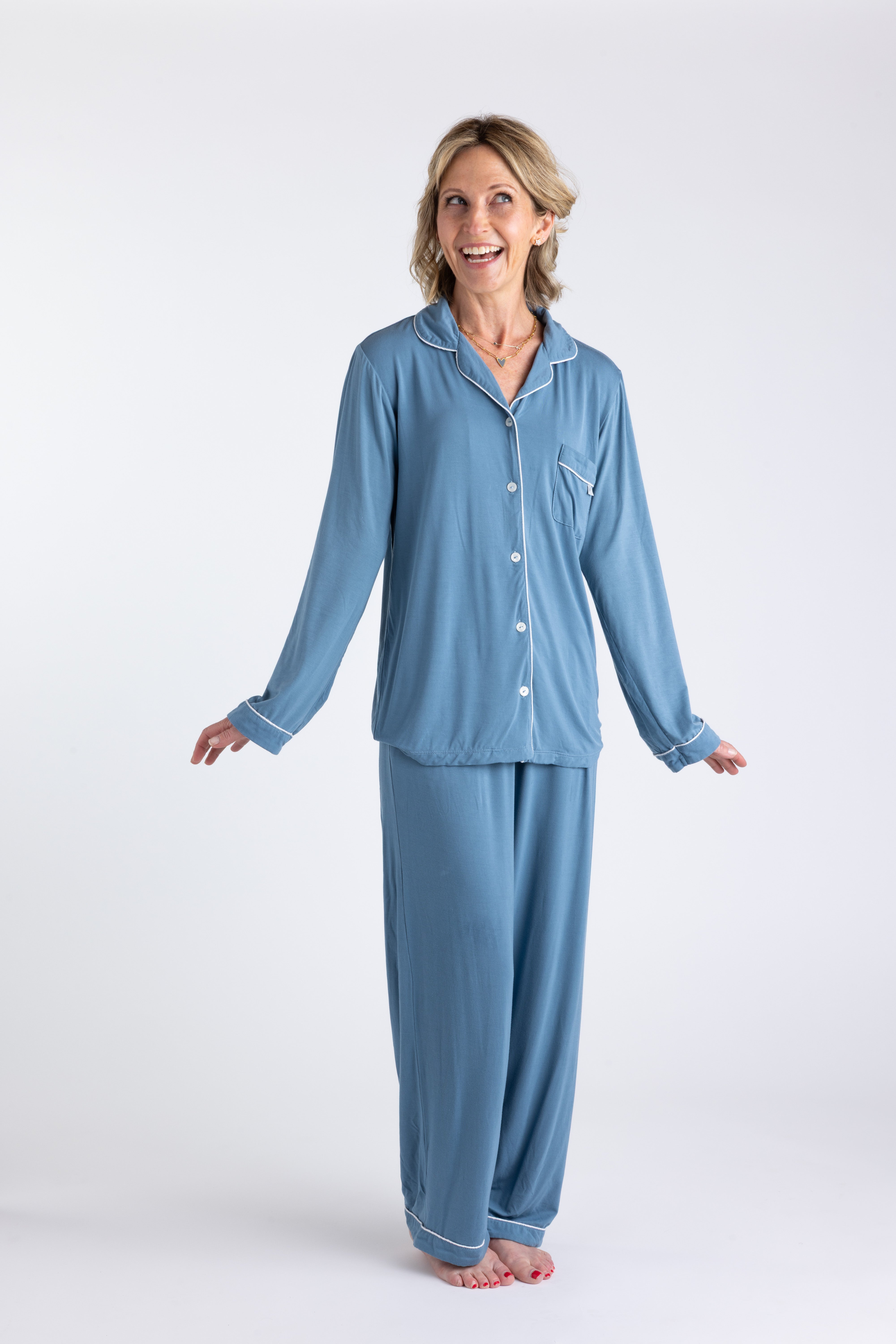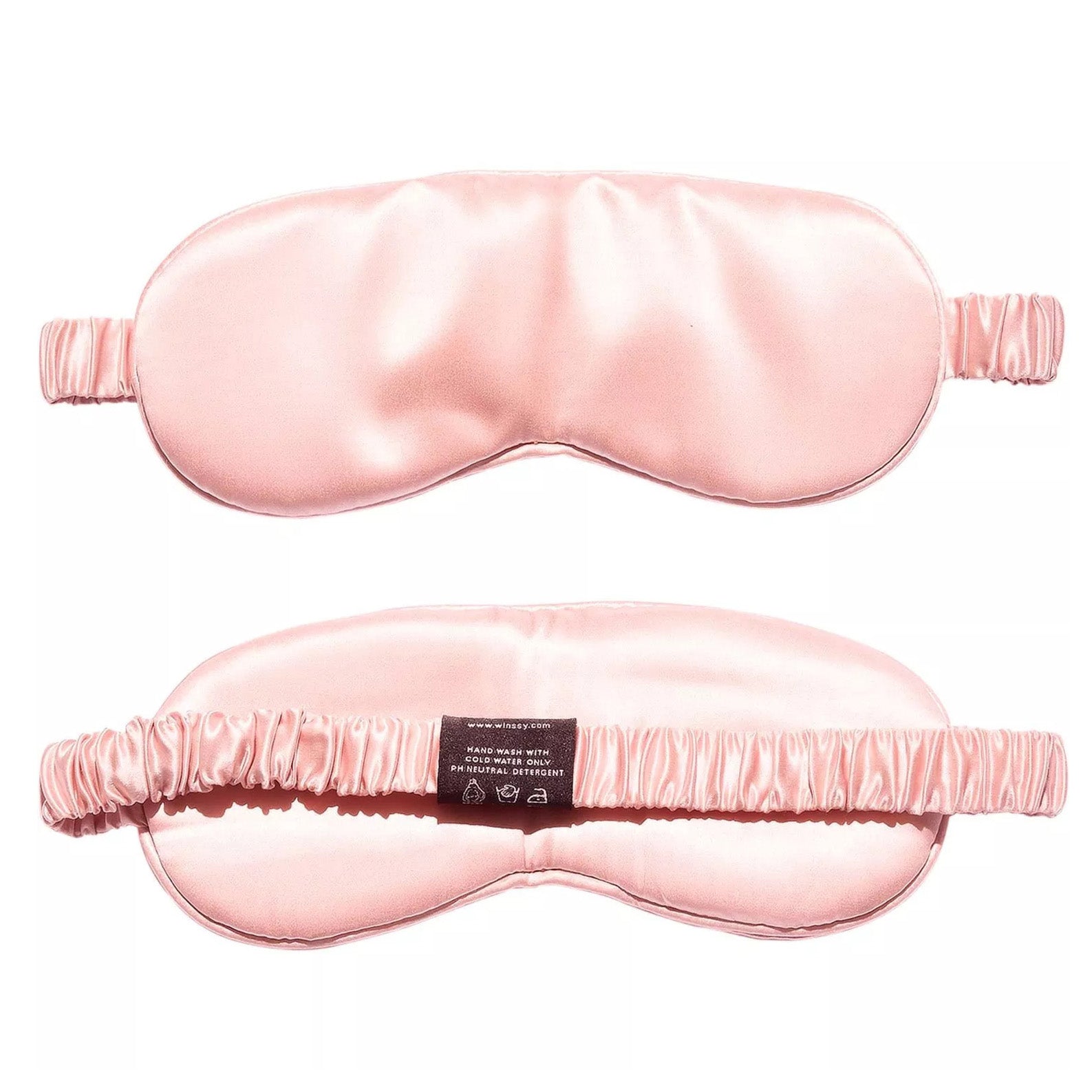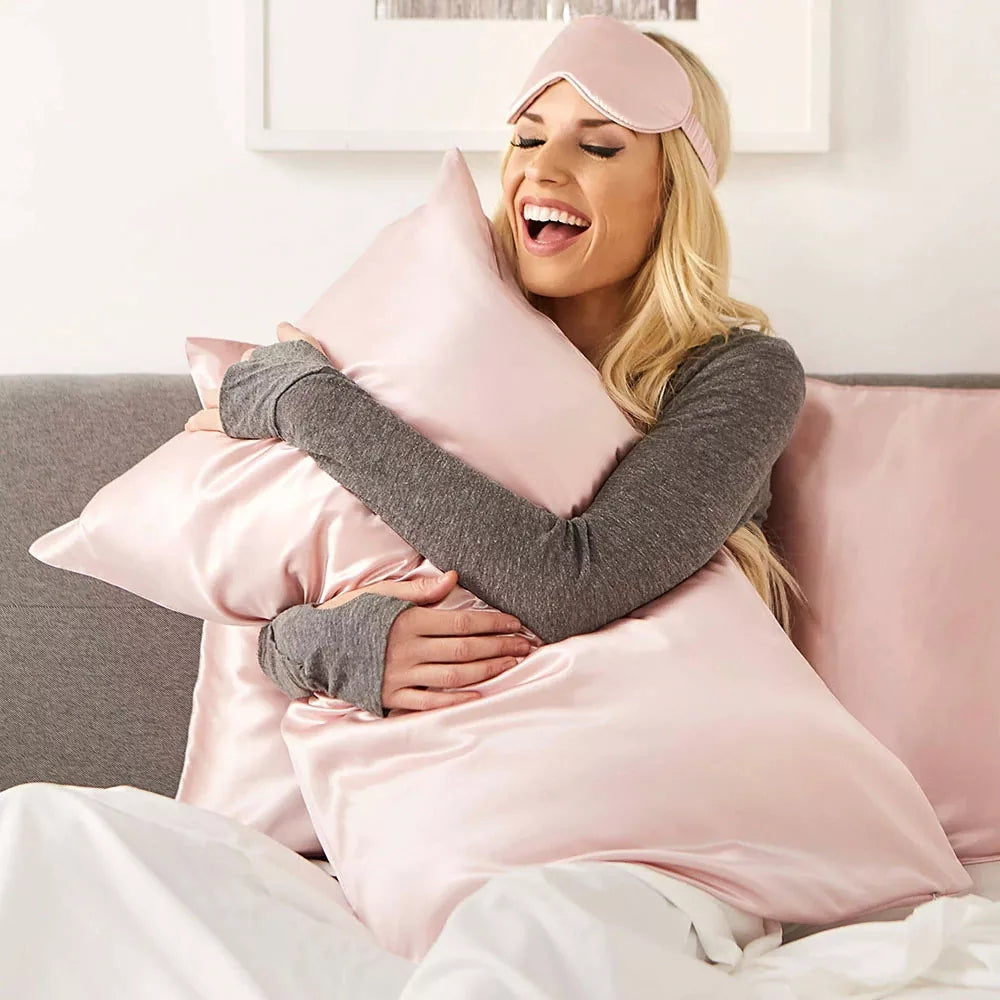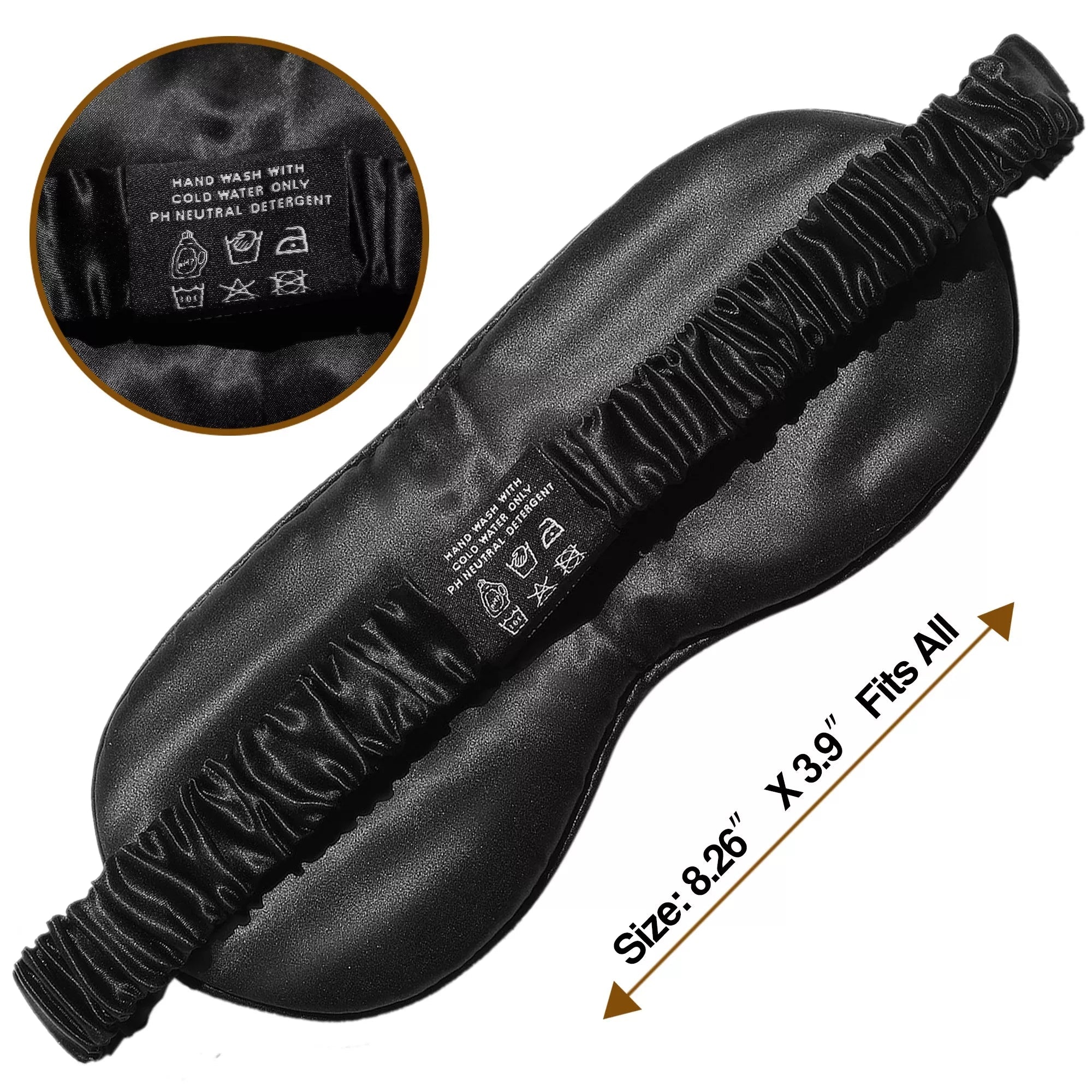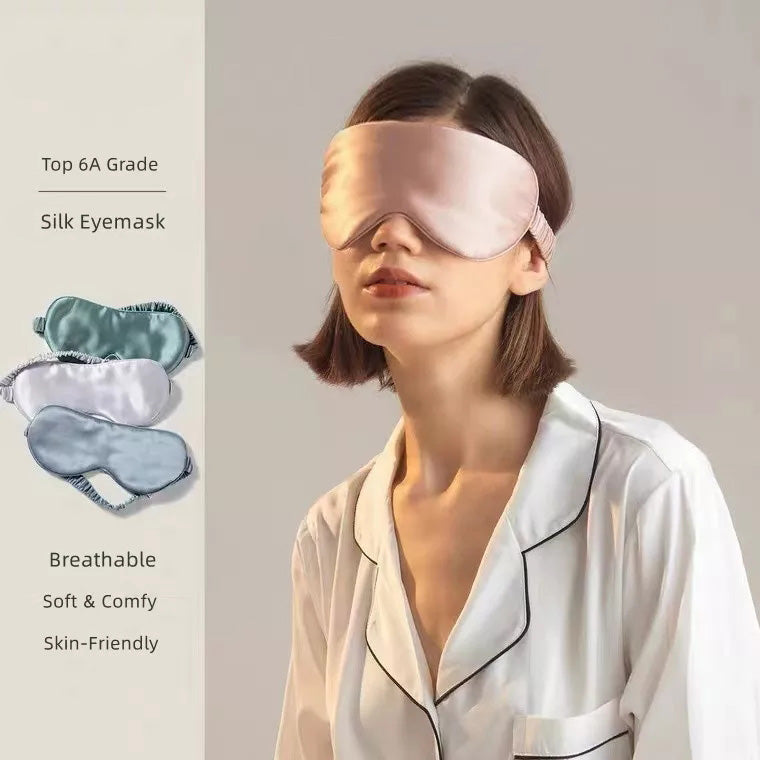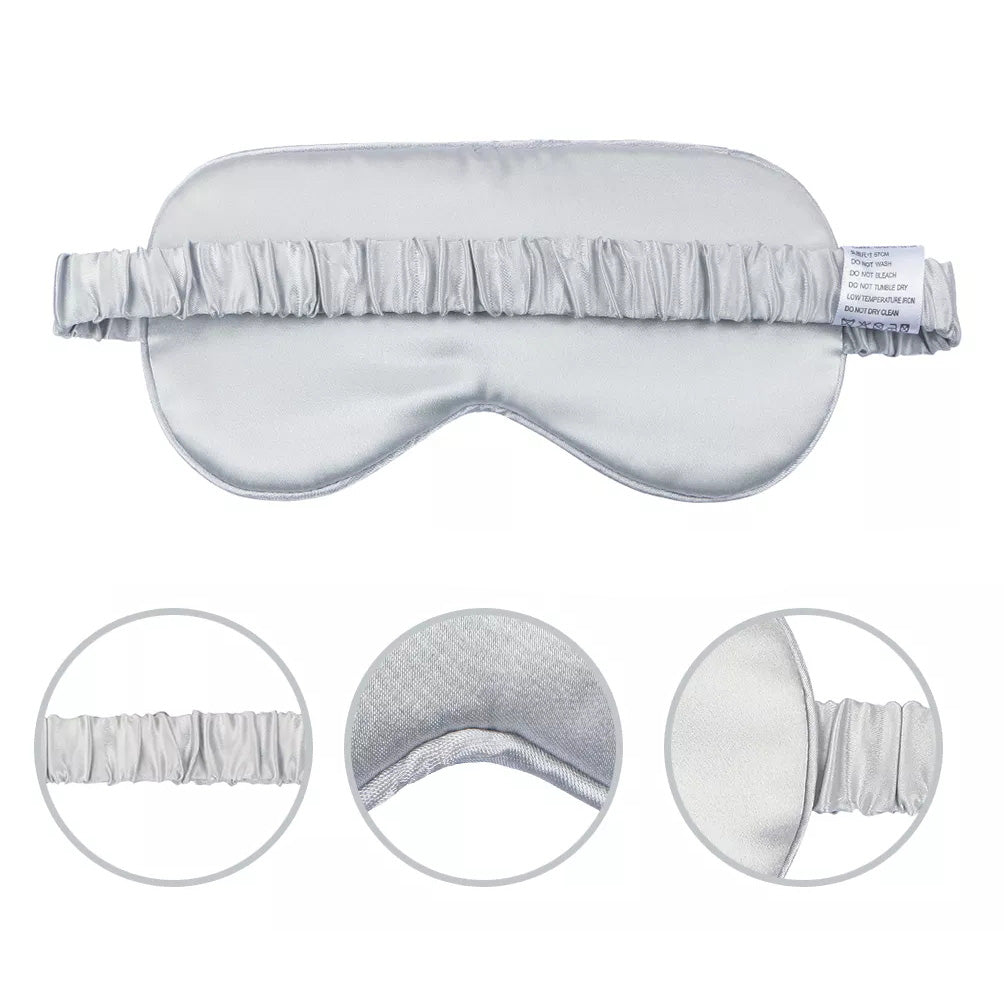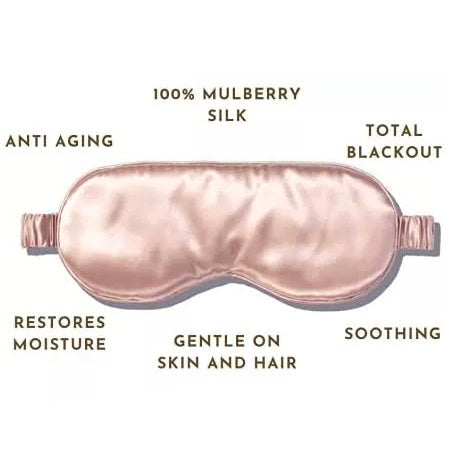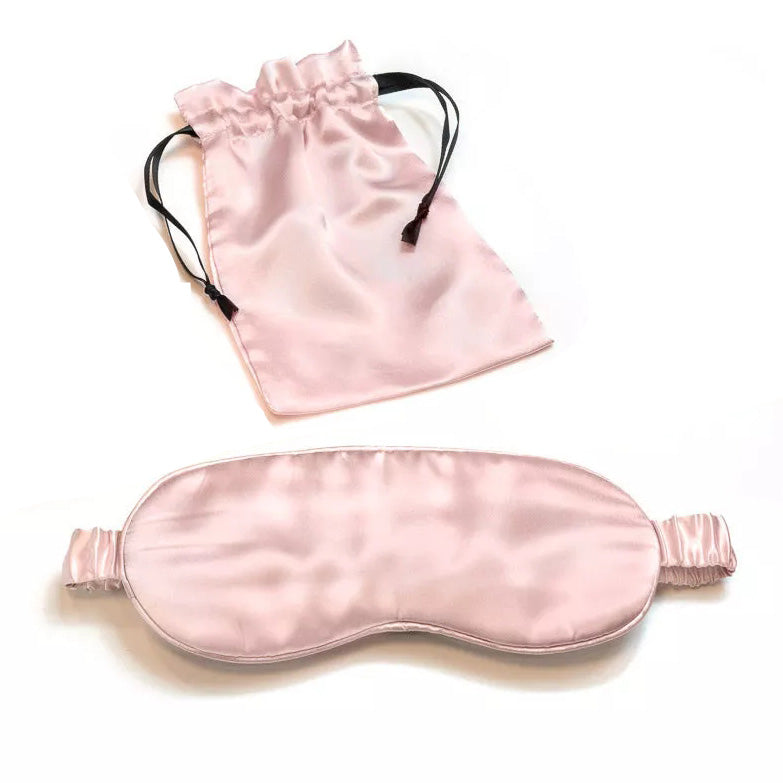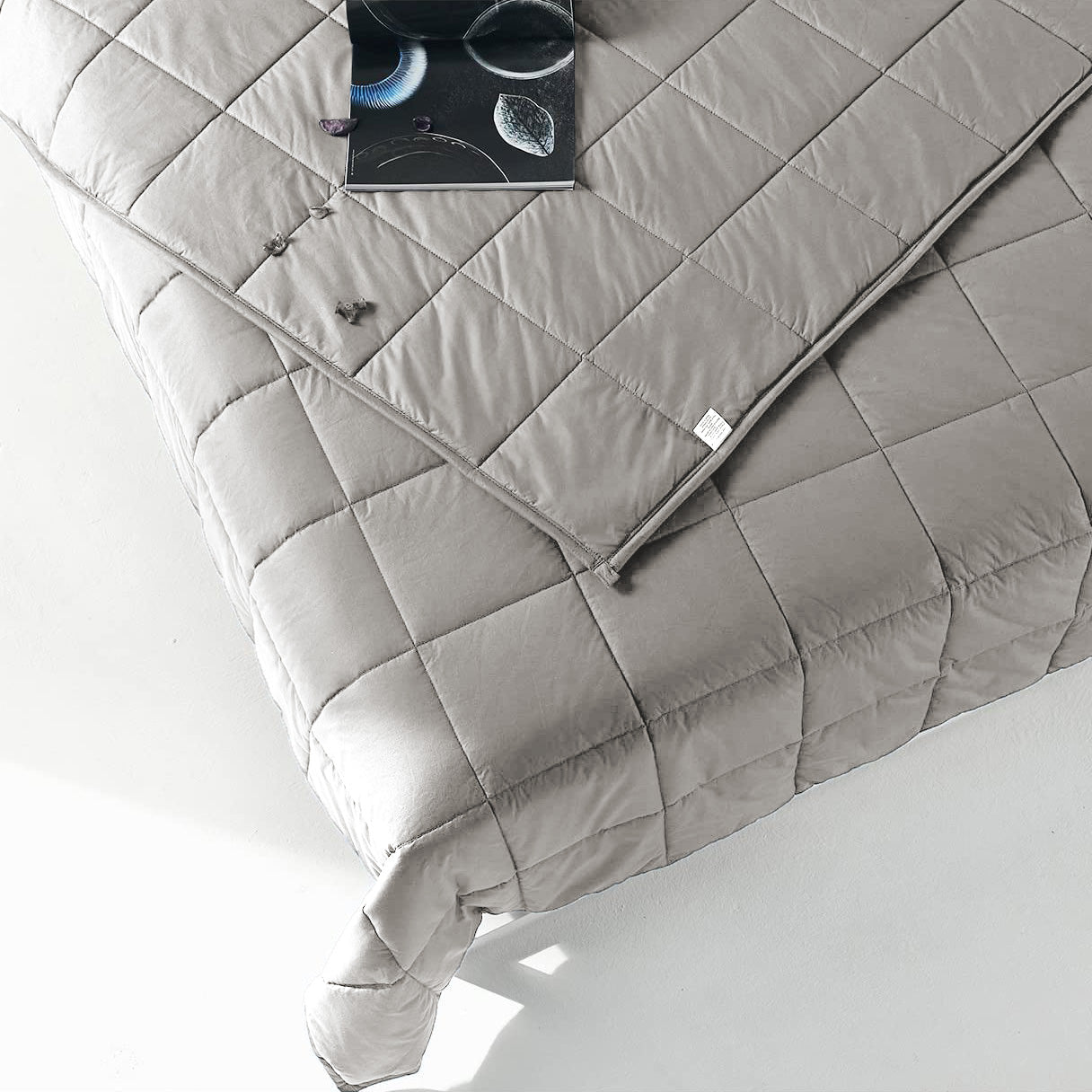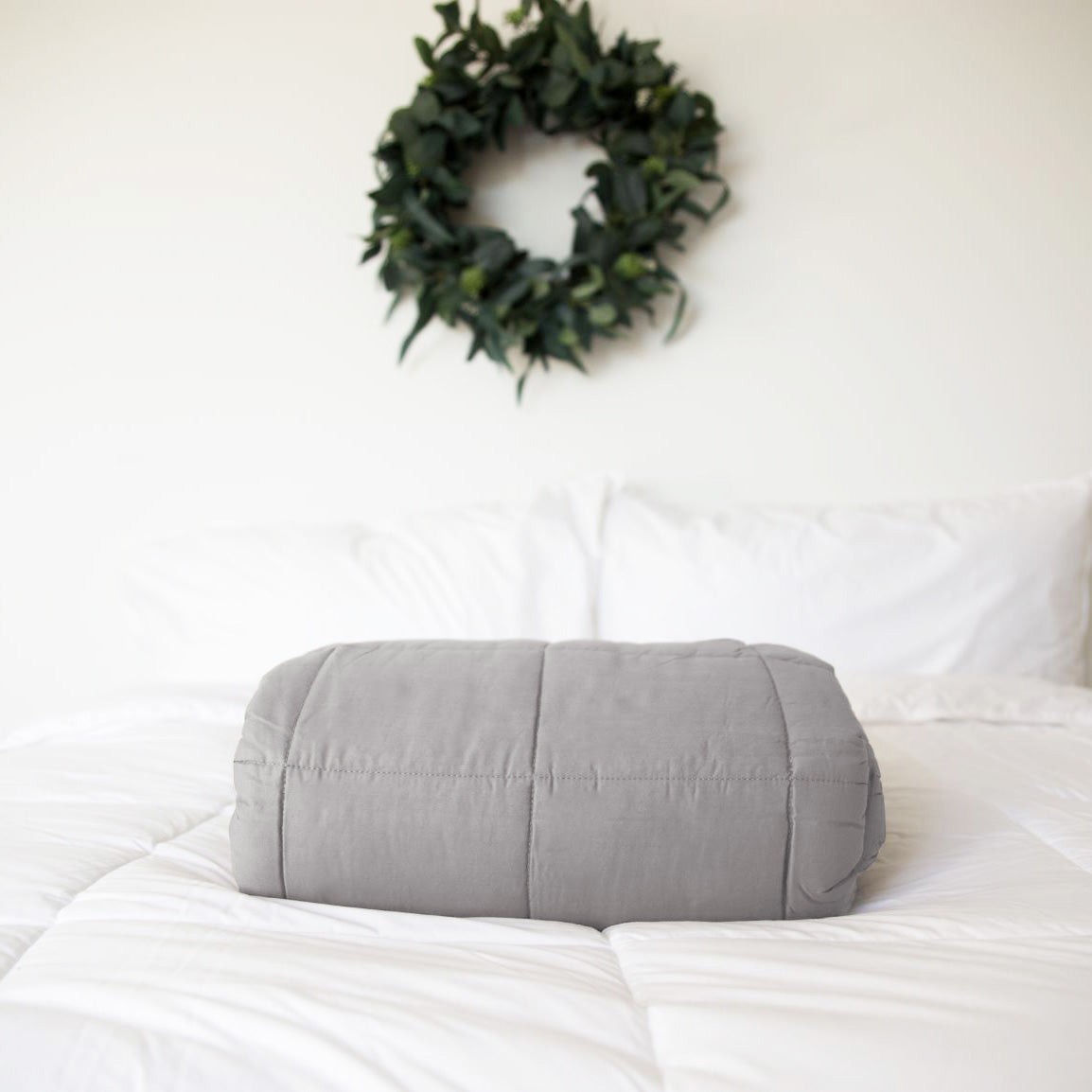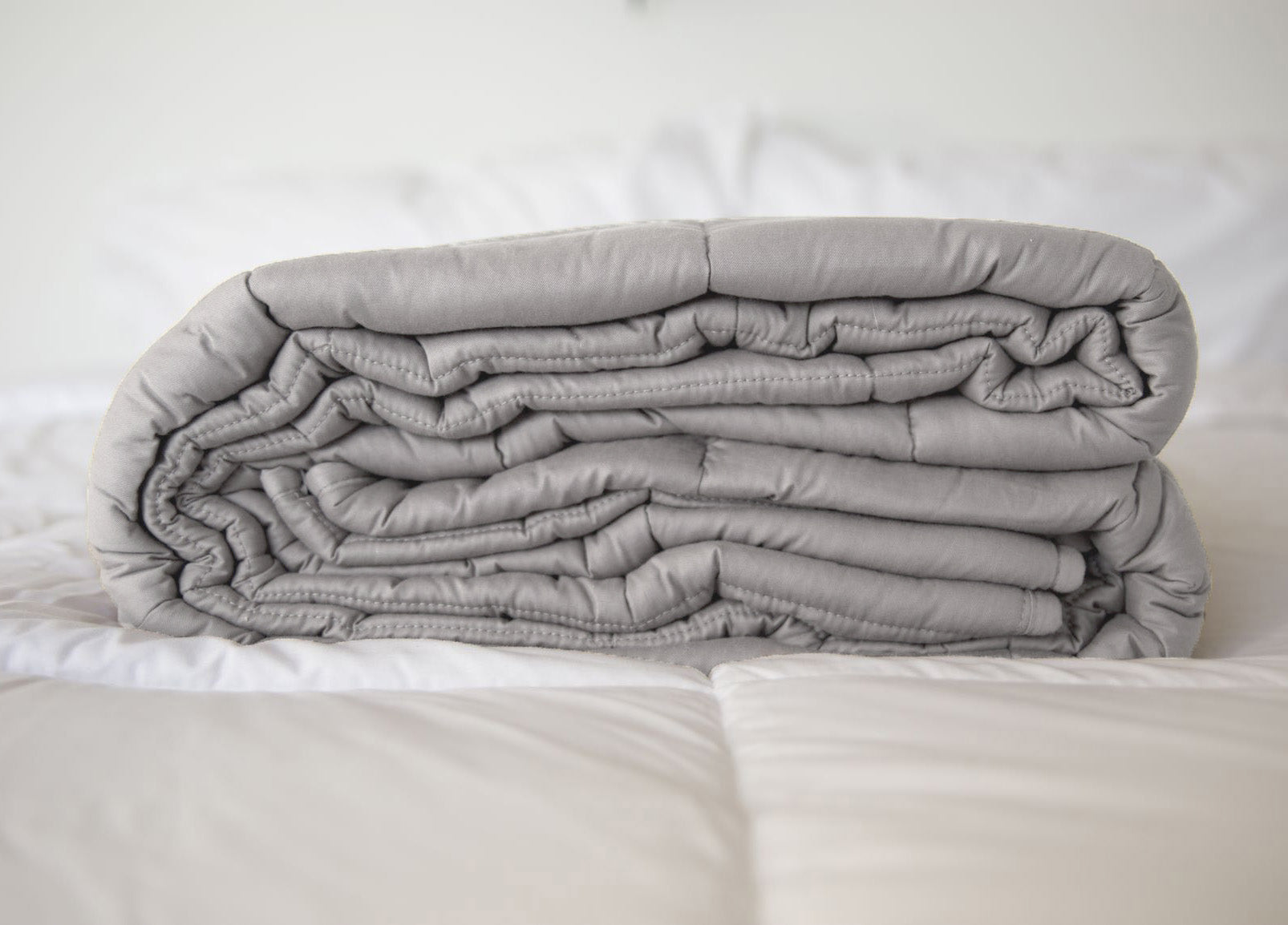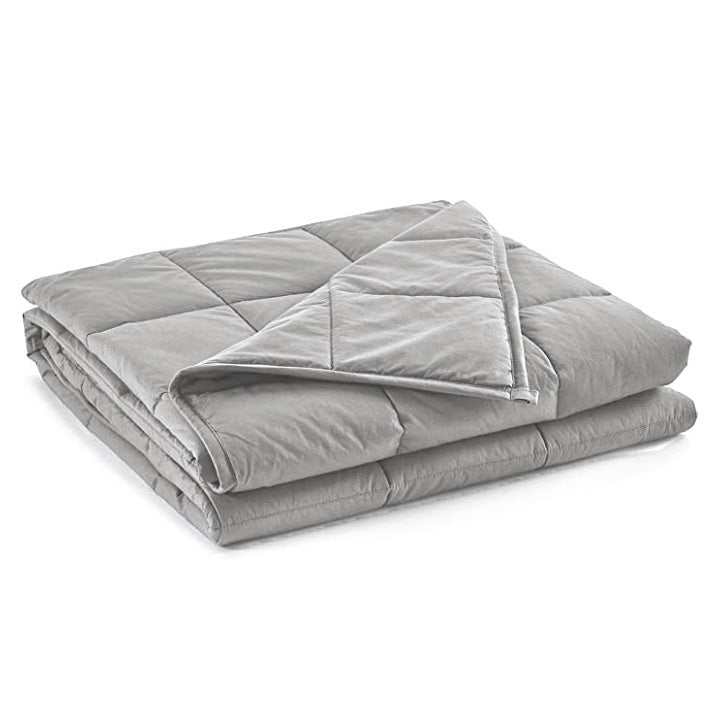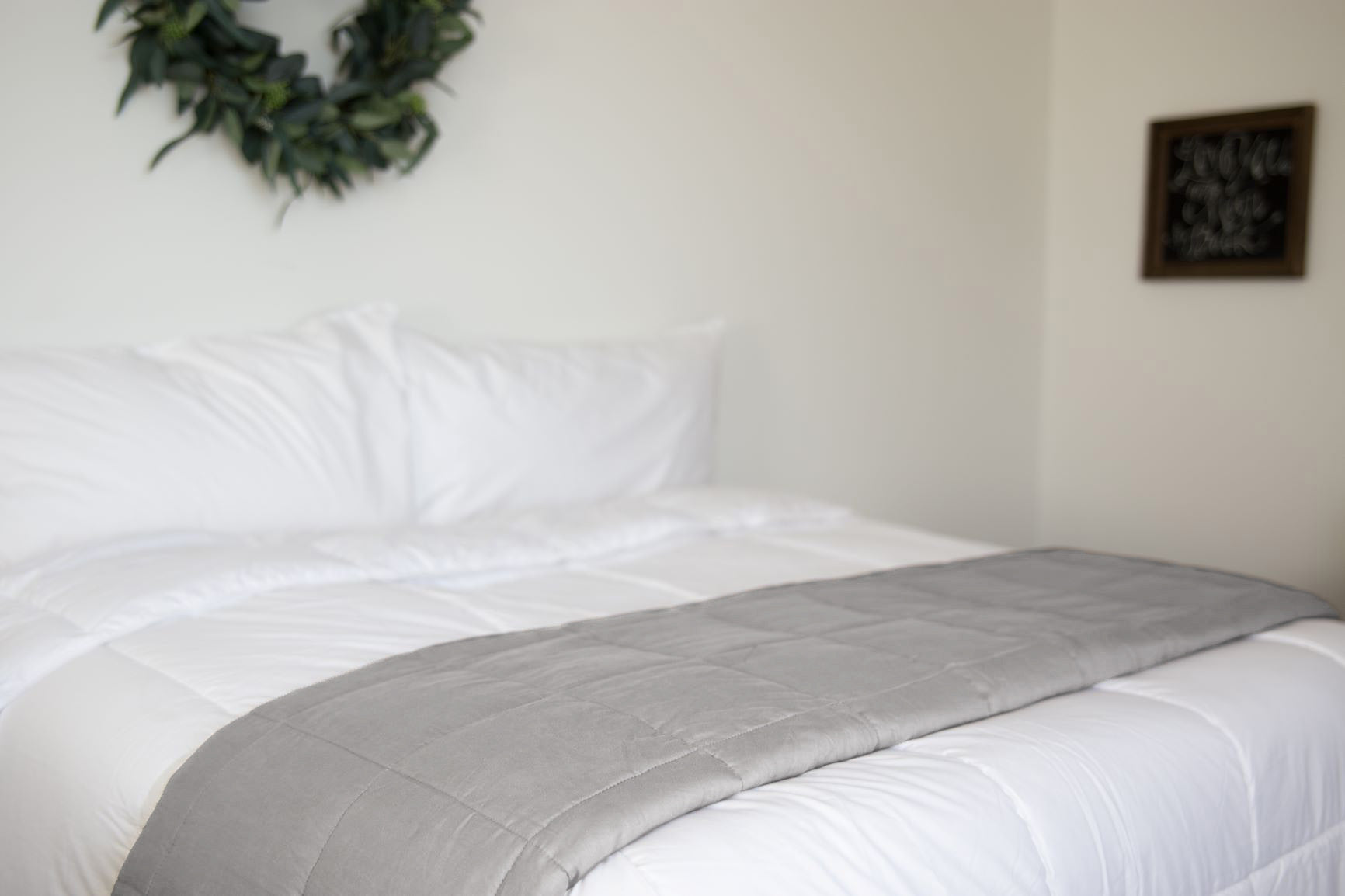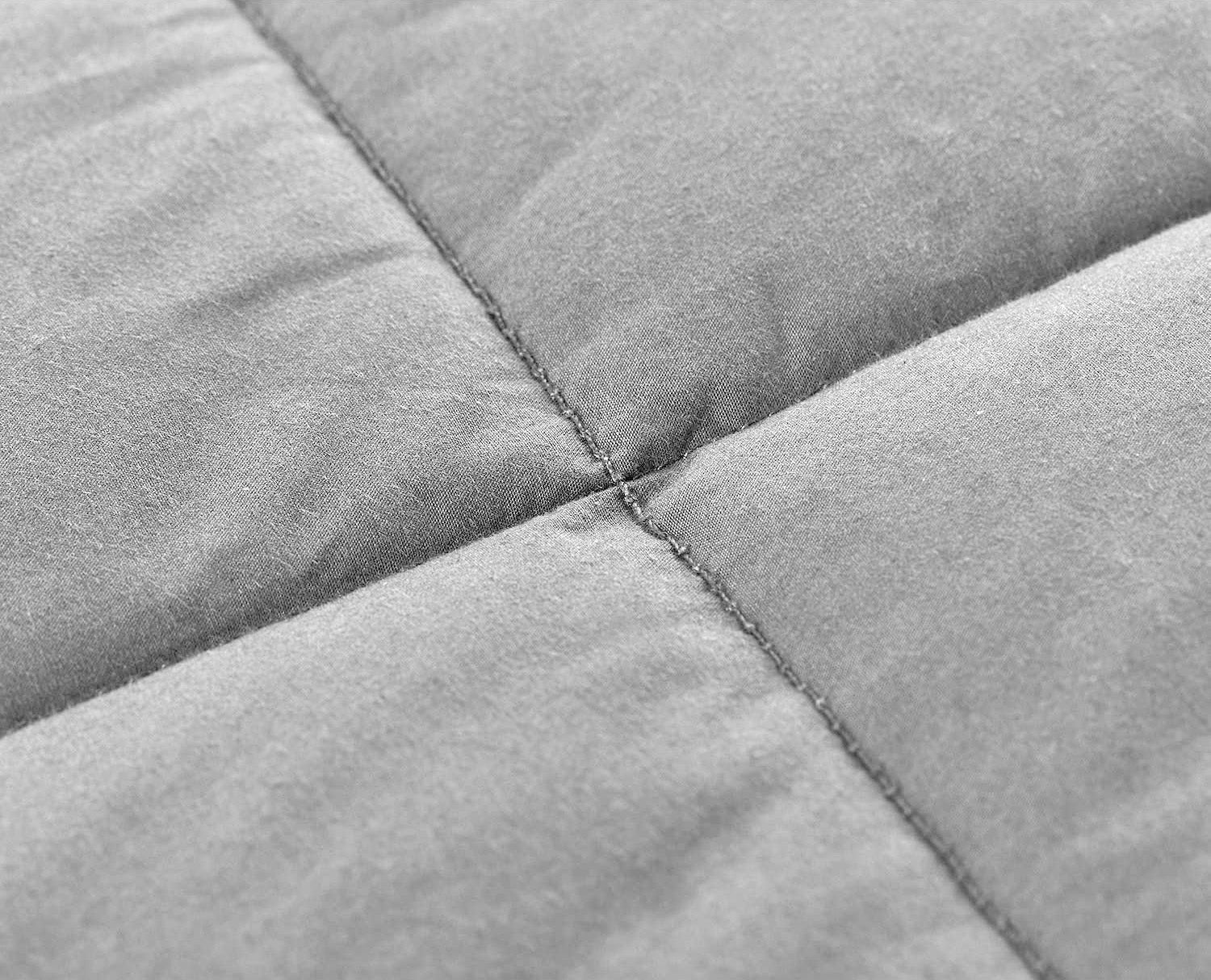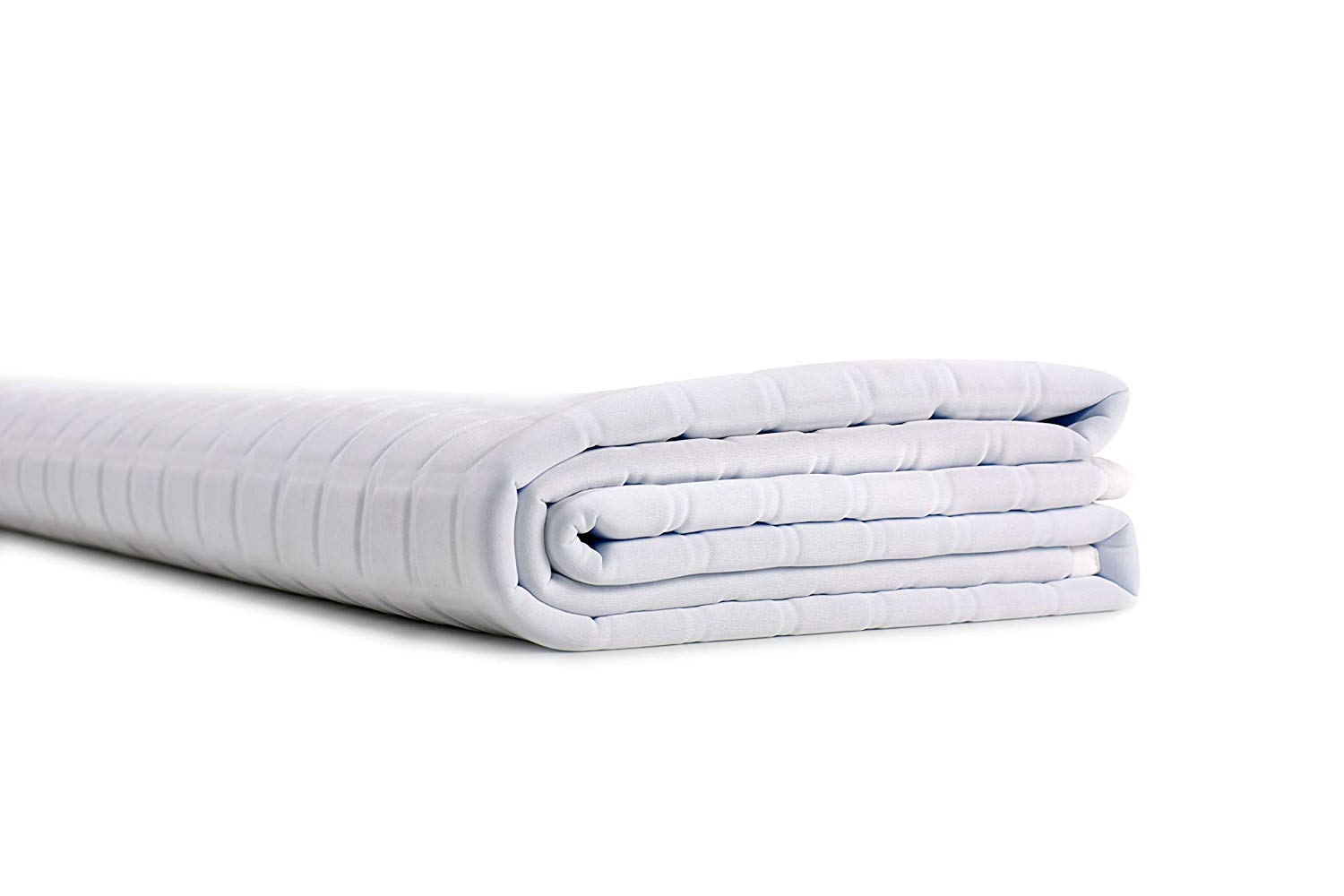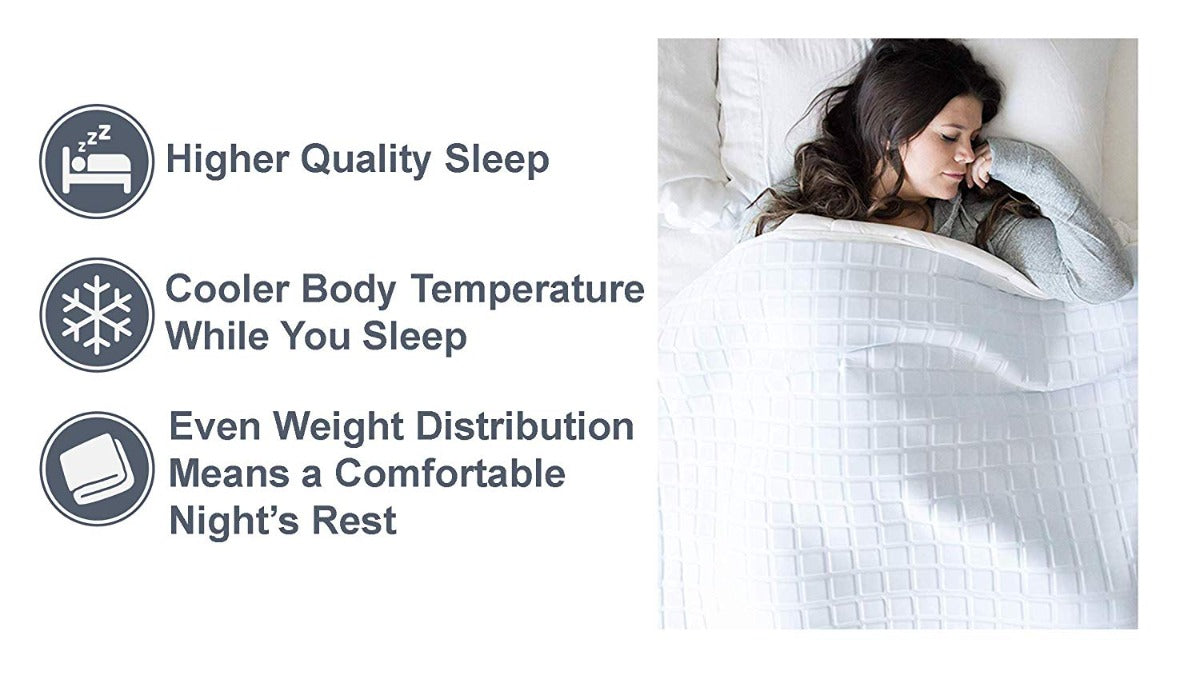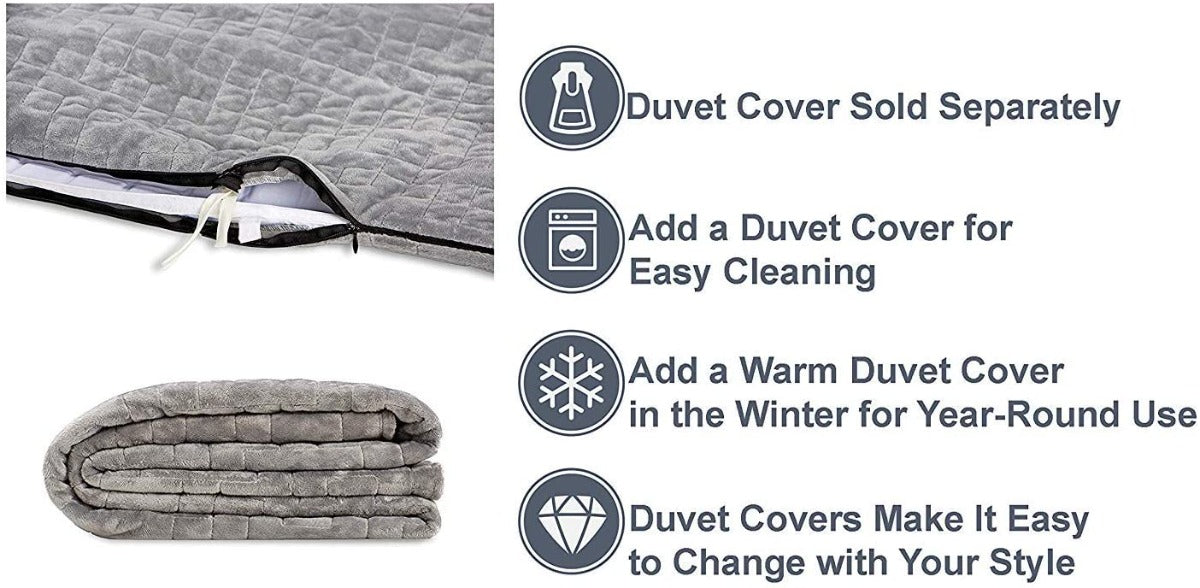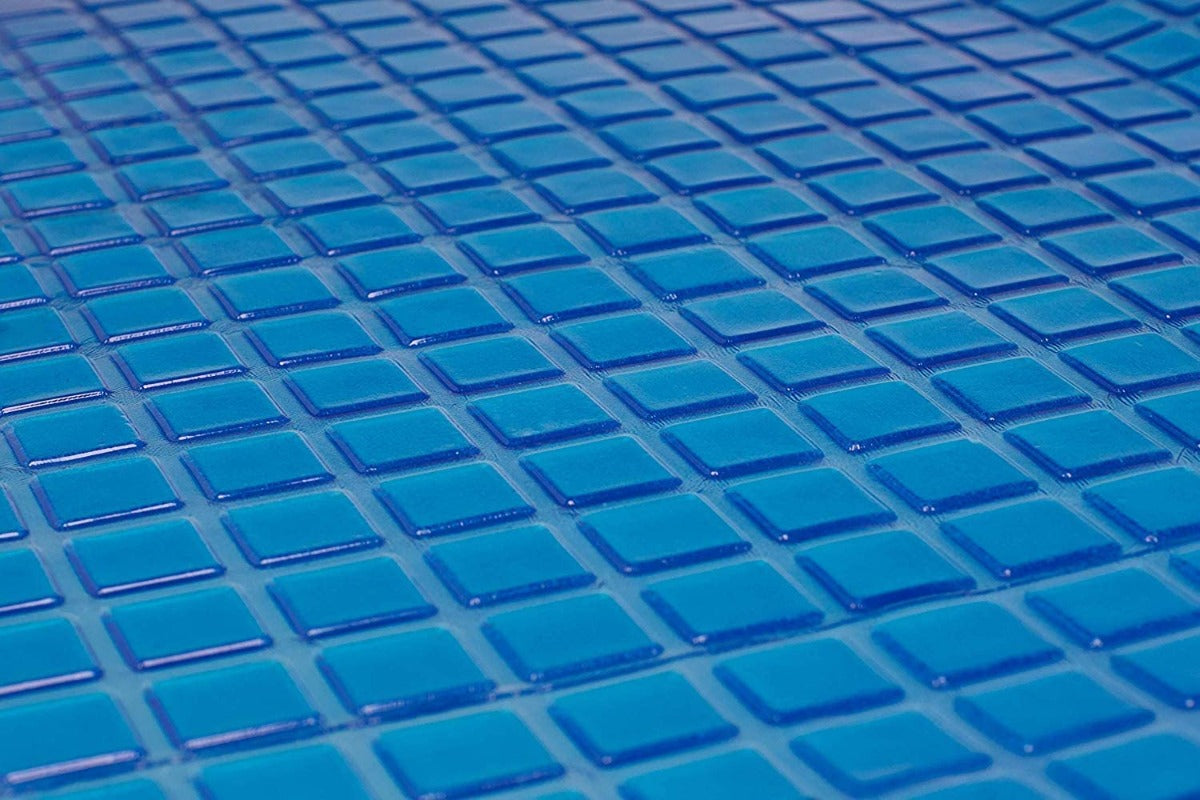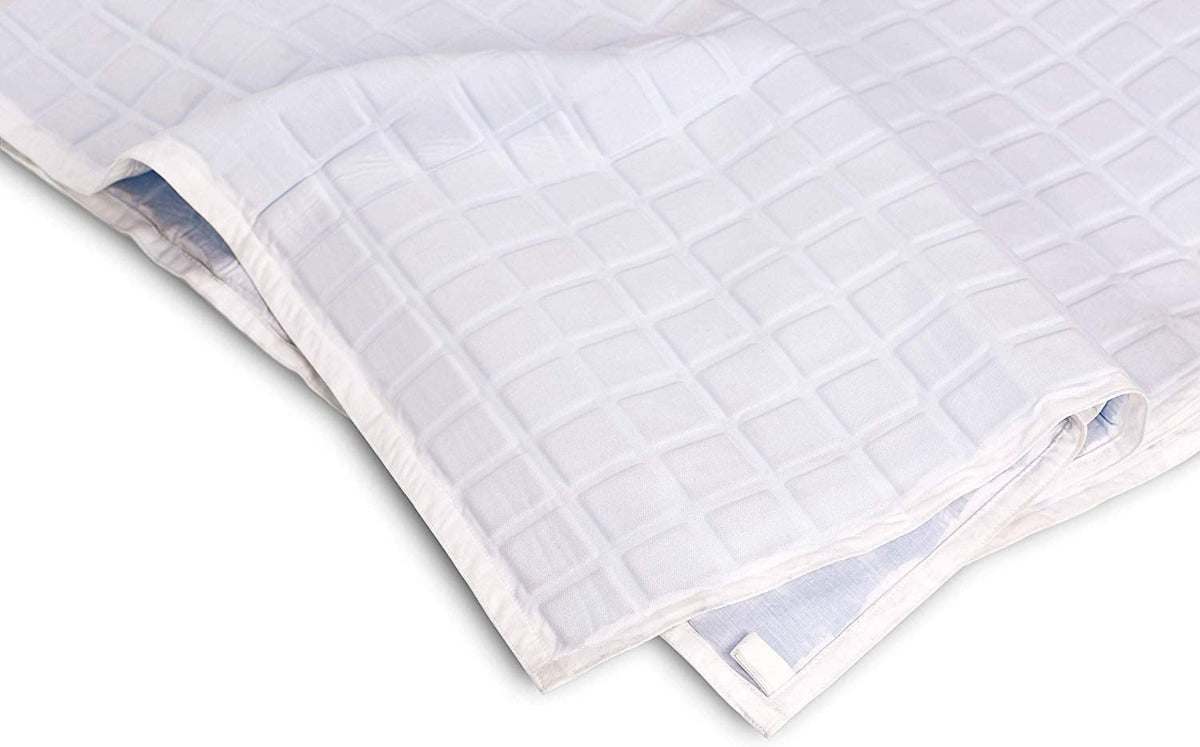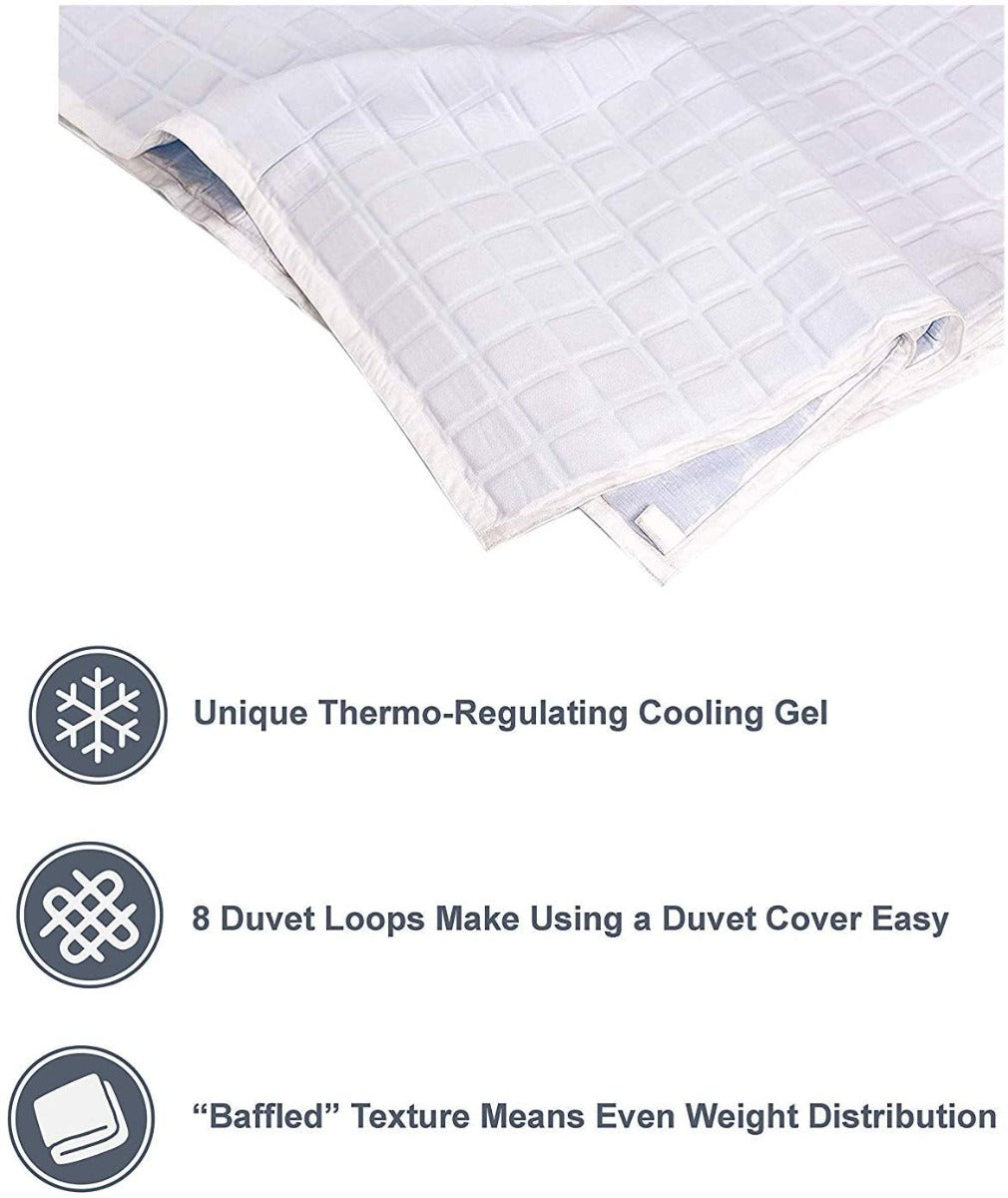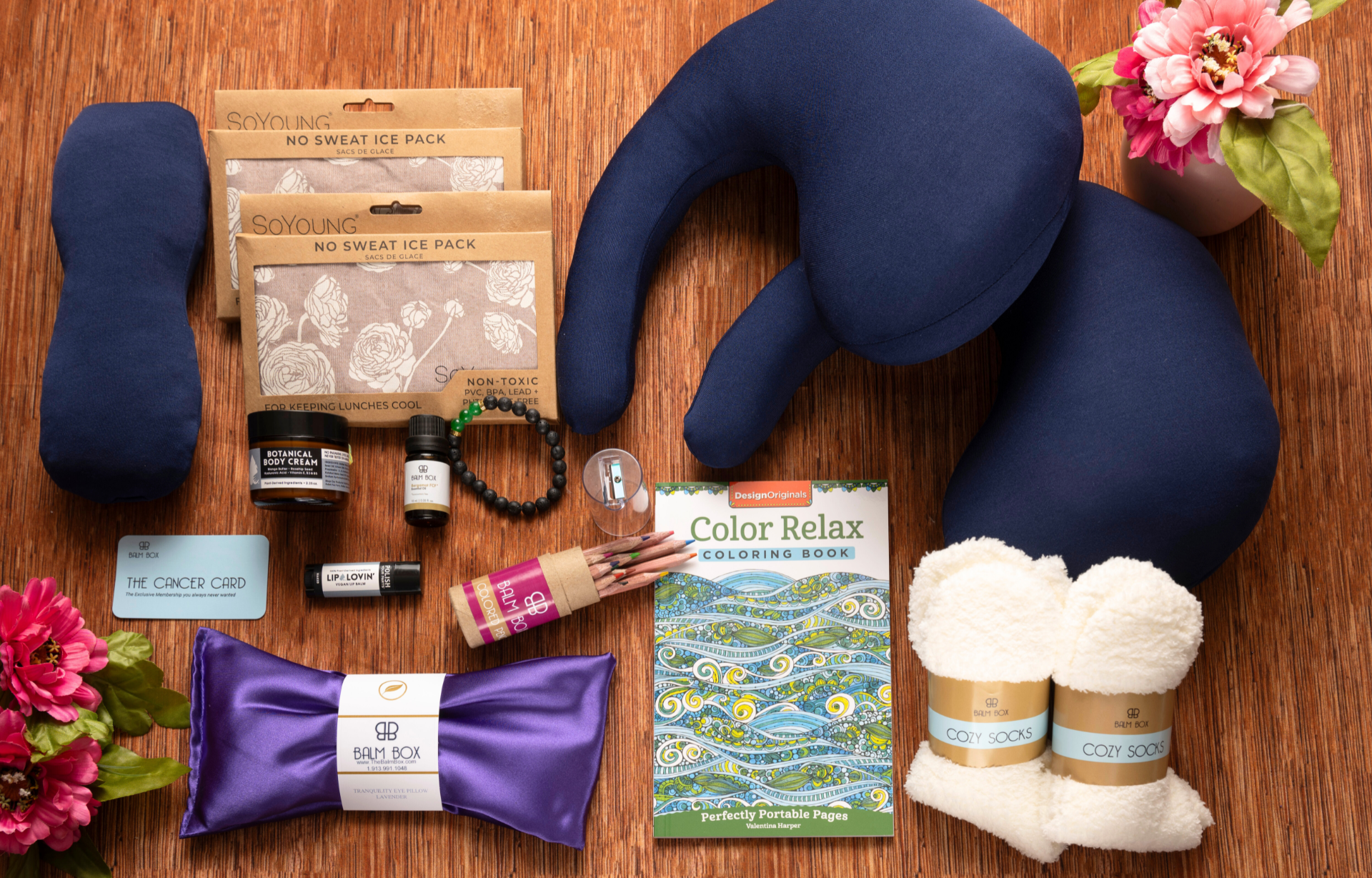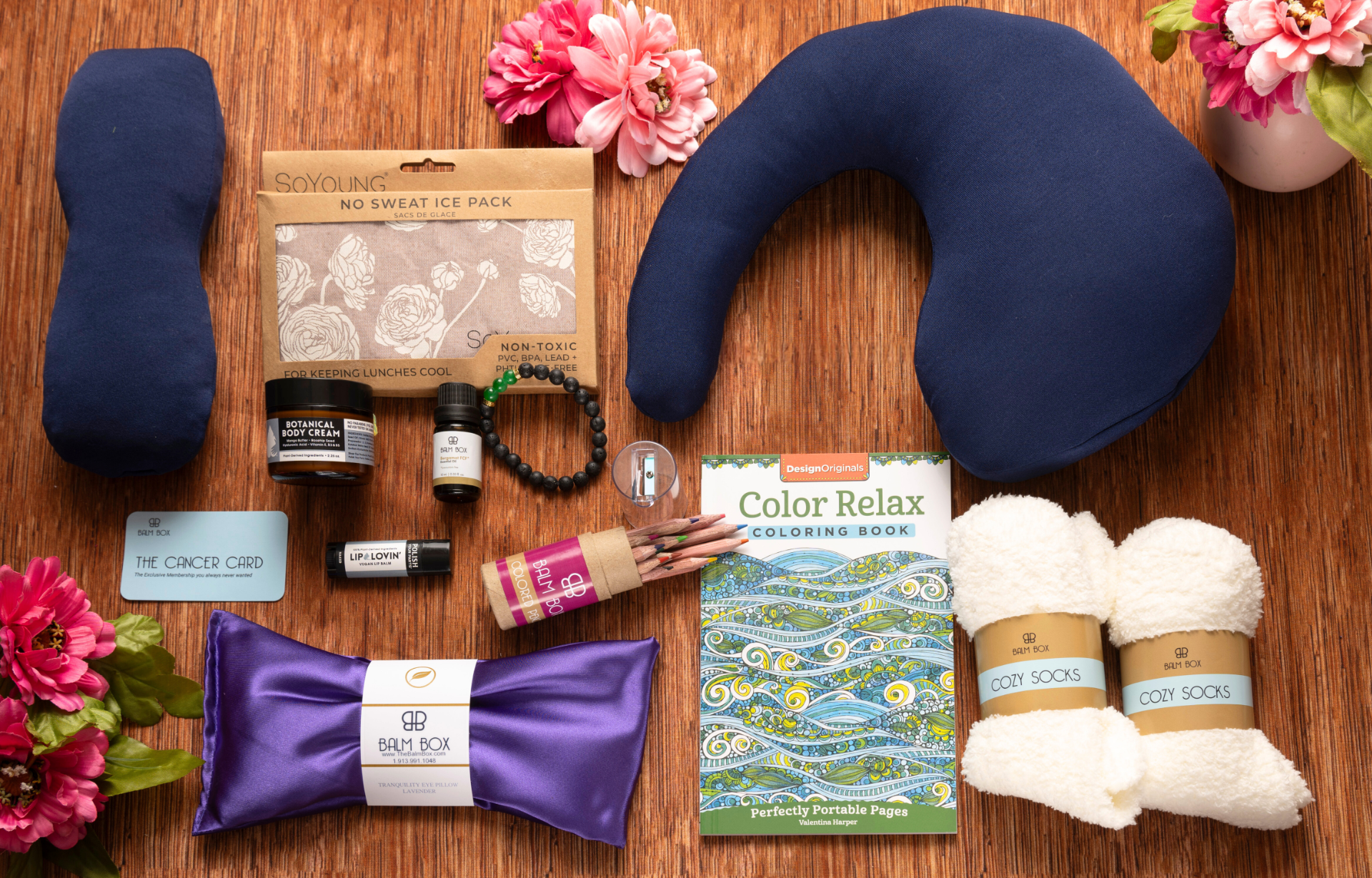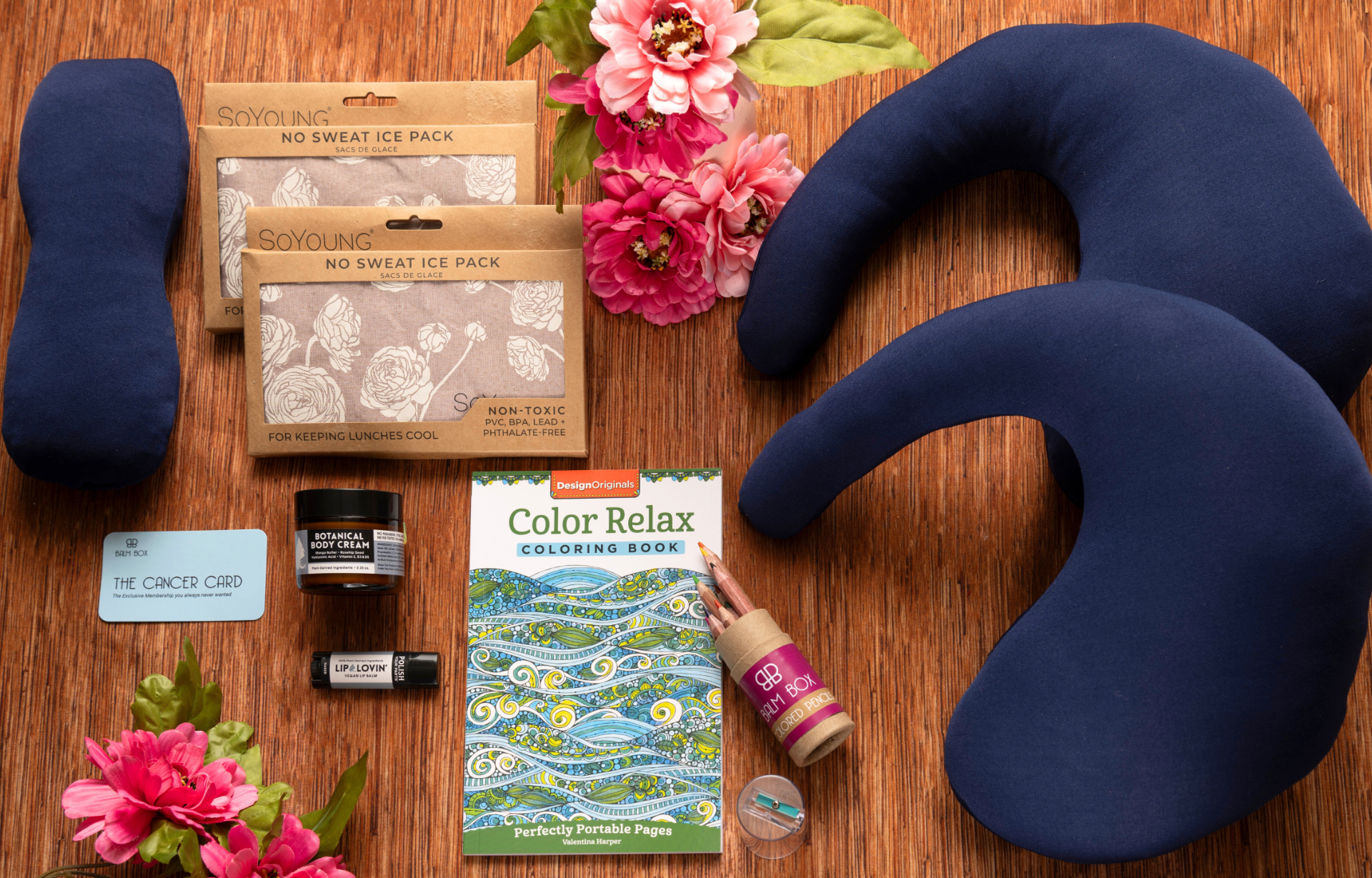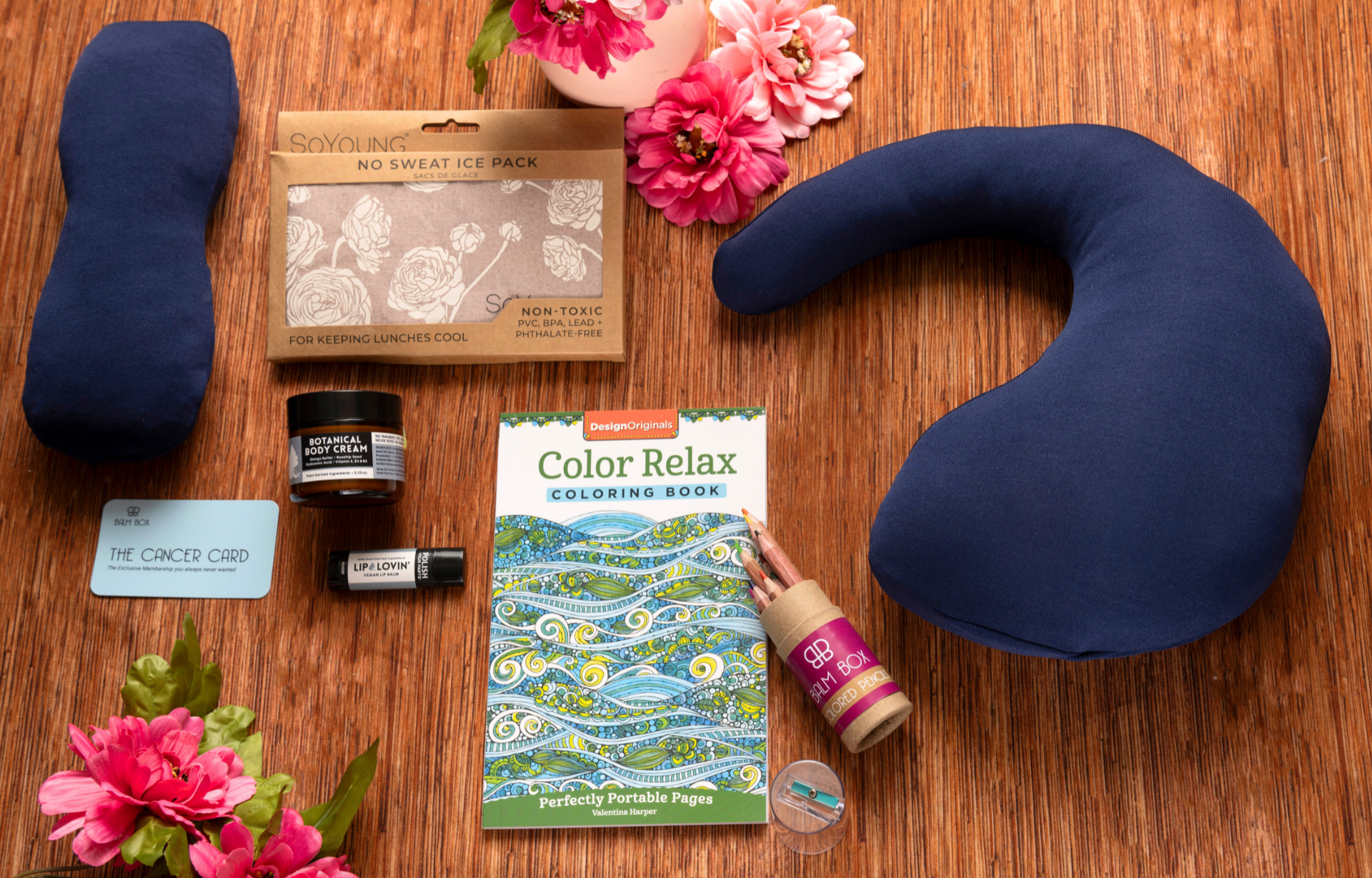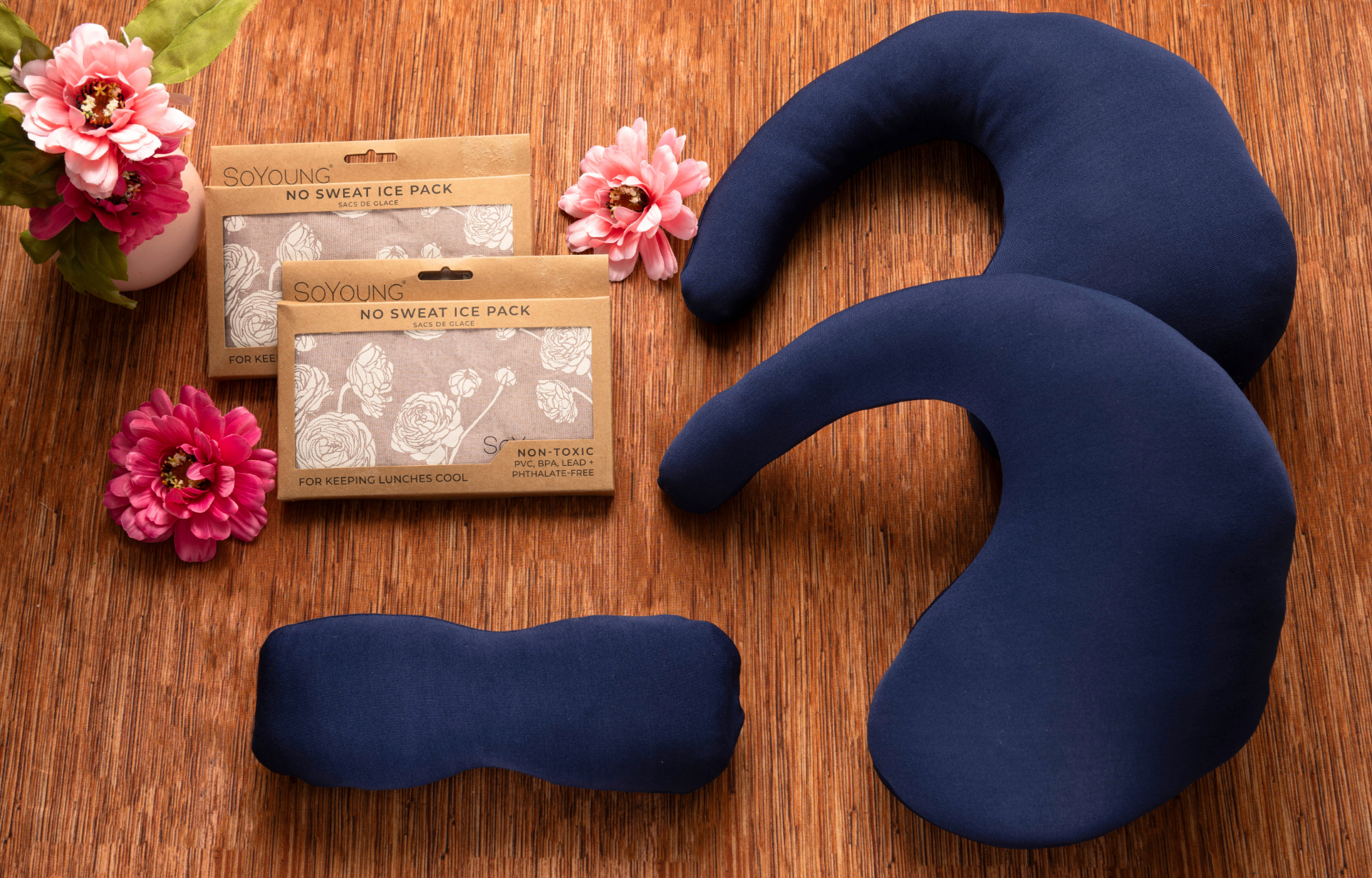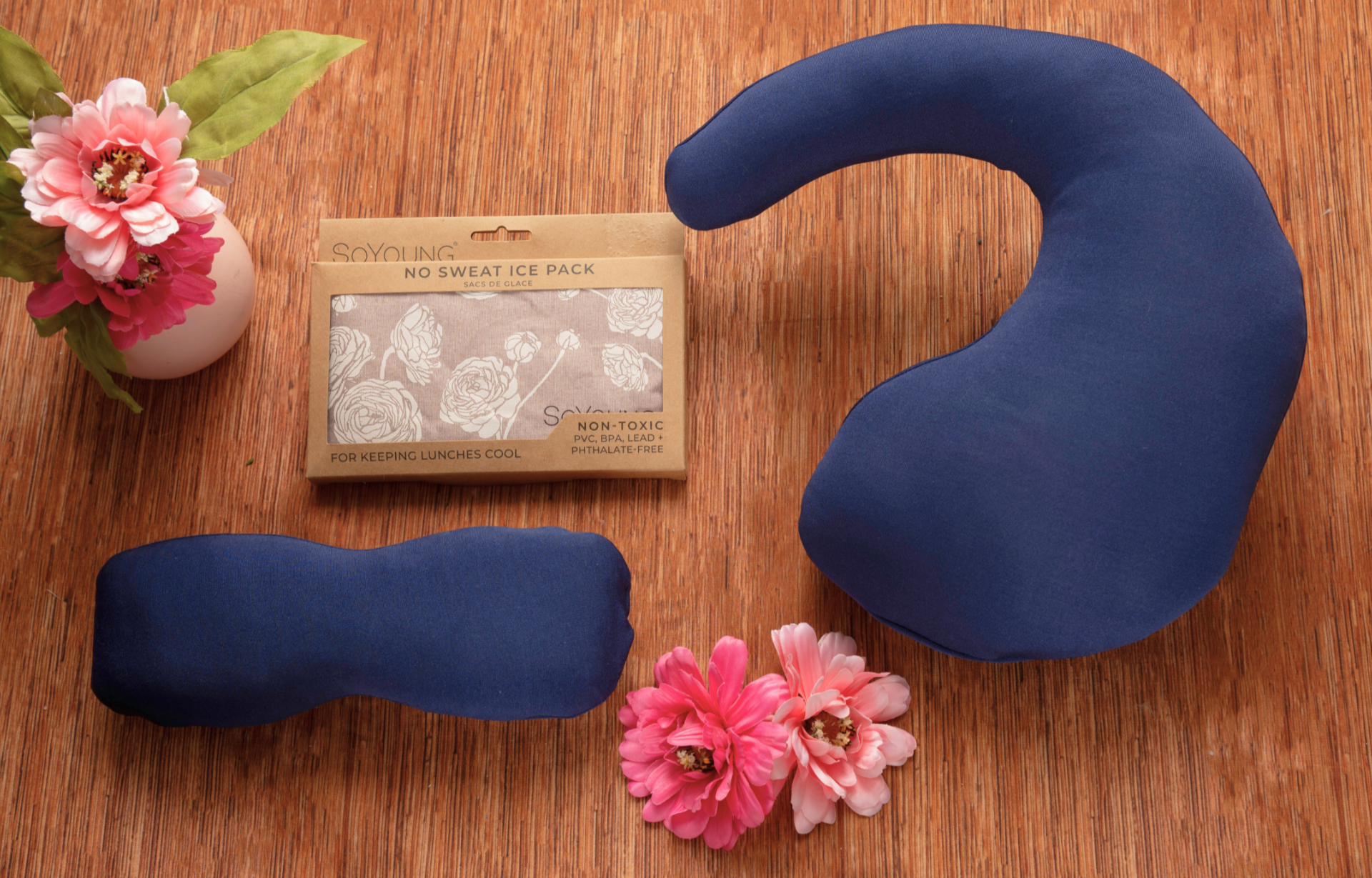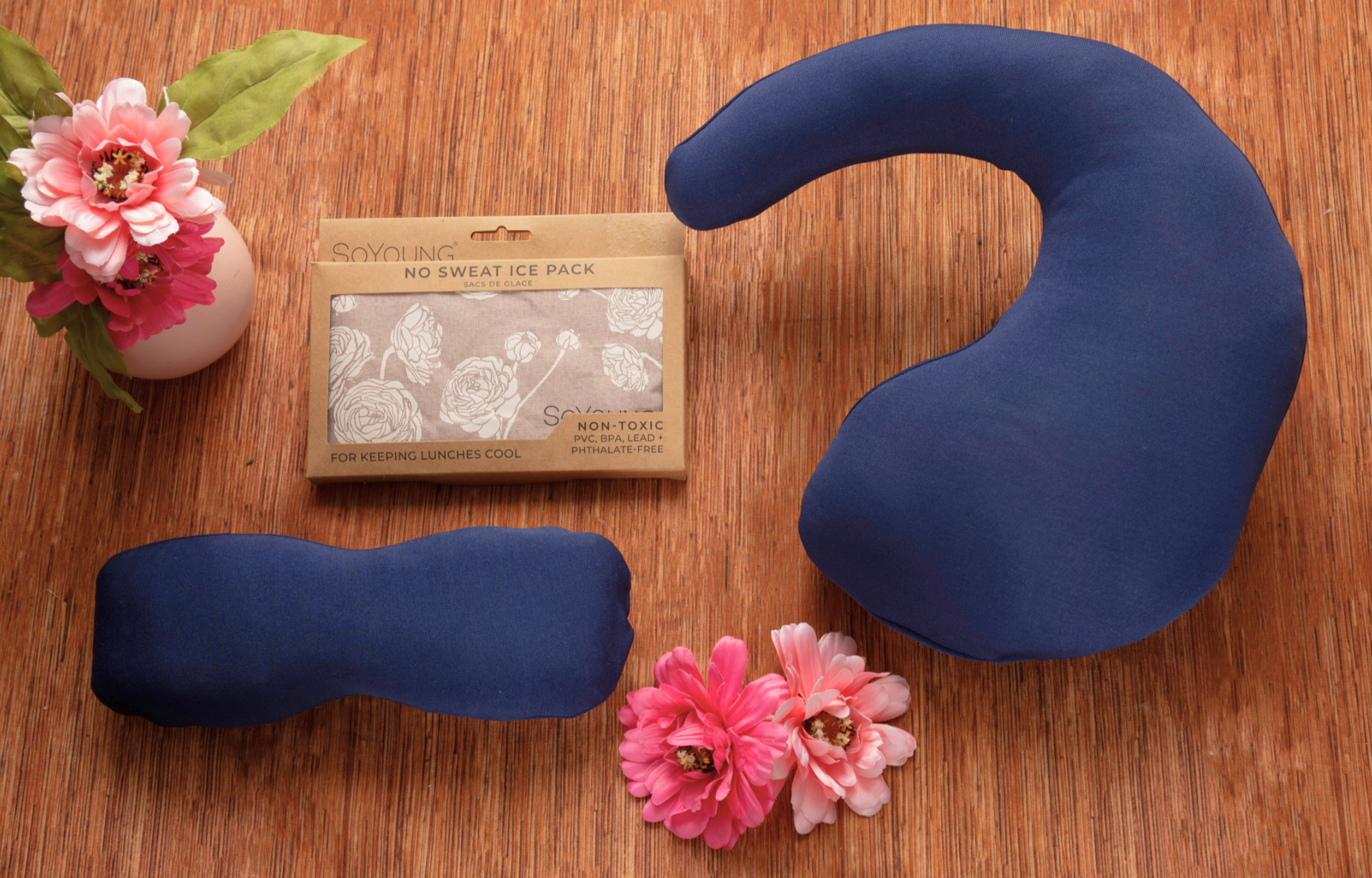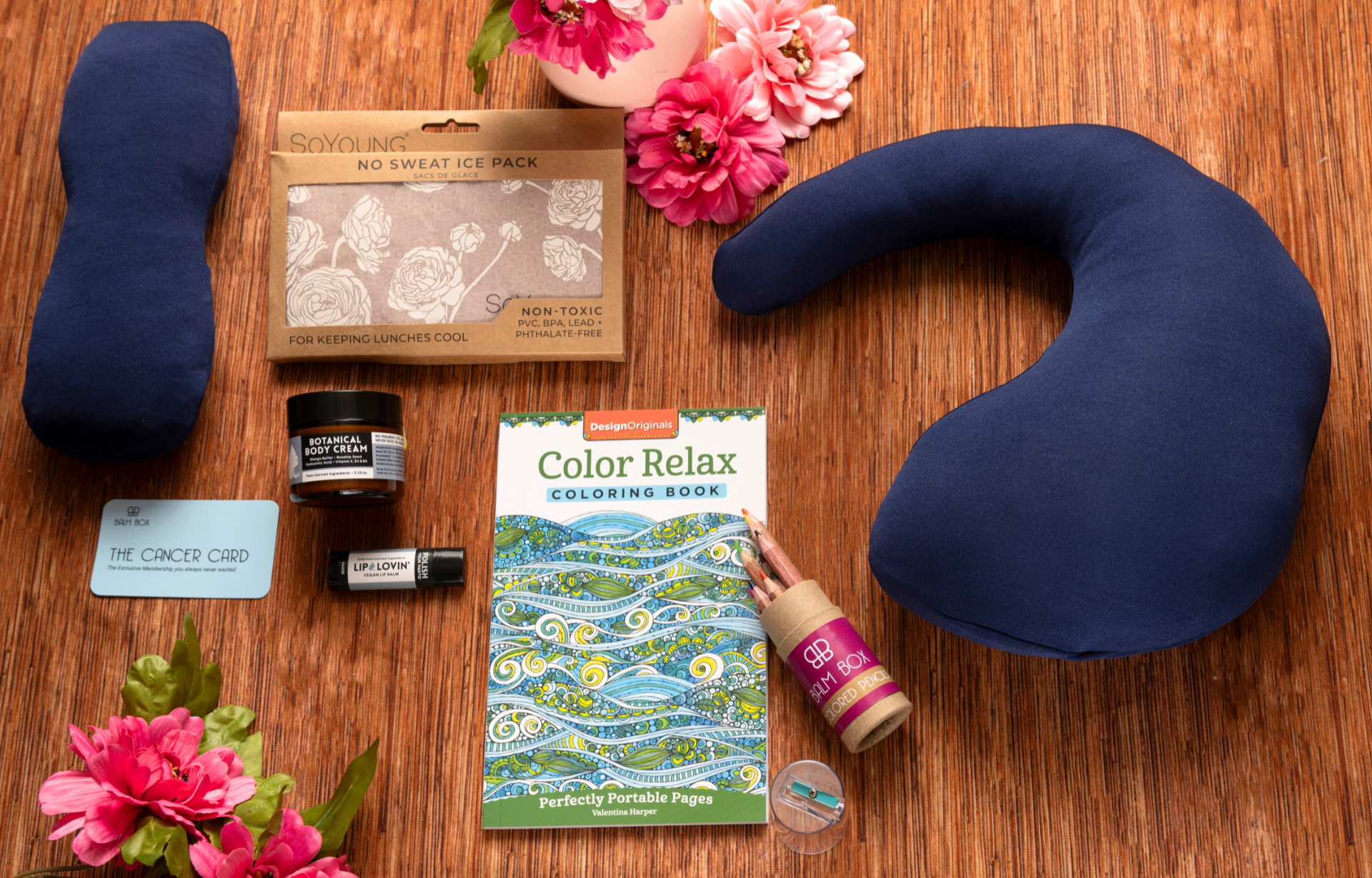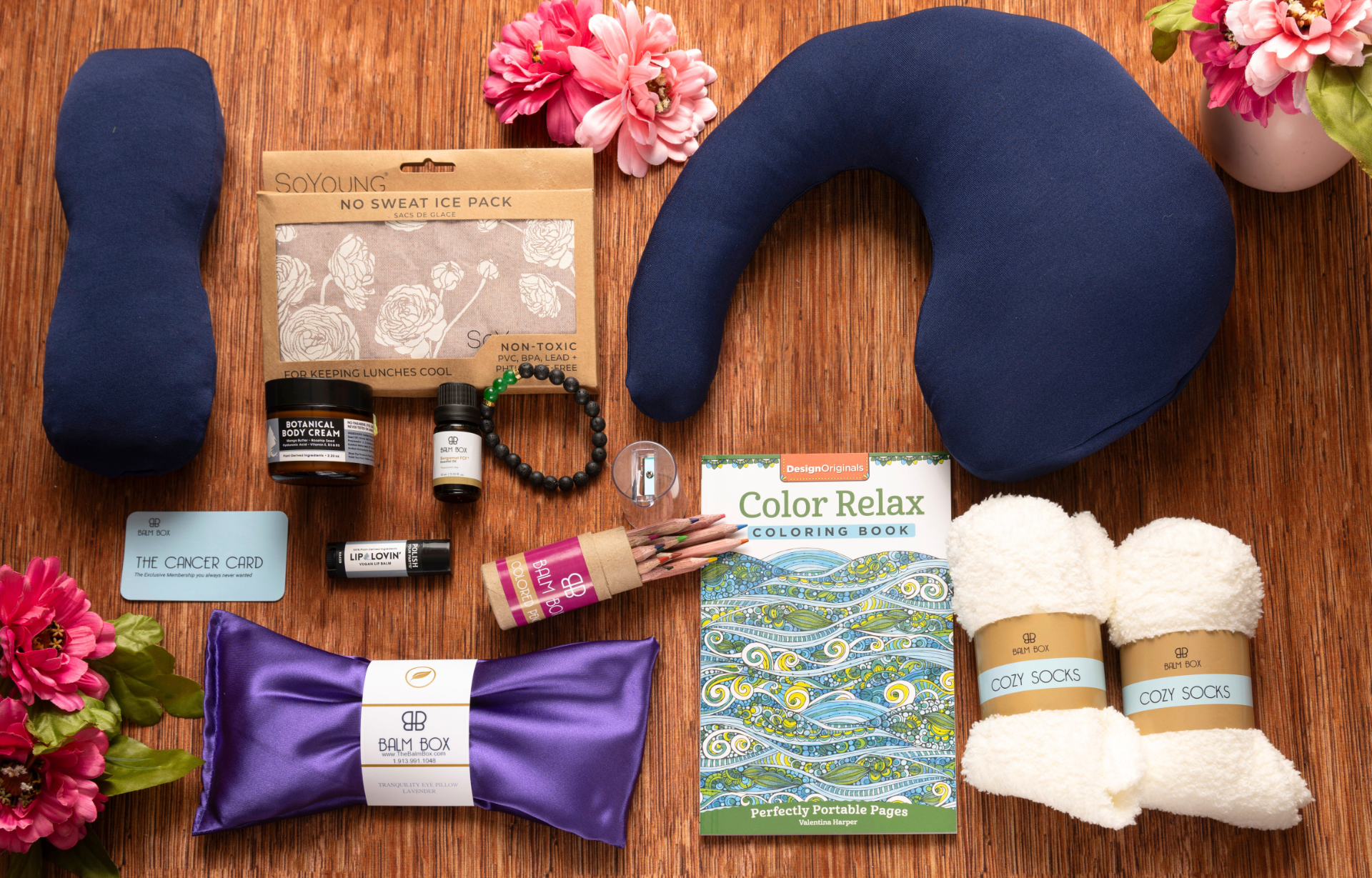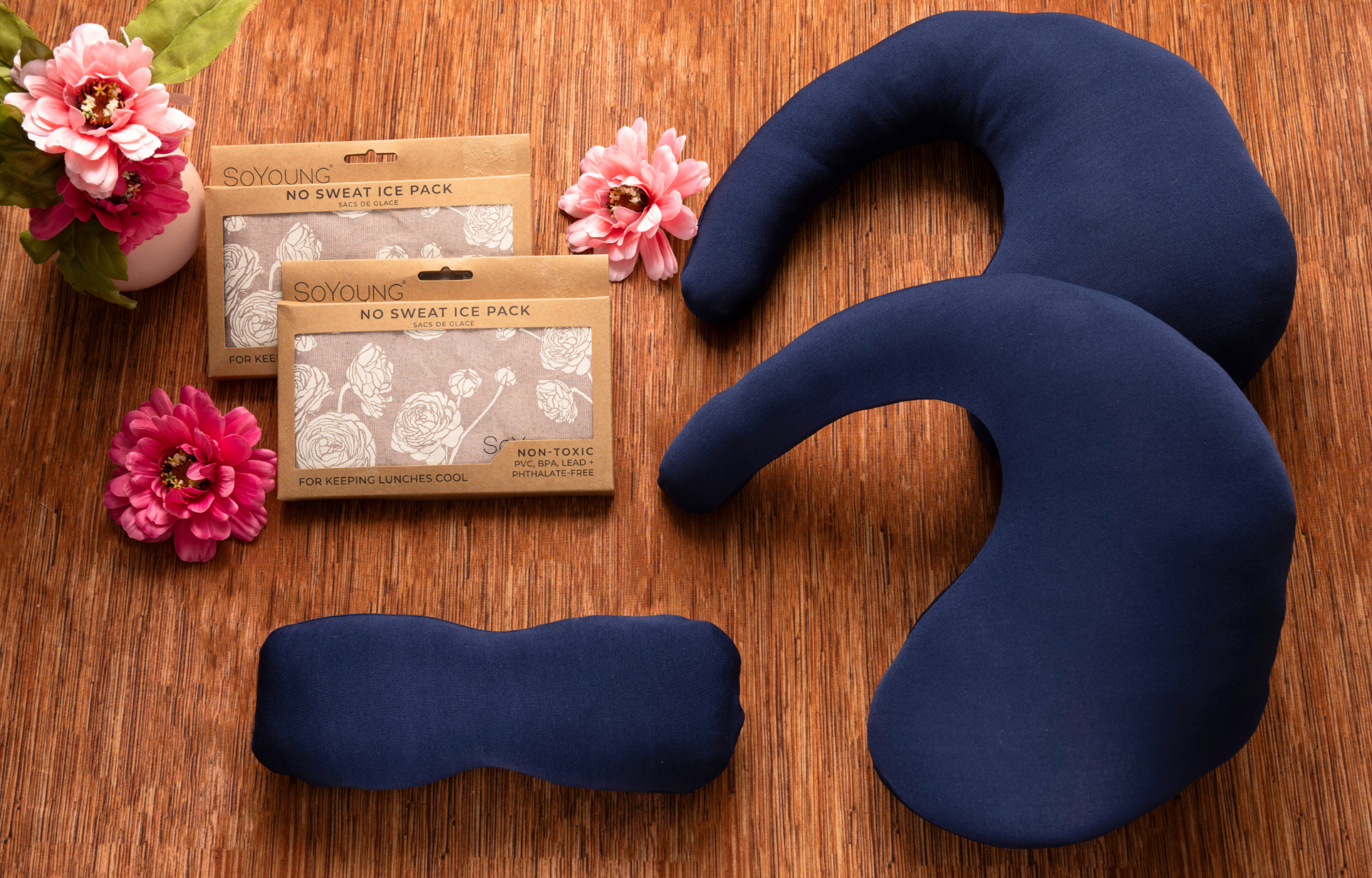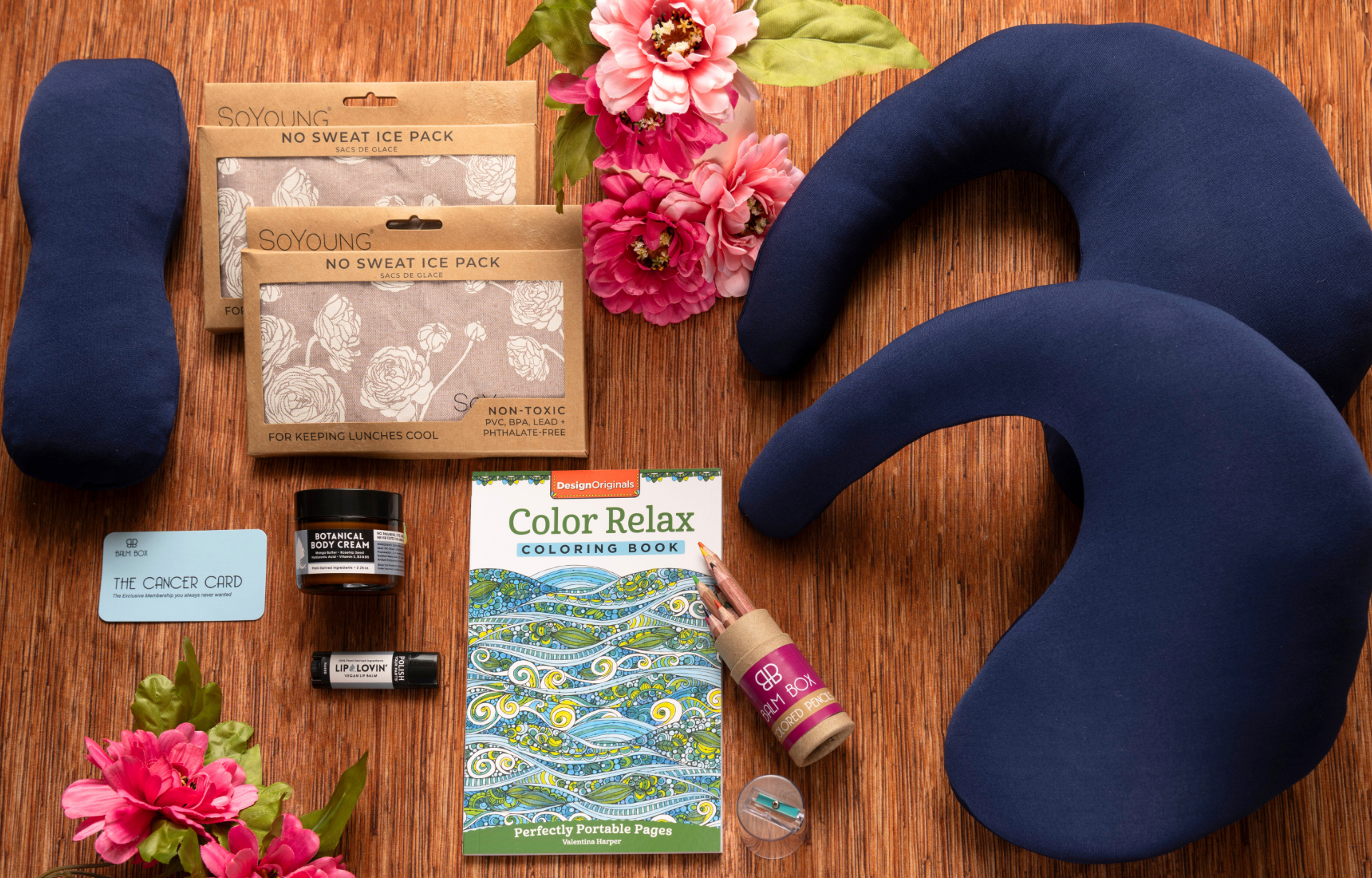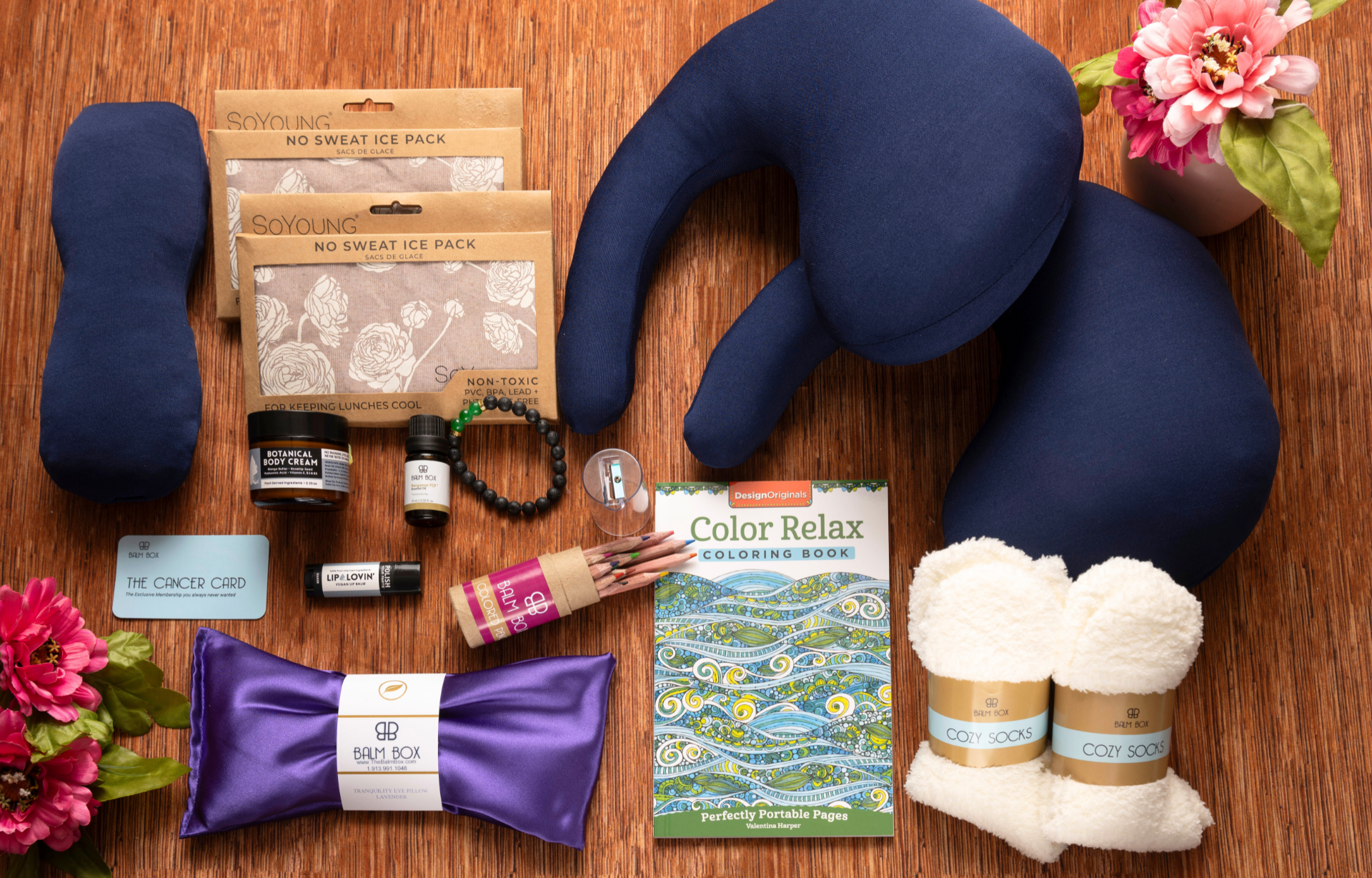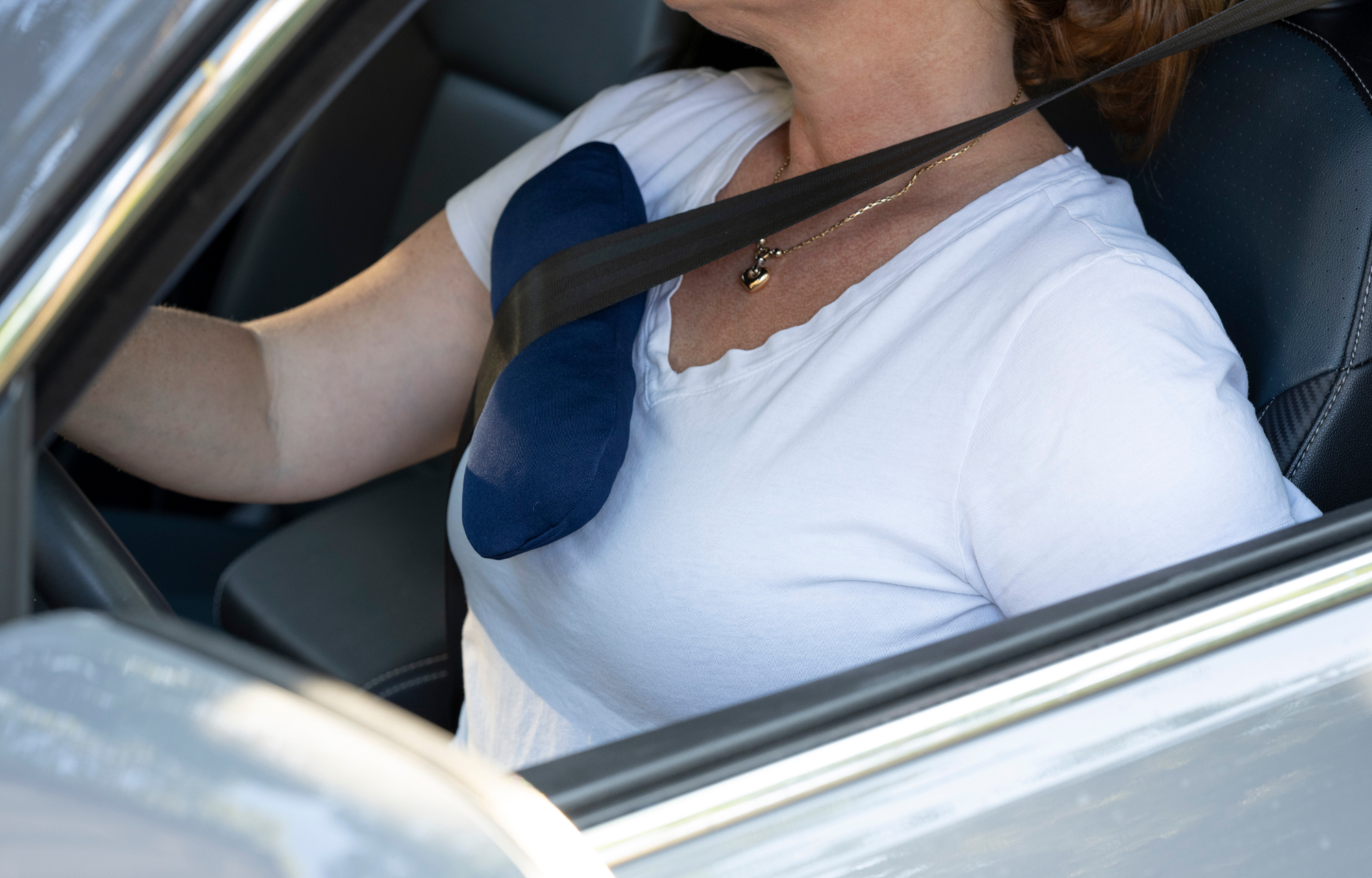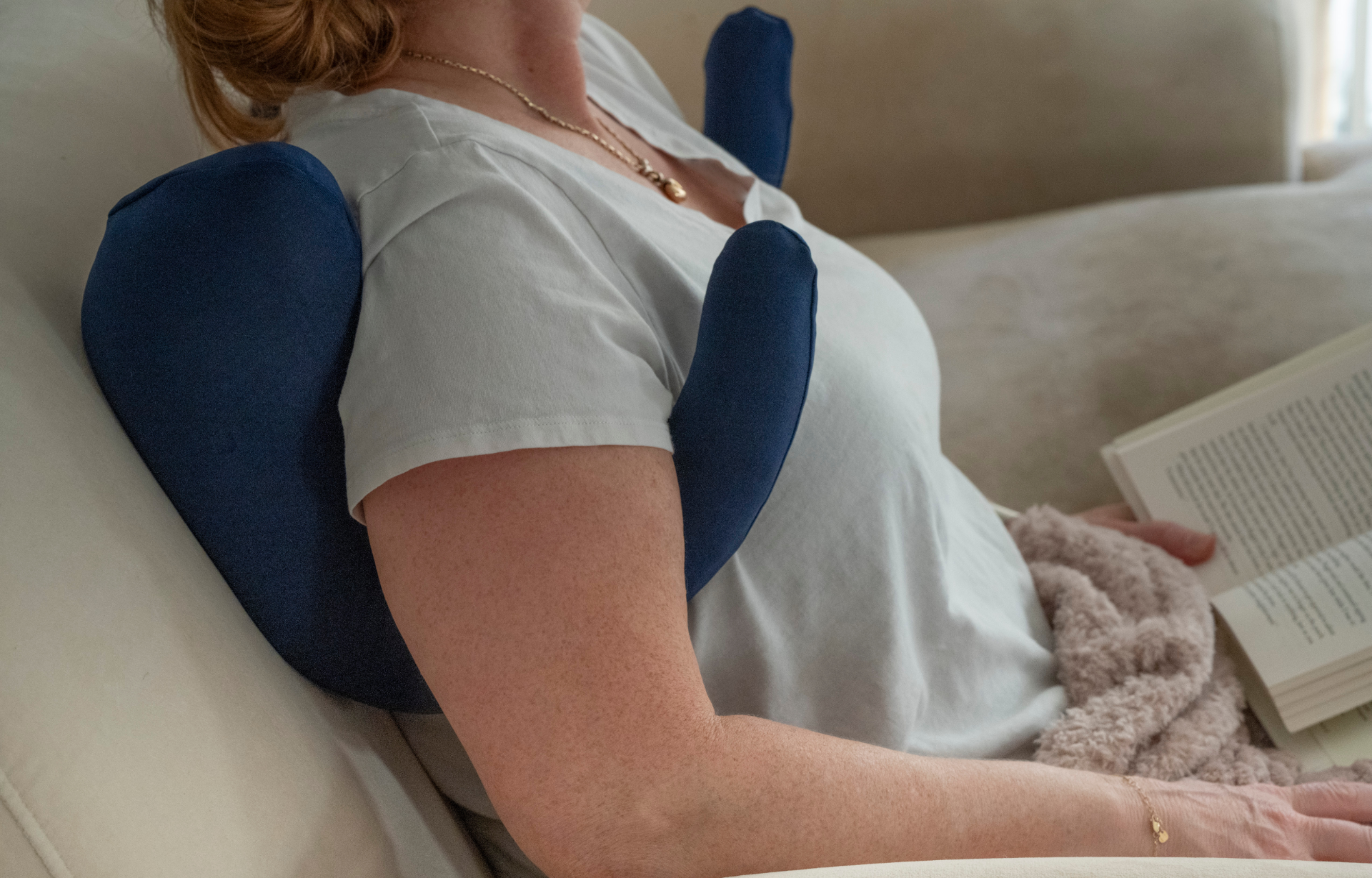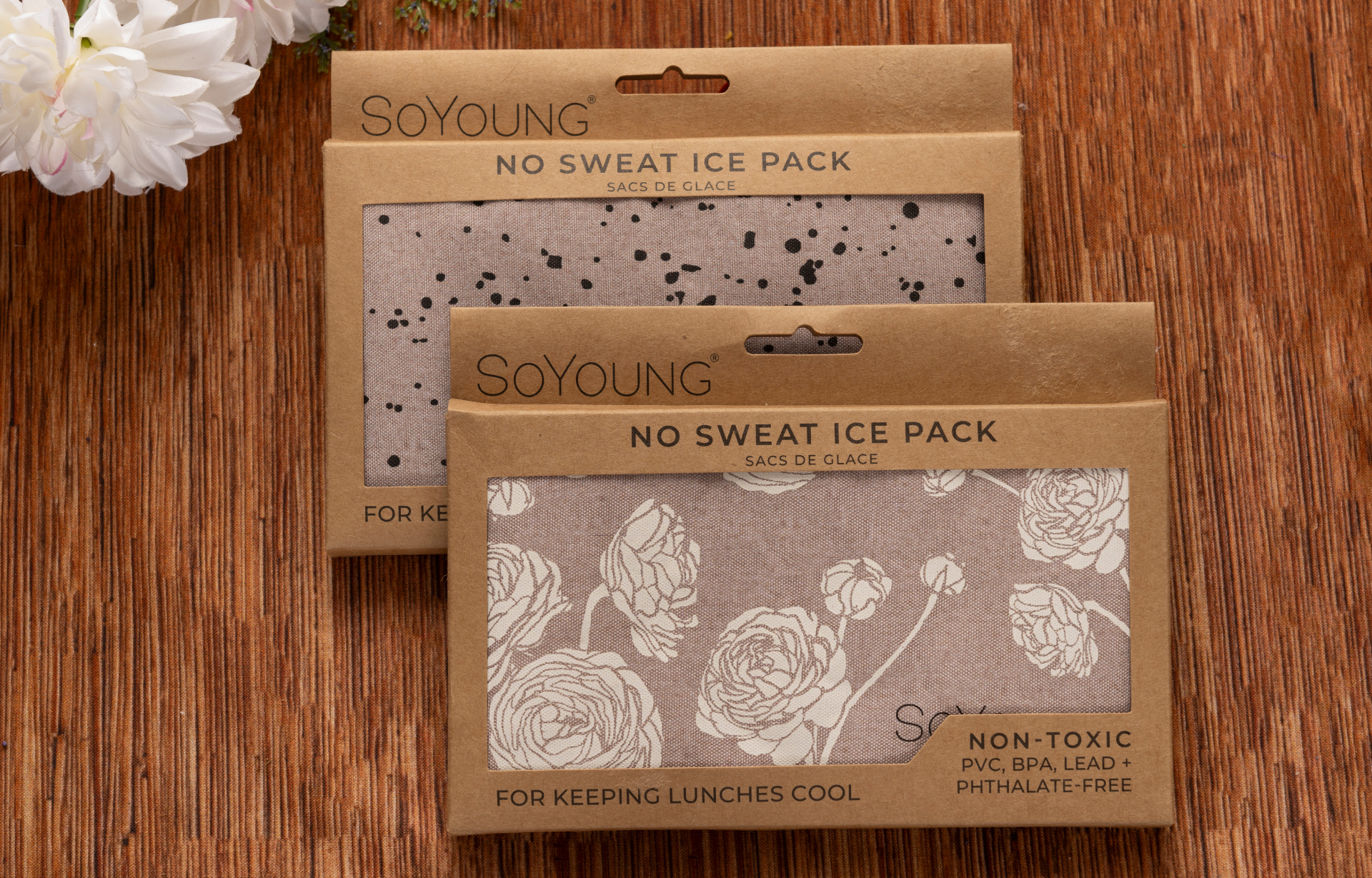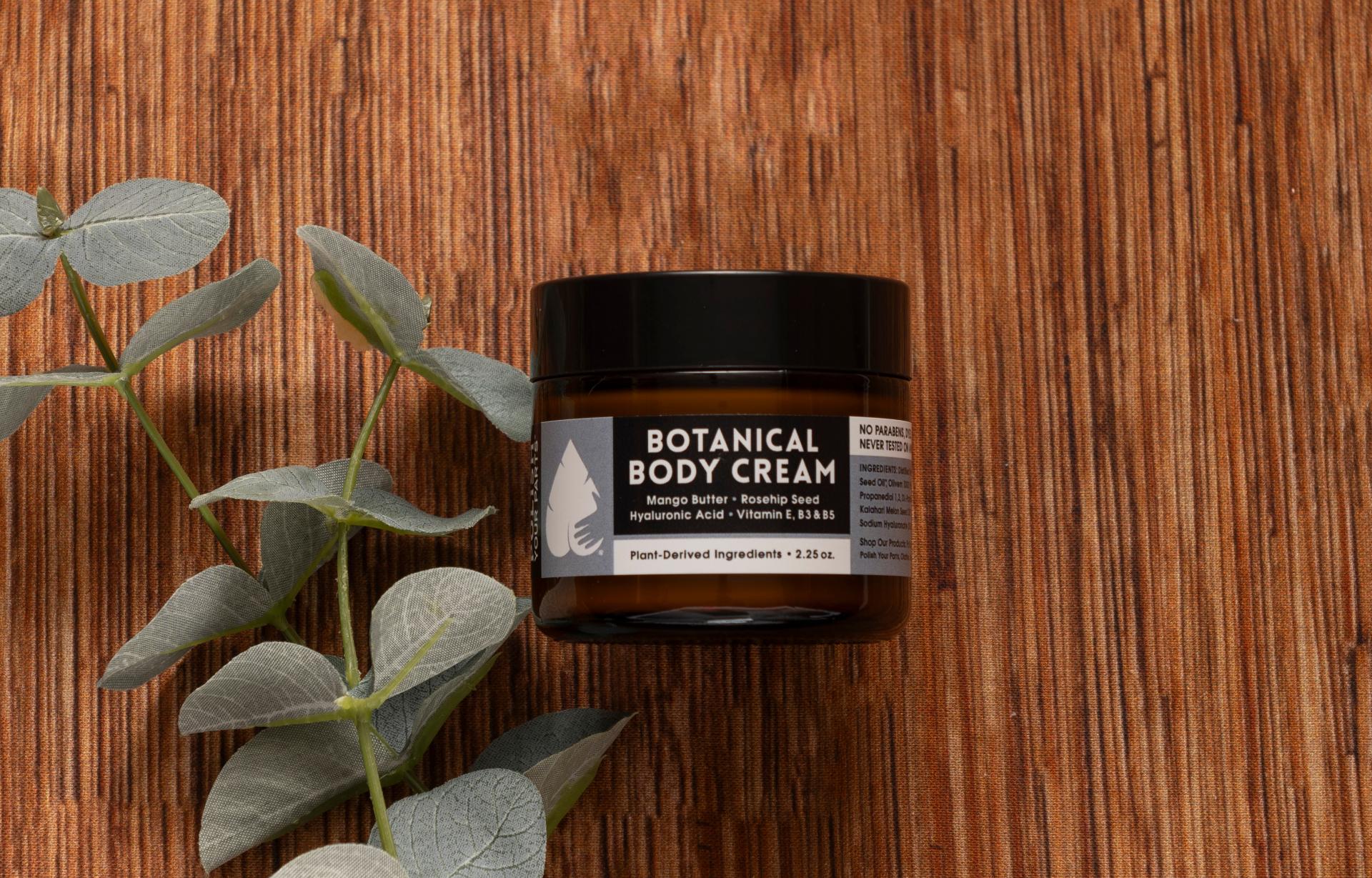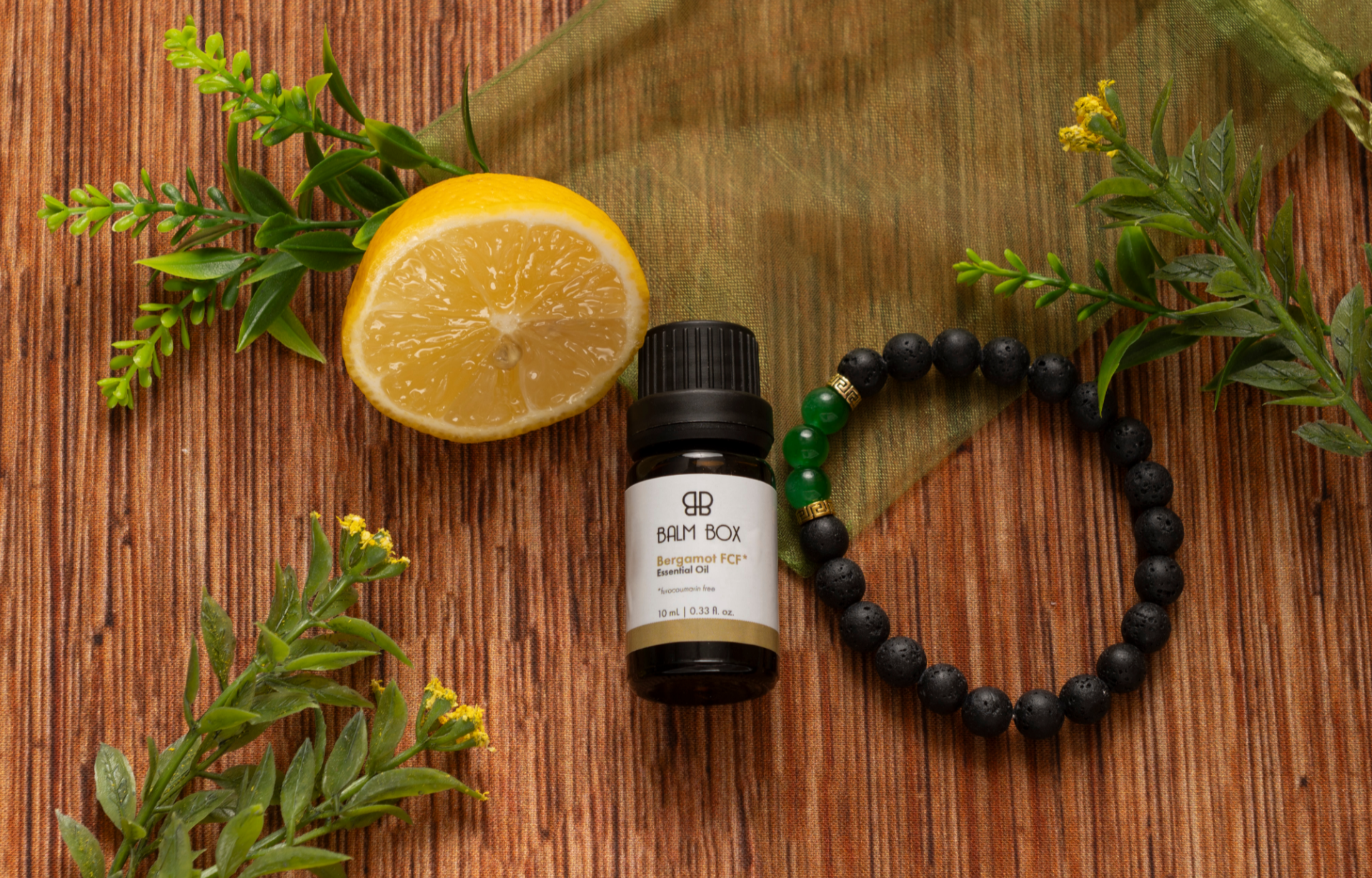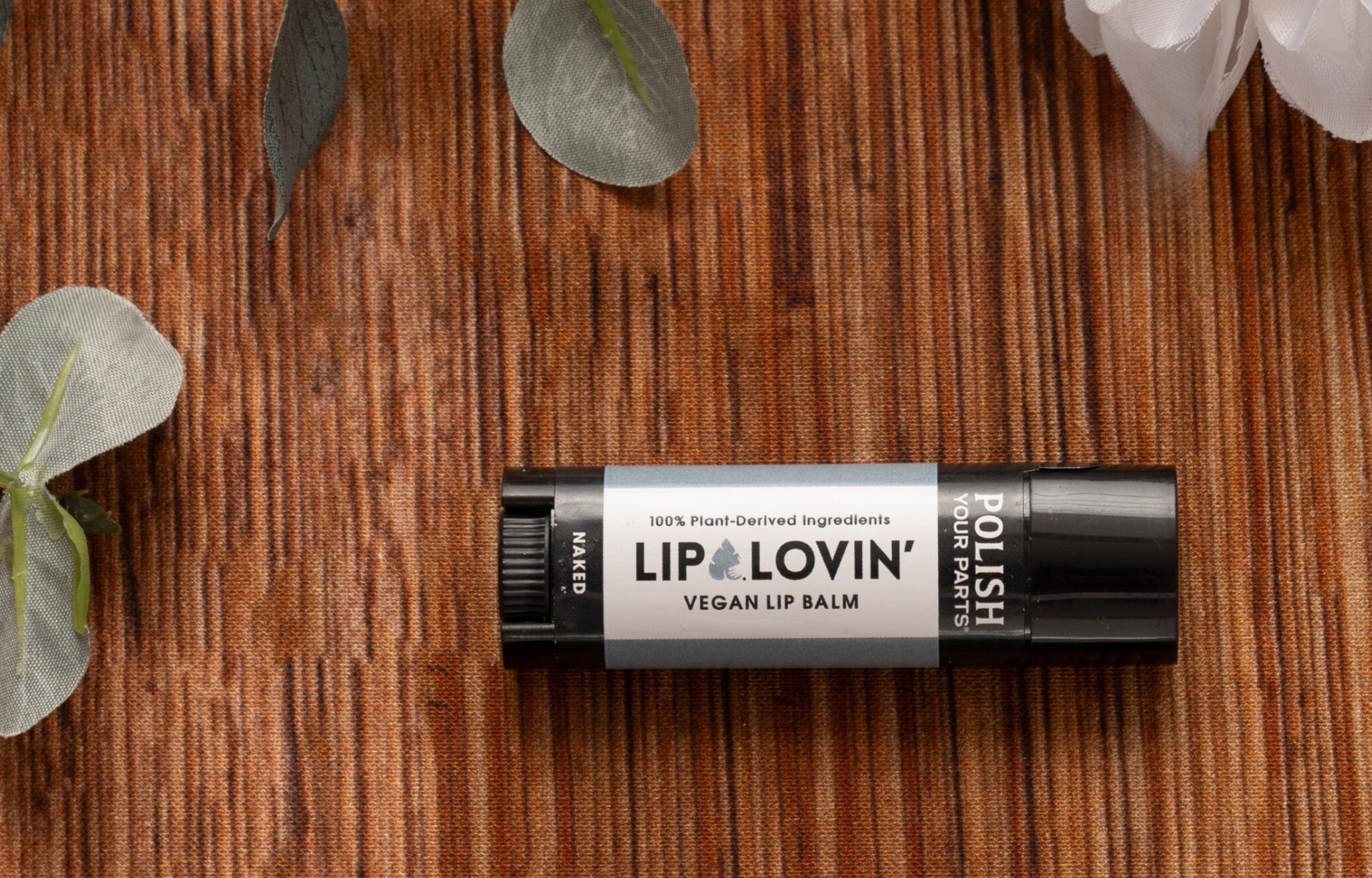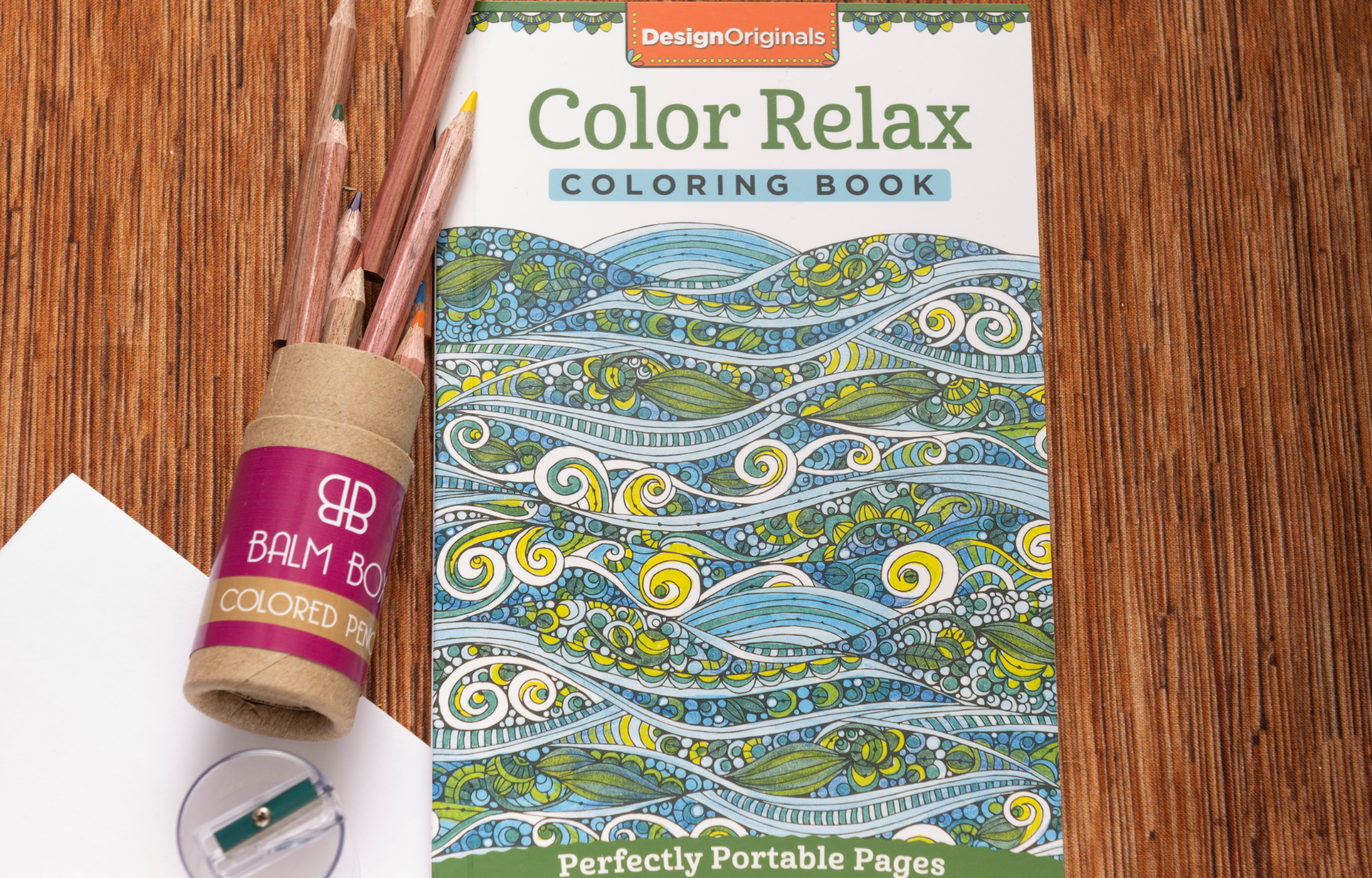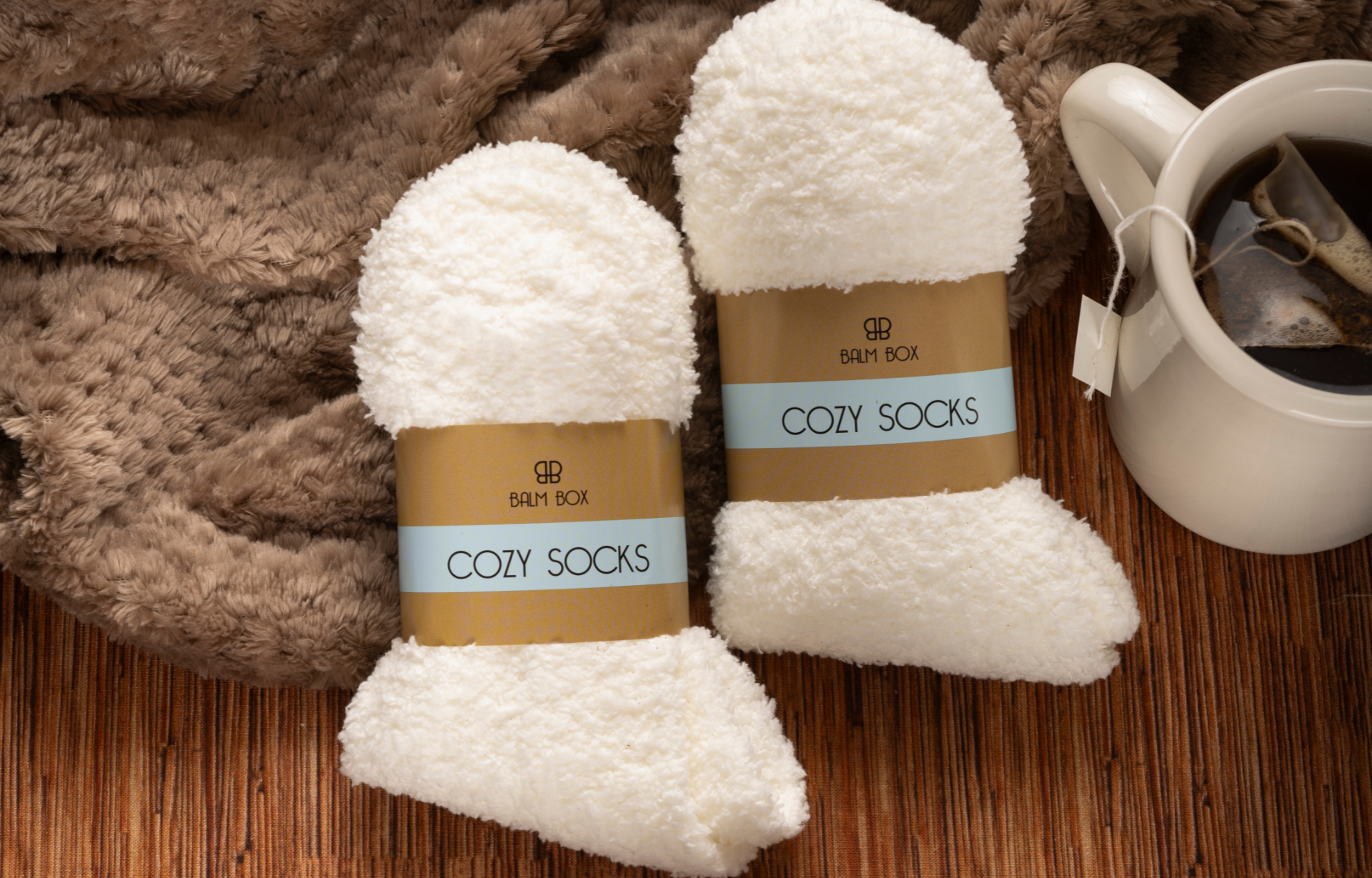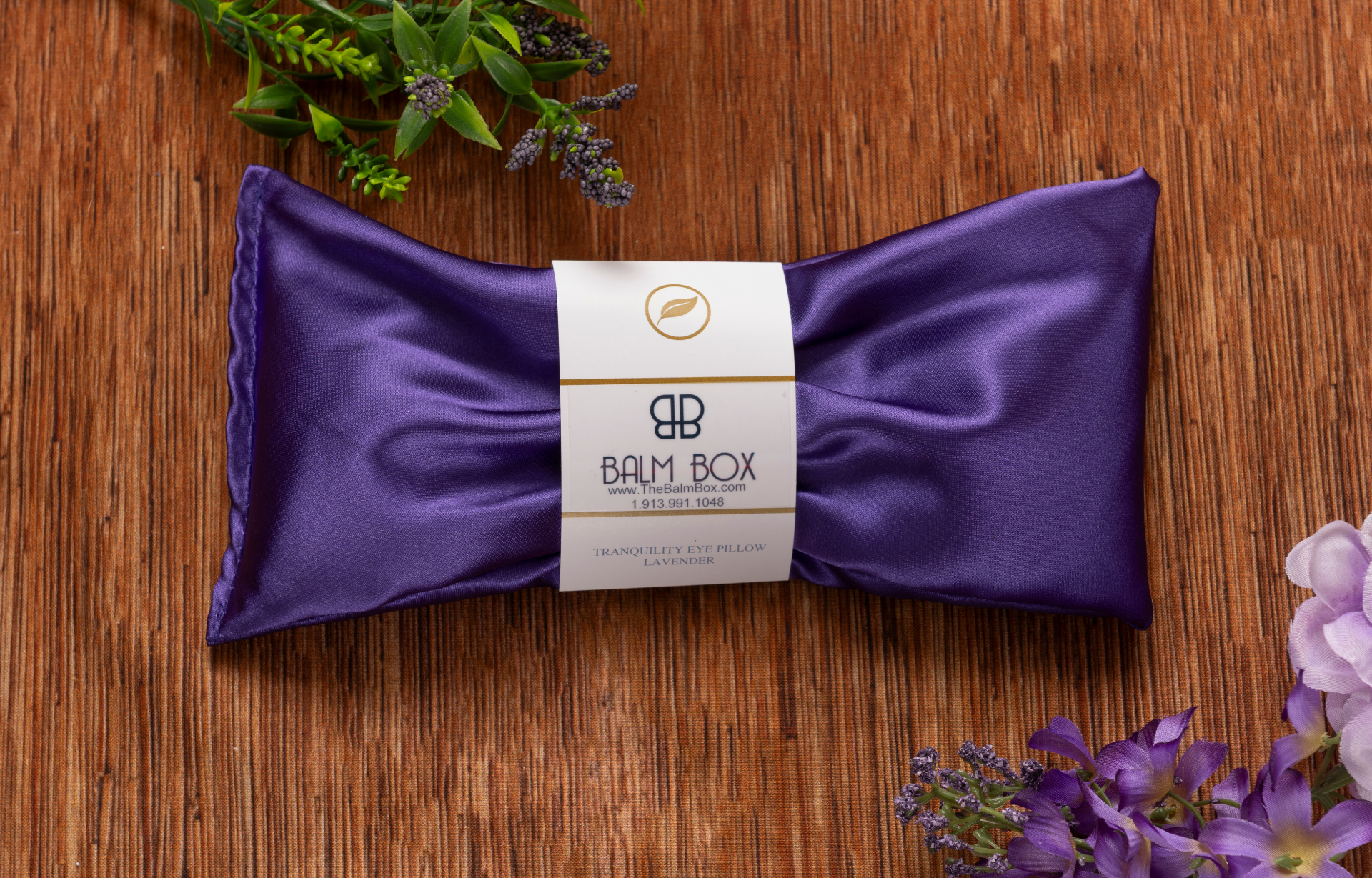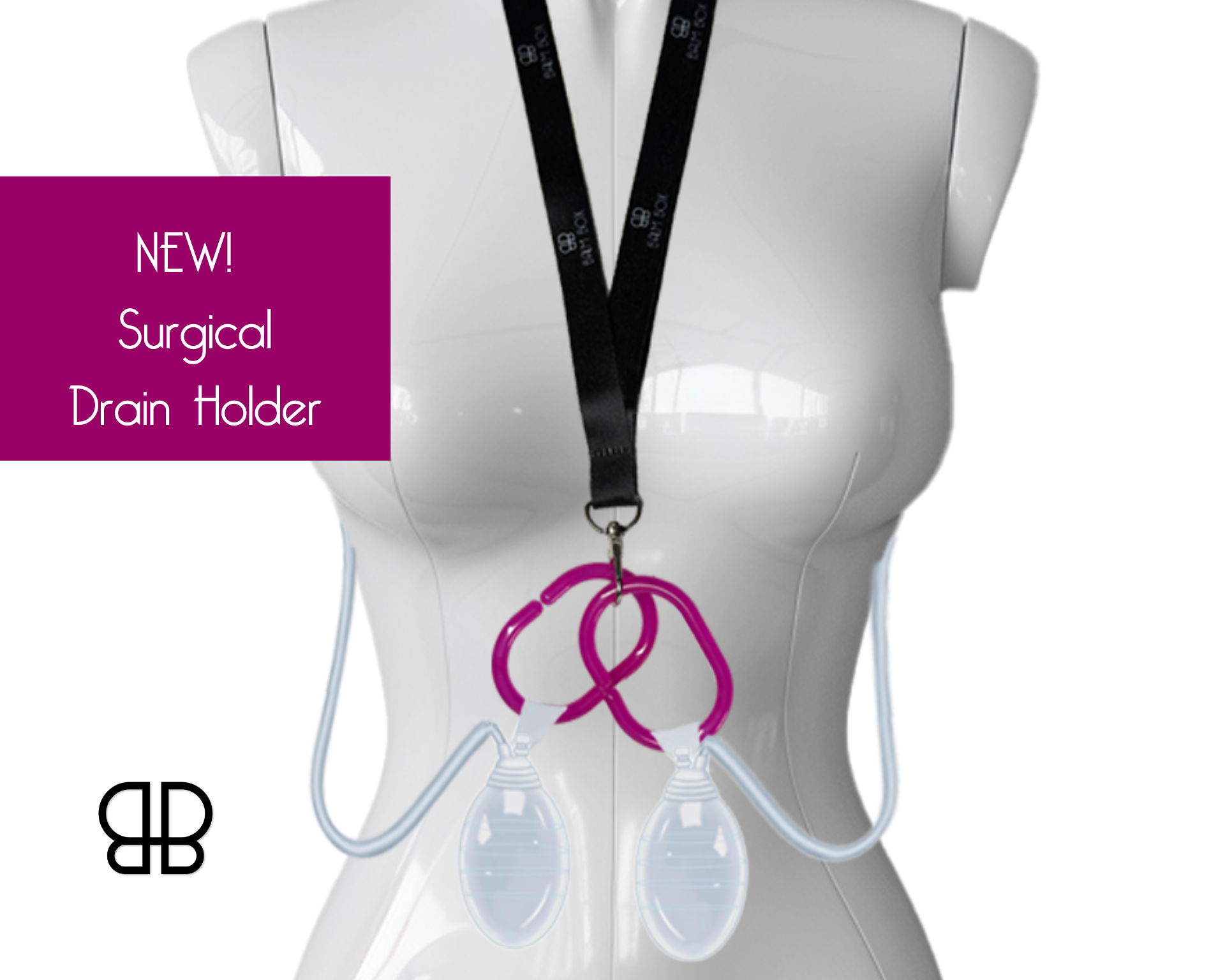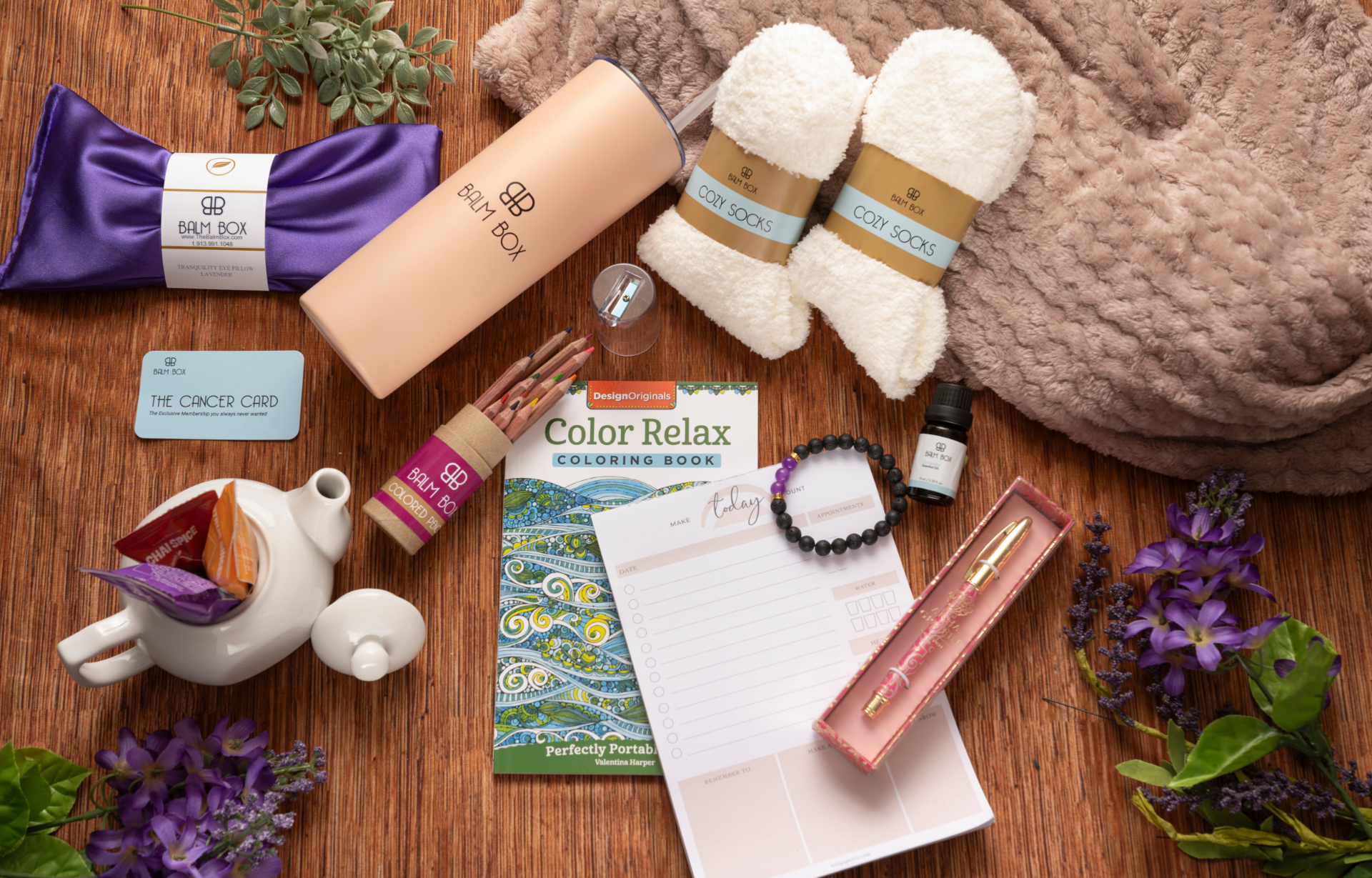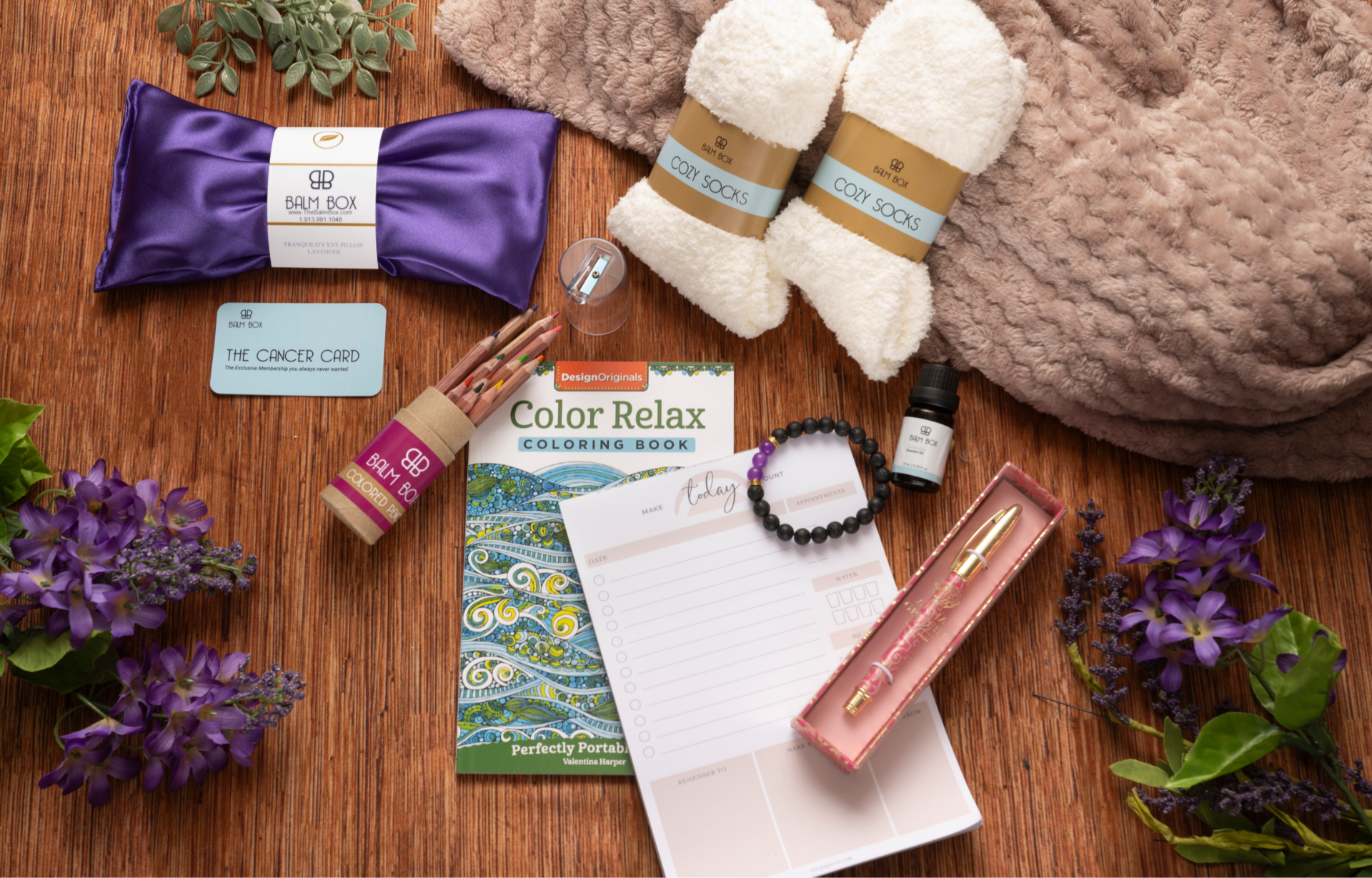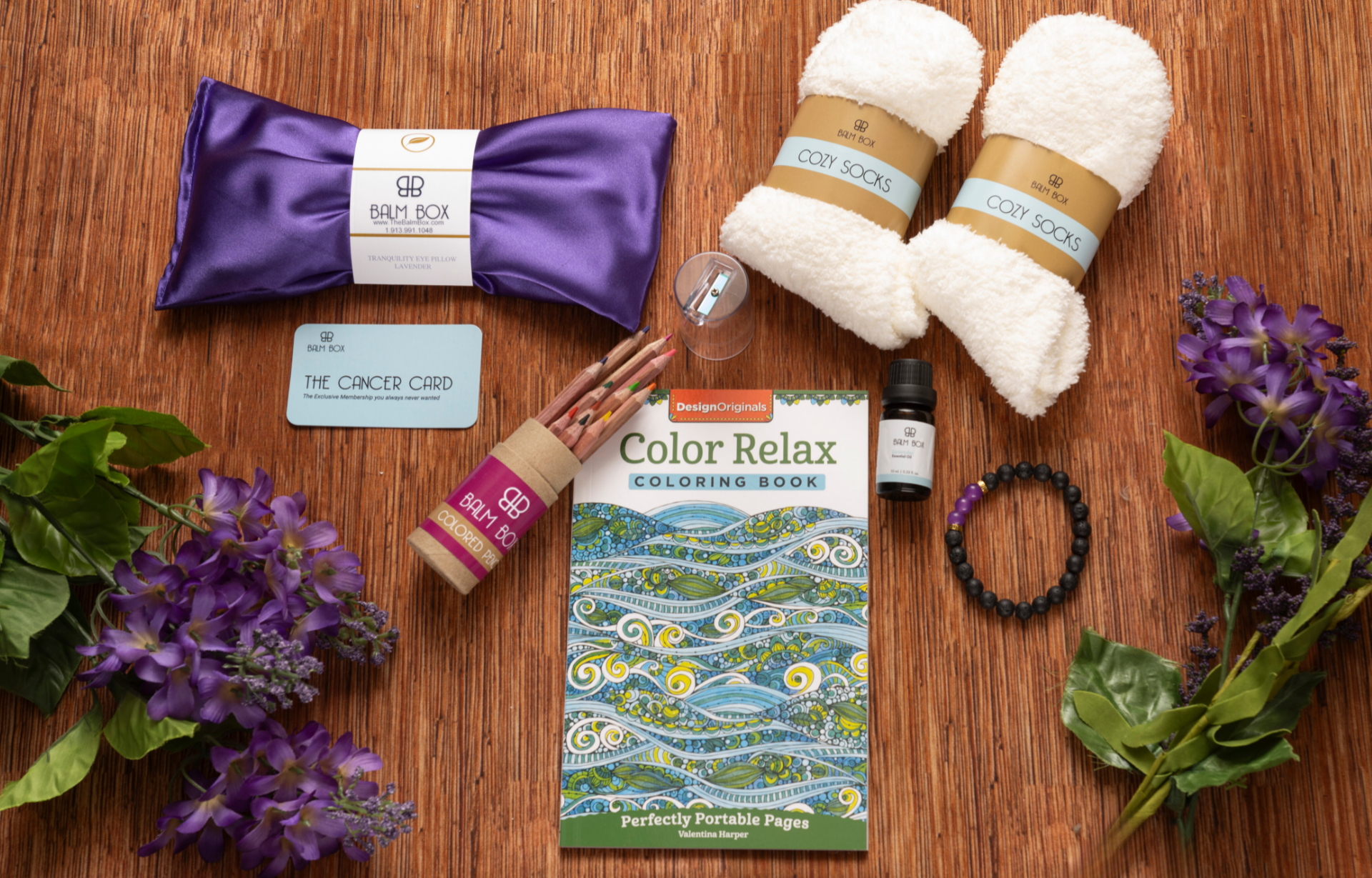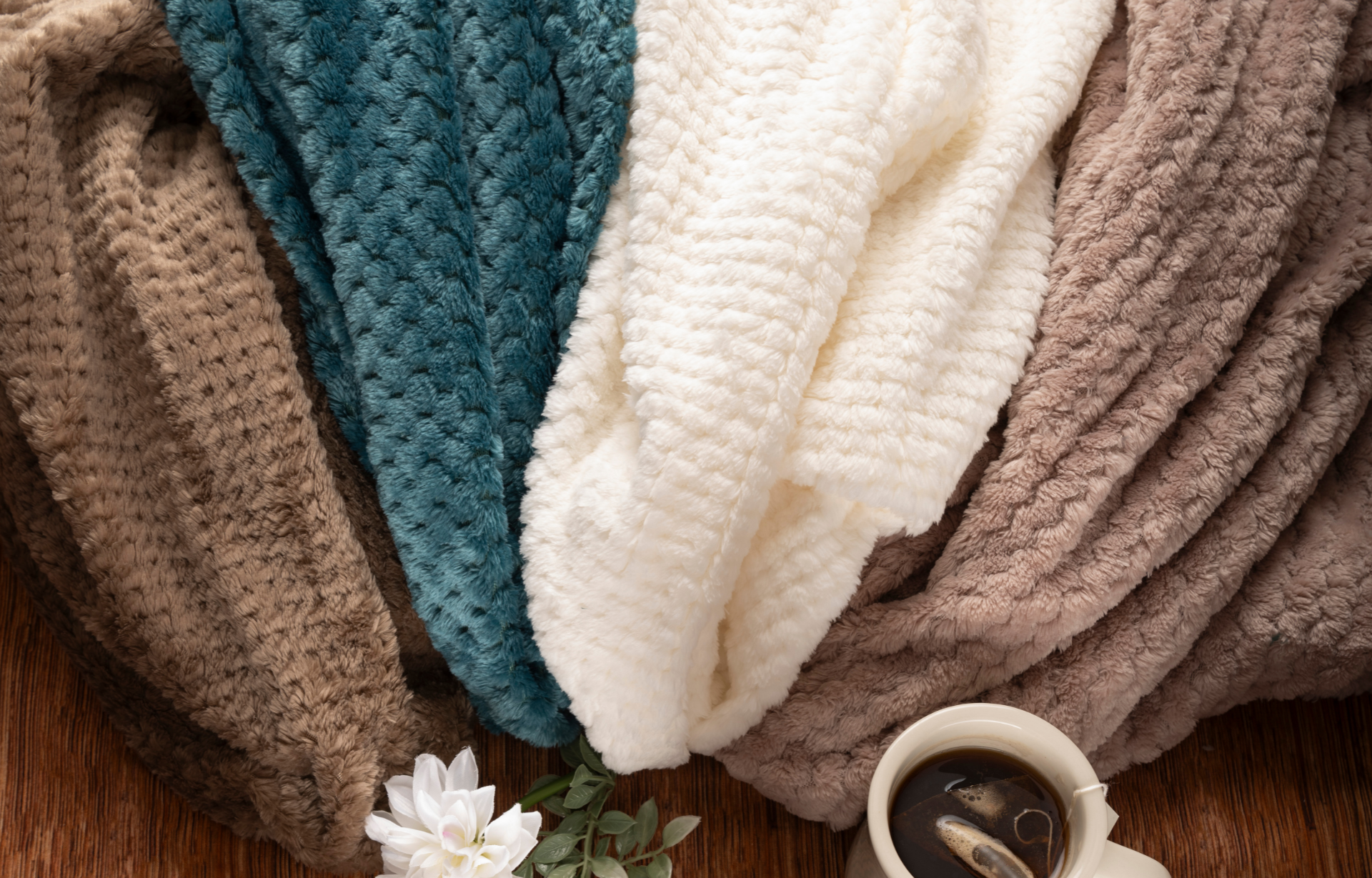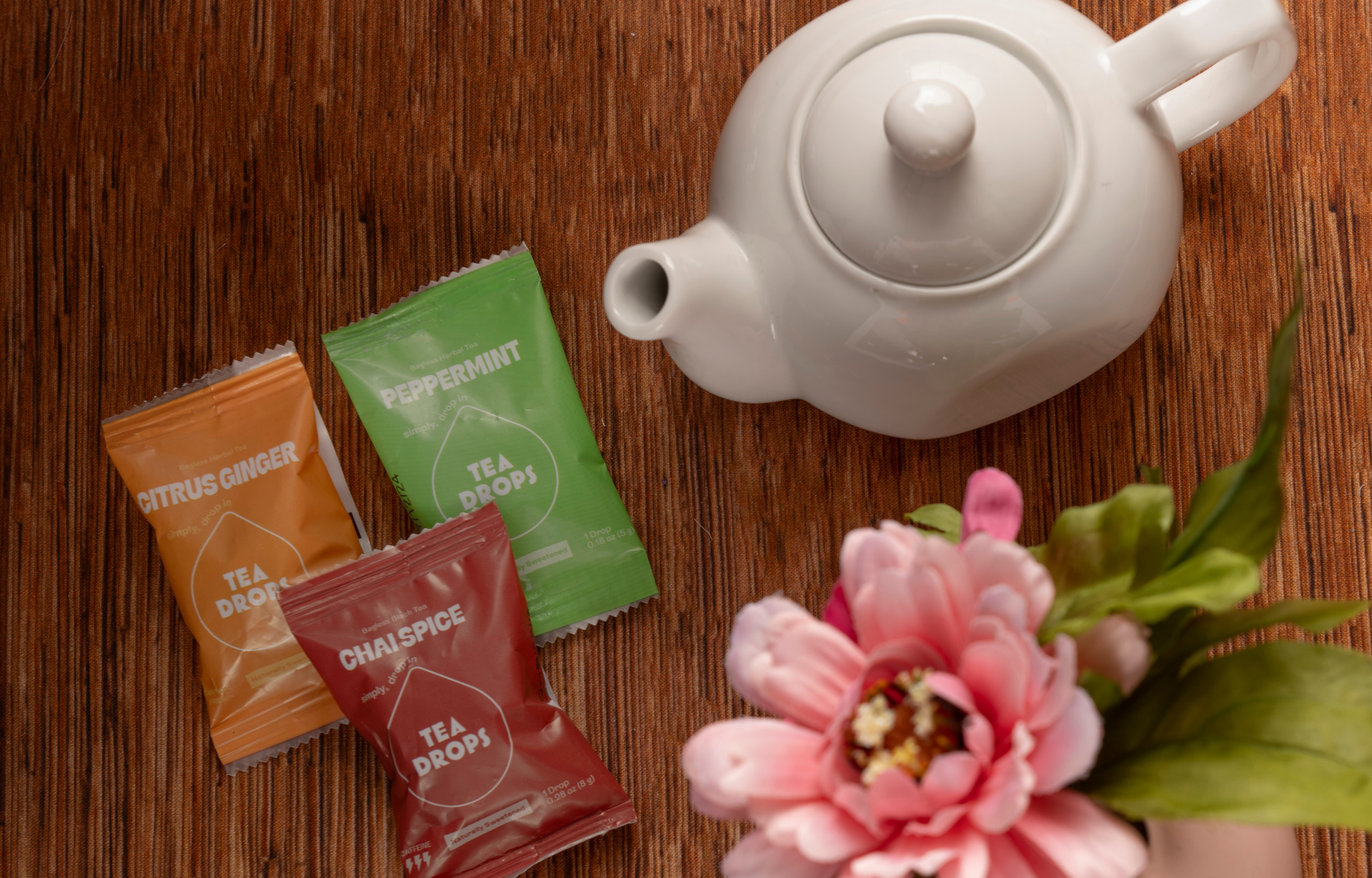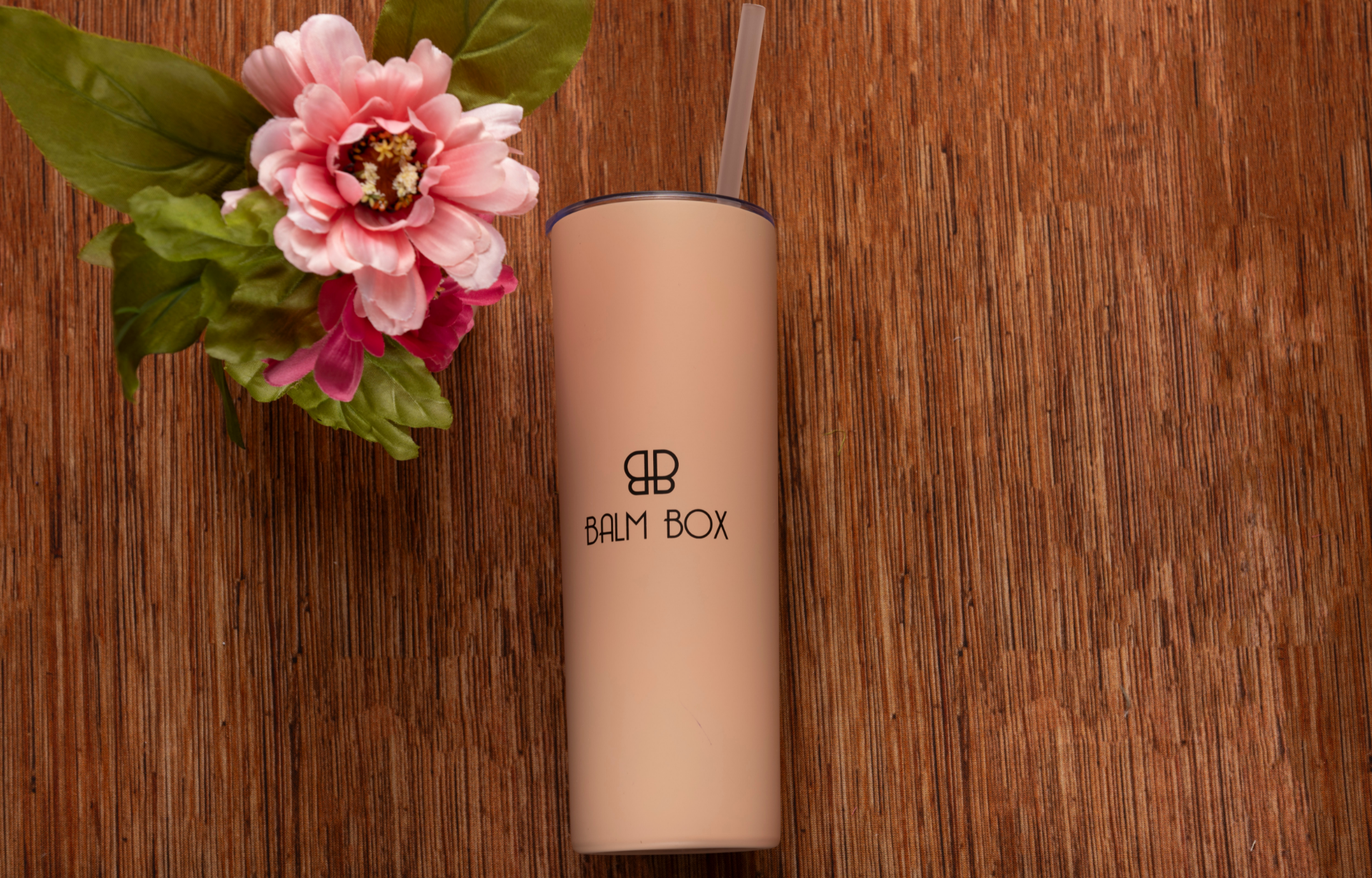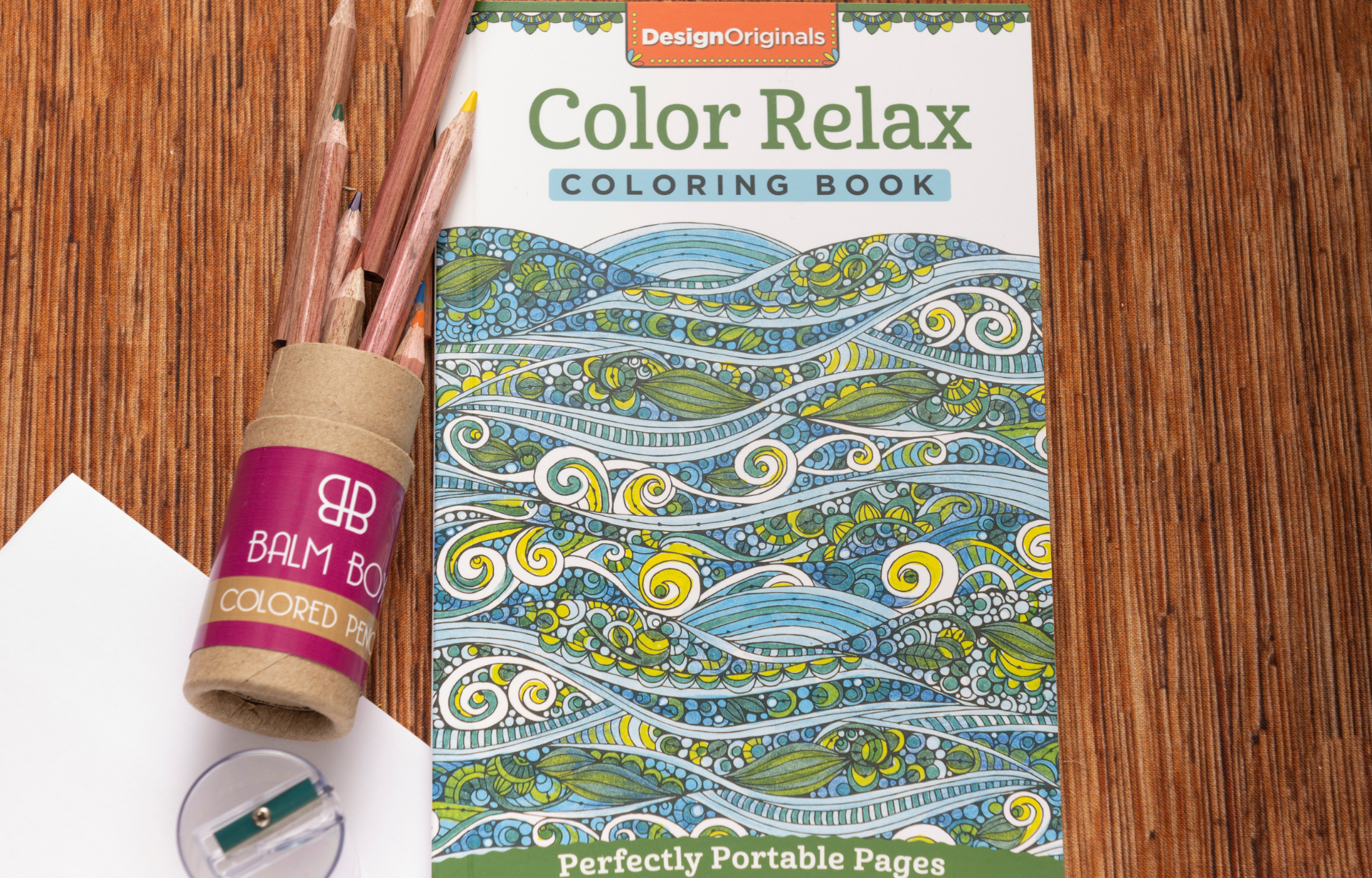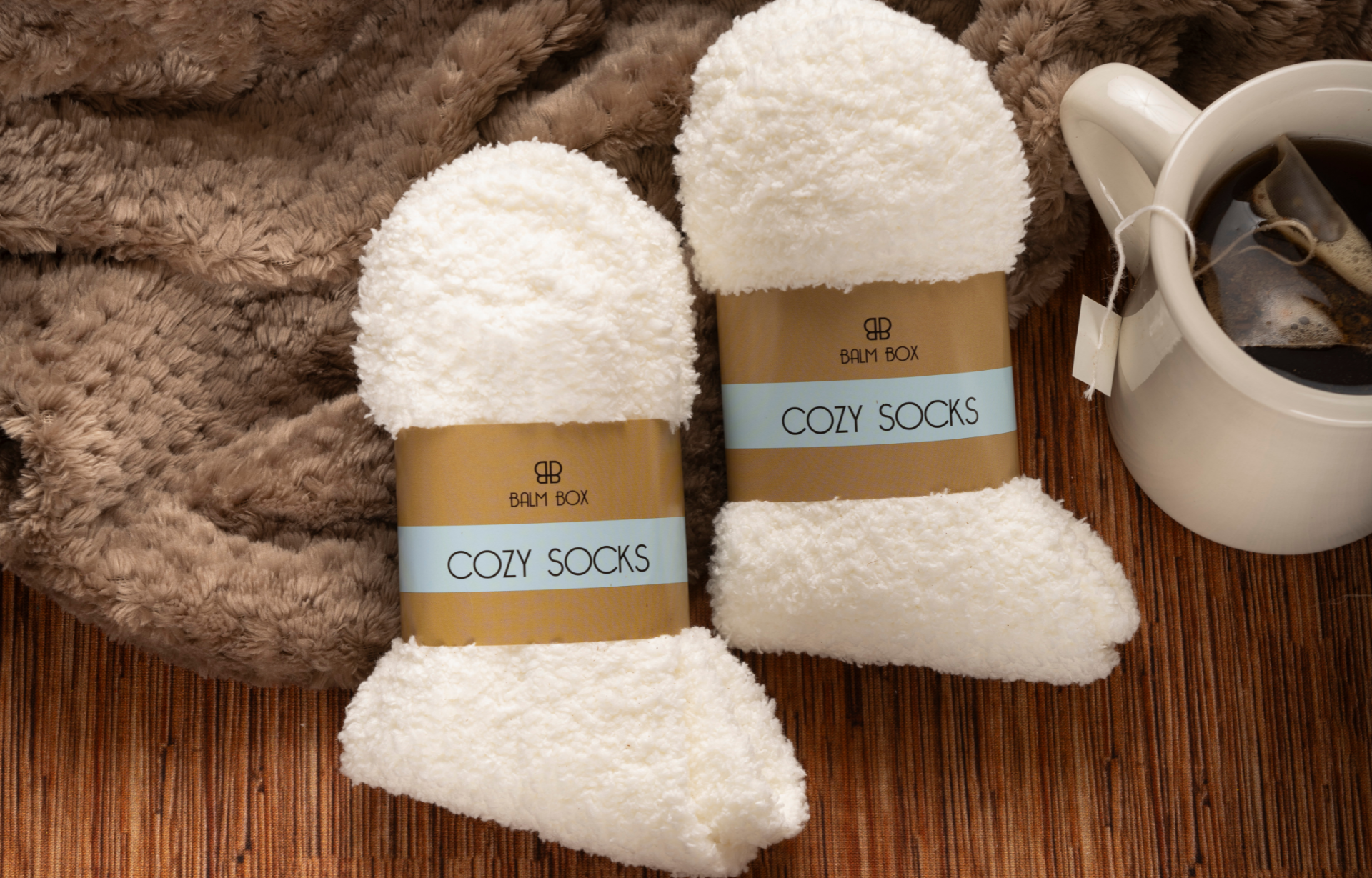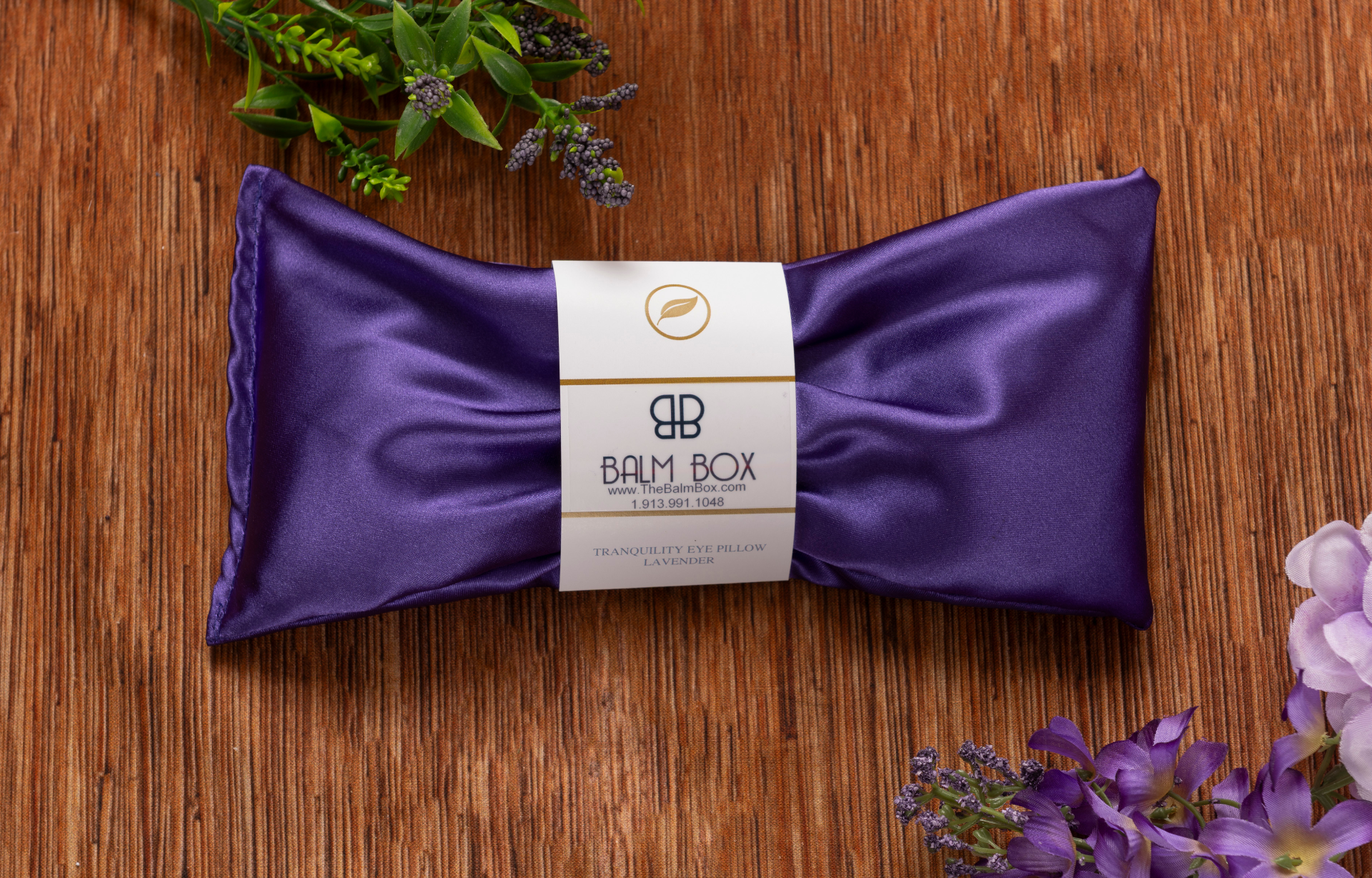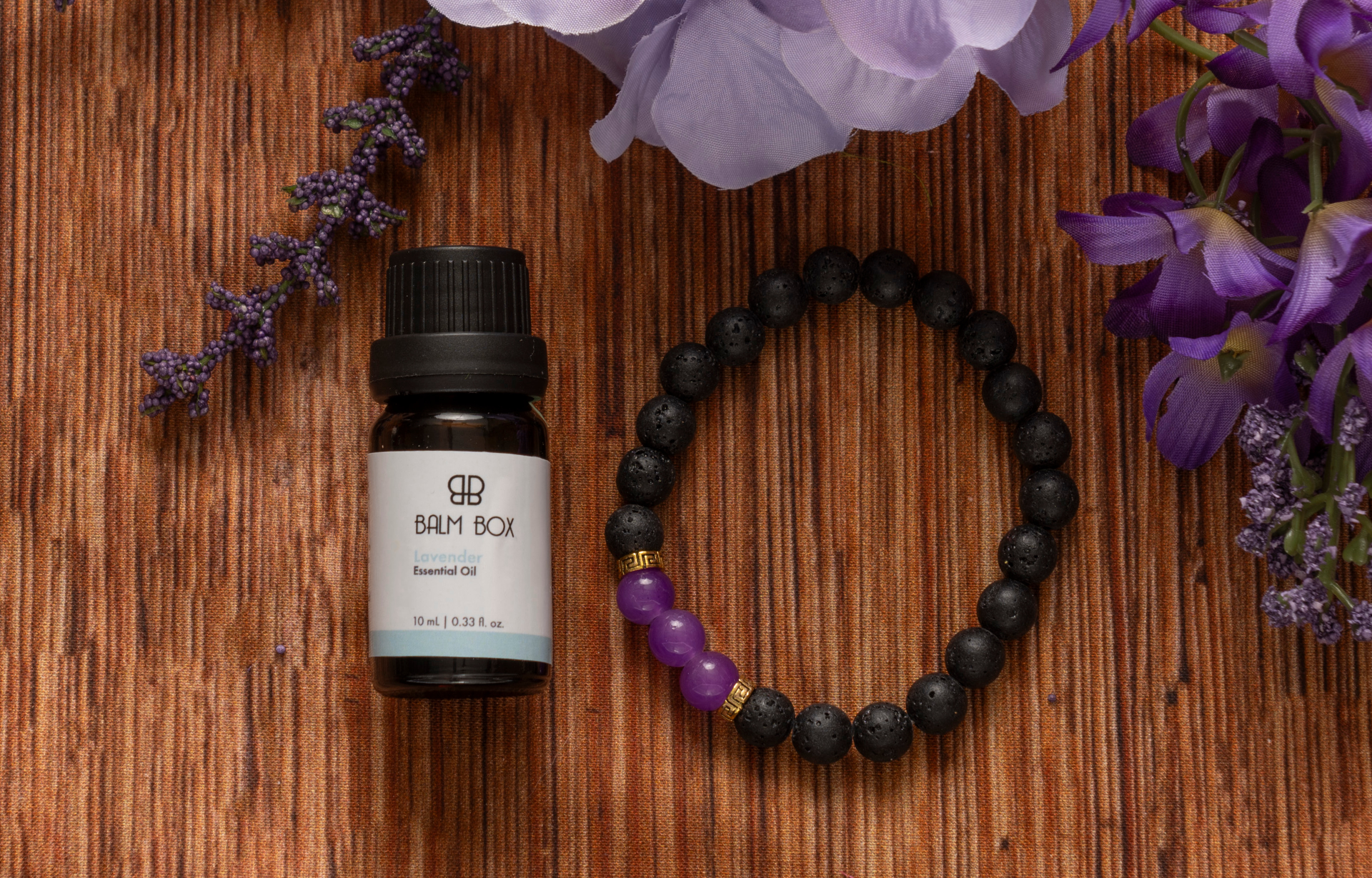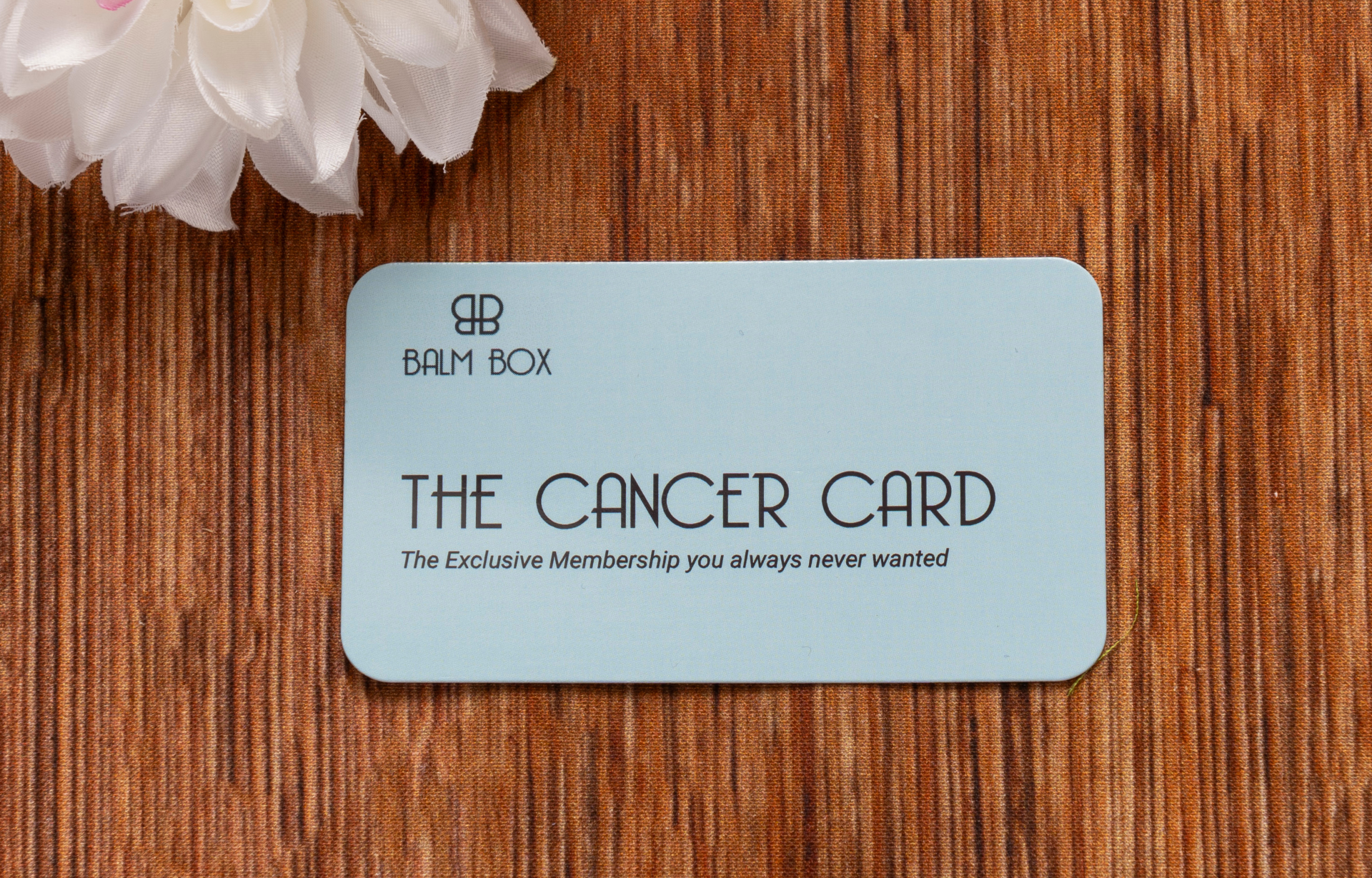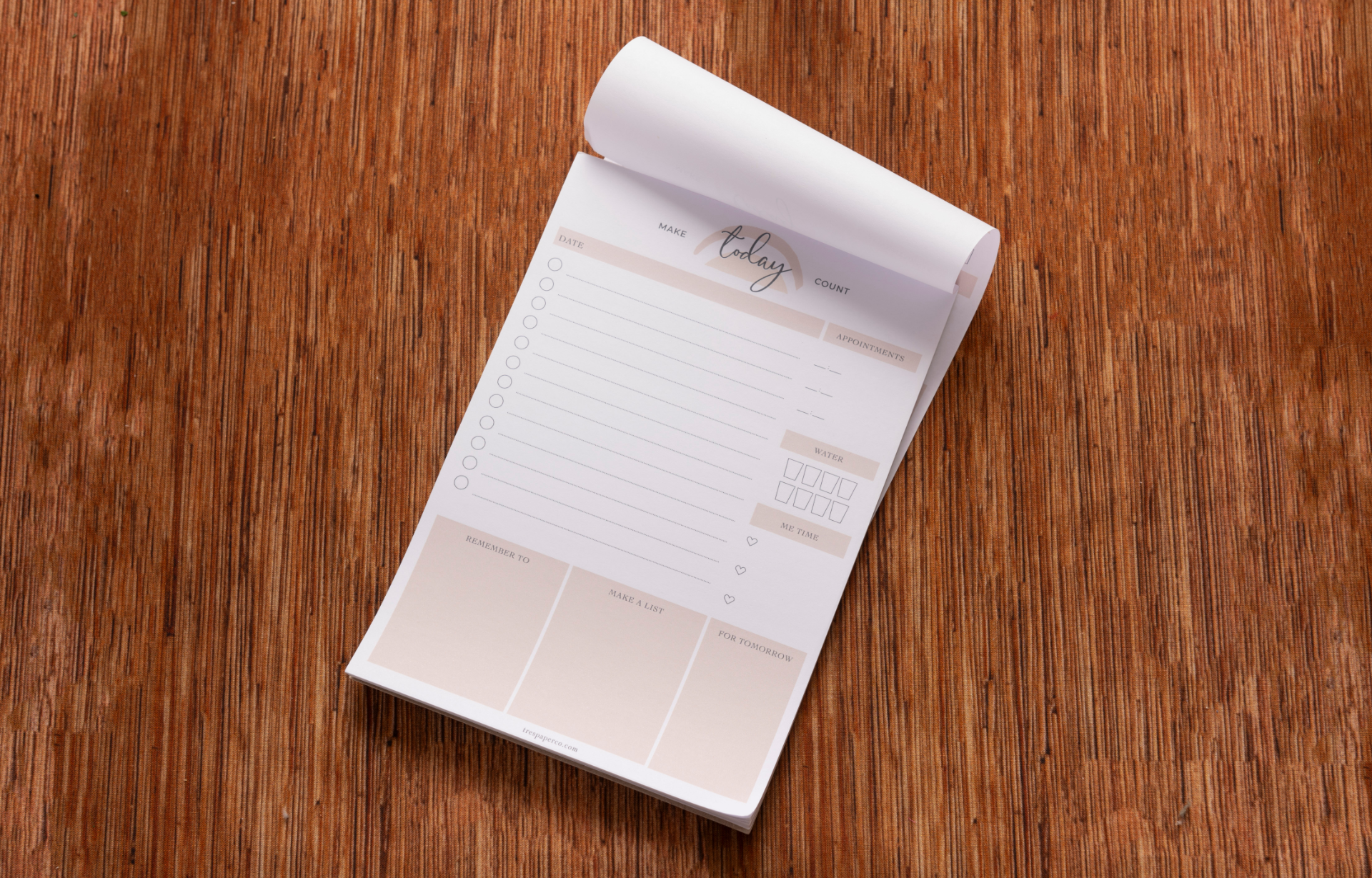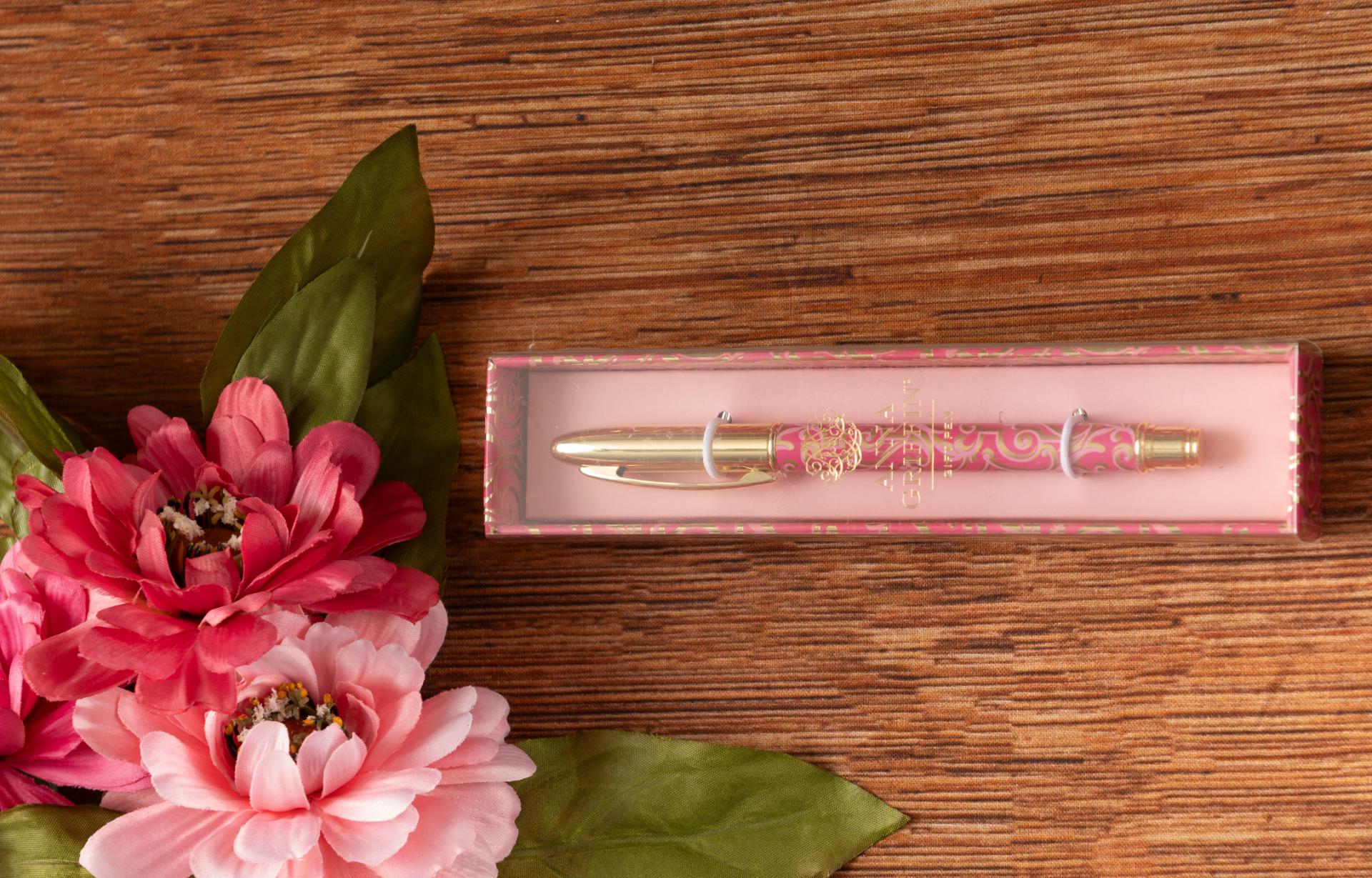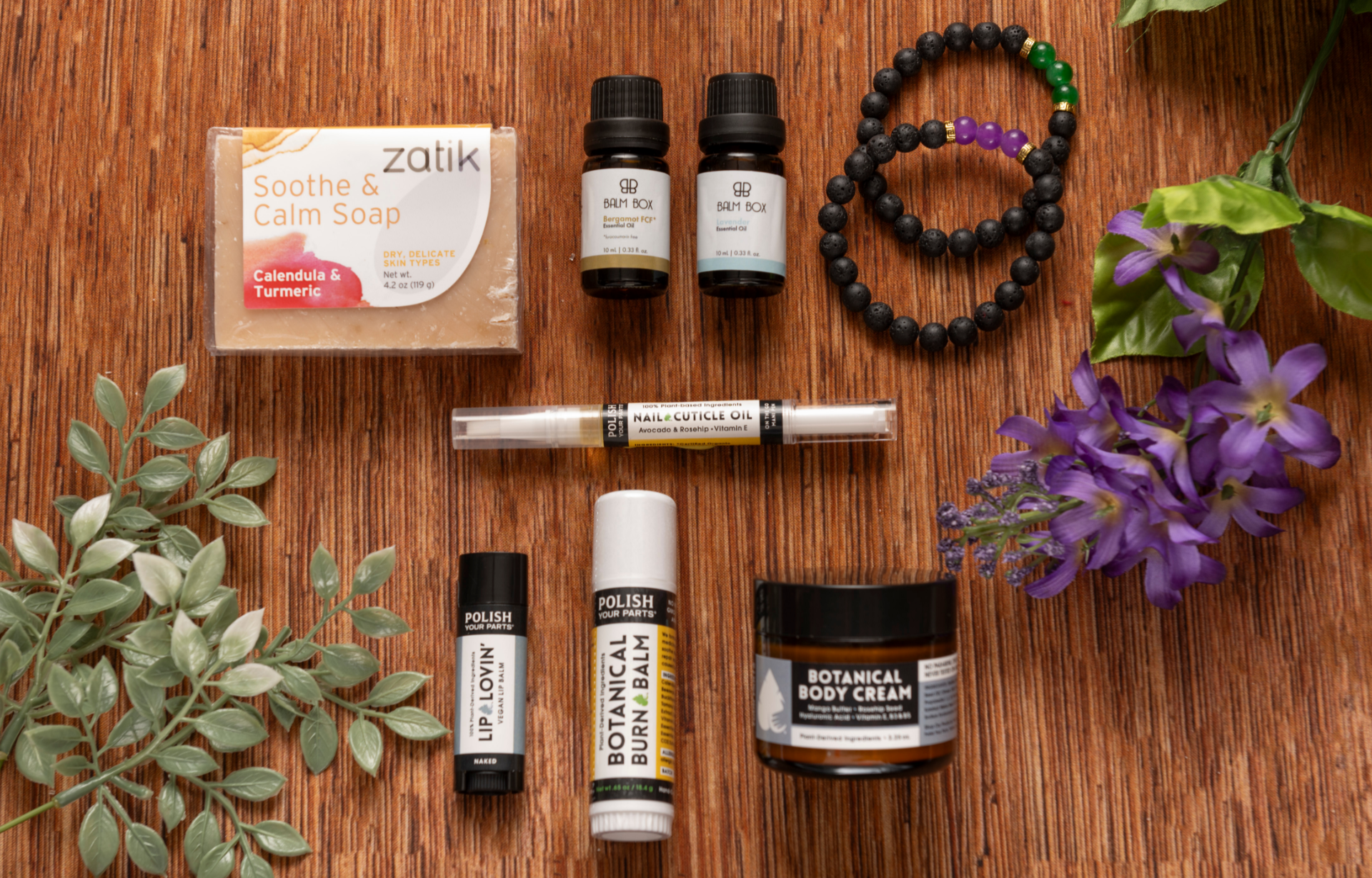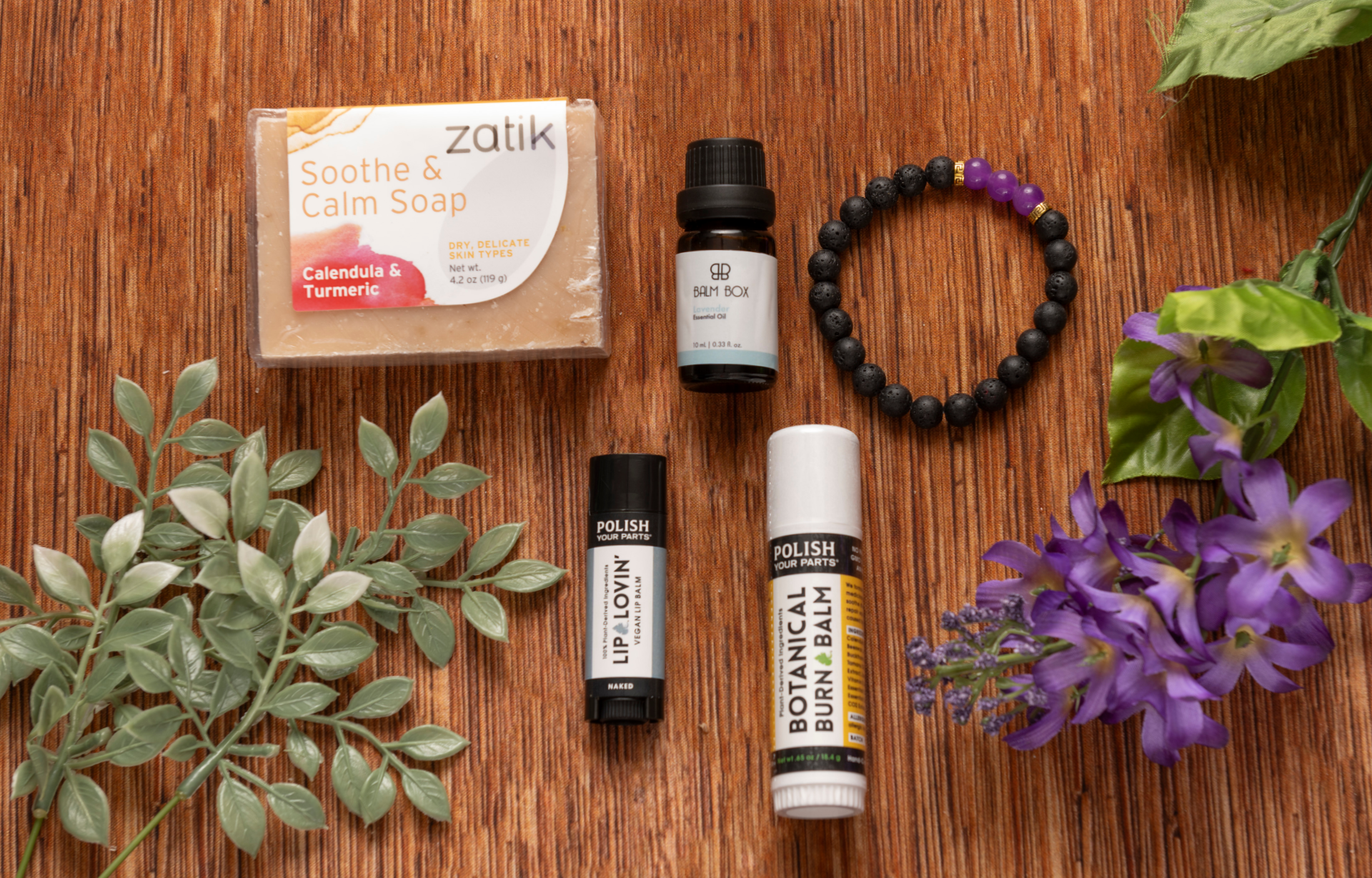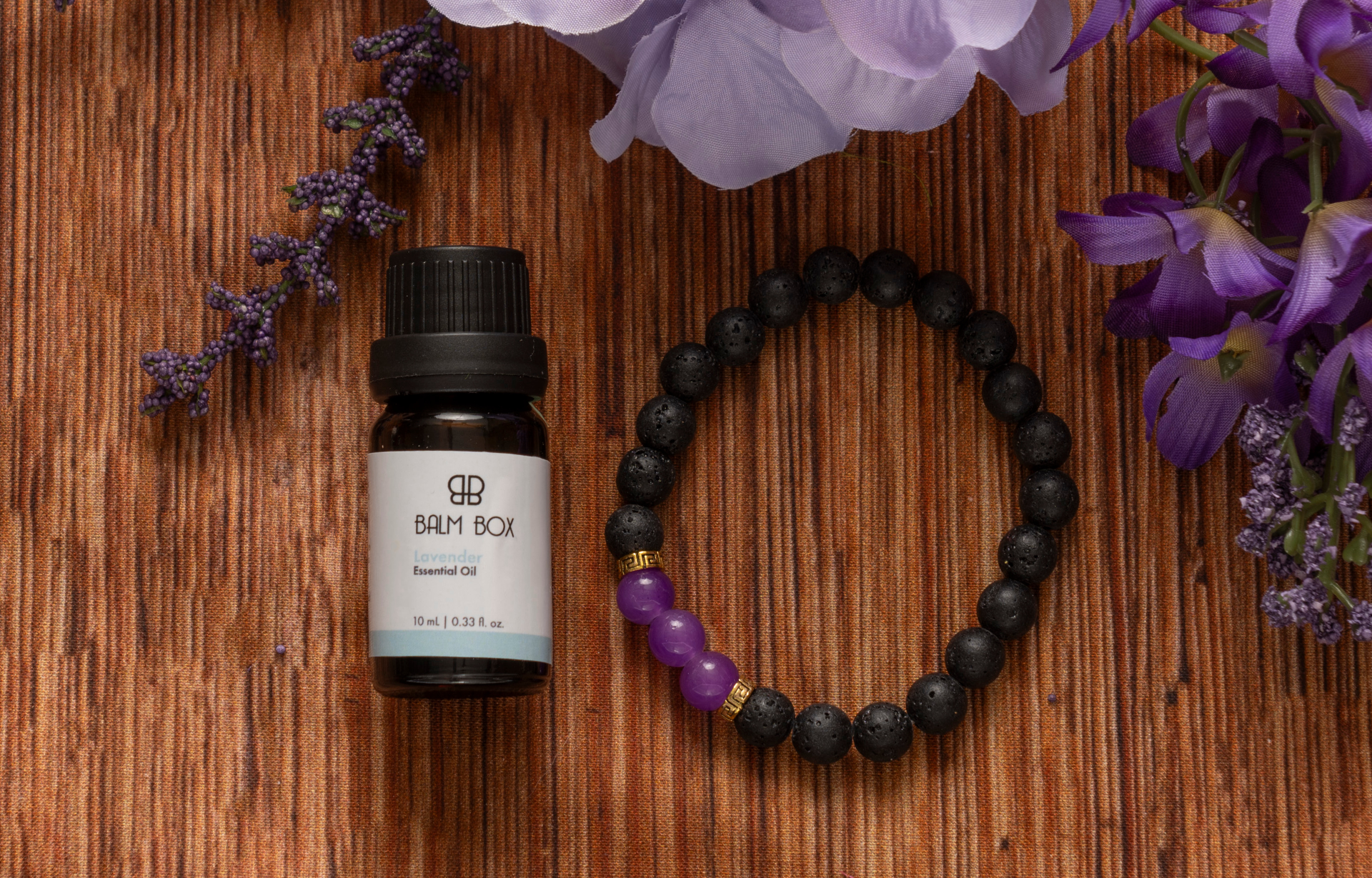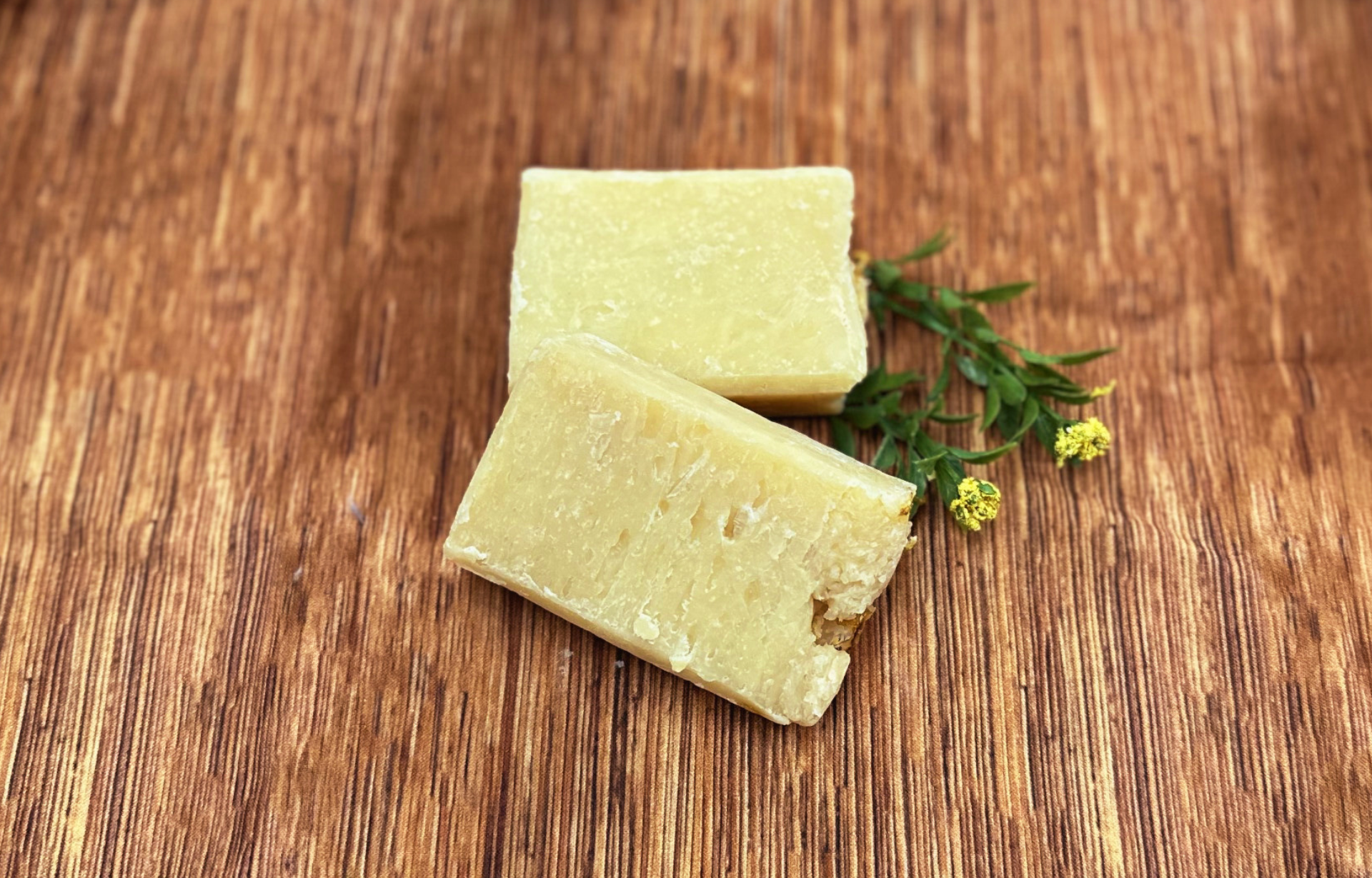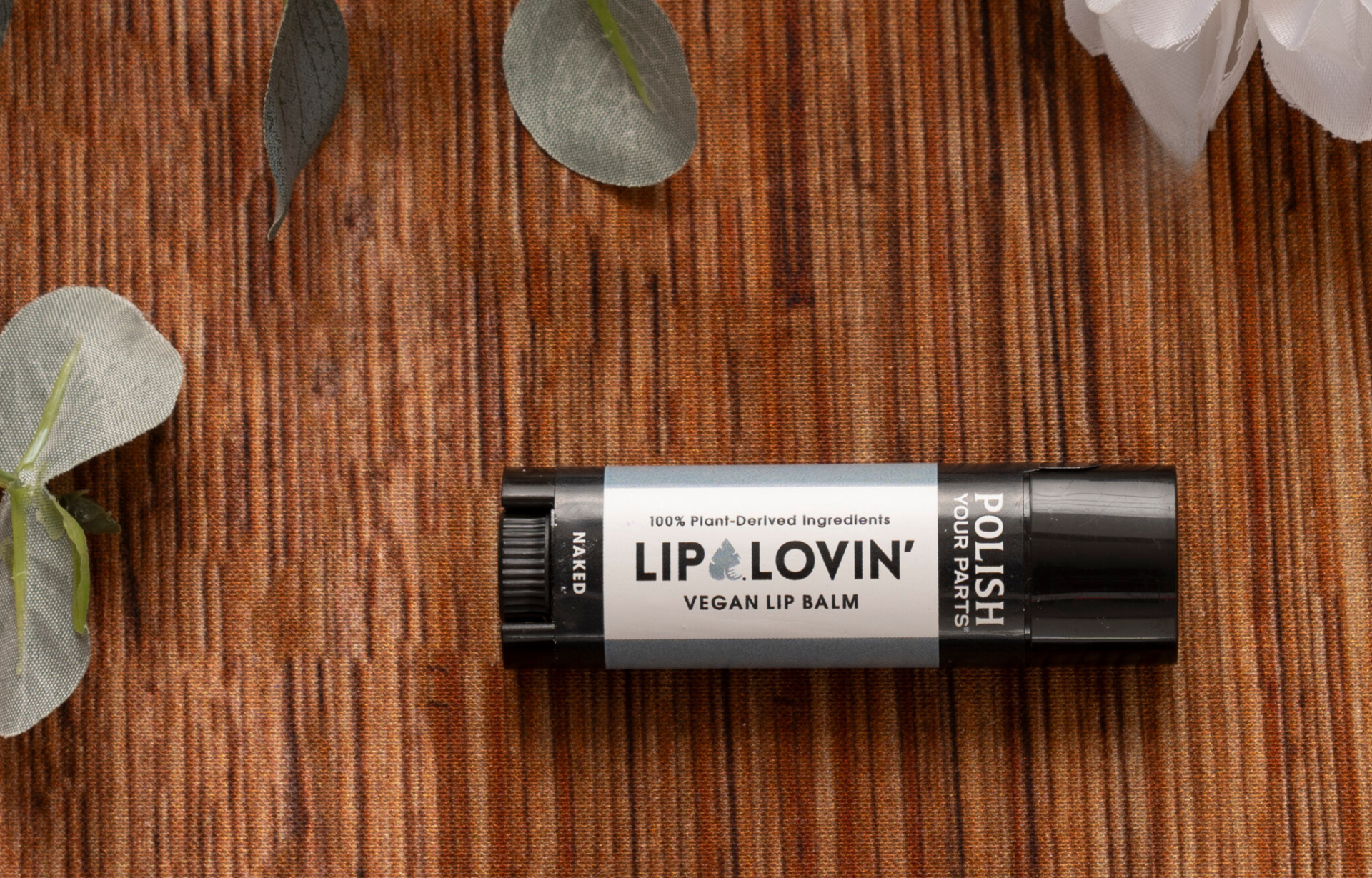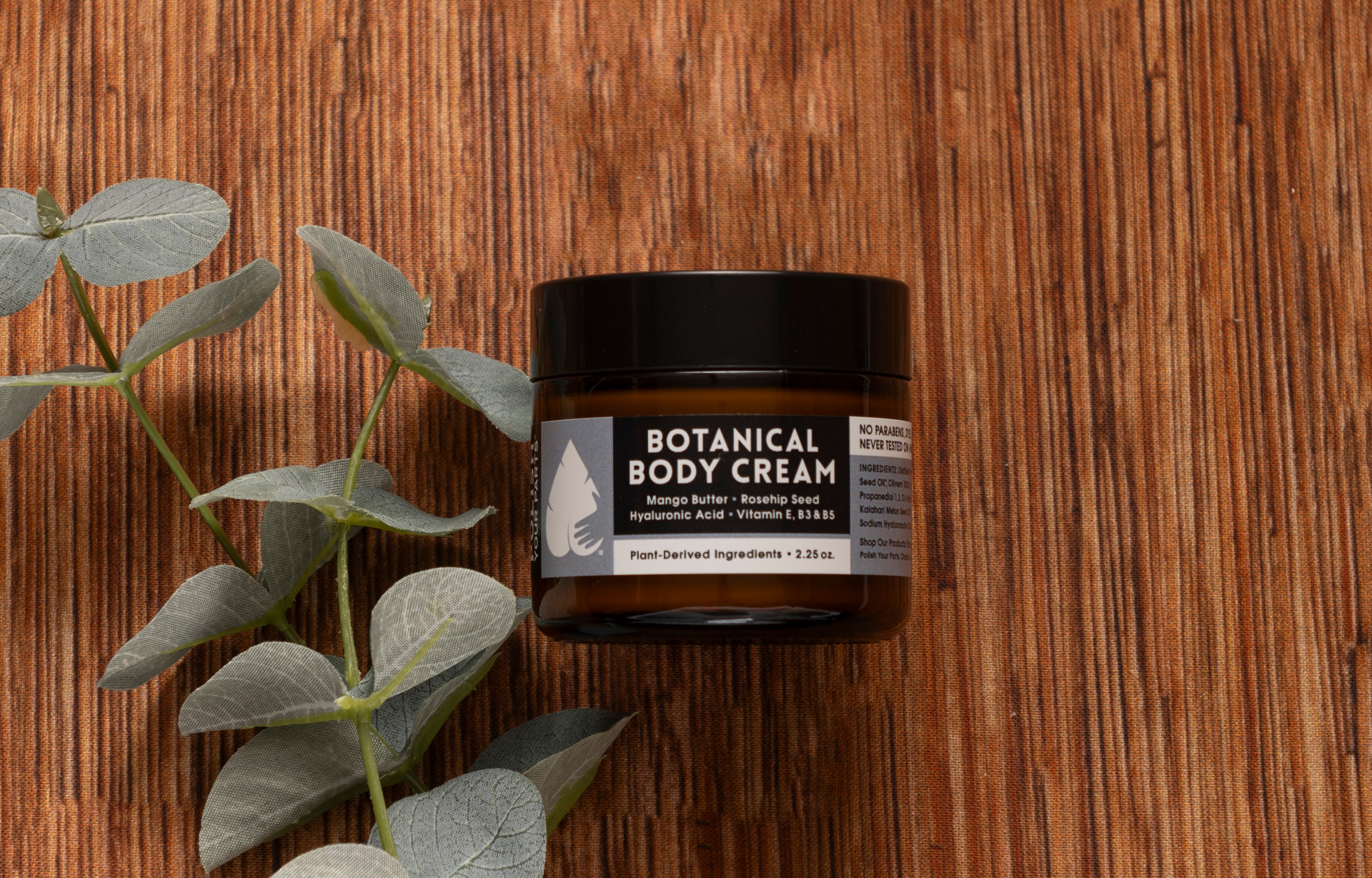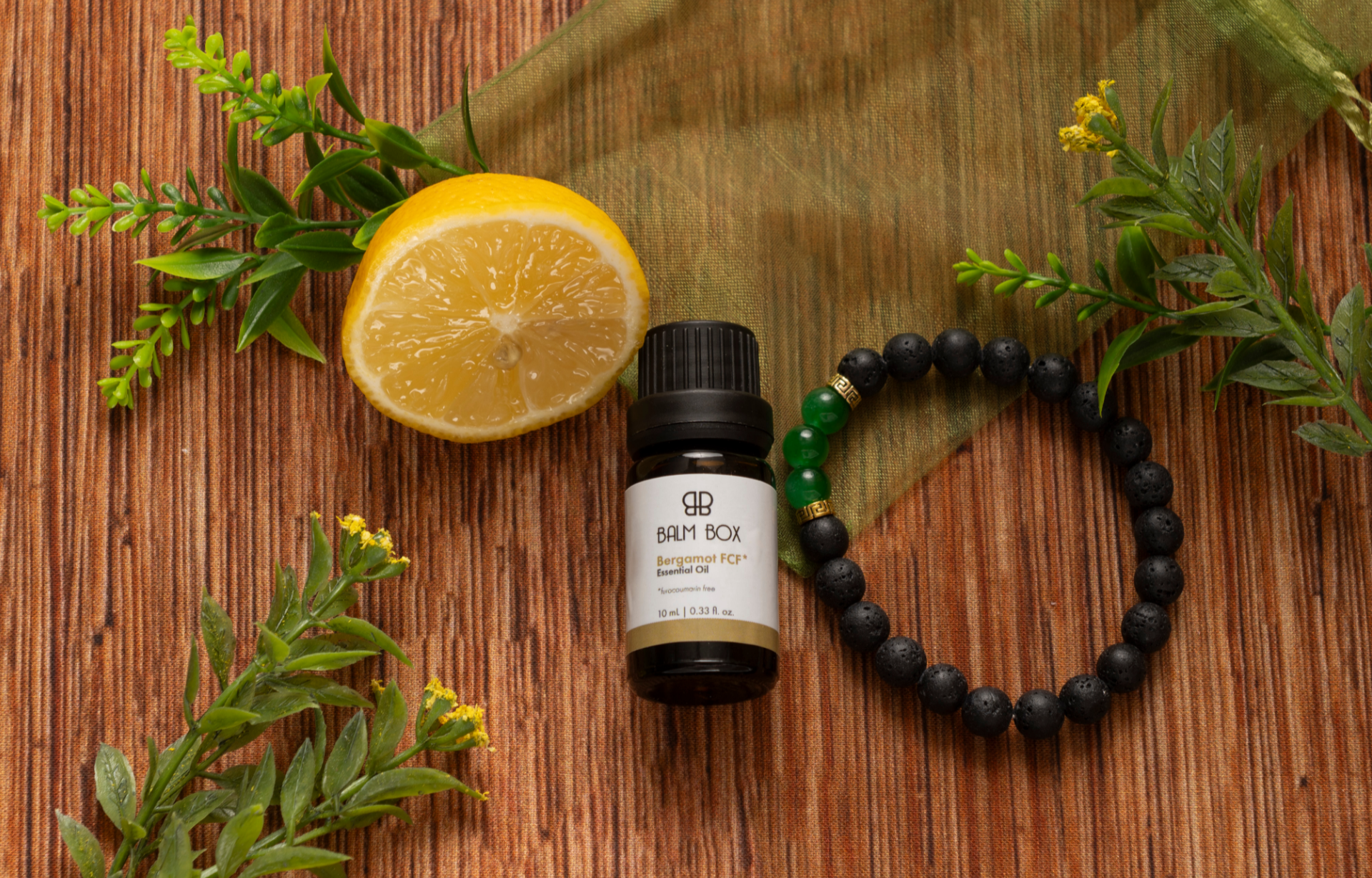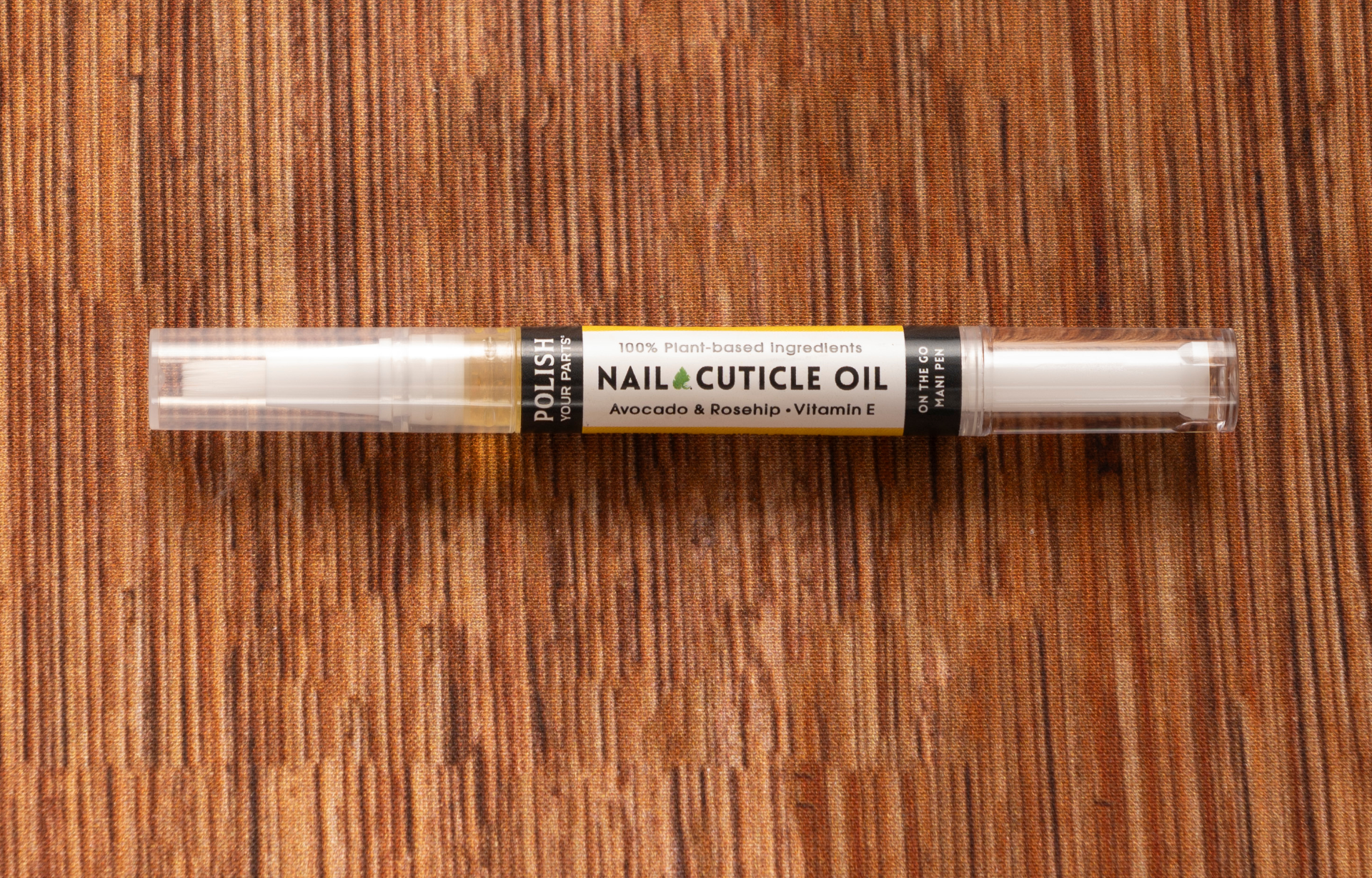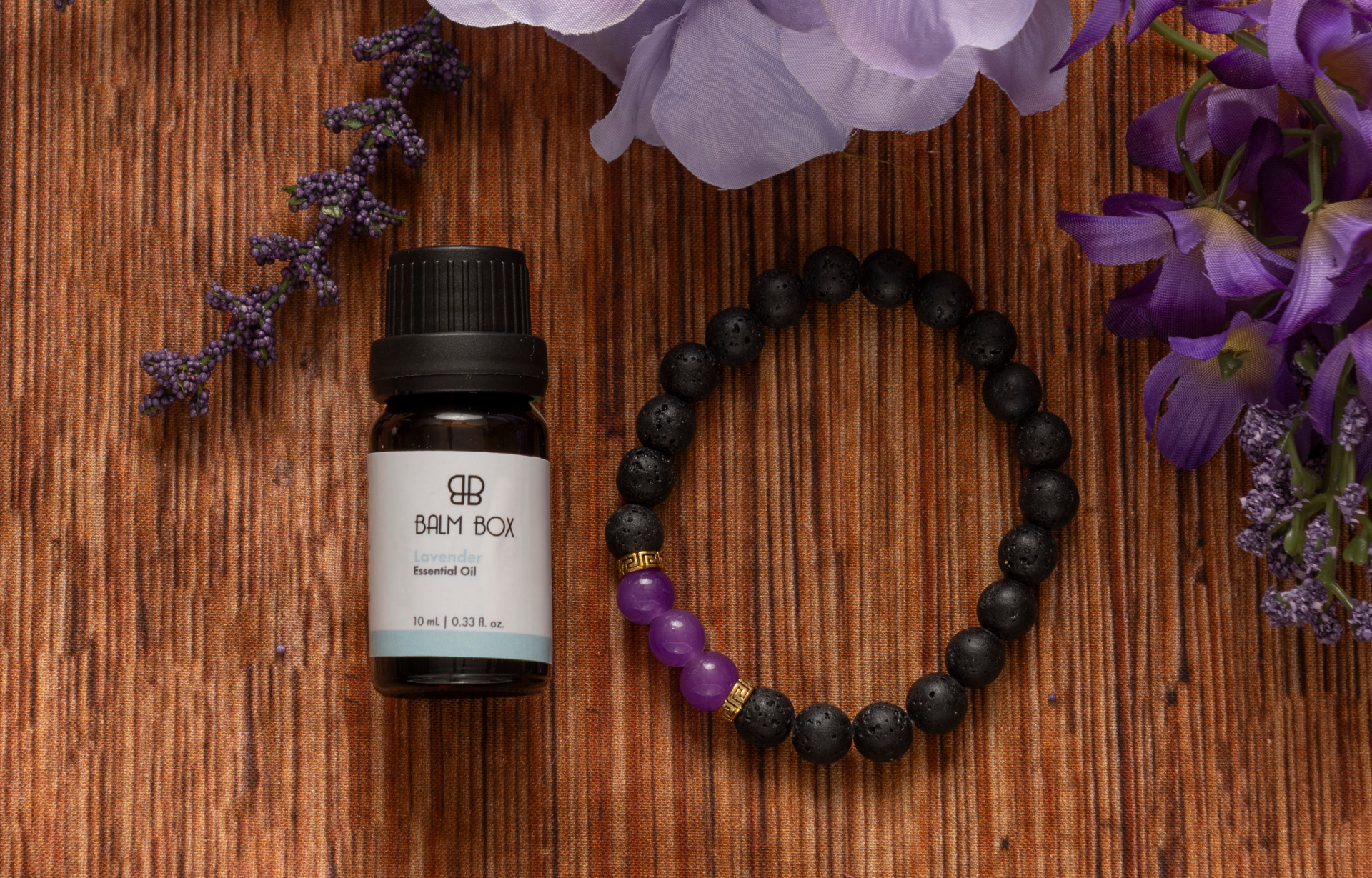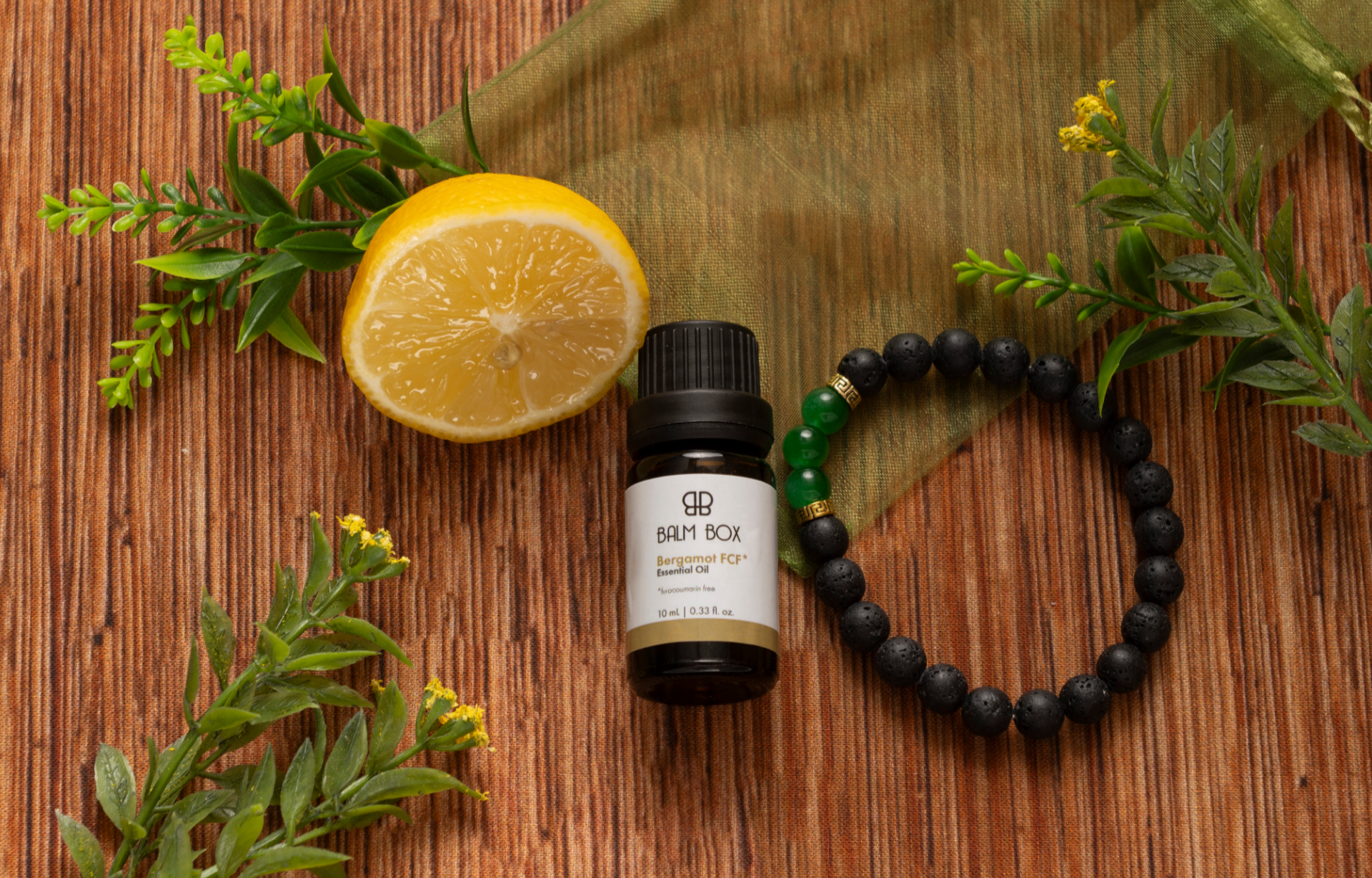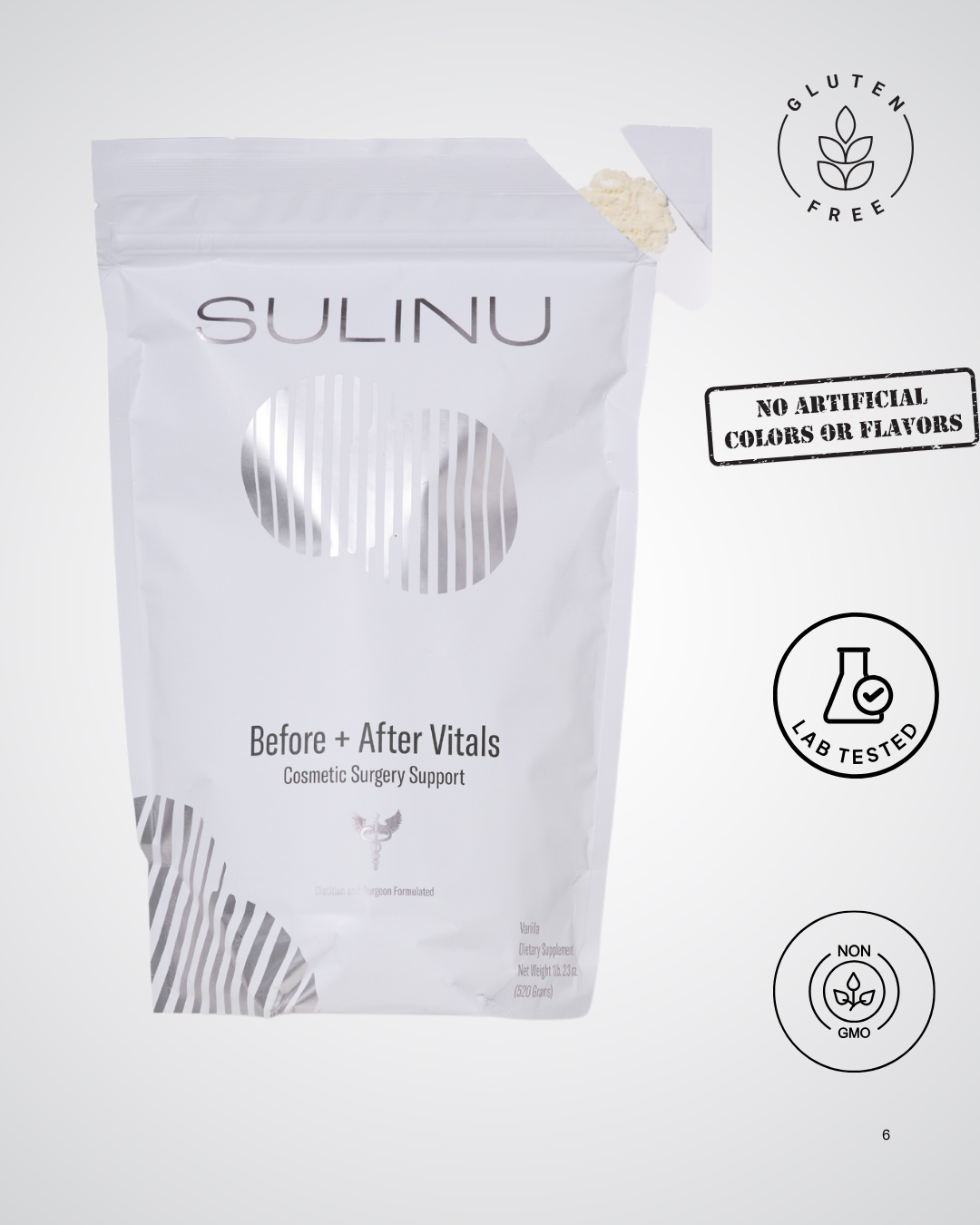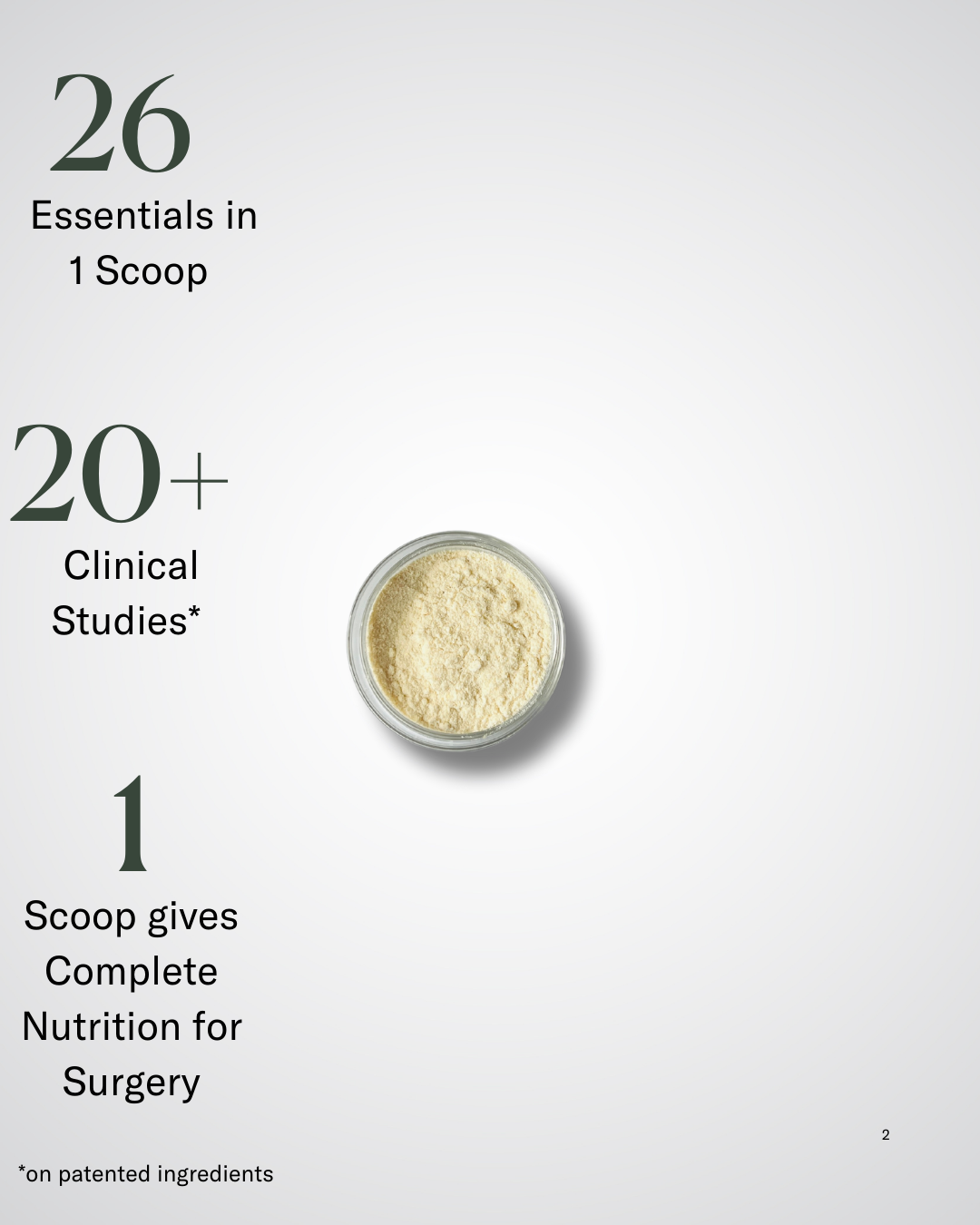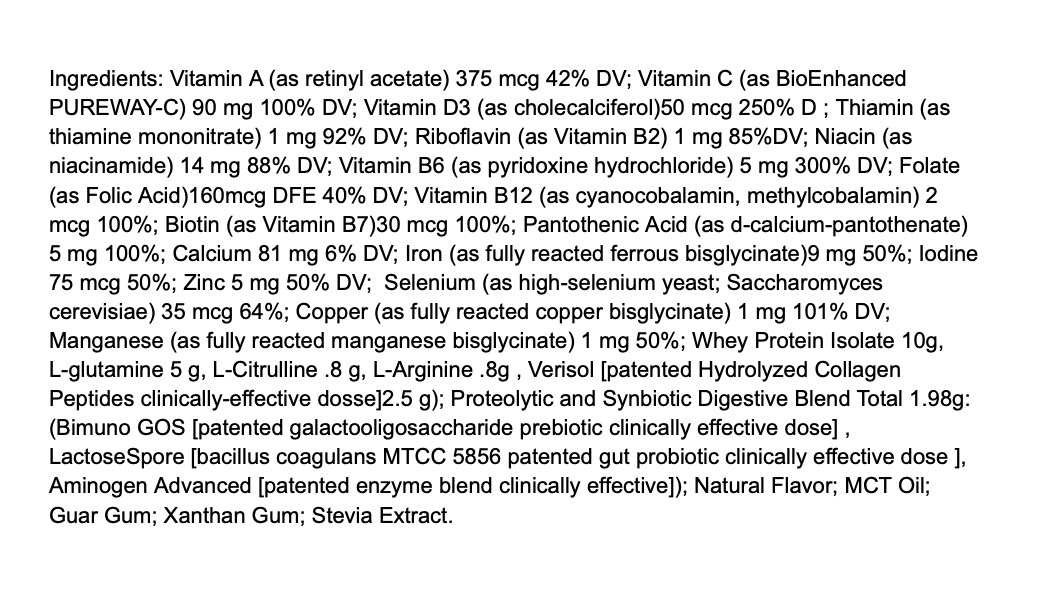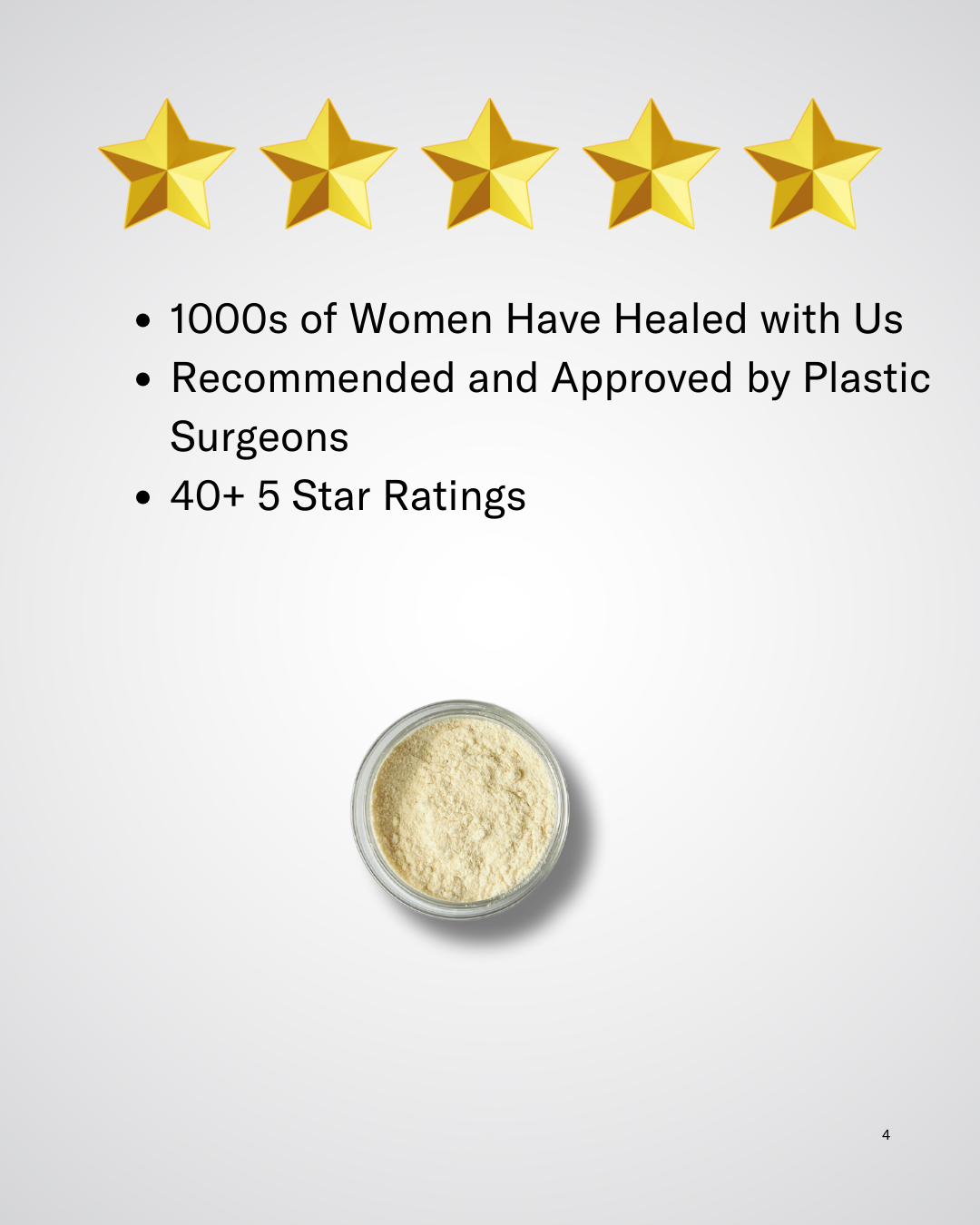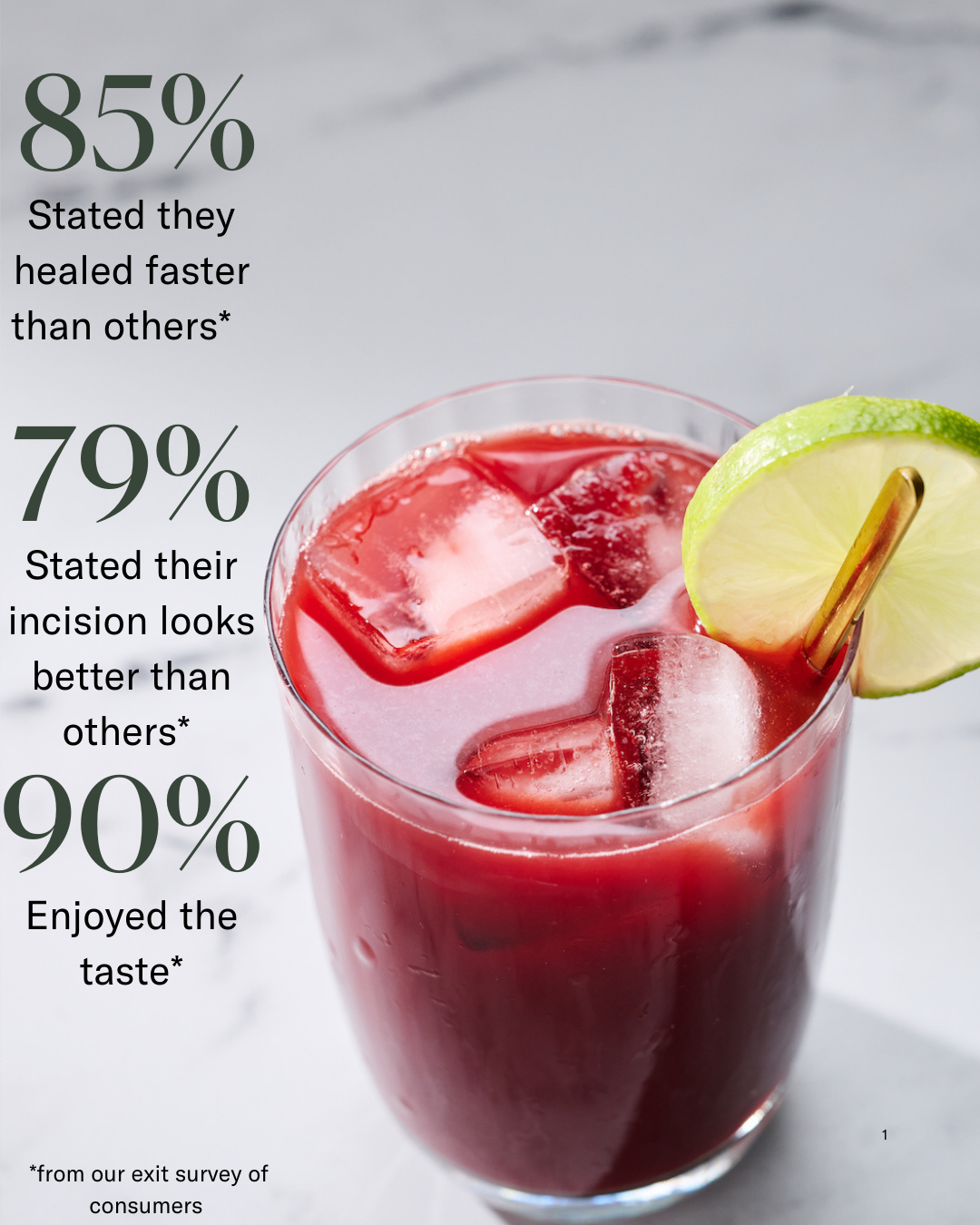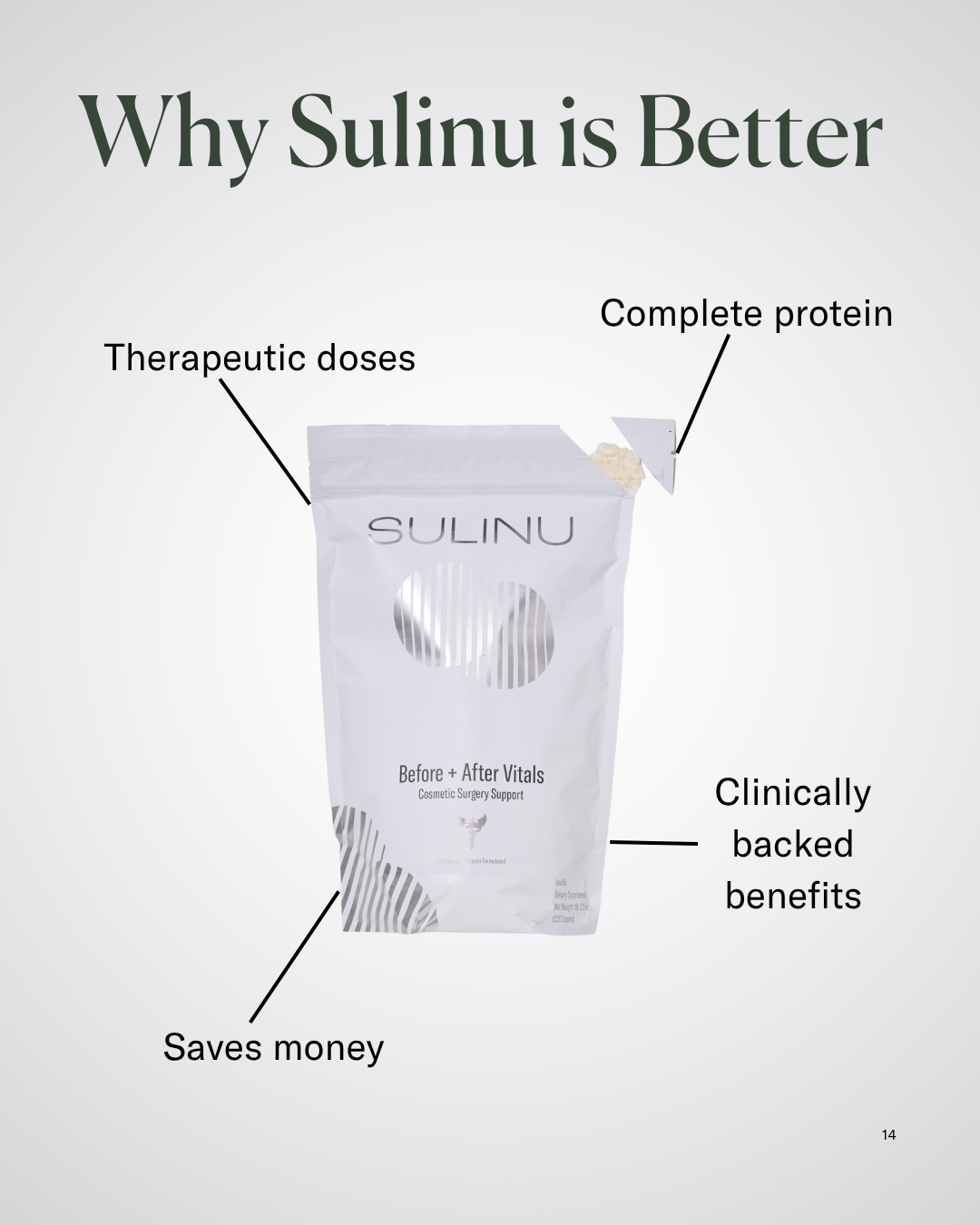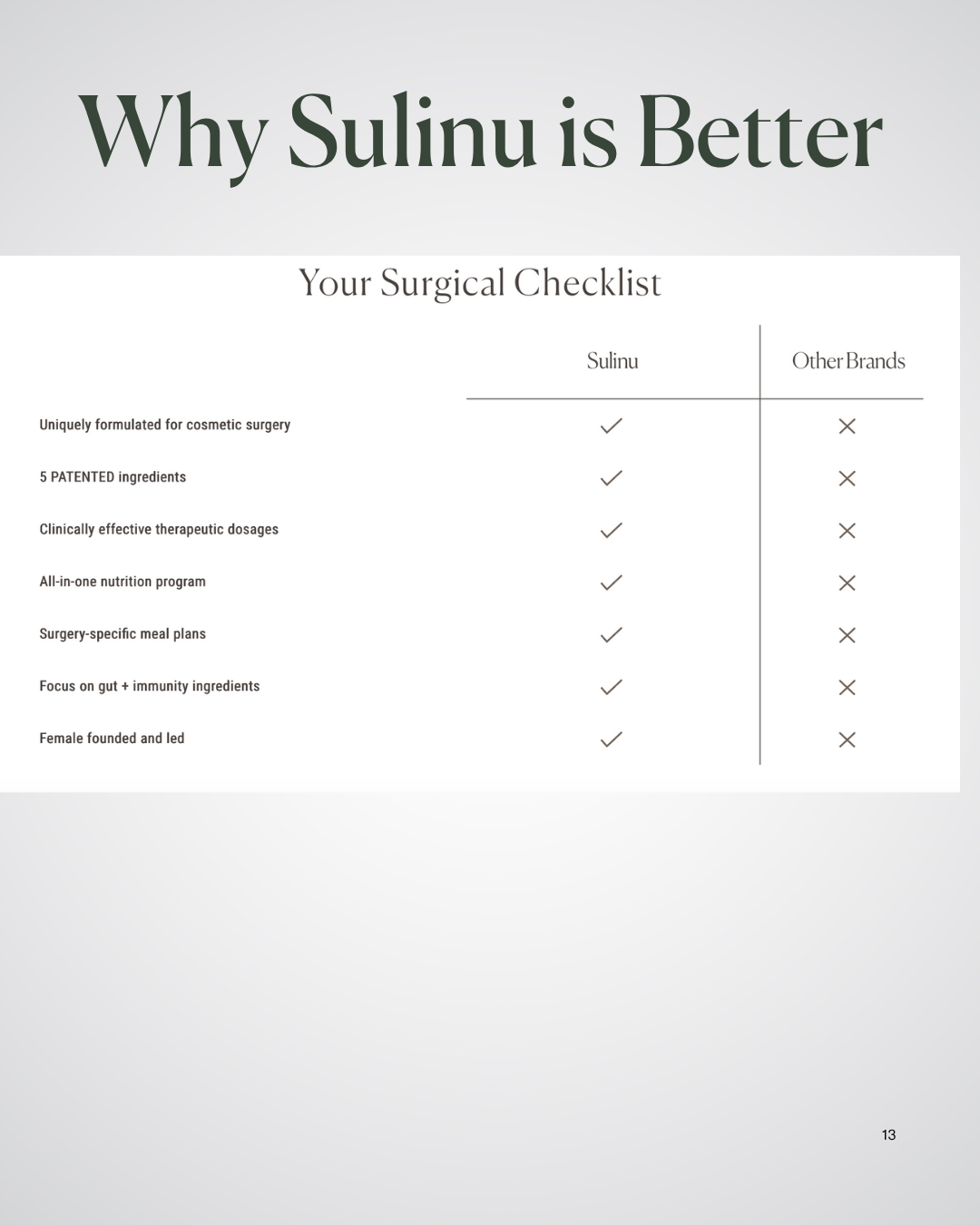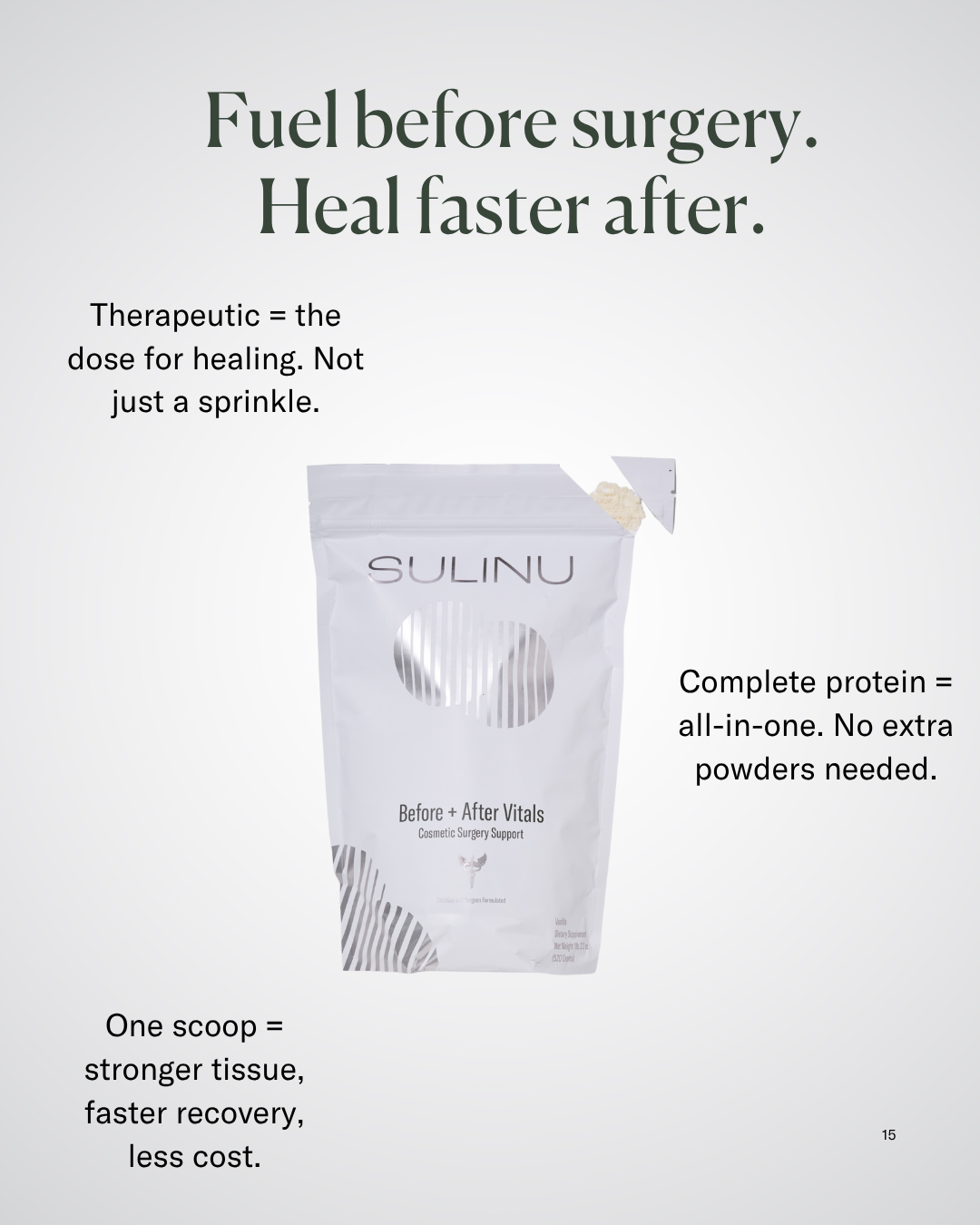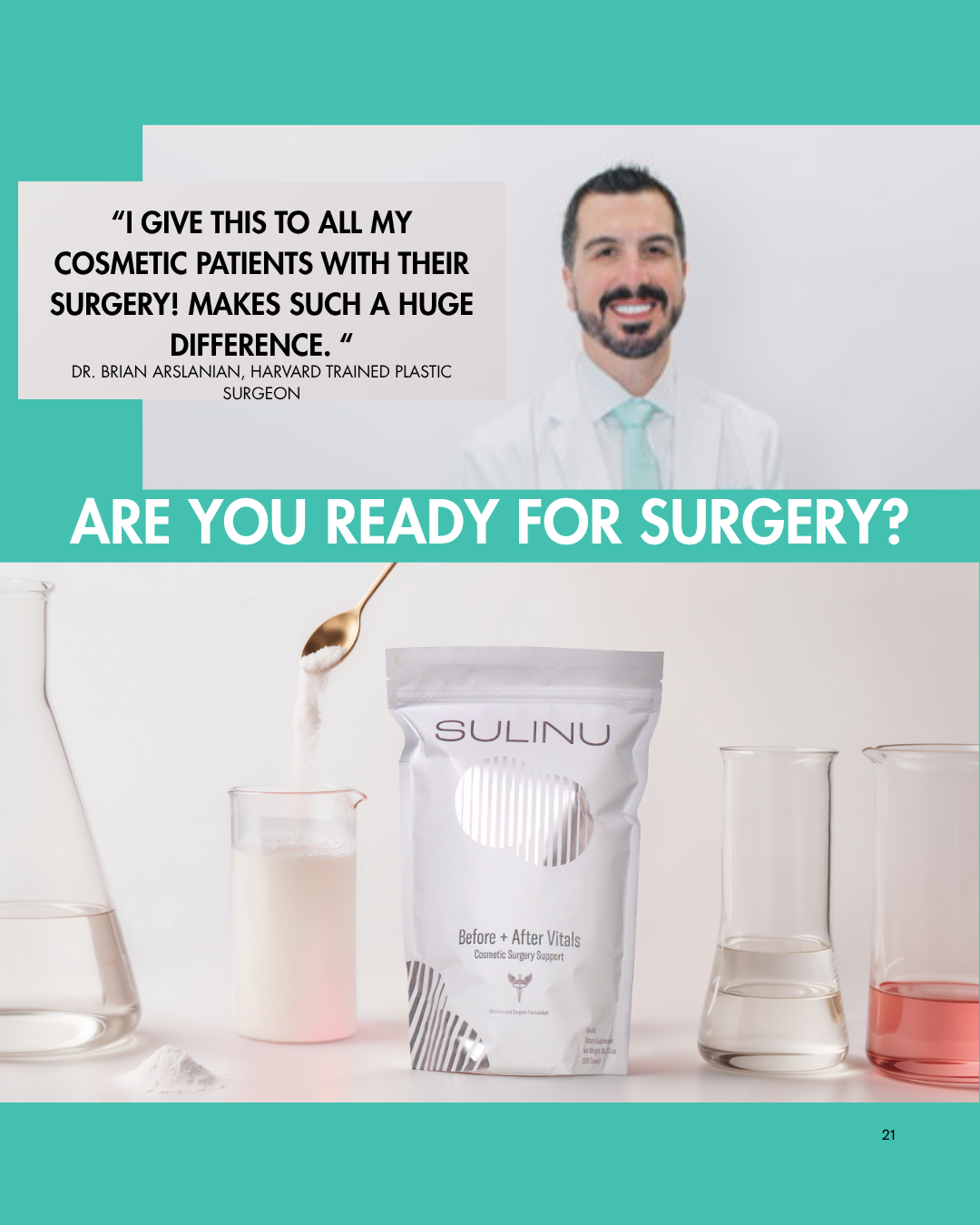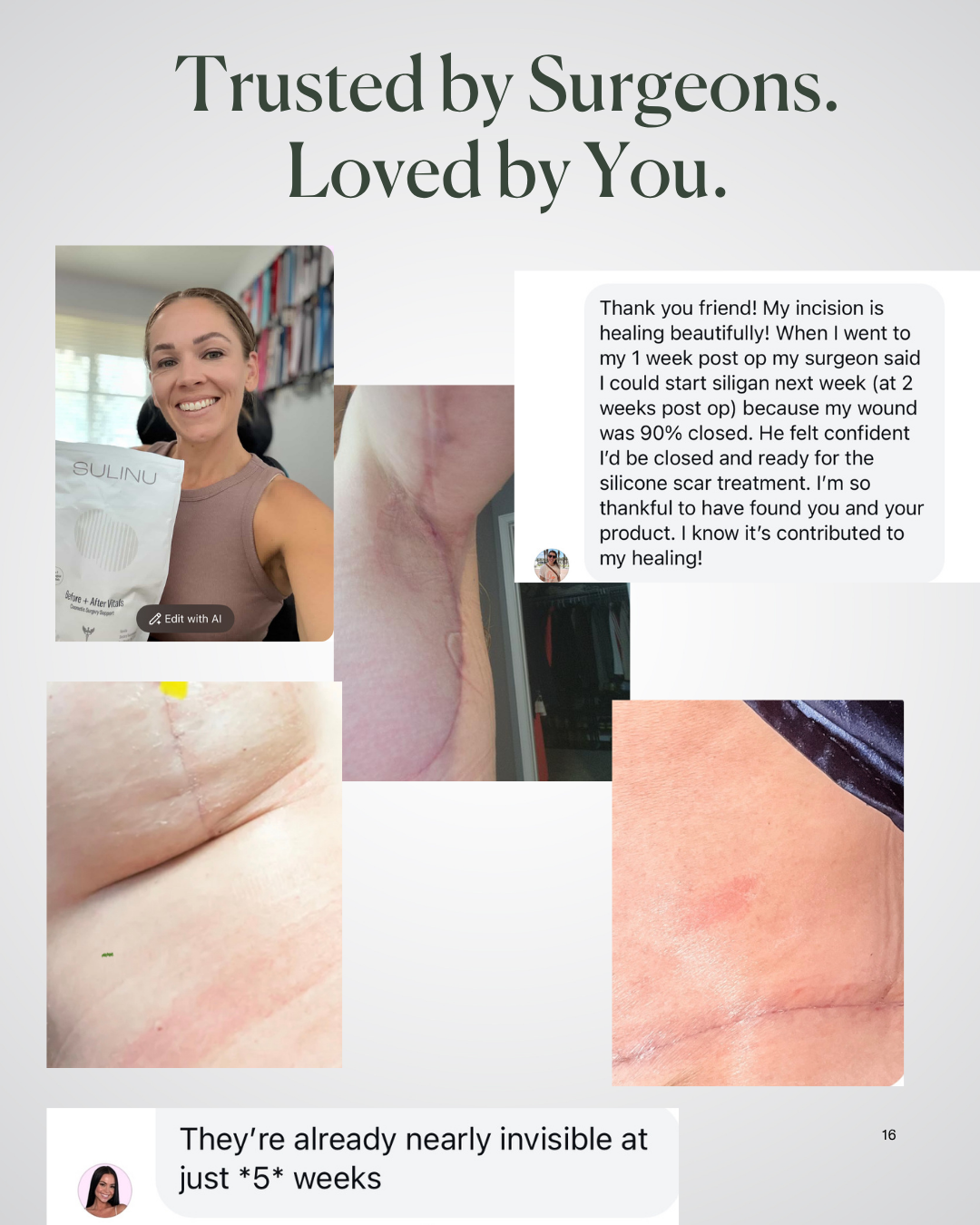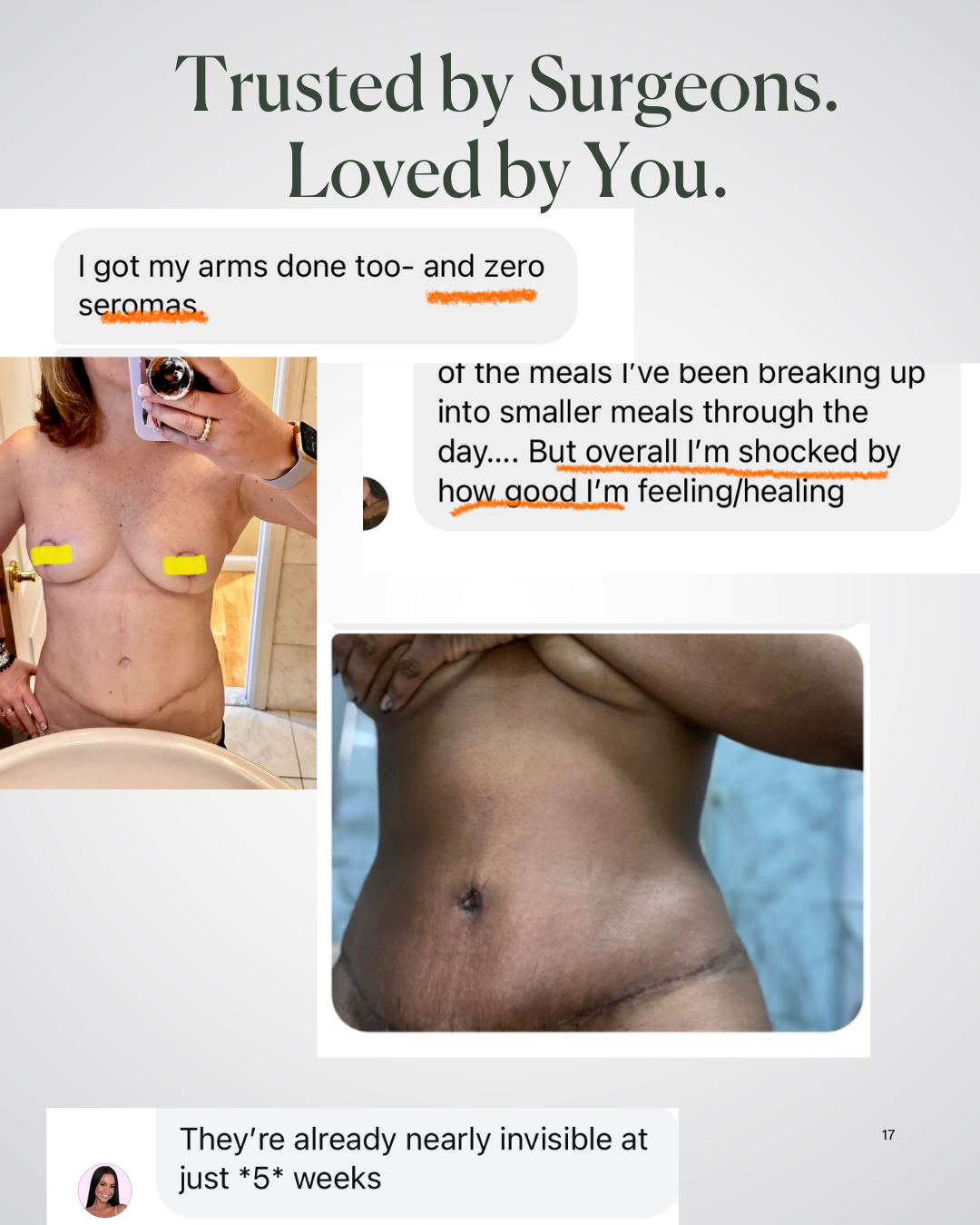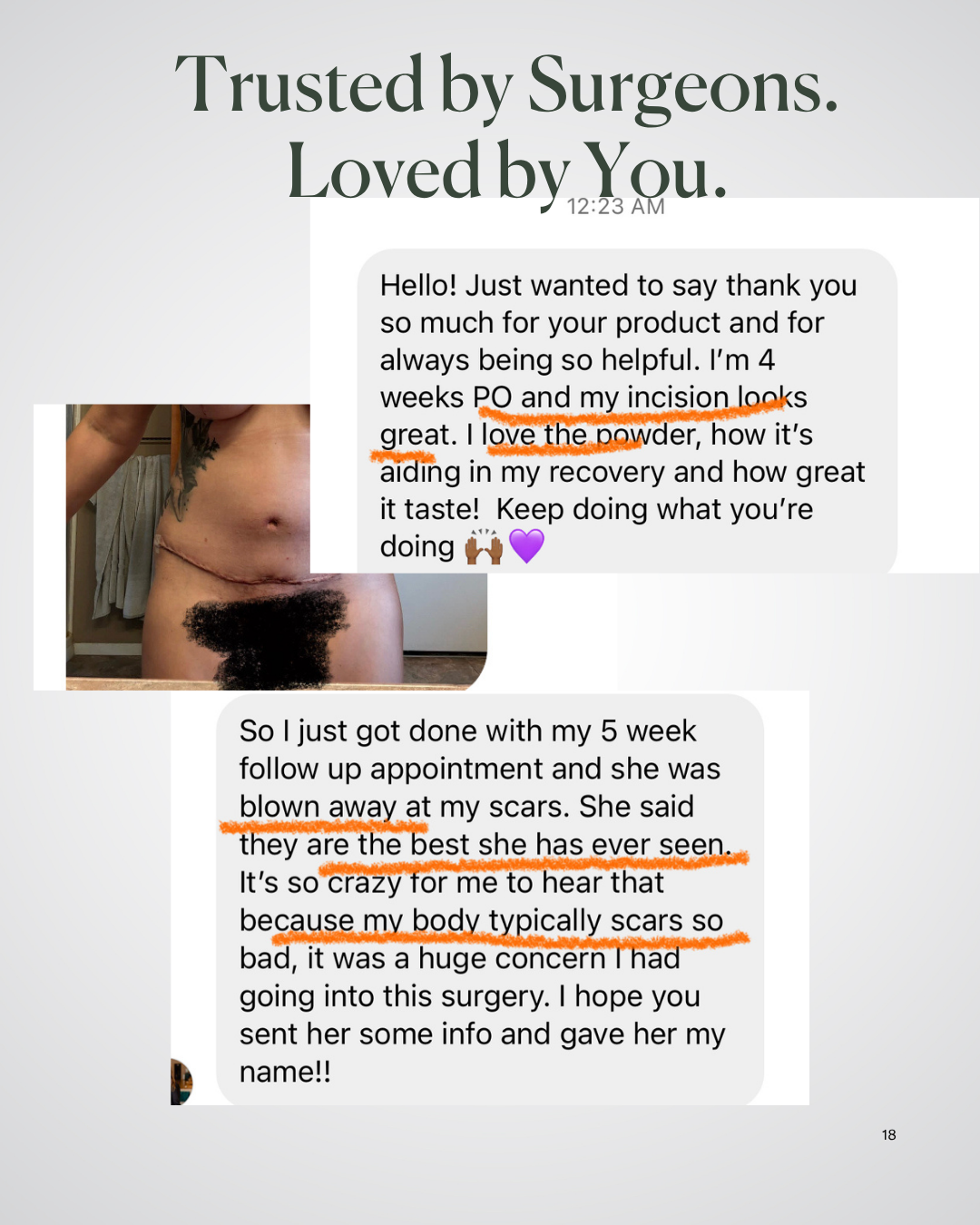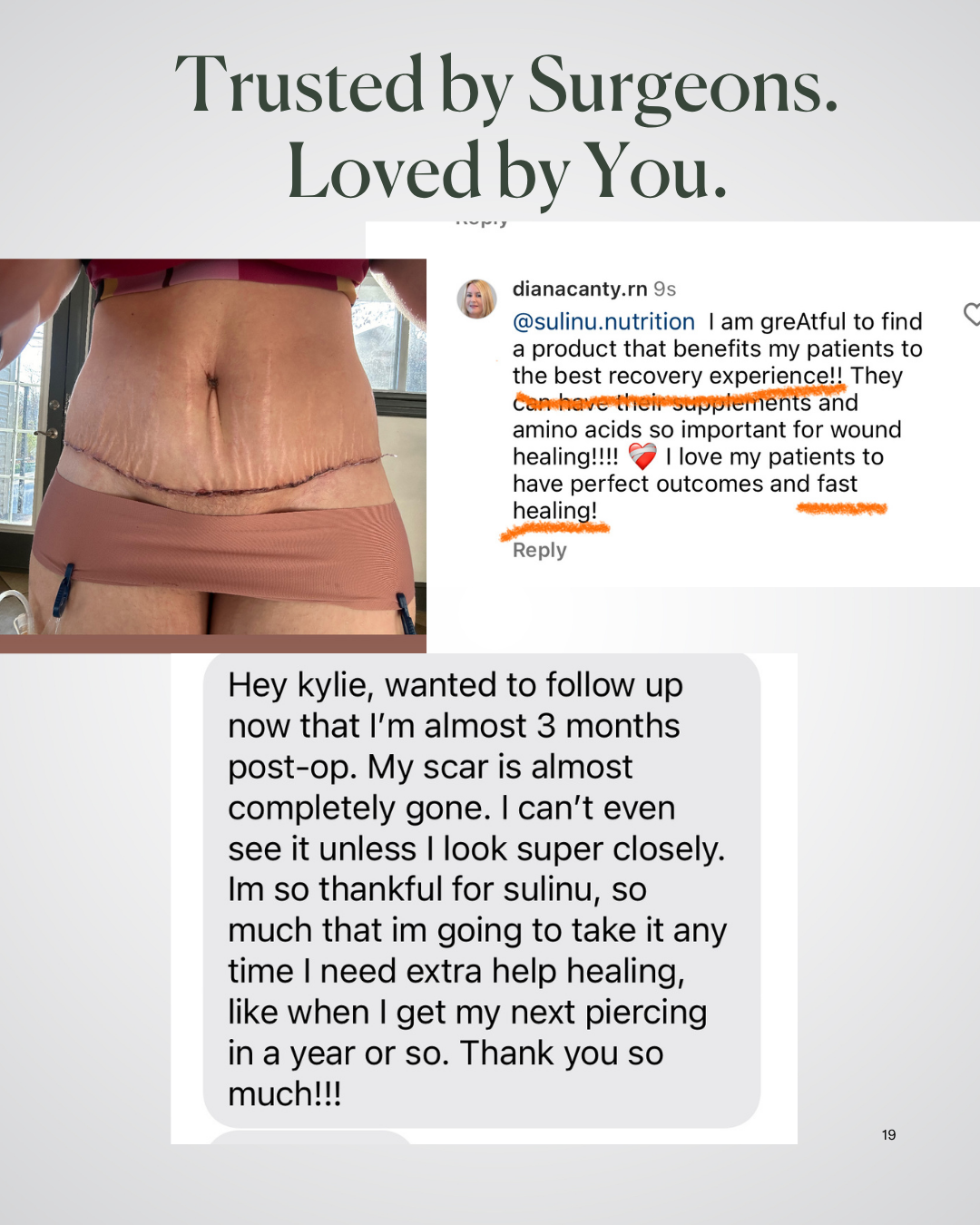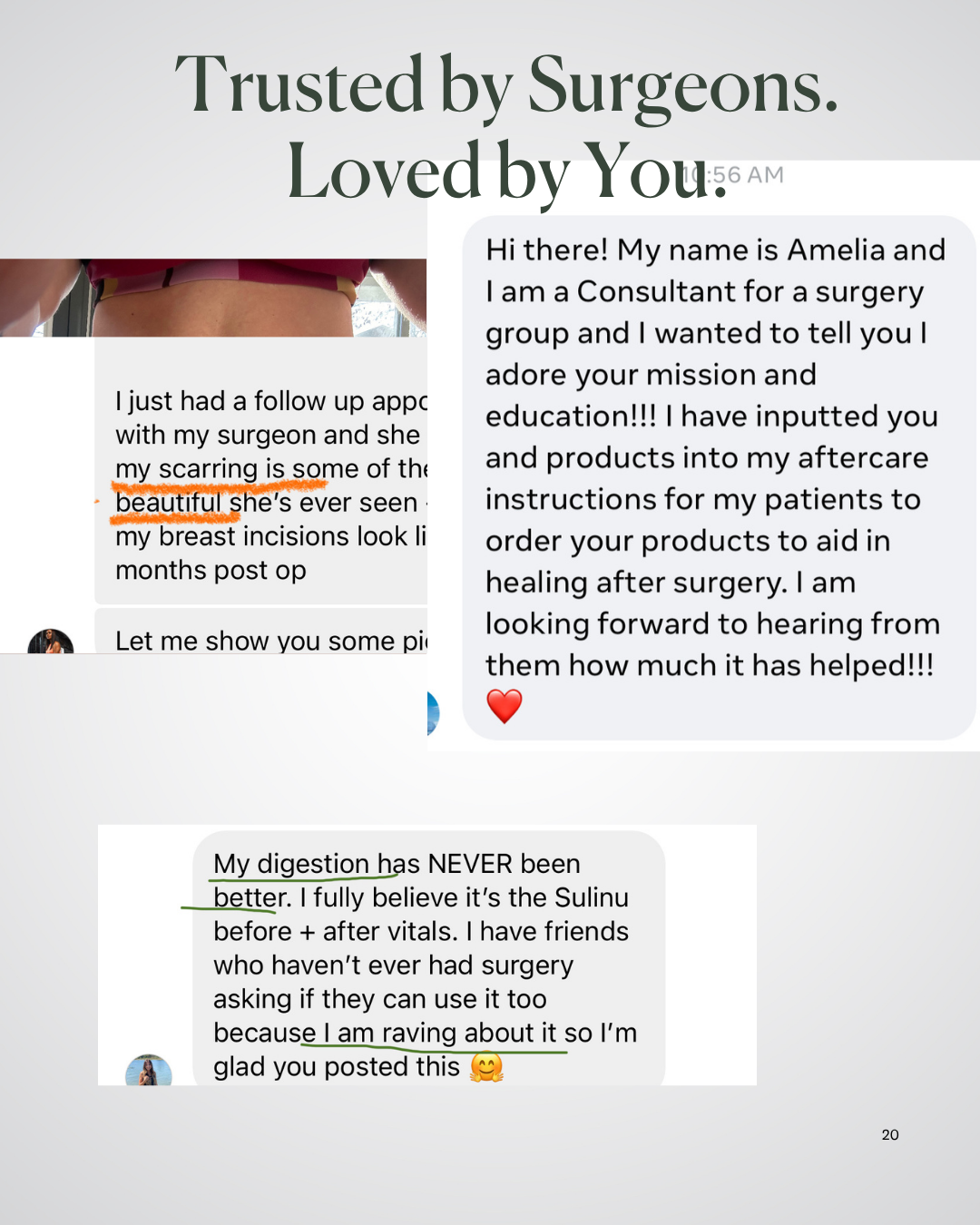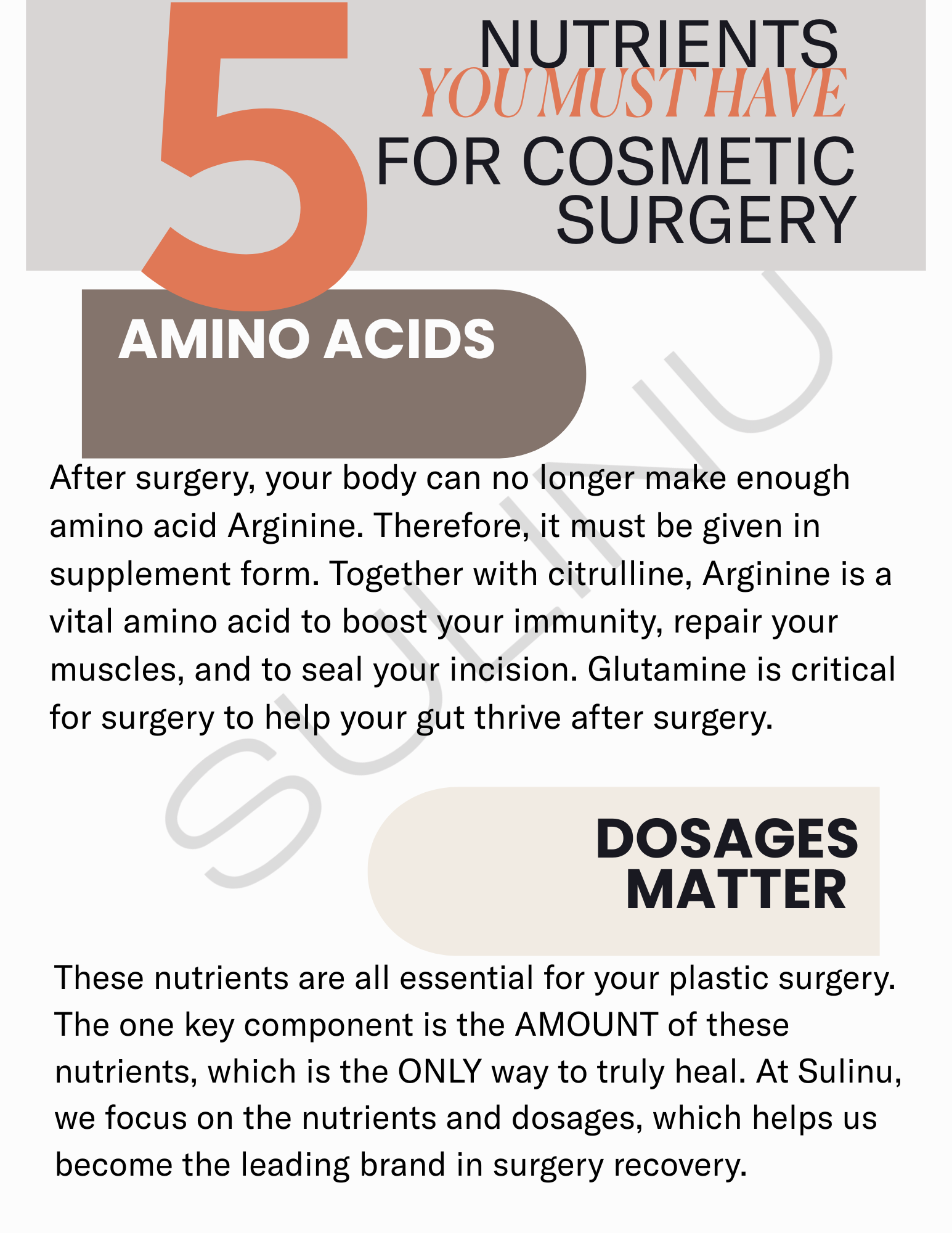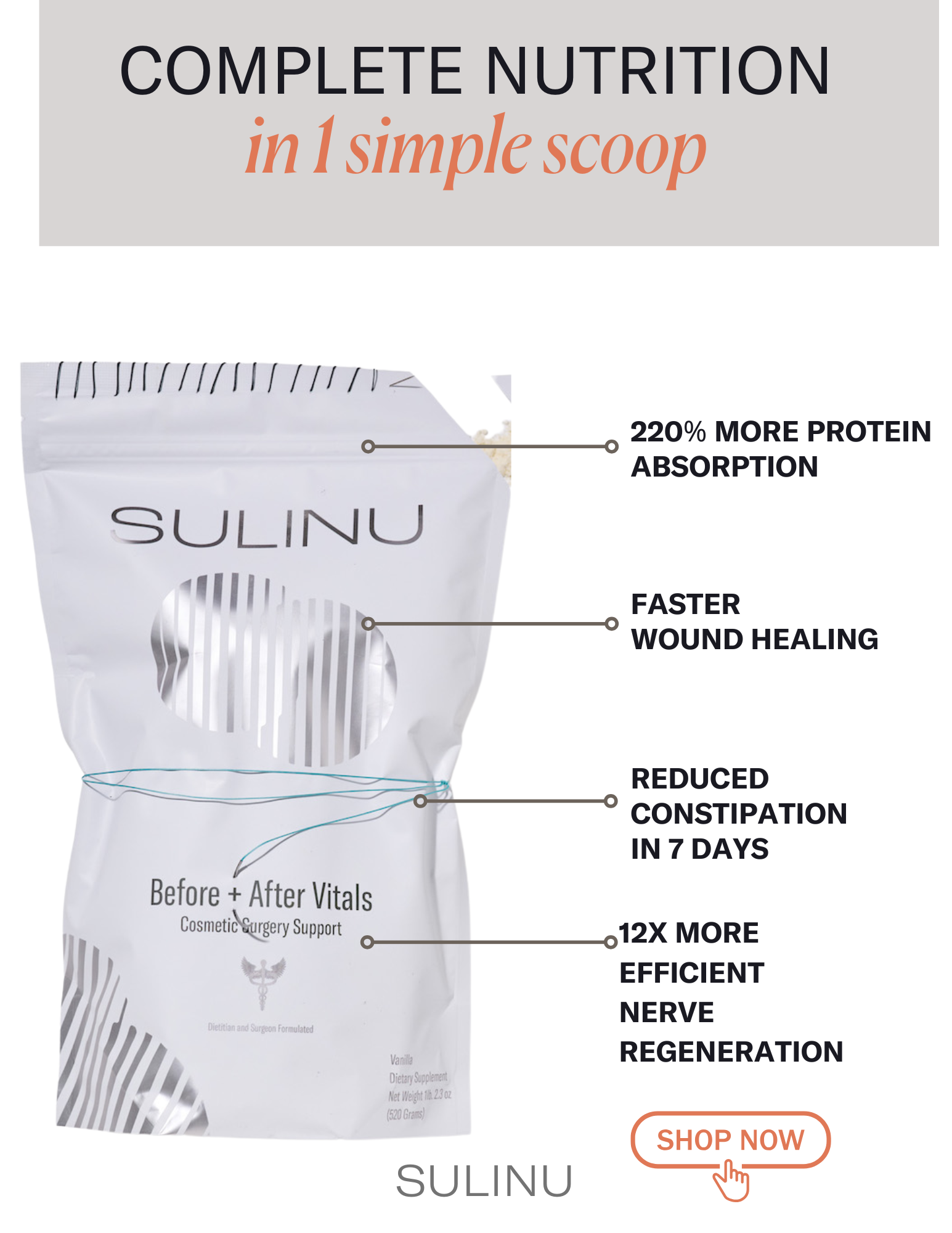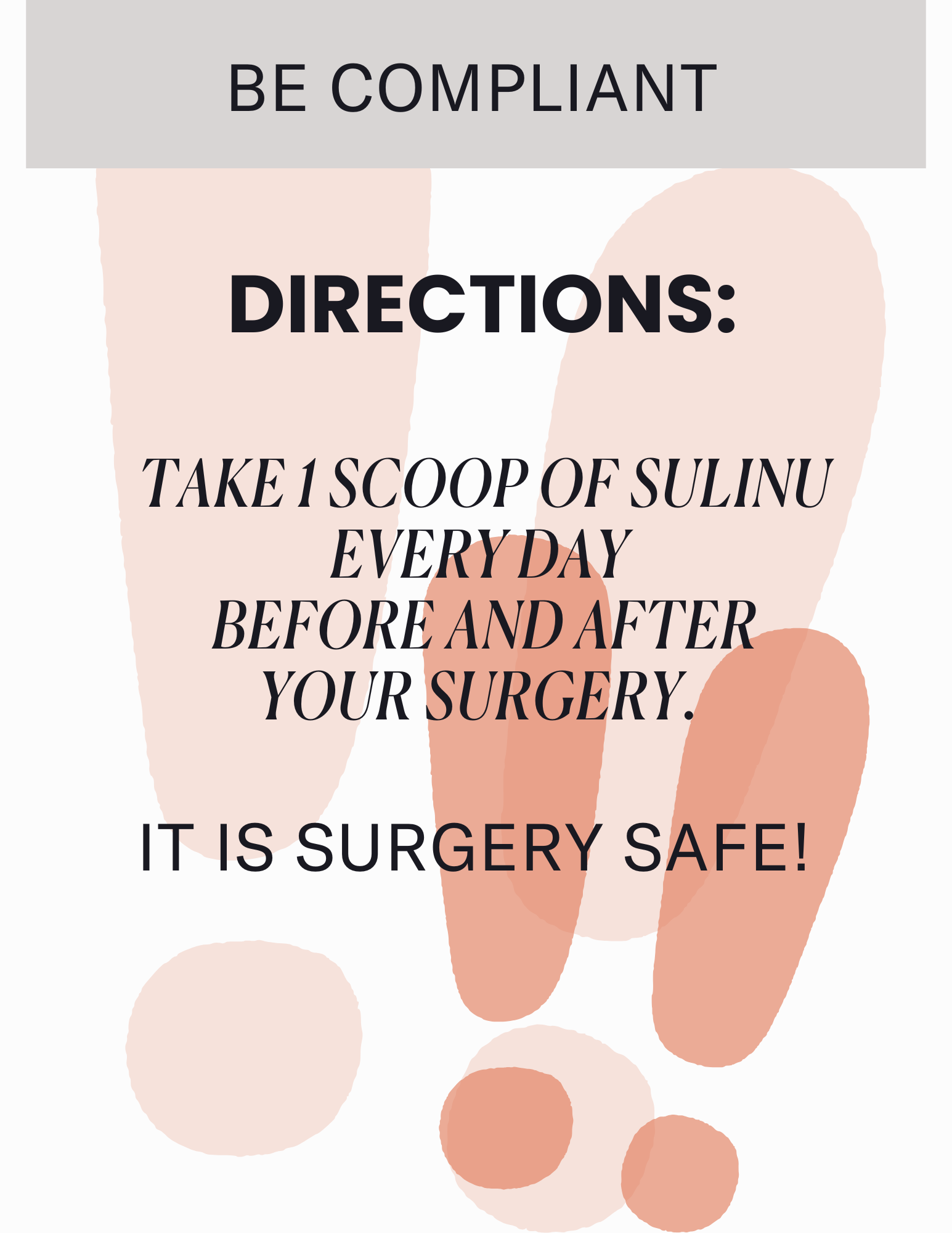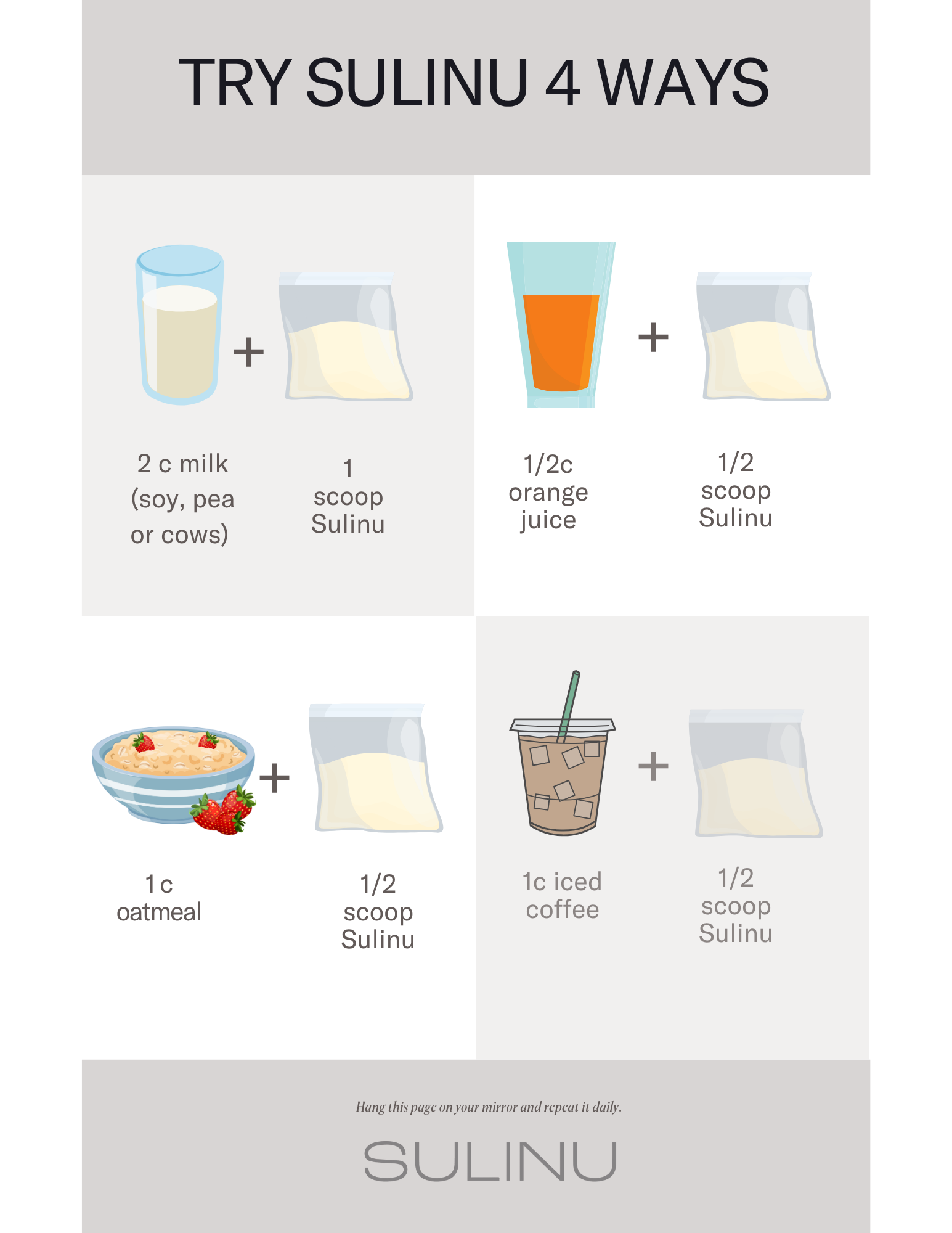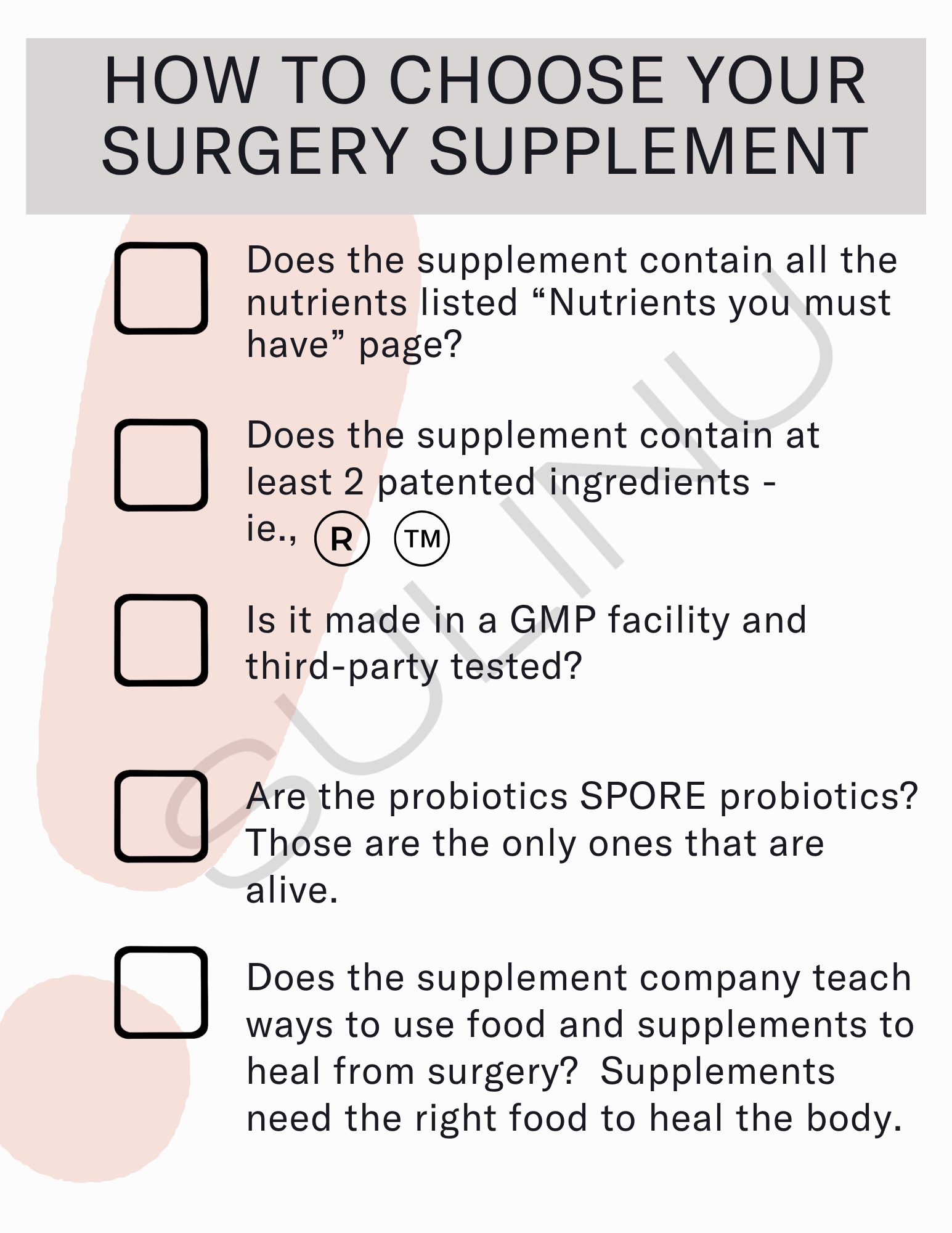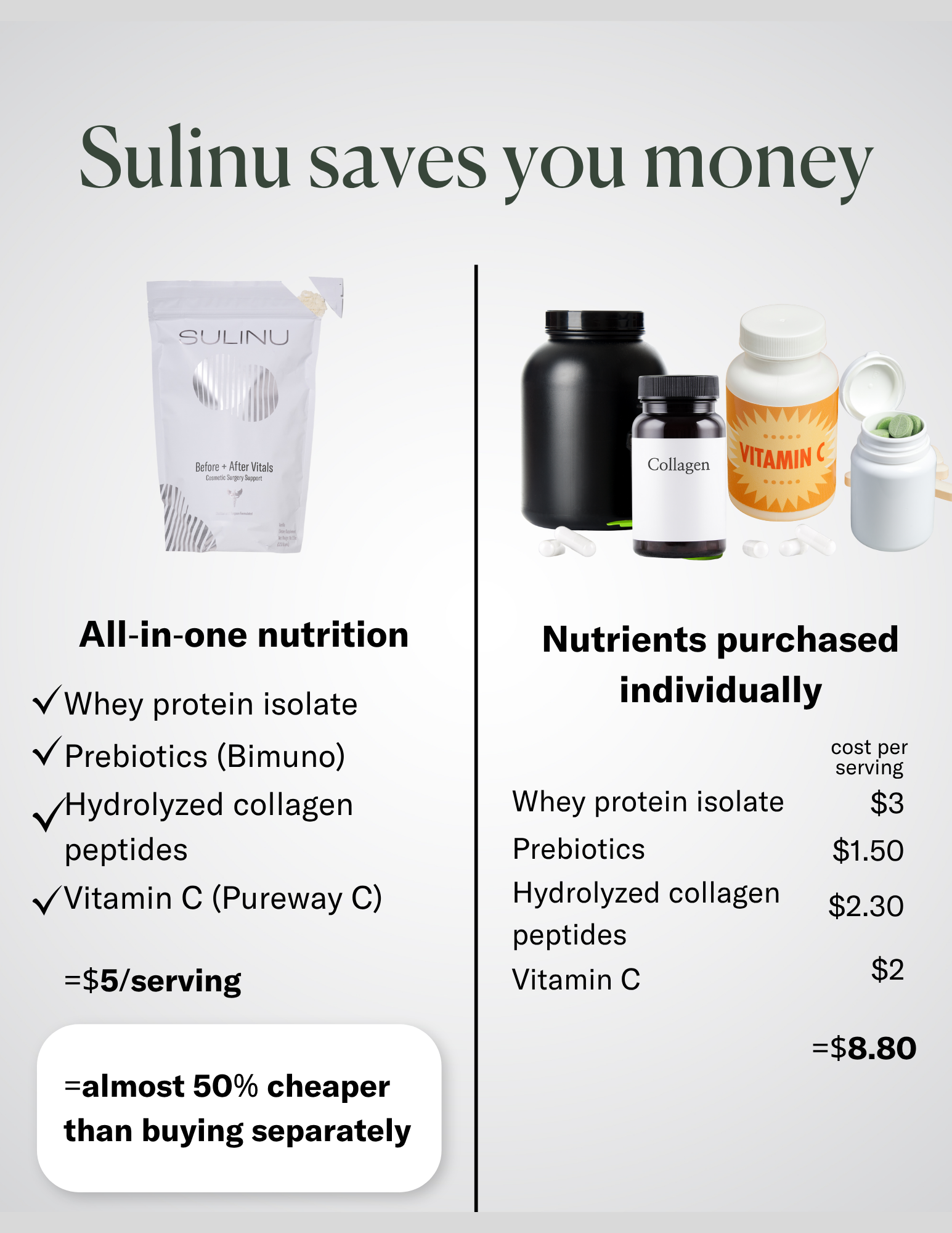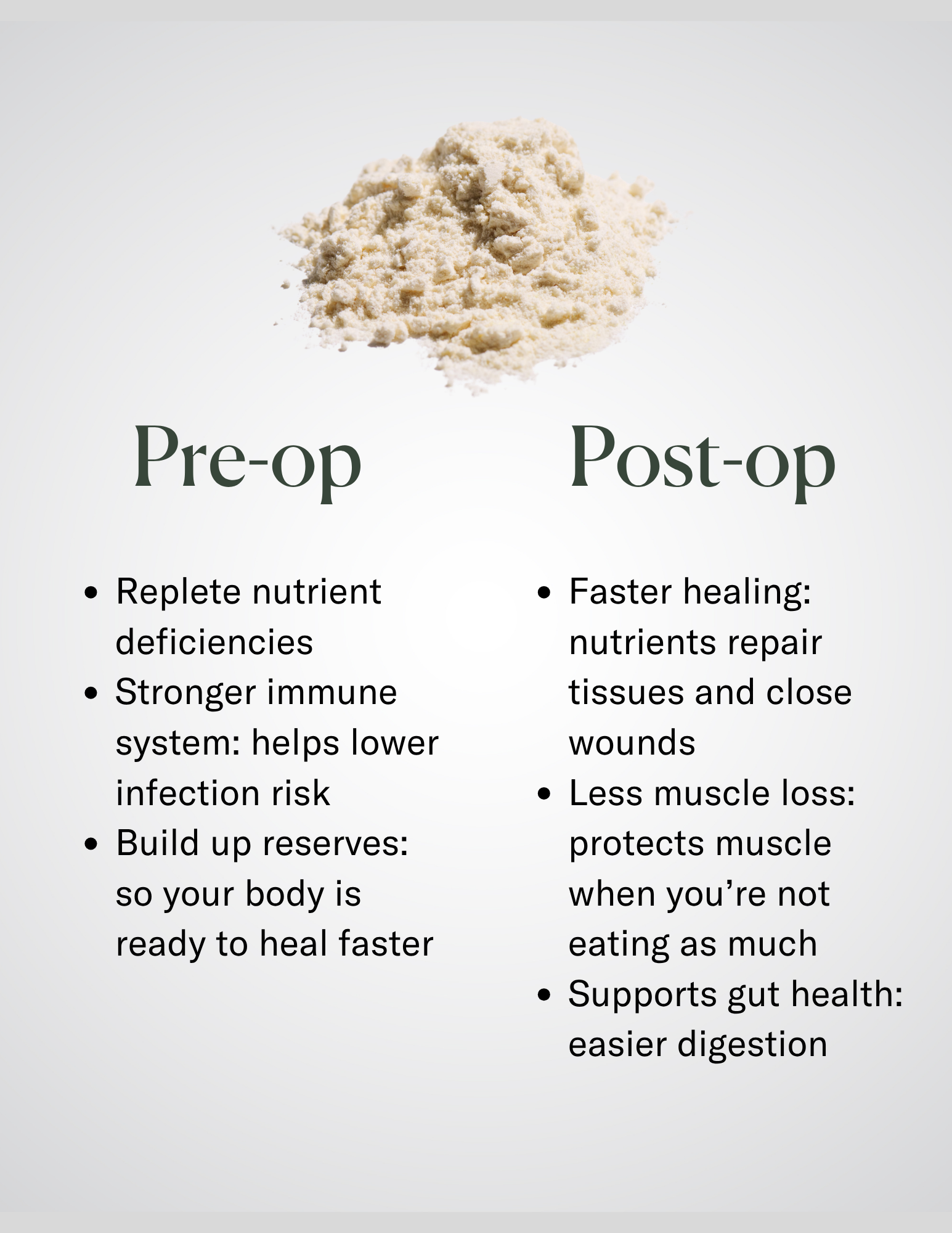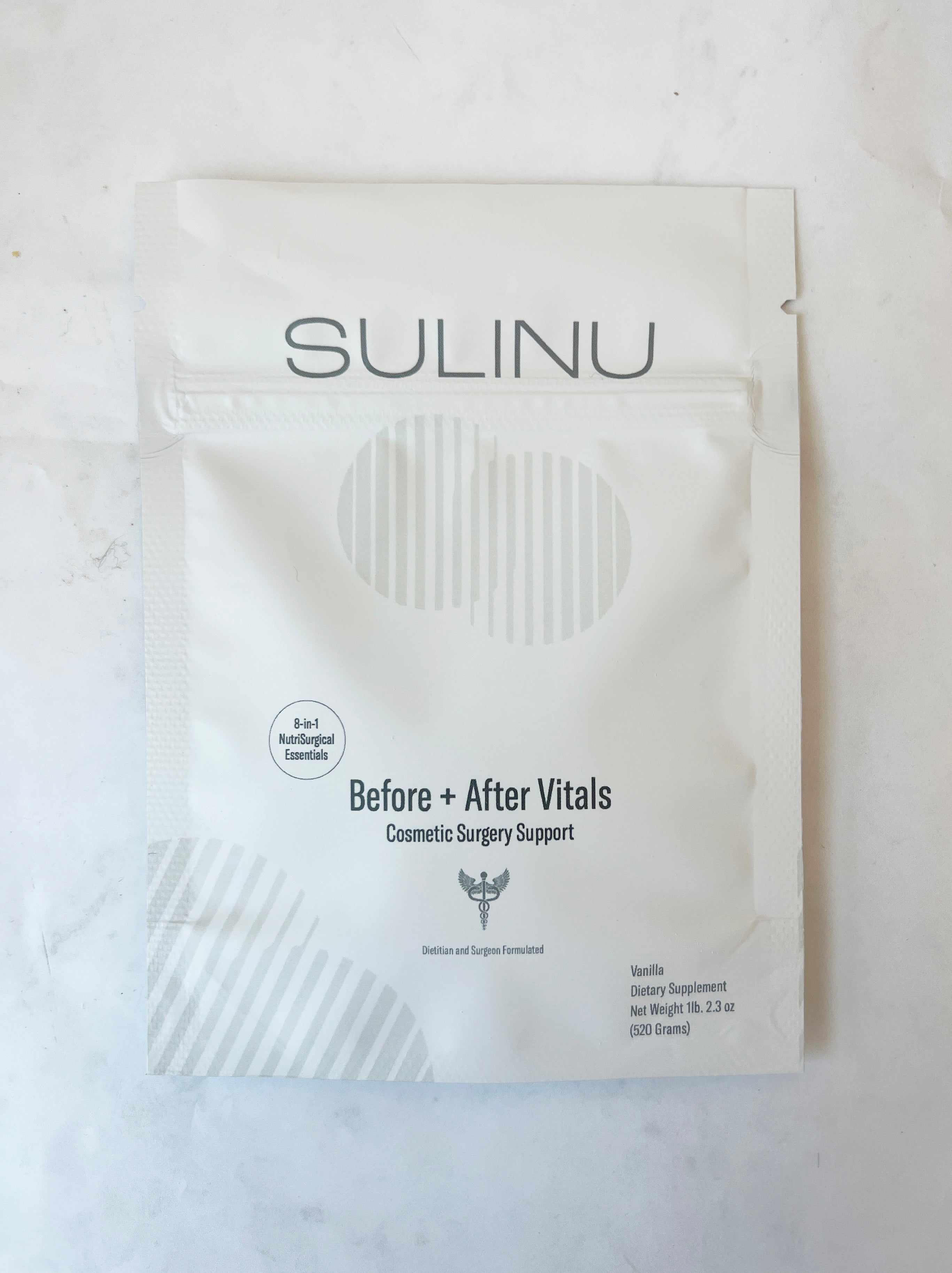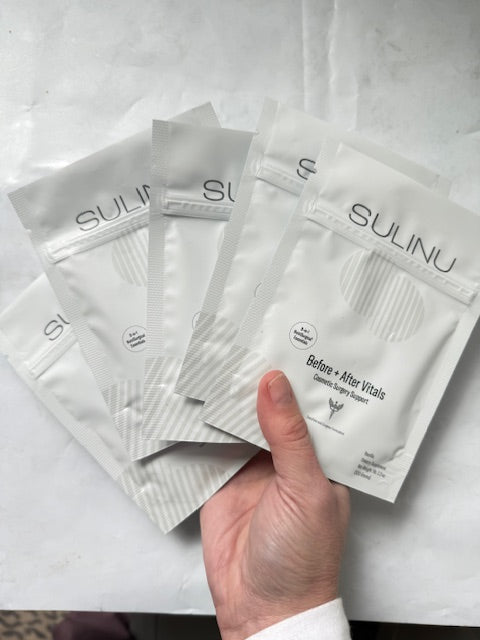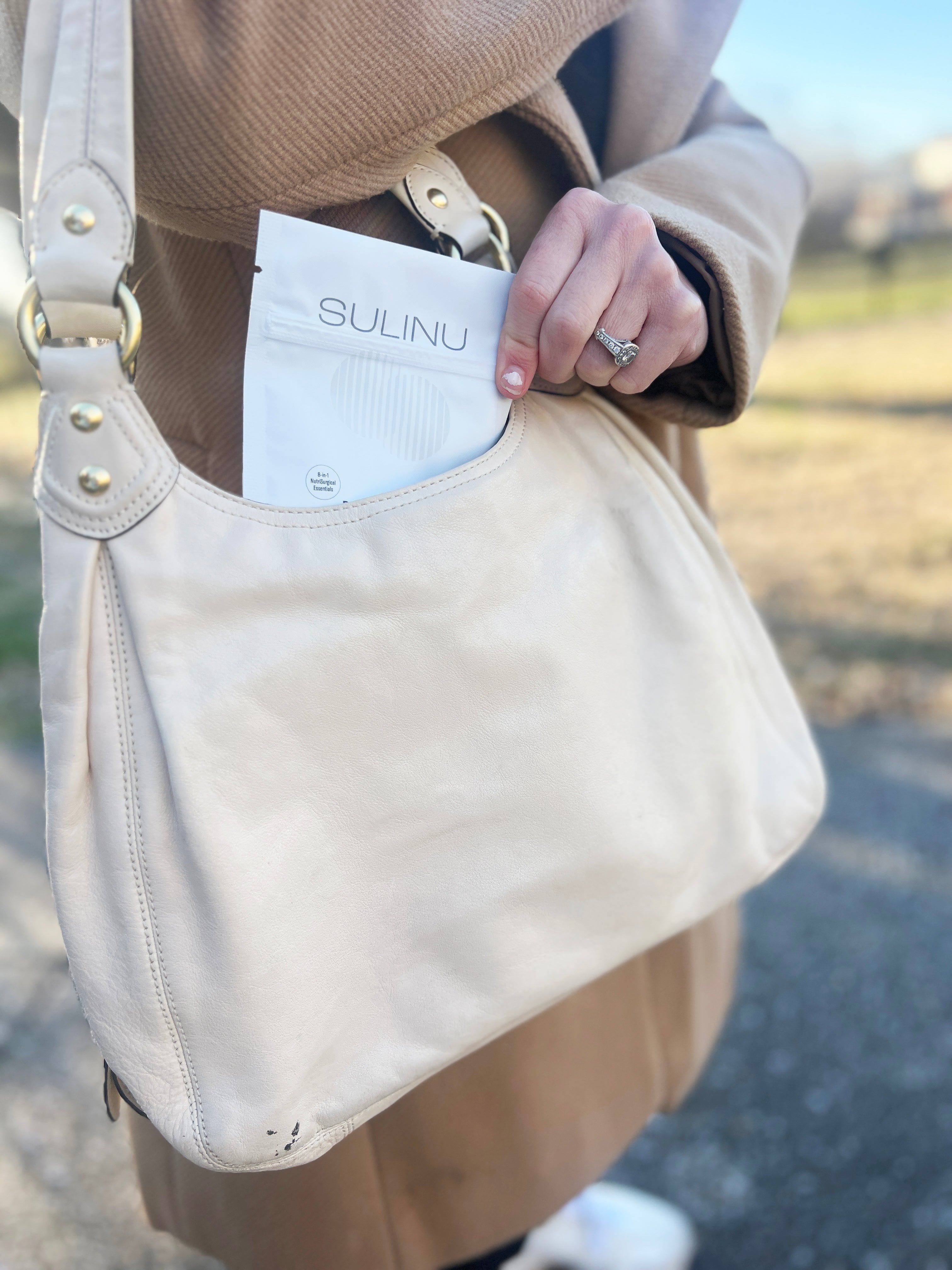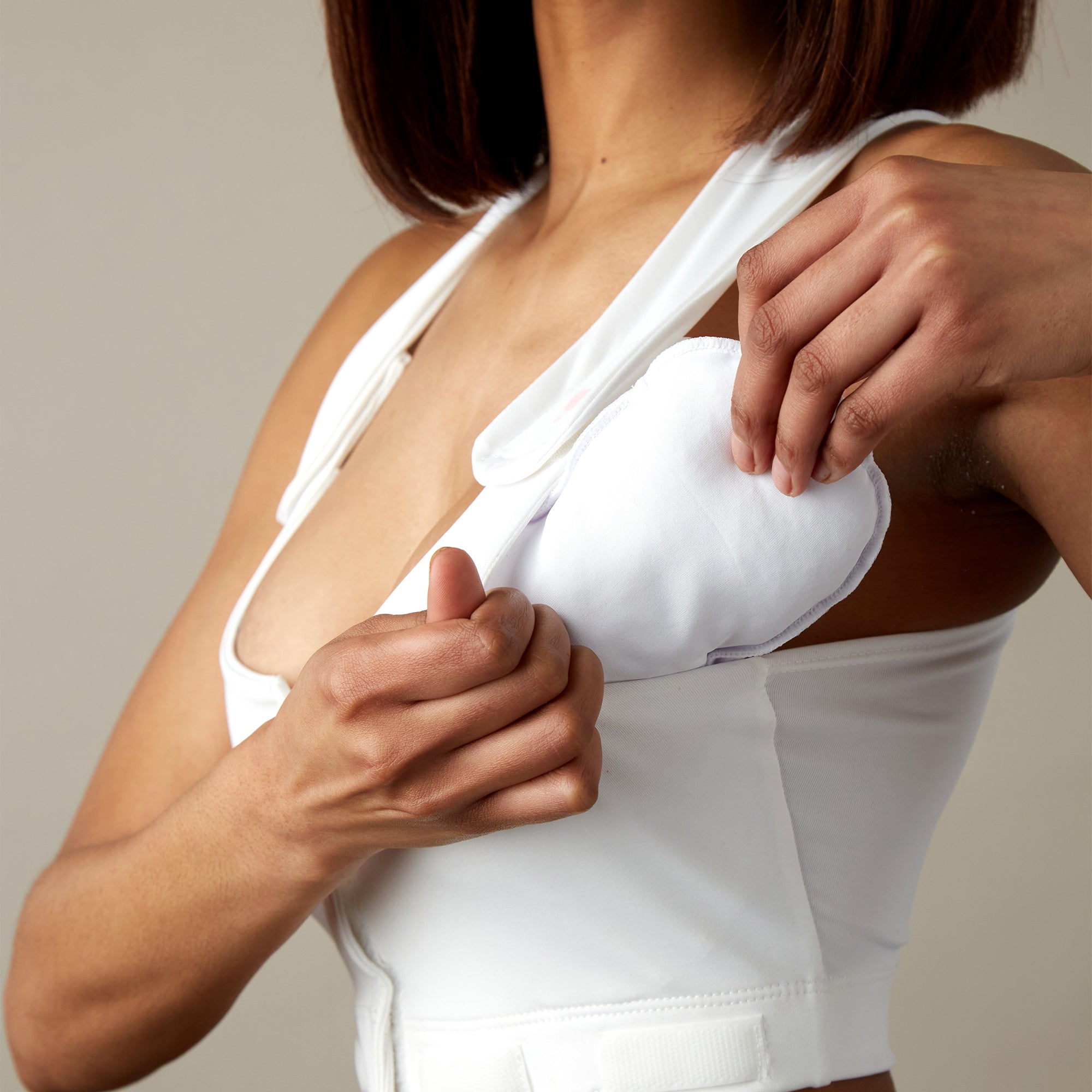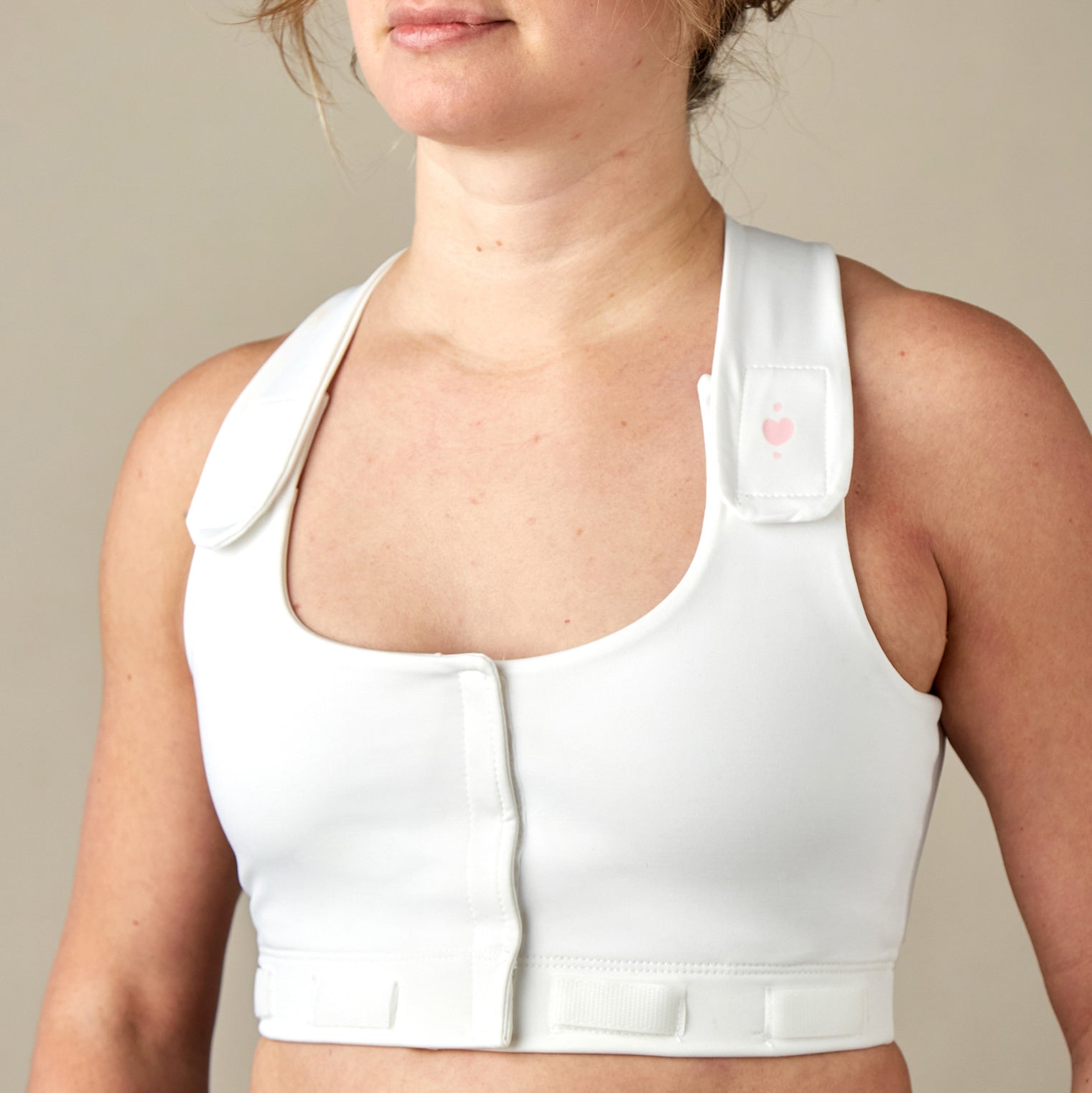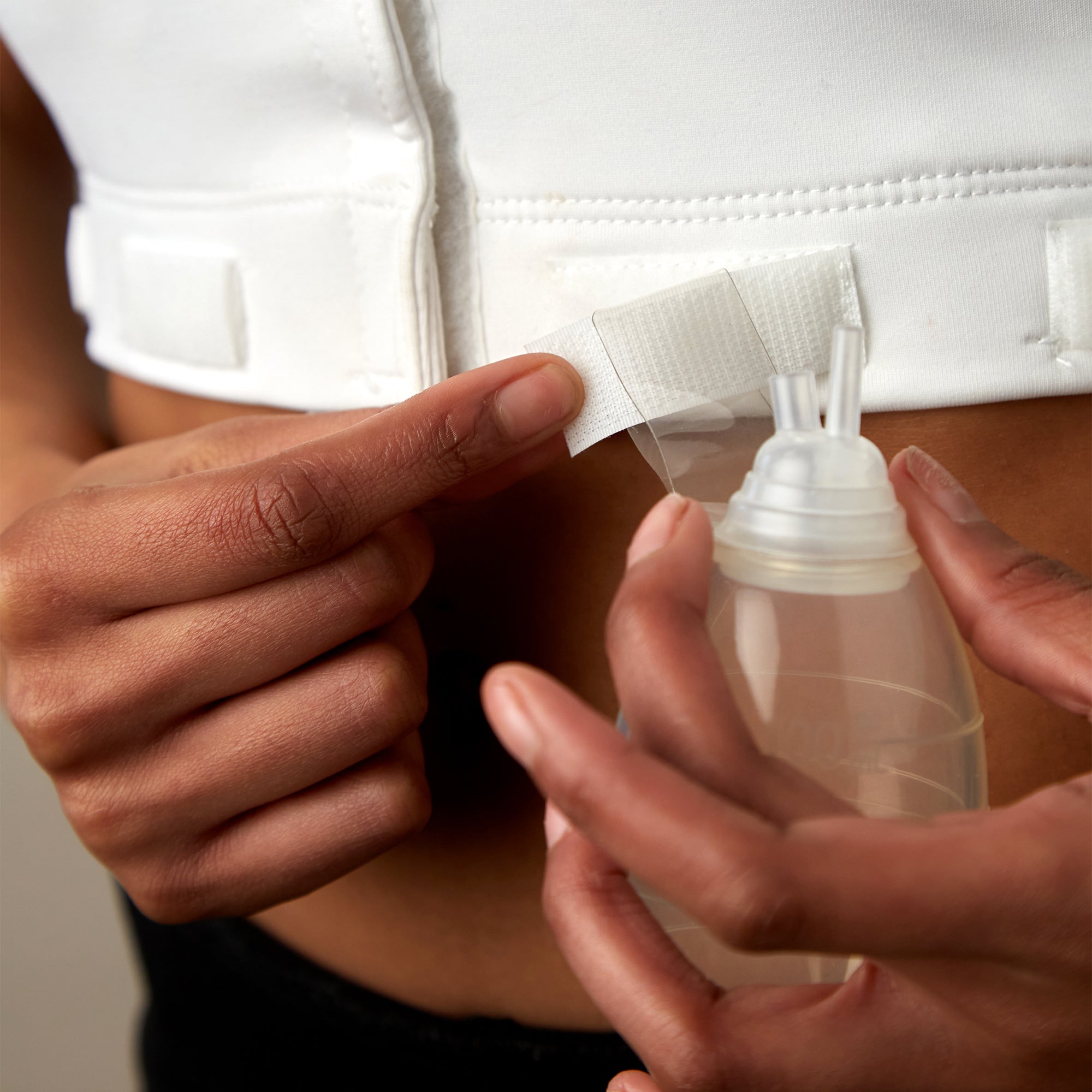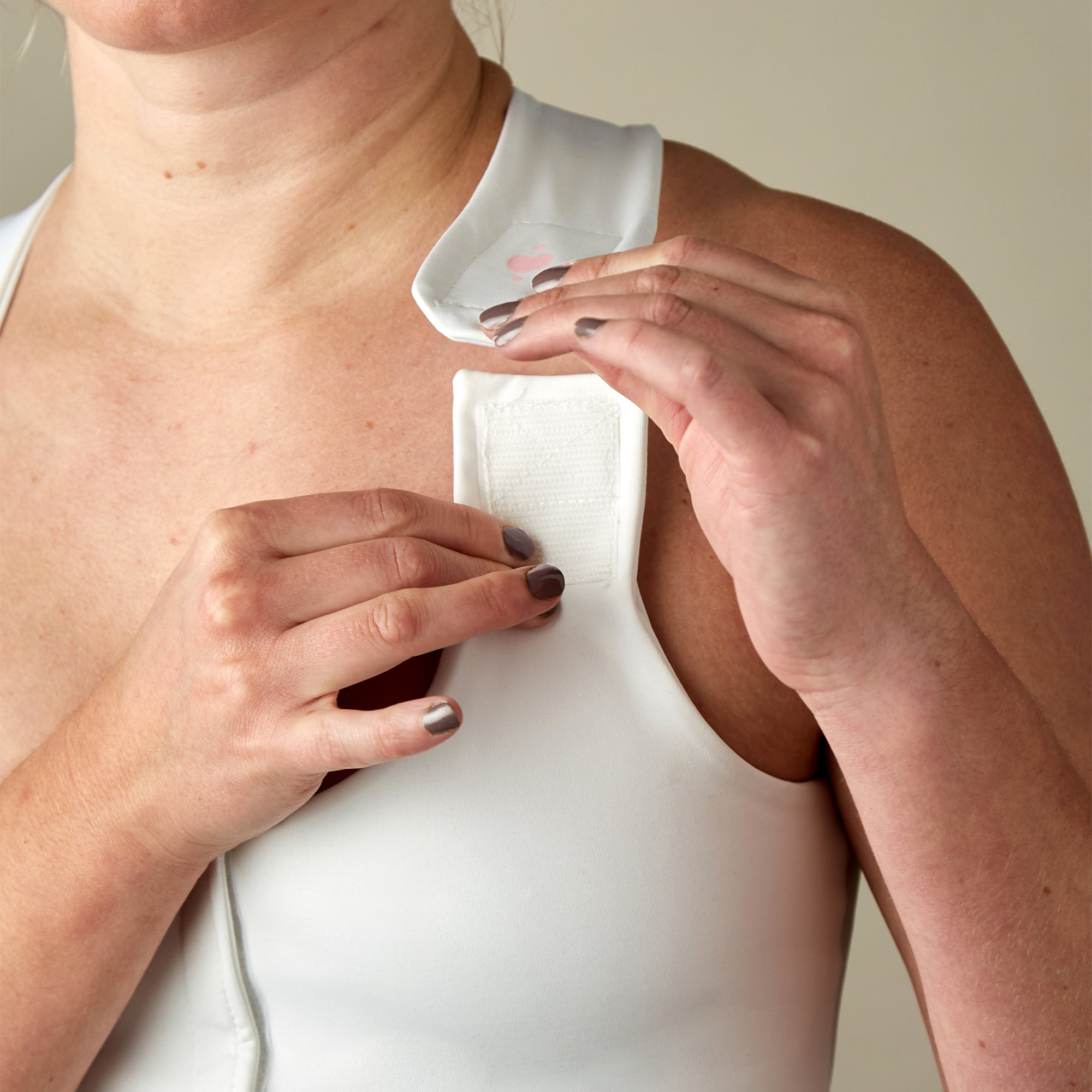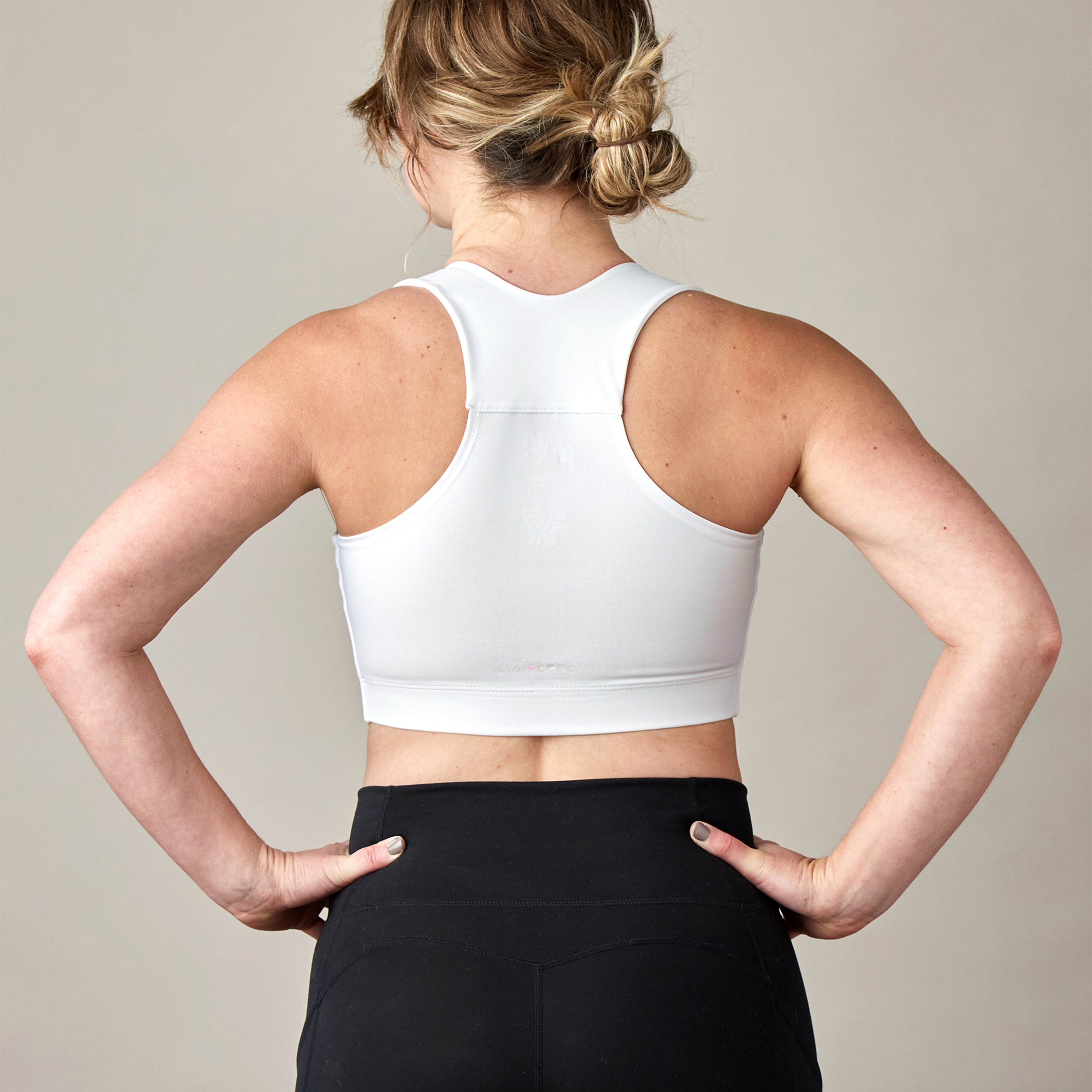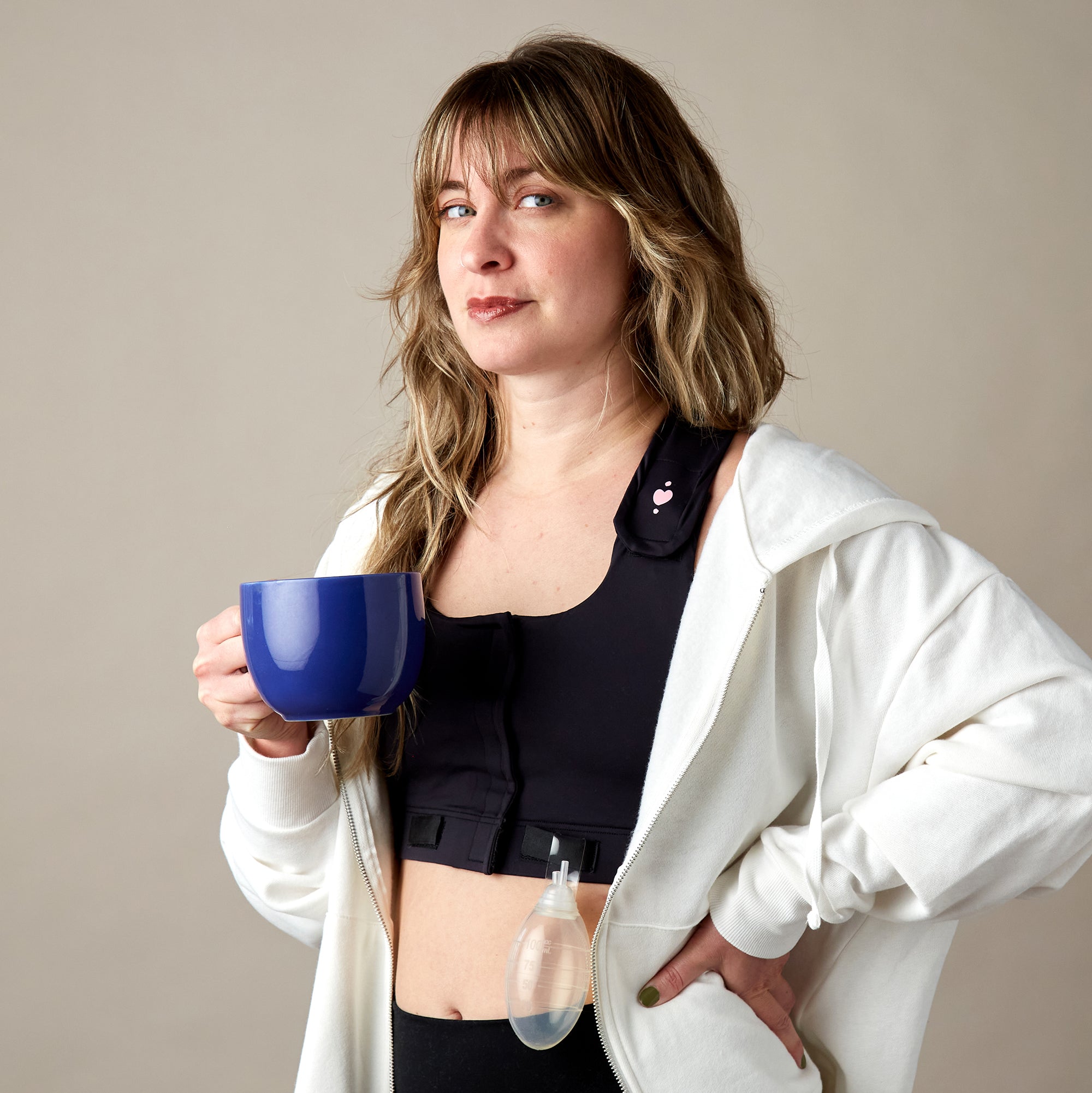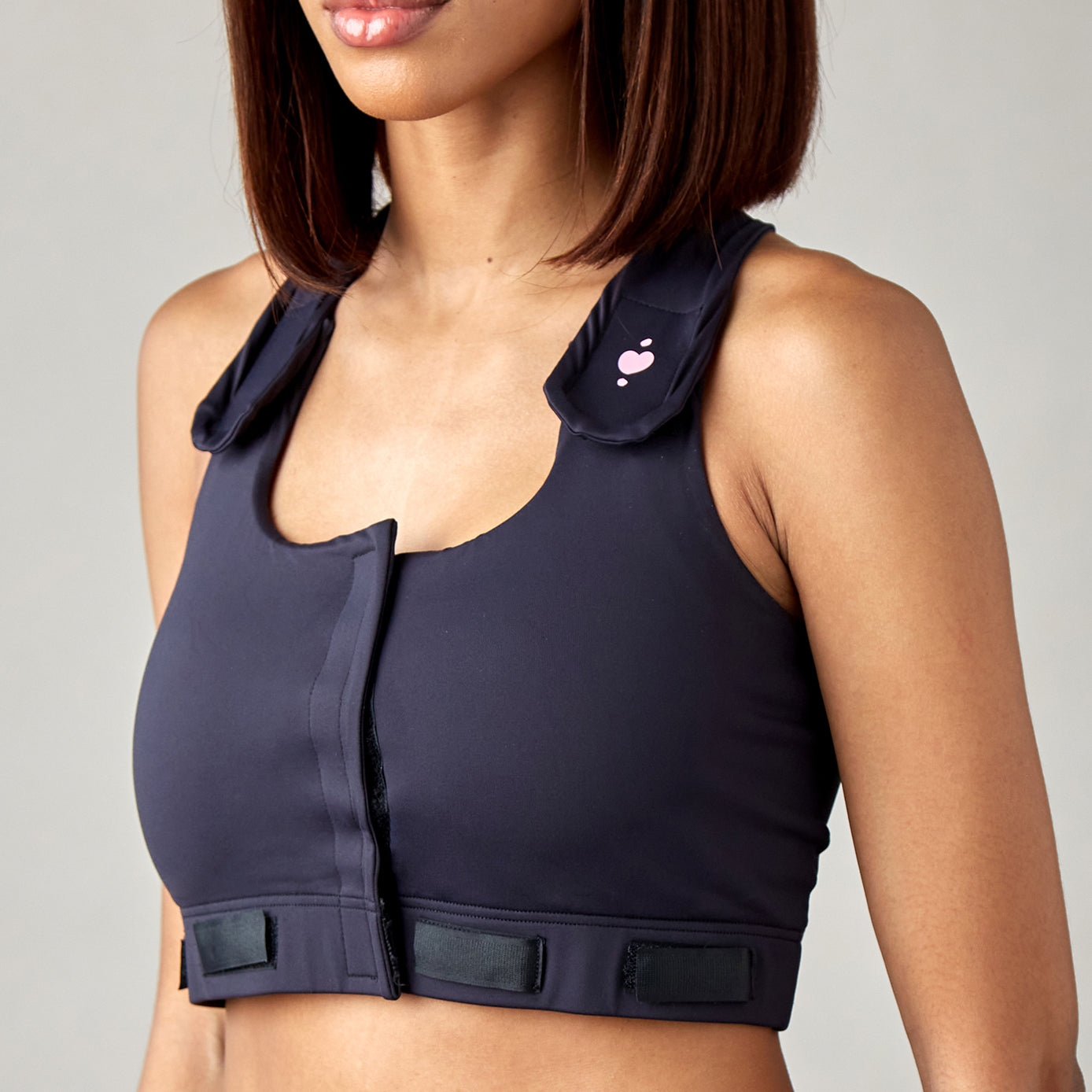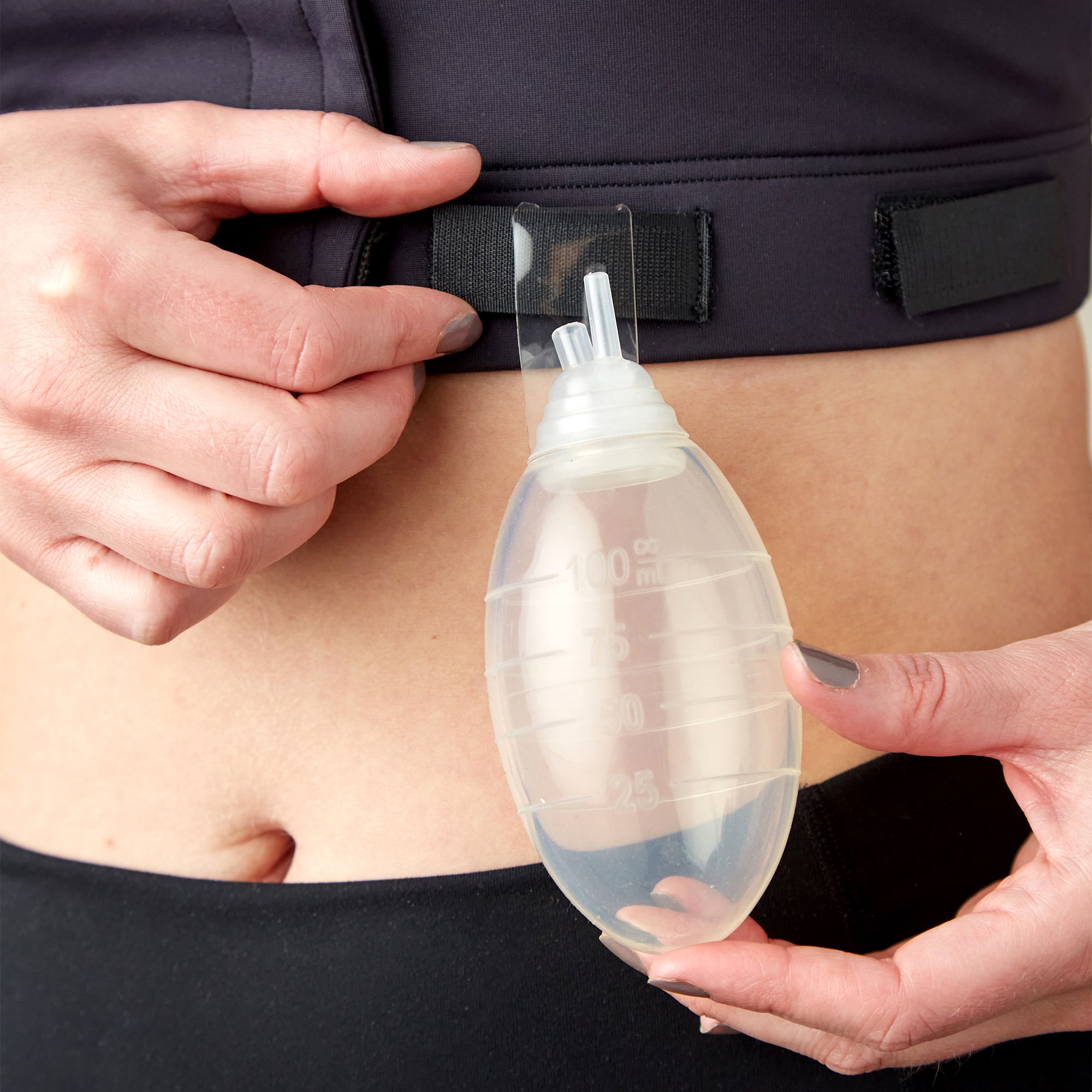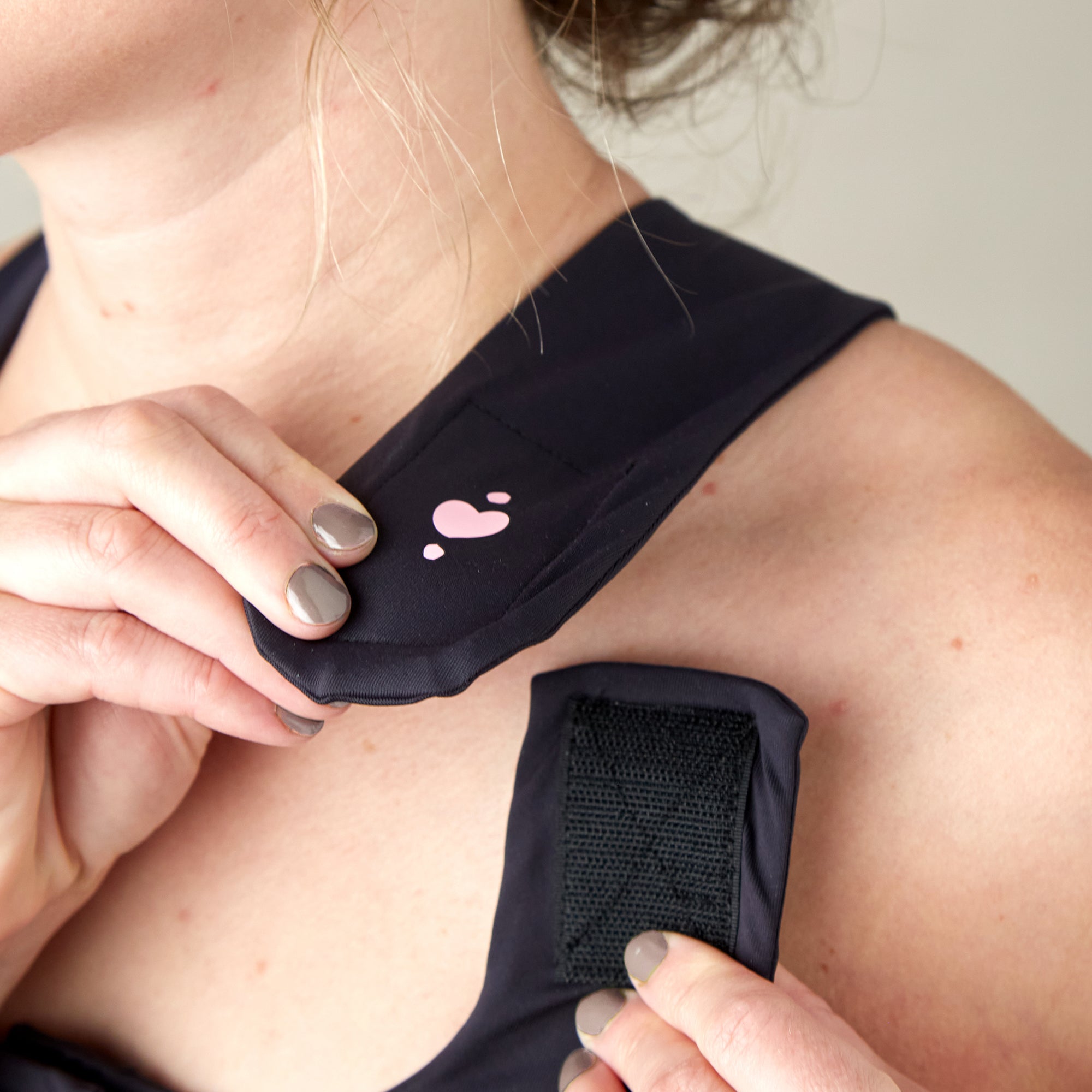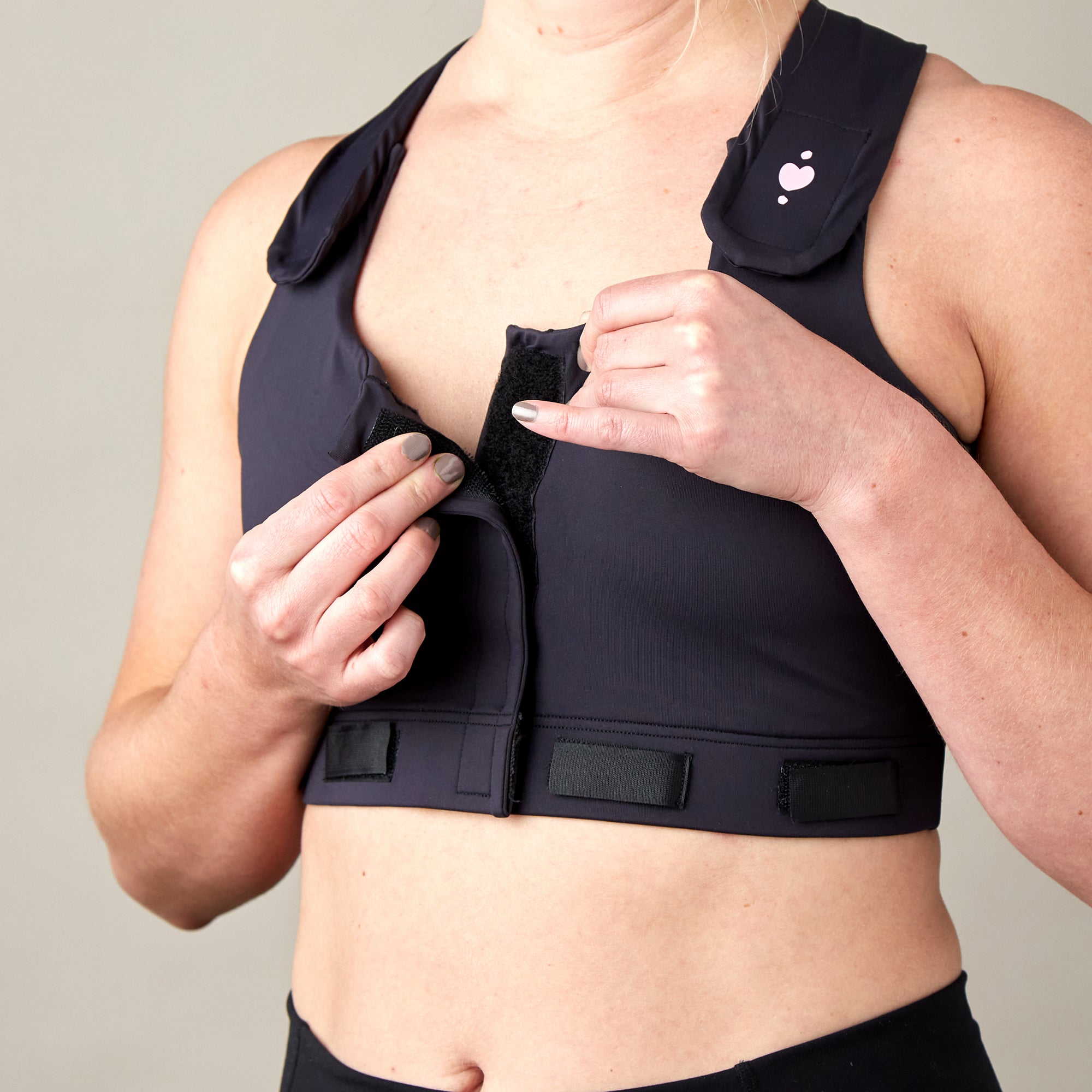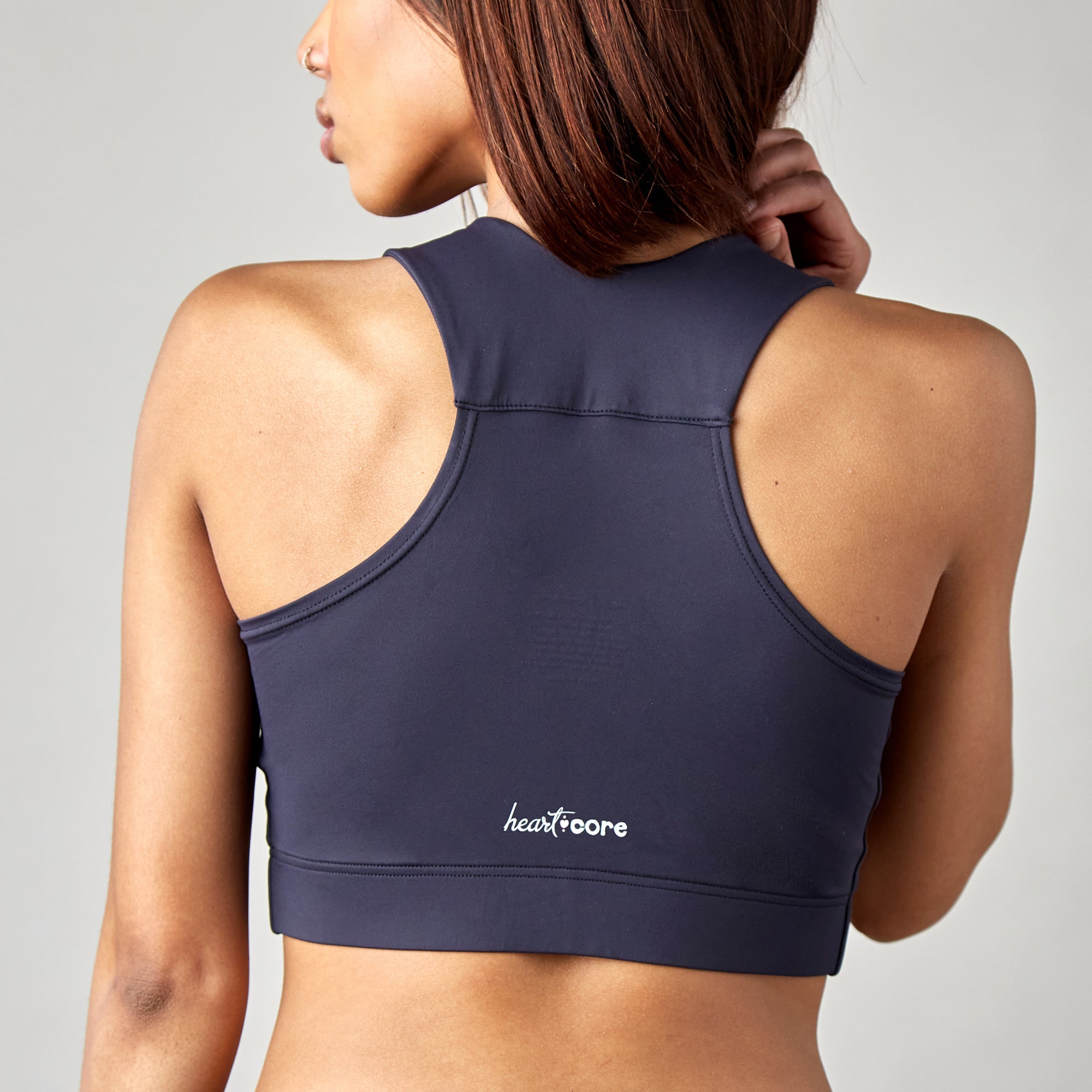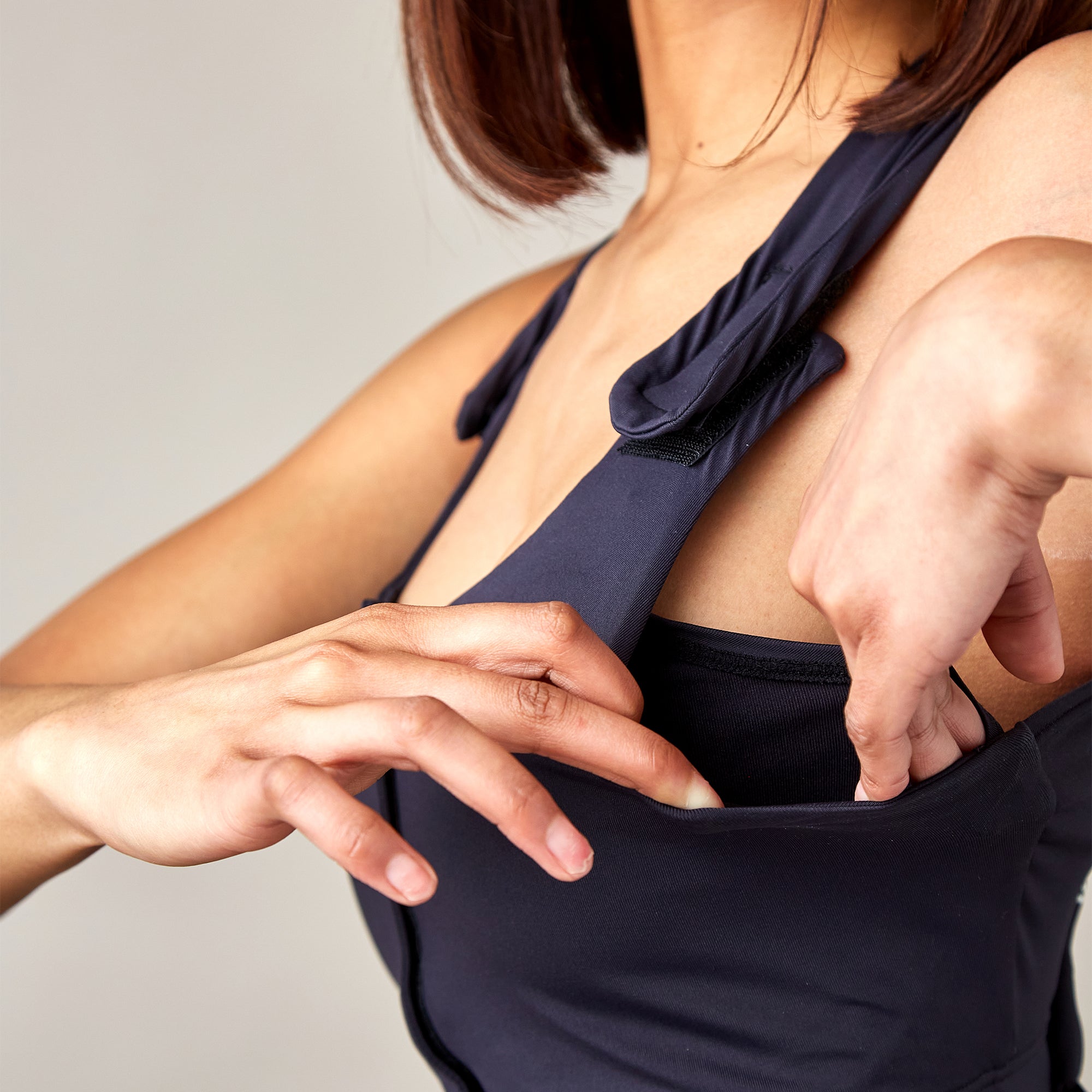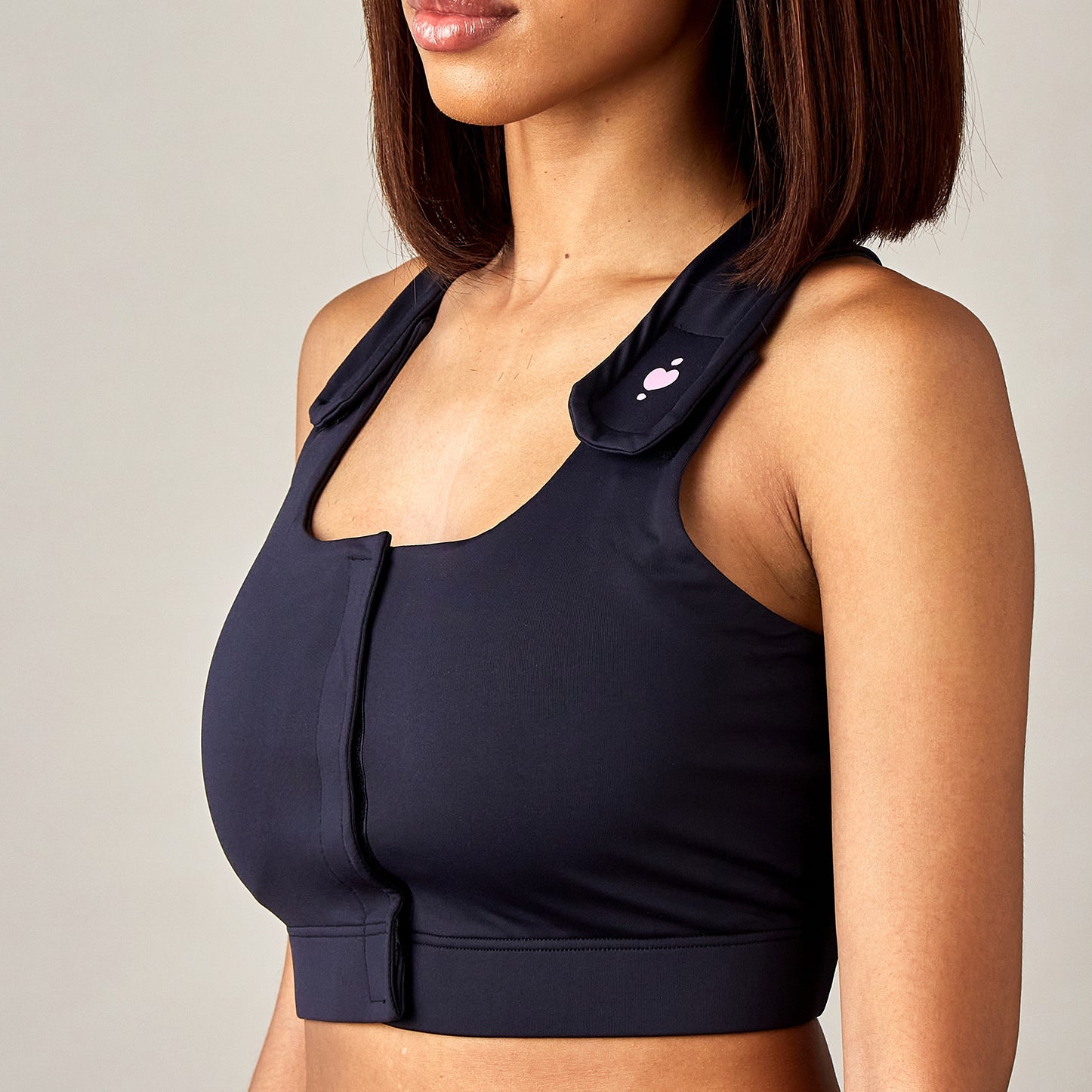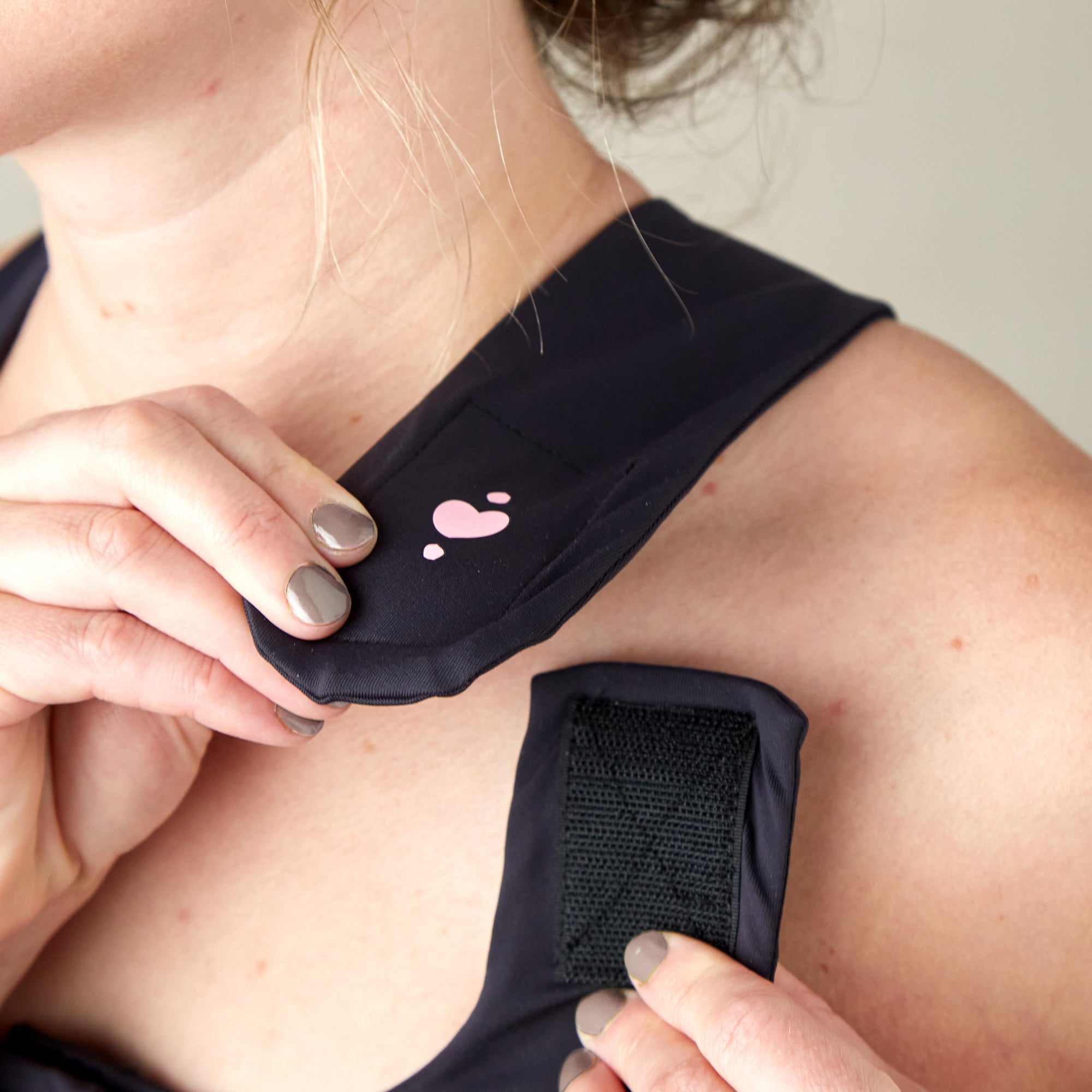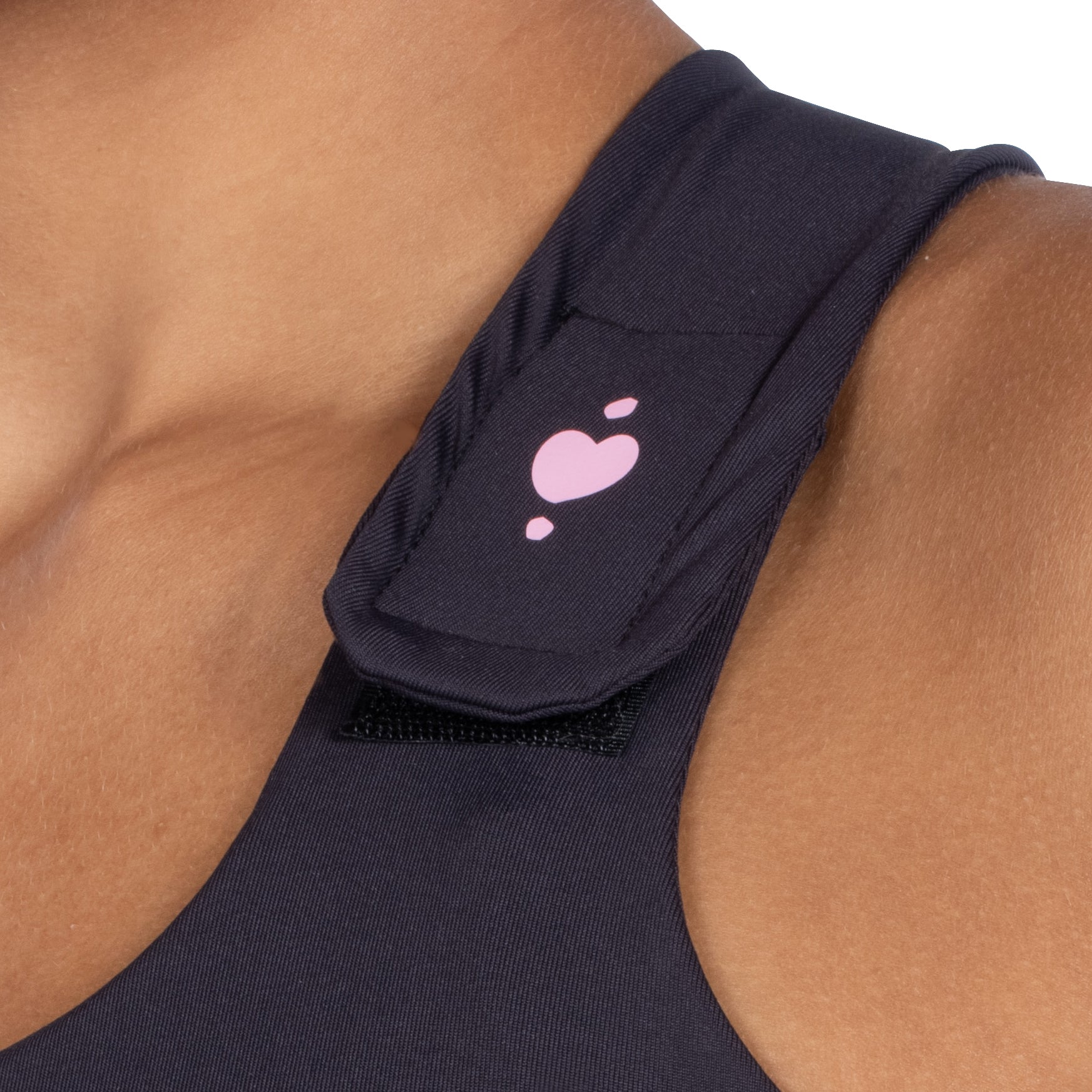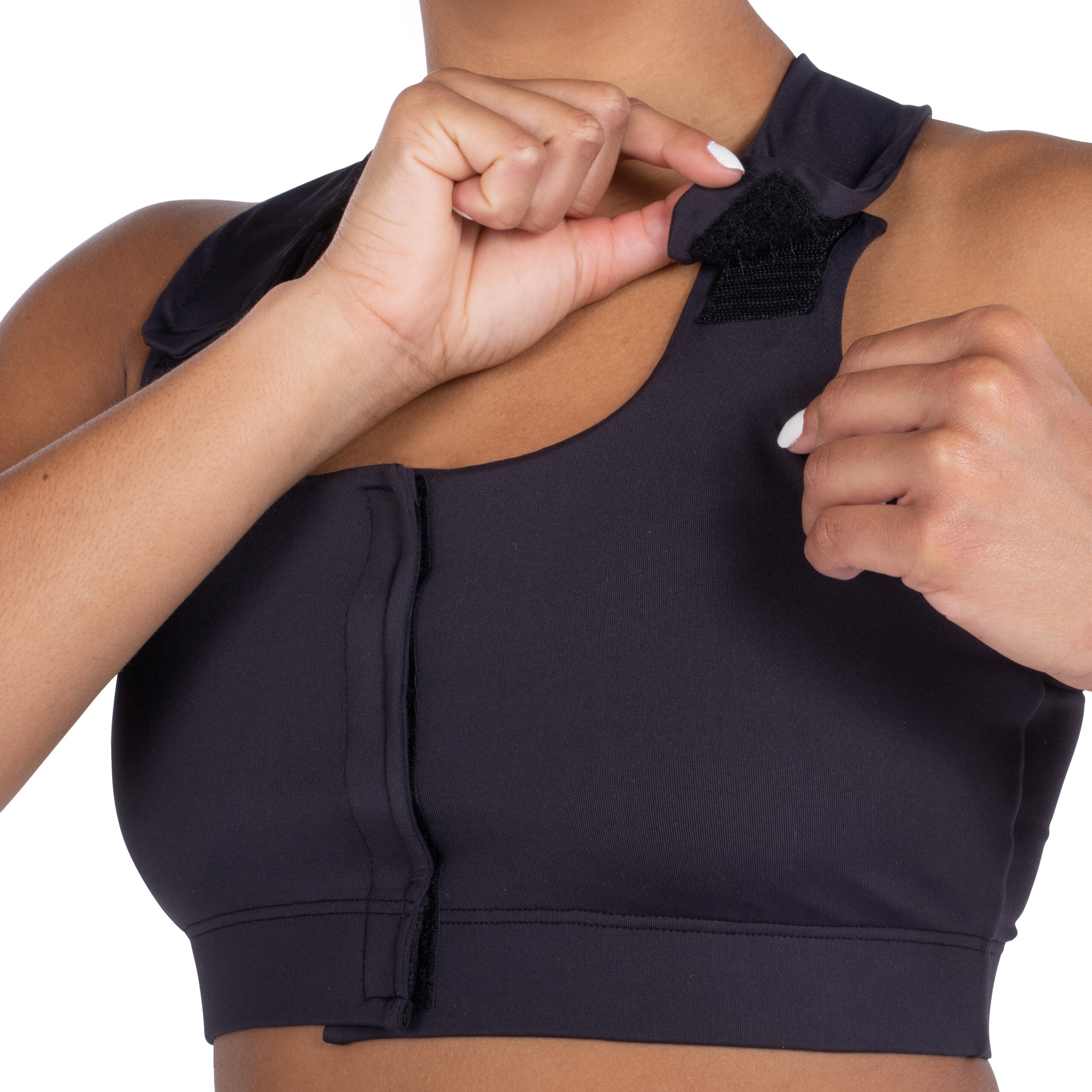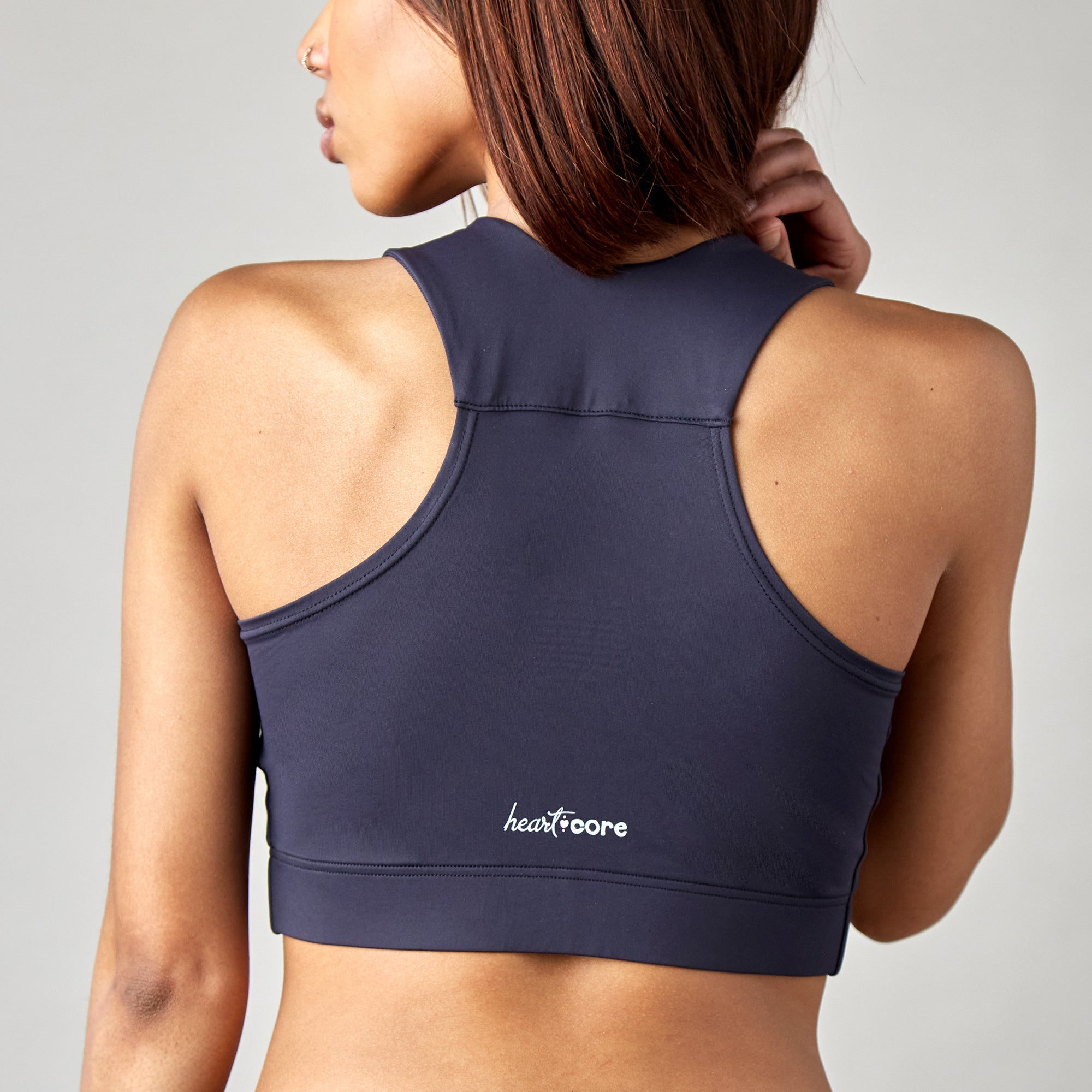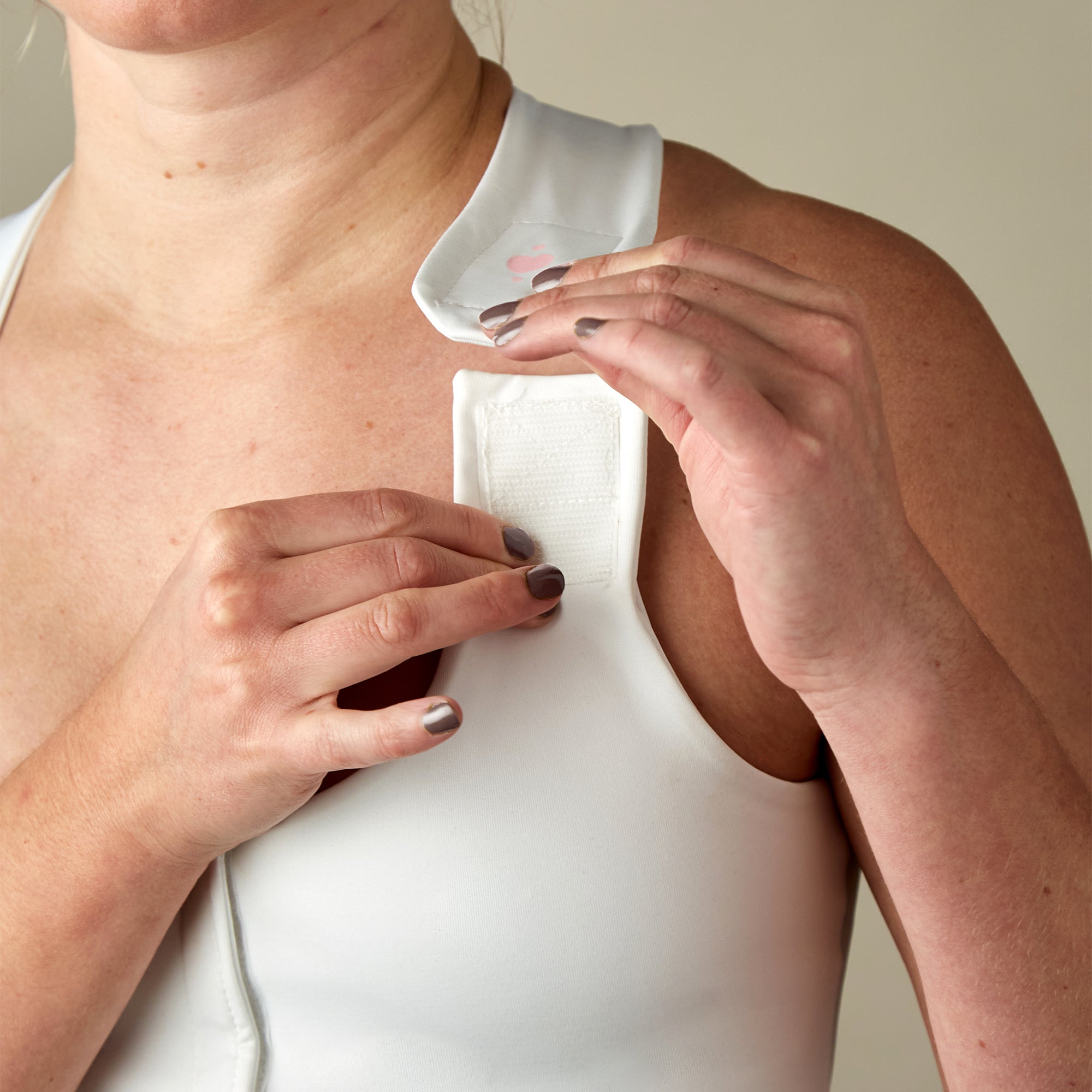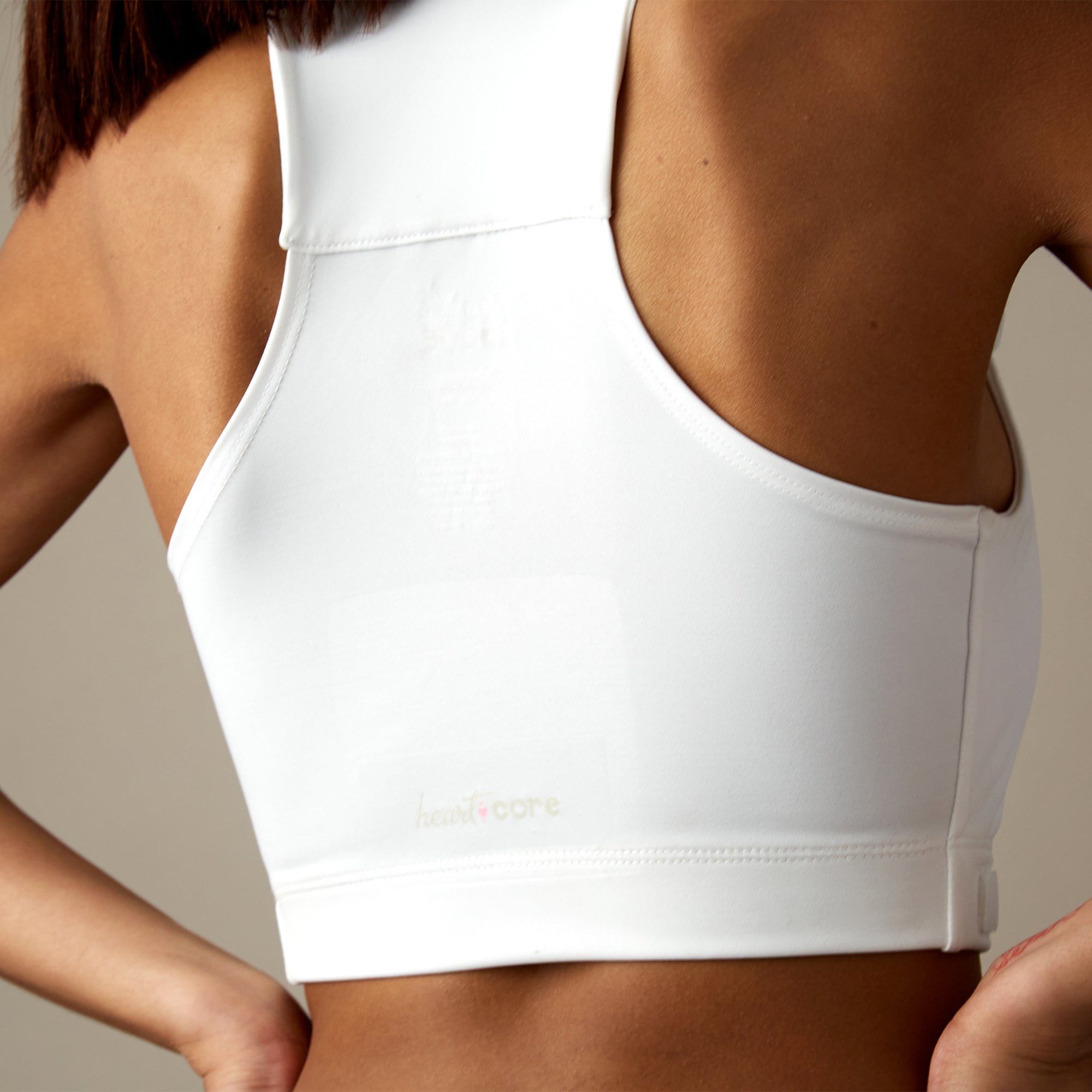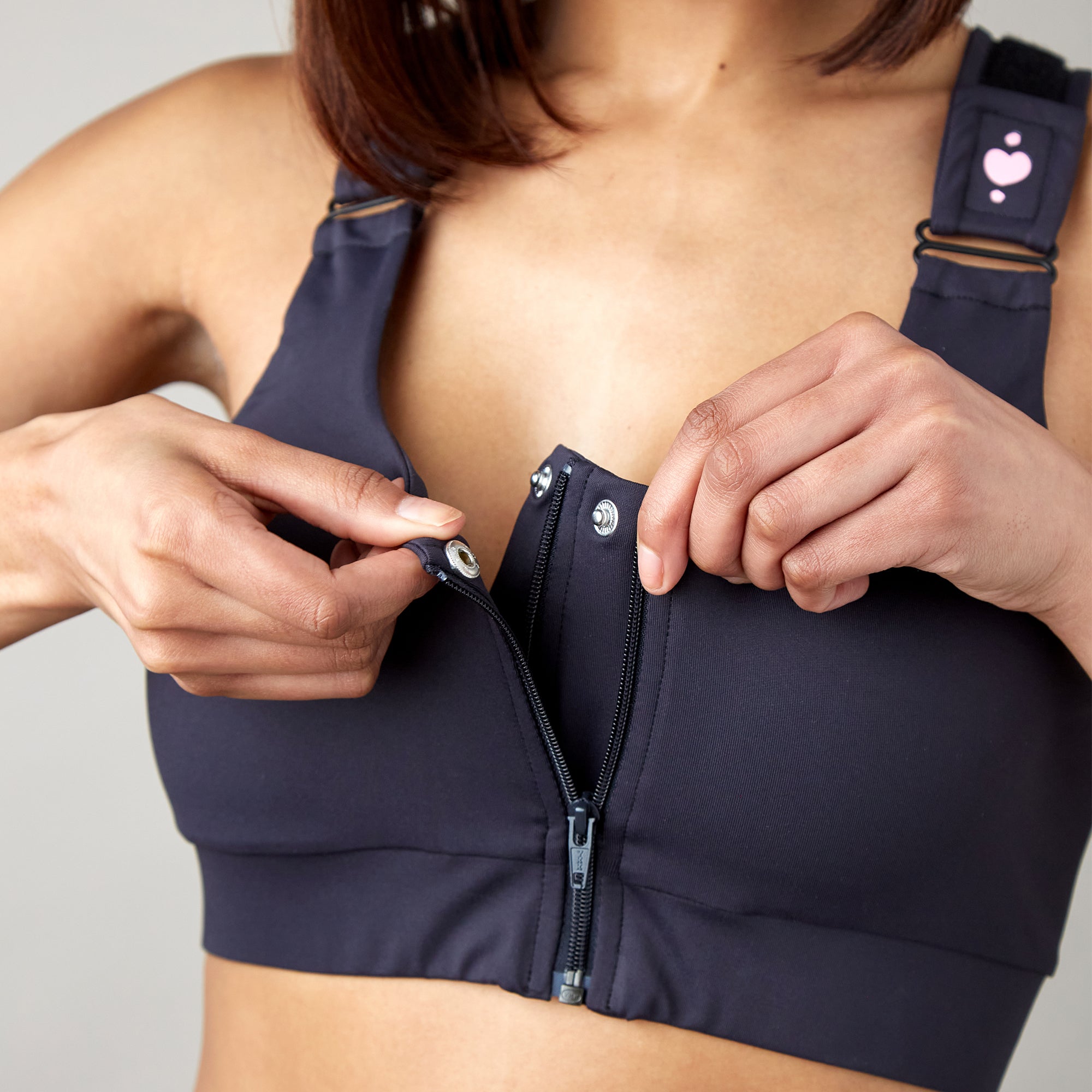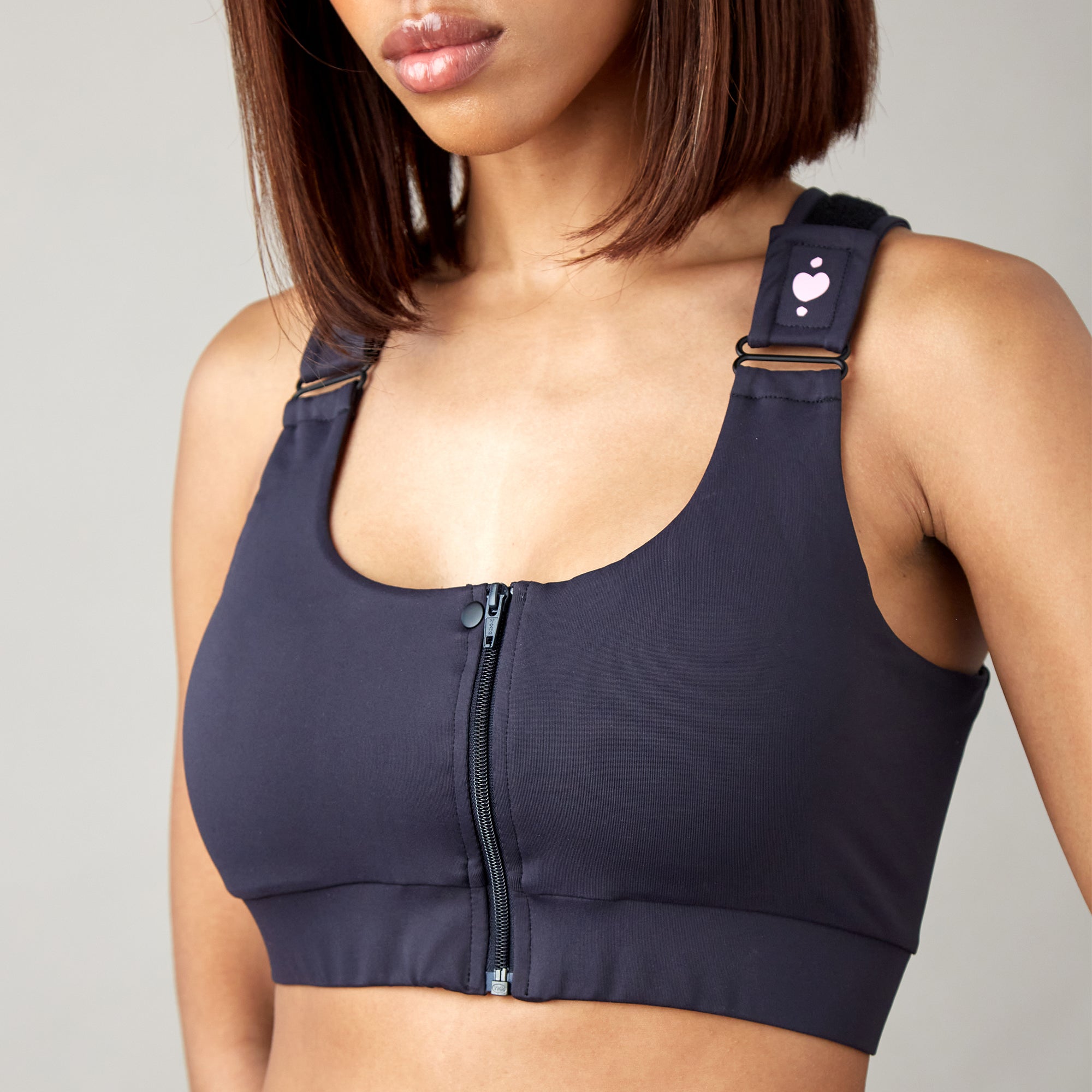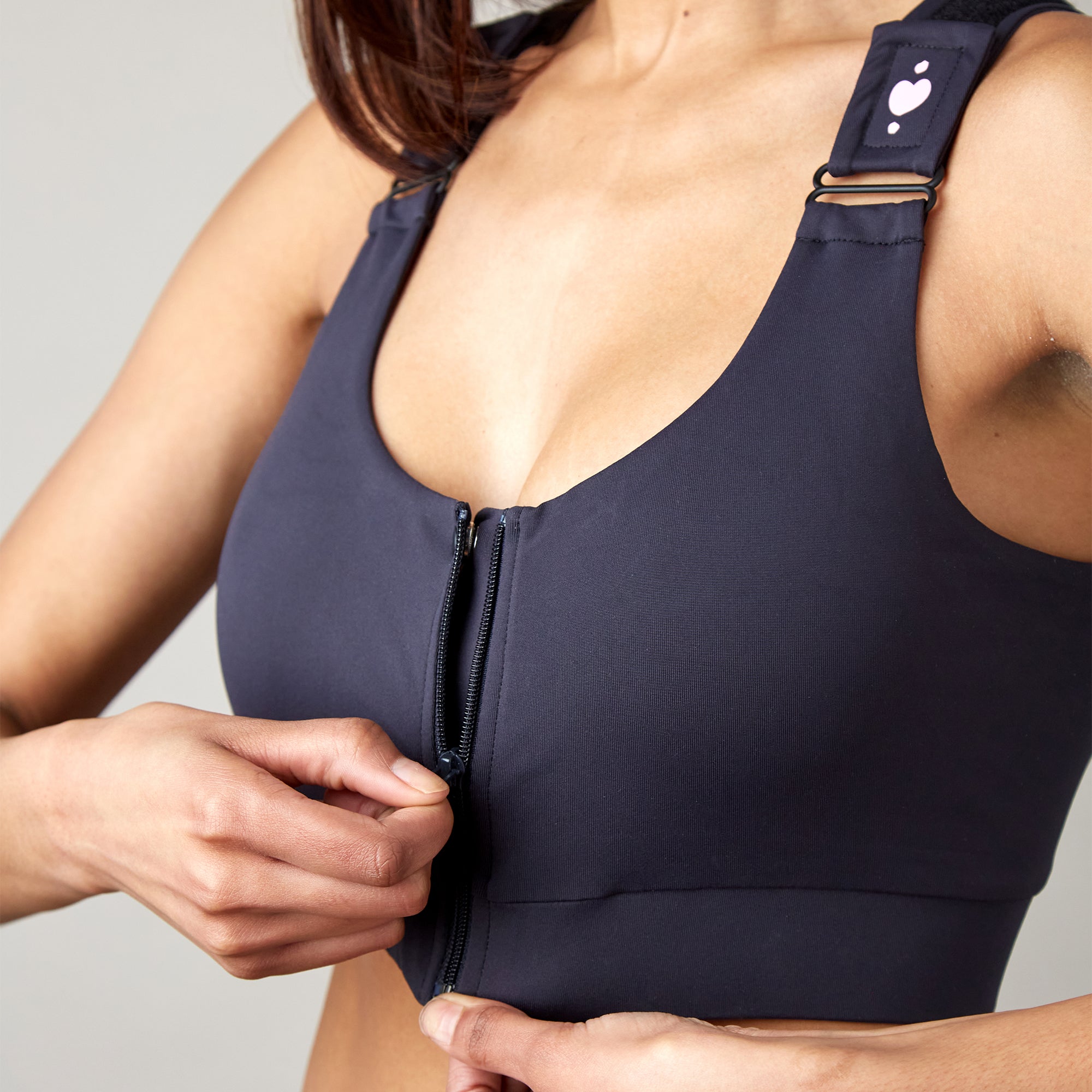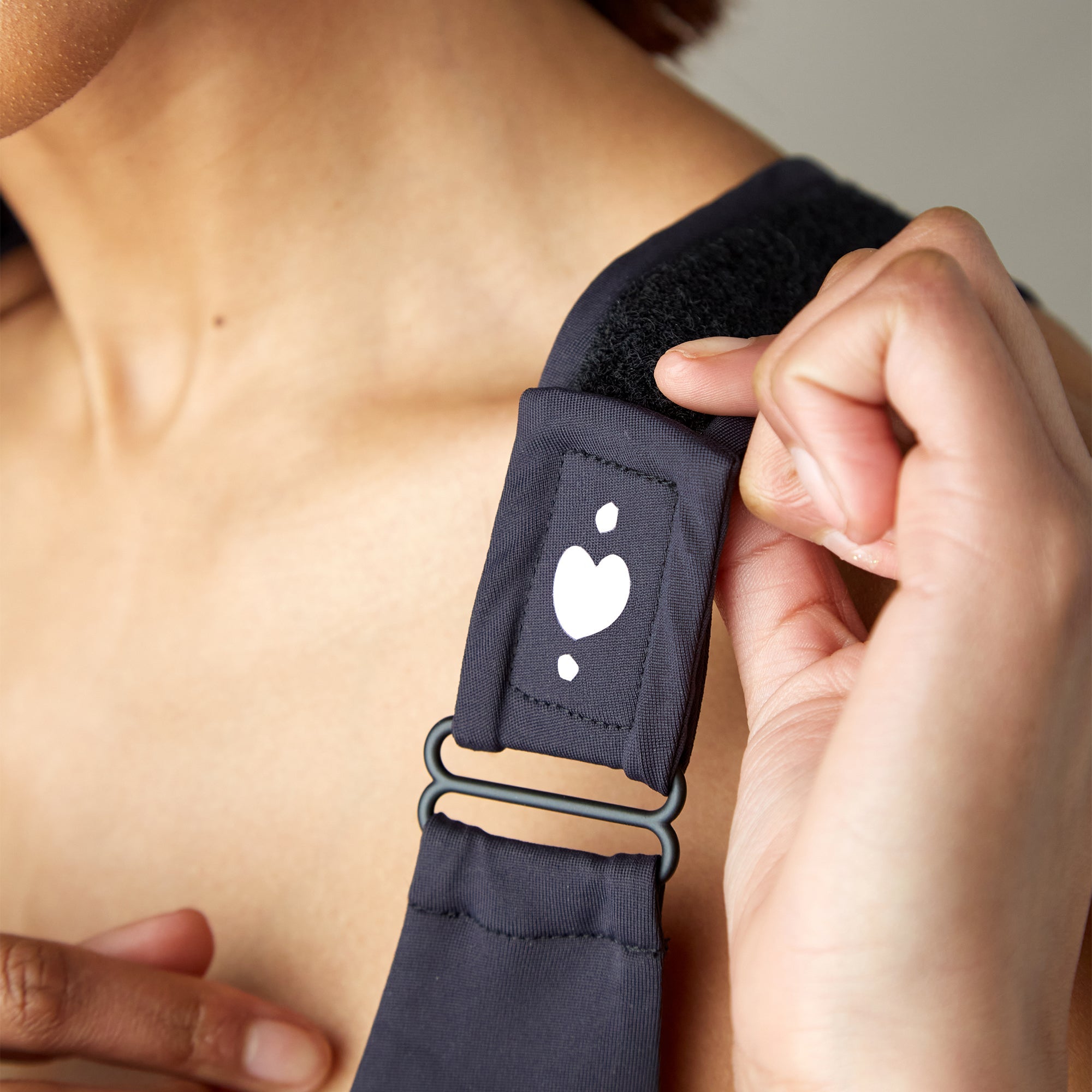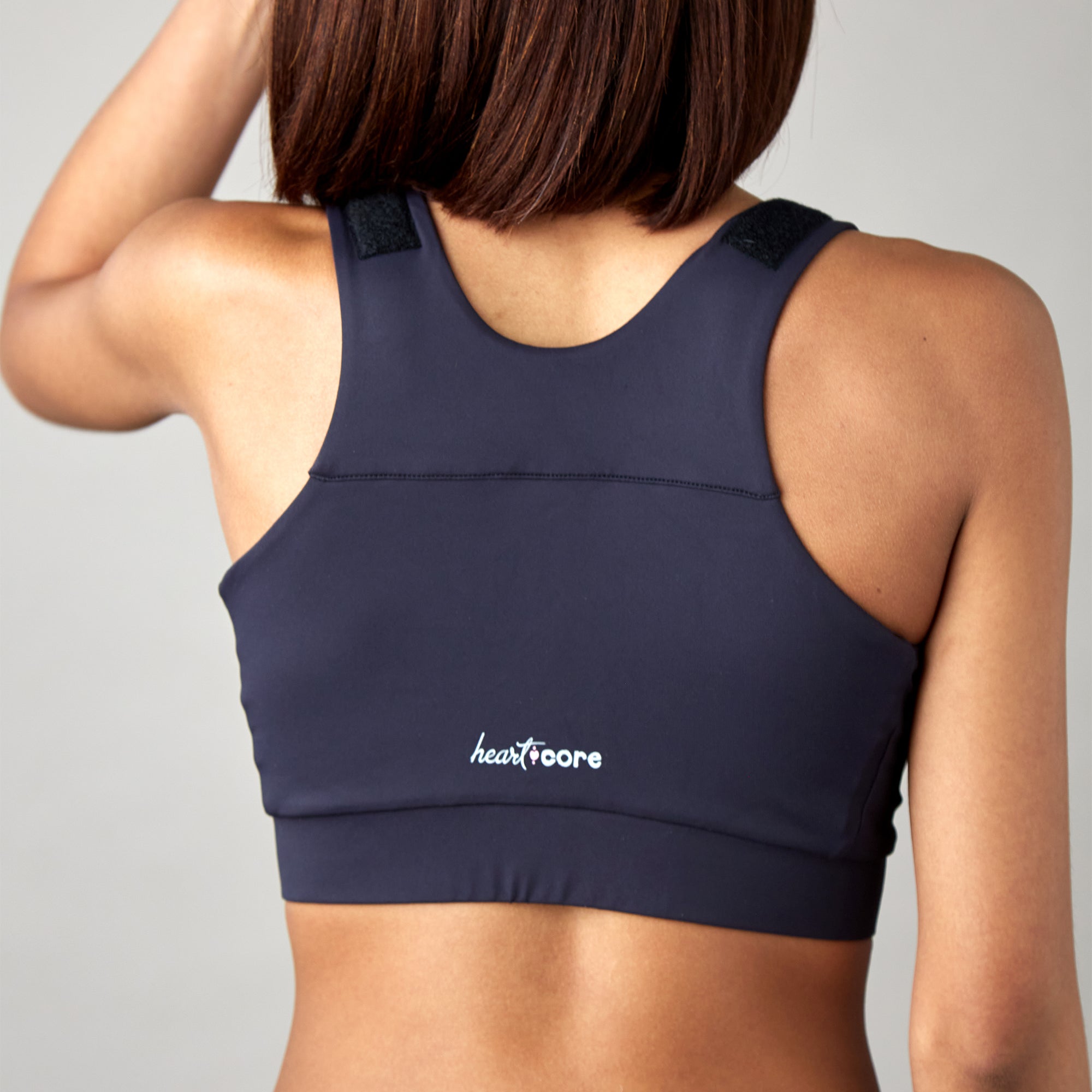When someone you love is facing surgery, the instinct to help is immediate. But standing in the gift shop or scrolling through generic "get well soon" options, you realize quickly: this moment deserves more than a greeting card that will sit on the nightstand or a teddy bear that takes up space. She needs gifts that truly support her through the challenging weeks ahead—gifts that acknowledge both her strength and her vulnerability.
The best post-surgery gifts for her aren't just tokens of care. They're practical tools that ease discomfort, emotional anchors that lift spirits during difficult days, and thoughtful gestures that say, "I see what you're going through, and I'm here for you."
Whether she's recovering from a mastectomy, hysterectomy, cosmetic procedure, orthopedic surgery, or any other operation, the right gifts can transform her recovery experience from something she simply endures into a journey she navigates with comfort and dignity.
In this guide, we'll explore gifts that address the real challenges women face during post-surgical recovery—from managing pain and protecting healing incisions to maintaining dignity and finding moments of comfort when everything feels difficult. These aren't just nice-to-haves; they're essentials that every recovering woman deserves.
Understanding Her Post-Surgery Needs
The Physical Reality of Recovery
Surgery fundamentally changes how a woman's body feels and functions, even temporarily. Suddenly, movements that were automatic become calculated. Sleep positions that felt natural are now impossible. Activities she never thought twice about—reaching for something on a shelf, rolling over in bed, getting dressed—require planning and often assistance.
Pain management becomes a constant consideration. There's the surgical site itself, of course, but also the unexpected discomfort: neck strain from maintaining unusual positions, back pain from muscle guarding, soreness from limited mobility. Surgical drains add another layer of complexity, restricting movement and requiring constant awareness.
For women recovering from breast surgeries like mastectomy or reconstruction, the challenges multiply. They can't sleep on their stomachs or sides. Lifting their arms above their heads is prohibited. Even the weight of regular bedding can cause discomfort. Hip or abdominal surgeries create similar restrictions, each with specific positioning requirements that traditional home furnishings weren't designed to accommodate.
The Emotional Journey
Physical recovery is only part of the story. Surgery often comes with an emotional weight that well-meaning visitors sometimes overlook. Whether she's recovering from a medically necessary procedure that saved her life or an elective surgery she's been planning for months, the experience is still exhausting, vulnerable, and often isolating.
She may feel frustrated by her temporary limitations, anxious about healing properly, or self-conscious about her appearance. She might battle with accepting help when she's used to being the one who helps others. For women undergoing procedures that affect feminine identity—mastectomy, hysterectomy, or other gynecological surgeries—there's often a complex grieving process happening alongside physical healing.
The Practical Challenges
Then there are the day-to-day logistics that become surprisingly complicated. Showering requires planning and sometimes assistance. Getting dressed takes three times as long. Sleeping becomes an exhausting puzzle of finding positions that don't hurt while managing surgical drains, compression garments, and elevation requirements.
Temperature regulation often goes haywire post-surgery, whether from anesthesia aftereffects, hormonal changes, or medication side effects. She might experience night sweats one moment and chills the next. Her skin may be more sensitive than usual, making standard fabrics irritating. And throughout all of this, she needs to maintain some sense of normalcy and dignity.
Understanding these multi-layered challenges—physical, emotional, and practical—is the first step toward choosing post-surgery gifts that truly help.

The Foundation: Positioning & Protection
When it comes to post-surgery recovery, proper positioning isn't a luxury—it's a medical necessity wrapped in comfort. The right support protects healing tissue, reduces pain, and enables the quality sleep that accelerates recovery. Yet most women find themselves trying to manage complex positioning needs with regular household pillows that shift, flatten, and fail at precisely the wrong moment.
Why Standard Pillows Fall Short
Traditional pillows were designed for regular sleep, not surgical recovery. They compress under weight, slide out of position during the night, and can't maintain the specific angles that post-operative instructions require. A woman recovering from breast surgery might stack four or five pillows trying to achieve the recommended elevation, only to wake at 2 AM in a completely different position with everything scattered.
The frustration goes beyond discomfort. There's genuine anxiety about accidentally rolling onto a surgical site or disrupting the healing process. Every time she shifts in her sleep, there's that moment of panic—did I hurt something? This hypervigilance prevents the deep, restorative sleep her body desperately needs for healing.
The Adjustable Positioning Solution
This is where the Sleep Again Pillow System transforms post-surgery recovery. Unlike makeshift pillow arrangements, this medical-grade positioning system provides:
Reliable Elevation: Maintains the precise angles recommended by surgeons without shifting or collapsing throughout the night
Full-Body Support: Positions not just the surgical site but the entire body in comfortable alignment, preventing secondary pain from compensatory positioning
Surgical Site Protection: Creates a physical barrier that prevents rolling onto vulnerable areas while sleeping
Adaptable Configuration: Adjusts as her recovery progresses—what she needs in week one differs from week six
Versatile Recovery Support: Works for breast surgeries, abdominal procedures, orthopedic operations, and more
Meeting Surgery-Specific Needs
Different procedures require different support:
Mastectomy & Breast Surgery Recovery: The system maintains elevated back sleeping while supporting arms and preventing the dangerous side roll. Many women discover that proper positioning after mastectomy makes the difference between sleeping two hours versus six.
Hysterectomy & Abdominal Surgery: Provides gentle elevation without pressure on the abdomen, supports legs to reduce strain, and enables safe position changes without engaging core muscles.
Hip, Knee, or Shoulder Surgery: Maintains joint-specific angles, prevents rotation beyond safe limits, and provides stability that lets women relax without constant guarding.
Cosmetic Procedures: Protects delicate work while maintaining comfort—particularly valuable for procedures where even minor pressure could affect results.
The Gift of Restful Sleep
When you give proper positioning support, you're not just gifting comfort—you're accelerating healing. Quality sleep directly impacts recovery speed, pain levels, immune function, and emotional resilience. Women who sleep well post-surgery heal faster, need less pain medication, and report better overall recovery experiences.
Perhaps most importantly, this gift removes one of recovery's most stressful elements: the nightly battle to find a safe, comfortable position. When she can finally relax and sleep deeply, everything else about recovery becomes more manageable.
SHOP THE BEST POST-SURGERY PILLOW SYSTEM

Comfort & Dignity: What She Wears Matters
Recovery doesn't pause for wardrobe considerations, yet what a woman wears post-surgery profoundly affects her comfort, healing, and sense of self. Traditional clothing often becomes unwearable—too tight, too rough, with closures in all the wrong places. The right recovery clothing is a gift that supports her physically while helping her feel more like herself during a vulnerable time.
The Fabric Factor
Post-surgery, skin sensitivity often increases dramatically. Surgical sites require gentleness. Incisions need protection from friction. Temperature regulation becomes unpredictable. Standard cotton pajamas, with their tendency to trap heat and create friction, suddenly feel unbearable.
Bamboo fabric revolutionizes recovery comfort. Naturally hypoallergenic and gentler than cotton, it won't irritate sensitive or healing skin. The moisture-wicking properties manage those frustrating post-surgery temperature swings—keeping her cool during hot flashes from medications or hormonal changes, yet providing warmth when chills hit.
Bamboo Pajamas can provide extra comfort during recovery for good reason. The ultra-soft fabric feels soothing against tender skin. The breathability prevents the clammy discomfort that comes with limited mobility. And crucially, bamboo's natural stretch accommodates swelling, surgical drains, and compression garments without binding or putting pressure on vulnerable areas.
Practical Design for Real Recovery
Beyond fabric, design details matter immensely:
Front Closures: Button-up or zip-front tops eliminate the need to lift arms overhead—often impossible after breast, shoulder, or chest surgeries.
Loose Fit: Allows room for drains, dressings, and swelling without restriction while still looking put-together rather than shapeless.
Easy Access: Enables quick medication application, dressing changes, and doctor examinations without complicated undressing.
Soft Waistbands: For abdominal or pelvic surgeries, elastic that doesn't dig in or create pressure on healing incisions is essential.
More Than Just Comfort
There's a psychological element to recovery clothing that shouldn't be underestimated. When a woman can wear something that's comfortable, clean, and makes her feel somewhat like herself—rather than wearing the same stained t-shirt for the third day because it's the only thing that works—it lifts her spirits measurably.
Gift her multiple sets so she always has clean options without needing to do laundry constantly. Choose colors or patterns that reflect her personality rather than defaulting to hospital-bland. Show her that comfort and recovery don't require abandoning all sense of self.
SHOP RECOVERY-FRIENDLY BAMBOO PAJAMAS

Practical Recovery Essentials
The best post-surgery gifts often aren't the flashiest—they're the problem-solvers that address specific recovery challenges she might not even realize she'll face until she's home from the hospital. These practical essentials transform frustrating limitations into manageable situations.
Managing Surgical Drains
For women recovering from mastectomy, breast reconstruction, tummy tucks, or other procedures requiring surgical drains, these small tubes become unexpectedly all-consuming. They restrict movement, create tangling hazards, and cause constant low-level anxiety about accidentally pulling them out.
Surgical Drain Holders might seem like small gifts, but they're life-changing for drain management. These pouches securely hold drains close to the body, preventing:
- Painful pulling when moving or sleeping
- Tangling in clothing or bedding
- The awkward juggling act of managing drains during bathroom visits
- The constant worry about accidental dislodgement
Many women say drain holders gave them back mobility and dignity during the weeks they needed drains. It's the kind of practical gift that shows you've really thought about her specific recovery challenges.
Temperature Regulation Solutions
Post-surgery temperature instability is real and frustrating. Between anesthesia aftereffects, pain medications, hormonal changes from certain surgeries, and the body's healing response, many women experience significant temperature swings.
Bamboo Bedding addresses this beautifully, naturally regulating temperature—breathing when she's warm, insulating when she's cool. The moisture-wicking properties prevent that clammy feeling from night sweats, while the buttery-soft texture feels soothing against sensitive skin.
Unlike heavy blankets she has to kick off and pull back on repeatedly, or synthetic fabrics that trap heat, bamboo creates a consistently comfortable sleep environment that adapts to her changing needs throughout the night.
Supporting Healing from Within
Recovery isn't just about external comfort—it's also about giving her body the nutritional support it needs to heal efficiently.
Healing Supplements formulated specifically for post-surgery recovery can support:
- Tissue repair and wound healing
- Immune system function during recovery
- Energy levels when fatigue is overwhelming
- Sleep quality when pain or anxiety interferes
- Inflammation reduction
These supplements work alongside her prescribed medications (always verify with her surgical team) to optimize her body's natural healing processes. It's a gift that shows you're thinking beyond comfort to actual recovery support.

Post-Surgery Gift Boxes and Care Packages
Comprehensive Care Packages take the guesswork out entirely. These curated collections combine positioning support, comfort items, practical accessories, and recovery essentials chosen by people who understand the post-surgery journey.
Care packages work beautifully when you're not sure exactly which items she needs most or want to ensure she has everything without requiring her to make decisions when she's exhausted. They're also perfect for group gifting—friends or family members can go in together on a truly comprehensive support package.
SHOP POST-SURGERY CARE PACKAGES

Comfort for Body & Mind
Physical recovery is only half the equation. The mental and emotional aspects of post-surgery healing deserve equal attention. Gifts that nurture her emotional wellbeing during this vulnerable time can be just as valuable as those addressing physical comfort.
Sensory Comfort
When the body is stressed and healing, small sensory pleasures take on outsized importance. The gentle scent of lavender, the soft weight of a comfortable blanket, the soothing routine of a skincare ritual—these aren't frivolous during recovery; they're therapeutic.
Lavender Aromatherapy offers scientifically backed calming benefits. Whether through diffuser bracelets she can wear throughout the day, pillow sprays for better sleep, or essential oils for meditation and relaxation, lavender's calming properties help manage the anxiety and stress that often accompany recovery.
The ritual of applying a favorite lotion, lighting a candle, or taking a few deep breaths with aromatherapy provides mental breaks from the intensity of recovery. These moments of intentional calm help regulate stress hormones that can actually slow healing when chronically elevated.
Entertainment & Distraction
Recovery involves a lot of sitting and resting—more than most active women are accustomed to. The right entertainment options prevent boredom from becoming another recovery challenge:
Books, Audiobooks, or E-Readers: Physical books can be heavy or awkward to hold depending on surgery type. E-readers or audiobook subscriptions let her enjoy stories without strain.
Streaming Service Subscriptions: Give her access to movies, shows, or documentaries she's been wanting to watch. Sometimes recovery is the perfect excuse for that binge-watch she never had time for.
Puzzle Books or Craft Kits: For women who prefer active engagement, adult coloring books, crosswords, or simple craft projects provide mental stimulation without physical demands.
Connection & Support
Isolation is one of recovery's hardest aspects. She's home while life continues elsewhere. Friends and family have good intentions but don't always understand what she needs.
Meal Delivery Service Gift Cards: Take the pressure off having to cook or coordinate meal trains. Services like DoorDash, Uber Eats, or meal kit deliveries ensure she has nourishing food without effort.
Virtual Support Groups or Counseling: For women recovering from major surgeries like mastectomy or hysterectomy, connecting with others who've been through similar experiences can be profoundly healing. Gift certificates for online therapy or memberships to condition-specific support communities show depth of understanding.
Scheduled Check-Ins: Sometimes the best gift is your time. Schedule regular calls or visits (always asking first about her energy levels and timing preferences). Show up with her favorite coffee, send funny memes, or just sit quietly keeping her company while she rests.
The Gift of Self-Care
Recovery can make women feel disconnected from themselves—reduced to "the patient" rather than the full person they are. Gifts that help her maintain small self-care rituals acknowledge that she's still herself, just healing:
- Dry shampoo and gentle skincare for when showering is complicated
- Soft slippers that are easy to slip on
- A pretty journal for processing emotions or tracking recovery
- Cozy blankets or robes that feel luxurious rather than clinical
- Lip balm, hand cream, or other small comforts
These aren't necessities, but they're important. They say, "You deserve to feel pampered. You deserve small luxuries. You're more than just your surgery."
SHOP LAVENDER ESSENTIAL OIL DIFFUSER BRACELET

Surgery-Specific Considerations
Different procedures create unique recovery challenges. While the gifts we've discussed work broadly across many surgery types, understanding her specific situation helps you choose the most helpful options and avoid well-intentioned gifts that might actually cause problems.
Mastectomy & Breast Reconstruction
Women recovering from breast surgery face particular challenges:
Positioning Restrictions: They absolutely cannot sleep on their stomachs or sides for weeks, often months. An adjustable pillow system designed for mastectomy recovery becomes essential, not optional.
Drain Management: Most women have at least two surgical drains, sometimes four with bilateral procedures. Drain holders are necessity gifts.
Arm Movement Limitations: Reaching overhead is prohibited, making front-closure clothing non-negotiable. Even brushing hair or teeth requires adaptation.
Emotional Weight: For many women, mastectomy affects feminine identity in profound ways. Gifts that acknowledge both the physical and emotional journey—without being performatively "pink"—show real understanding.
Avoid: Tight tops, anything requiring overhead arm movement, gifts that focus heavily on reconstruction or appearance unless you know that's welcome.
Hysterectomy & Gynecological Surgery
Pelvic surgery recovery brings its own challenges:
Abdominal Restrictions: No lifting, no core engagement, careful movement to protect healing incisions. Positioning systems that support without putting pressure on the abdomen are crucial.
Hormonal Changes: Depending on what was removed, she may experience sudden menopause with intense hot flashes and temperature swings. Temperature-regulating bedding and pajamas become especially valuable.
Extended Rest Period: Full recovery takes longer than many people realize—often 6-8 weeks minimum. Consider gifts that support sustained rest periods.
Bladder Sensitivity: Many women experience temporary bladder issues post-surgery, making bathroom proximity important.
Avoid: Gifts that require physical activity, anything that might seem dismissive of the surgery's significance.
Hip, Knee, or Joint Replacement
Orthopedic surgeries create mobility and positioning challenges:
Strict Position Requirements: Hip replacement, for example, requires specific angles to prevent dislocation. An adjustable pillow system helps maintain these positions during sleep.
Weight-Bearing Restrictions: She may be on crutches or walkers for weeks, making anything she needs to carry problematic.
Elevation Needs: Reduced swelling requires elevation, often for extended periods.
Physical Therapy Requirements: Recovery involves active PT, so gifts that support exercise compliance (like comfortable workout clothing, water bottles, therapy bands) show understanding.
Avoid: Items placed on high shelves, gifts requiring stairs or significant movement to use.
Abdominal Surgery (C-Section, Appendectomy, Hernia Repair)
Any abdominal procedure affects core function:
Coughing and Laughing Hurt: Seemingly simple activities cause pain. Having a pillow to brace against the incision helps.
Getting Up Is Complicated: Rising from lying down requires careful technique to avoid engaging core muscles. A full-body pillow system can help greatly to reduce strain on the abdomen.
Digestive Sensitivity: Post-surgery constipation is common and uncomfortable. Dietary considerations matter.
Avoid: Heavily spiced foods or meal gifts, tight waistbands, anything requiring bending or lifting.
Cosmetic Procedures
Women choosing elective surgery still experience real recovery challenges:
Discretion May Be Desired: Some women are open about cosmetic procedures; others prefer privacy. Let her set the tone.
Results Take Time: Swelling, bruising, and healing mean she won't see final results immediately. Healing surgical supplements can help reduce swelling and scarring.
Recovery Is Still Recovery: Don't minimize her needs because the surgery was elective. Pain, fatigue, and positioning requirements are just as real. Elevated sleep positioning can help.
Focus on: Practical comfort gifts, things that support healing without drawing attention to the specific procedure.

Putting It All Together: Gift Combinations That Work
The most thoughtful post-surgery gifts often combine several elements to create comprehensive support. Here's how to build gift packages that address multiple recovery needs:
The Complete Comfort Package
Build Your Own Essentials Set:
- Adjustable pillow positioning system
-
Set of bamboo pajamas
- Surgical drain holder (if applicable)
- Rest & Recovery Box
- Healing Supplements
Who It's Perfect For: Women recovering from major surgeries who will be spending significant time in bed, especially breast or abdominal procedures.
Why It Works: Addresses positioning, temperature regulation, skin sensitivity, and emotional comfort all at once. She has everything needed for comfortable recovery without having to think about what's missing.
SEE ALL POST SURGERY GIFTS FOR HER
How to Give Post-Surgery Gifts Thoughtfully
Even the perfect gift can miss the mark if the delivery isn't thoughtful. Here's how to ensure your gifts truly help:
Timing Matters
Before Surgery: If possible, deliver positioning systems and recovery clothing before the surgery date. She'll appreciate having everything set up and ready rather than trying to arrange comfort while exhausted and in pain.
Immediately After (Days 1-3): Keep it simple. She's likely overwhelmed, in pain, and adjusting to being home. Drop off essentials without expecting a long visit. Text rather than calling.
Week Two and Beyond: This is often when reality sets in and initial support fades. A care package or thoughtful gift arriving when the initial flowers have died shows sustained caring.
Presentation Thoughtfulness
Easy to Open: Avoid elaborate packaging she'll struggle with. No tight ribbons, complicated boxes, or anything requiring scissors if she has limited hand mobility.
Include a Card, Keep It Brief: Write something heartfelt but concise. She won't have energy for long reading. A simple "Thinking of you. Wishing you smooth healing," means everything.
No Obligation: Make clear she doesn't need to respond, thank you immediately, or feel any pressure about your gift. "No response needed—just wanted you to have this" removes stress.
What Not to Do
Don't Expect Immediate Gratitude: She might not have the energy or emotional bandwidth to properly acknowledge gifts right away. Don't take it personally.
Don't Overstay Visits: If you deliver gifts in person, keep it brief unless she explicitly wants company. Recovery is exhausting.
Don't Ask for Updates Constantly: Checking in is lovely; demanding detailed health updates is draining. Let her share what she's comfortable sharing.
Don't Minimize: Avoid phrases like "At least it's over" or "You'll be back to normal soon." Her experience is her experience—validate rather than minimize it.
Don't Make It About You: This isn't the time to share your surgery story unless she specifically asks. Keep focus on her needs.
For Group Gifting
Coordinating with others can create more comprehensive support:
Designate a Point Person: One organizer prevents duplicate gifts and miscommunication.
Create a Sign-Up: Use tools like Meal Train or SignUpGenius for coordinated meal delivery, visit scheduling, or gift contributions.
Combine Resources: Multiple people contributing to a high-quality positioning system or comprehensive care package provides better support than many small individual gifts.
Consider Ongoing Support: Some can give initial gifts, others can plan support for weeks 2-6 when help often drops off.
The Real Gift: Understanding & Support
Beyond any physical item lies the most valuable gift: showing that you truly see and understand what she's going through. Post-surgery recovery is vulnerable, exhausting, and often lonely. The woman you care about is navigating physical pain, emotional challenges, and practical limitations all at once.
When you choose gifts thoughtfully—considering her specific surgery, her personality, her practical needs, and her emotional journey—you're offering more than products. You're offering witness to her experience, validation of her challenges, and tangible support through a difficult time.
Quality Over Quantity
One genuinely helpful gift beats a dozen generic "get well" tokens. The adjustable pillow system that actually lets her sleep, the drain holders that restore mobility, the bamboo pajamas that feel good against healing skin—these practical, thoughtful choices change her daily recovery experience.
Support That Extends Beyond the Moment
The best post-surgery gifts have lasting impact. An adjustable positioning system serves her through entire recovery and beyond, adapting as needs change. Quality bamboo bedding continues providing comfort long after surgical sites heal. The knowledge that you understand and support her stays with her even longer.
You Can Make a Real Difference
She didn't choose surgery lightly. Whether it was medically necessary or carefully planned, she's now navigating a challenging path. Your thoughtful support—the gifts that address real needs rather than just fill space—truly matters.
Recovery isn't a linear path from surgery to "all better." There are difficult days, setbacks, small victories, and gradual progress. The gifts you give today can ease the hard moments, celebrate the small wins, and remind her that she's not facing this alone.
When you give post-surgery gifts that provide genuine comfort, protection, and support, you're not just making recovery easier—you're showing the woman you care about that her wellbeing matters, her comfort matters, and she deserves everything that helps her heal.
Frequently Asked Questions
What's the most important gift for post-surgery recovery?
Proper positioning and support is foundational. An adjustable pillow system protects surgical sites, enables quality sleep, and addresses the positioning restrictions most surgeries require. Everything else builds on this base of comfort.
When should I give post-surgery gifts?
Ideally, deliver positioning systems and recovery clothing before surgery so everything's ready when she comes home. Practical essentials work well in the first week. Consider a second wave of support around week two when initial help often fades.
What if I don't know what type of surgery she's having?
Focus on versatile gifts: bamboo pajamas with front closures work for almost any procedure, adjustable positioning systems adapt to various needs, and care packages chosen for general recovery work across surgery types. When in doubt, ask her support person for guidance.
Are expensive gifts better?
Not necessarily. Thoughtfulness matters more than price. A well-chosen drain holder might cost $20 but solve a daily frustration. That said, investing in quality positioning systems or bedding that will serve her throughout recovery and beyond is money well spent.
How do I avoid awkward gifts?
Think practical comfort, not appearance-focused items. Unless you're very close and know it's welcome, avoid anything related to body image, reconstruction, or how she looks. Focus on what helps her feel better physically and emotionally.
Can I combine practical gifts with something special?
Absolutely. Pair practical essentials with something that reflects her personality—her favorite tea, a book by an author she loves, a cozy blanket in colors she adores. This combination addresses needs while reminding her she's seen as a whole person, not just a patient.
What about gift cards?
Gift cards for meal delivery services, grocery delivery, or cleaning services can be incredibly helpful. They give her control while taking tasks off her plate. Just avoid gift cards requiring her to go shopping when mobility is limited.
How much support is too much?
Let her set the pace. Offer help, provide gifts, but don't overwhelm or hover. Include notes like "Use this whenever you need it" or "No response necessary" to remove any pressure. Some women want company; others need quiet. Follow her lead.
What should I avoid?
Don't bring strong-scented flowers if she's nauseous from medications. Avoid food gifts without checking dietary restrictions. Skip anything requiring immediate use or response. And never minimize her experience or recovery timeline—every surgery and every person is different.
How can I support her long-term?
Remember that recovery extends beyond the first two weeks. Check in regularly. Offer specific help ("Can I bring dinner Thursday?") rather than vague offers. Consider gifts that arrive later in recovery when others have moved on. Sustained support often matters most.


